
It is a movement, because it moves forward. As soon as it stops moving, it becomes an organisation and is no longer Scouting.
Robert Baden-Powell







It is a movement, because it moves forward. As soon as it stops moving, it becomes an organisation and is no longer Scouting.
Robert Baden-Powell





BY THE WORLD SCOUT COMMITTEE CHAIRPERSON AND SECRETARY GENERAL OF WOSM
With this report, we are pleased to highlight the key achievements in delivering on the objectives of the World Triennial Plan 2021-2024, and to celebrate a decade of accomplishments outlined in the current Strategy for Scouting, also known as Vision 2023, which comes at end at the 43rd World Scout Conference.
Throughout the triennium, we supported National Scout Organizations (NSOs) to bounce back from the impacts of the COVID-19 pandemic, with a focus on membership recovery, retention and growth. Across all Regions we saw a return to pre-pandemic membership numbers, and also welcomed four new Member Organizations to the Movement.
We delivered hundreds of WOSM Services directly to support NSOs to modernise their Youth Programmes, implement educational initiatives, respond to humanitarian crisis situations, secure new partnerships, and improve their good governance.
We also made child and youth safeguarding one of our highest priorities this triennium, rolling out new tools and mechanisms to support NSOs to meet the Safe from Harm requirements for WOSM membership. We also worked to enhance and break down barriers to youth engagement in decision-making at all levels of Scouting, and promoted diversity and inclusion across the Movement as a way to reach out to new communities and engage more young people and volunteers in Scouting.
A new climate impact strategy developed this triennium alongside other measures to improve the sustainability of our operations and Scout
events, is part of our commitment to achieve climate neutrality in the next decade. We also advocated as a Movement for climate action, peace, equality and sustainability through Scouts for SDGs and advocacy opportunities at key international events.
Finally, we saw Scouts and Scouting’s leadership come together during the 25th World Scout Jamboree, 4th World Scout Education Congress, JOTA-JOTI and many other regional Scout events, highlighting the strength and unity of our global movement.
As we celebrate the achievements of the latest World Triennial Plan, as well as Vision 2023, we have our sights set on the future and implementing the next Strategy for Scouting that will guide our Movement for the next decade. We are incredibly proud of everything that we have accomplished together, and remain committed to working closely with NSO leadership to become the world’s most inspiring and inclusive movement creating transformative learning experiences for young people everywhere.
Yours in Scouting,
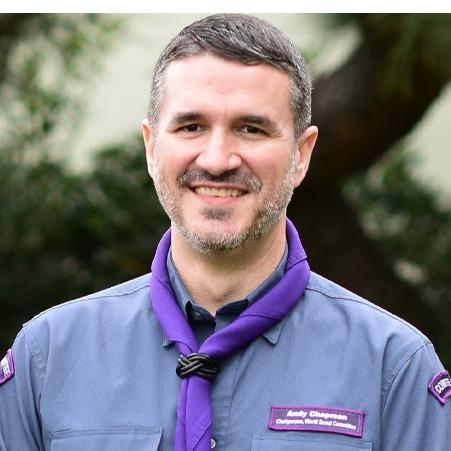
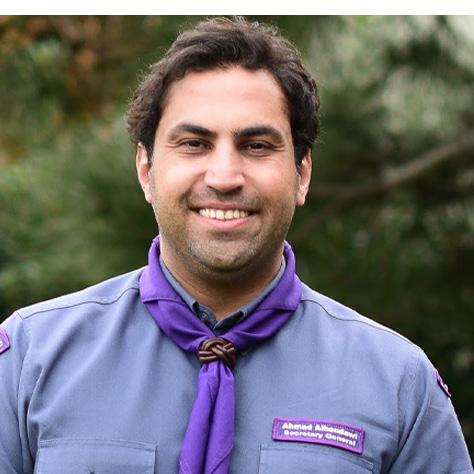
This final report of the triennium provides an overview of the progress, achievements and implementation of the World Triennial Plan 2021-2024. The work also signals the closing of the current Strategy for Scouting (Vision 2023), and celebrates all that we have accomplished over the past decade to be the world’s leading educational youth movement. Together, as 175 National Scout Organizations (NSOs) and 57 million Scouts around the world, we have shown incredible dedication, resilience, and leadership to grow our Movement and widen the impact of Scouting.
This report has been developed using a variety of information sources, including global census data, WOSM Services data, Global Support Assessment Tool (GSAT) data, surveys with NSOs on key topics, as well as two general surveys shared with NSOs in 2022 and 2024 during the mid-term and final evaluation periods for the triennium.
The results of this publication highlight the successful implementation of the World Triennial Plan objectives, and detail the achievements in key areas of work which were approved by the World Scout Committee and requested through the Resolutions of the 42nd World Scout Conference held virtually in 2021.
At the end of the triennium, 12 of the 25 key performance indicators that were measured for the midterm review were achieved, with 6 of these indicators almost achieved (more than 70%). Despite the lingering impacts of the COVID-19 pandemic, the final review of the key performance indicators suggests that we have made a good progress across WOSM’s six strategic priorities, as well as the key areas of work for this triennium outlined throughout the report.
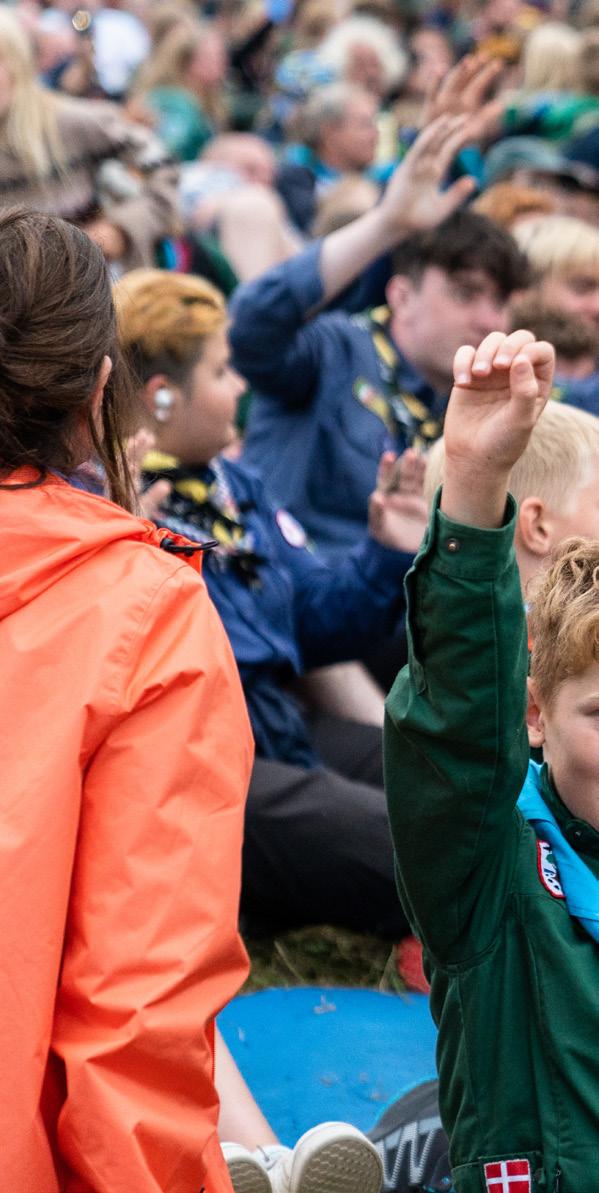
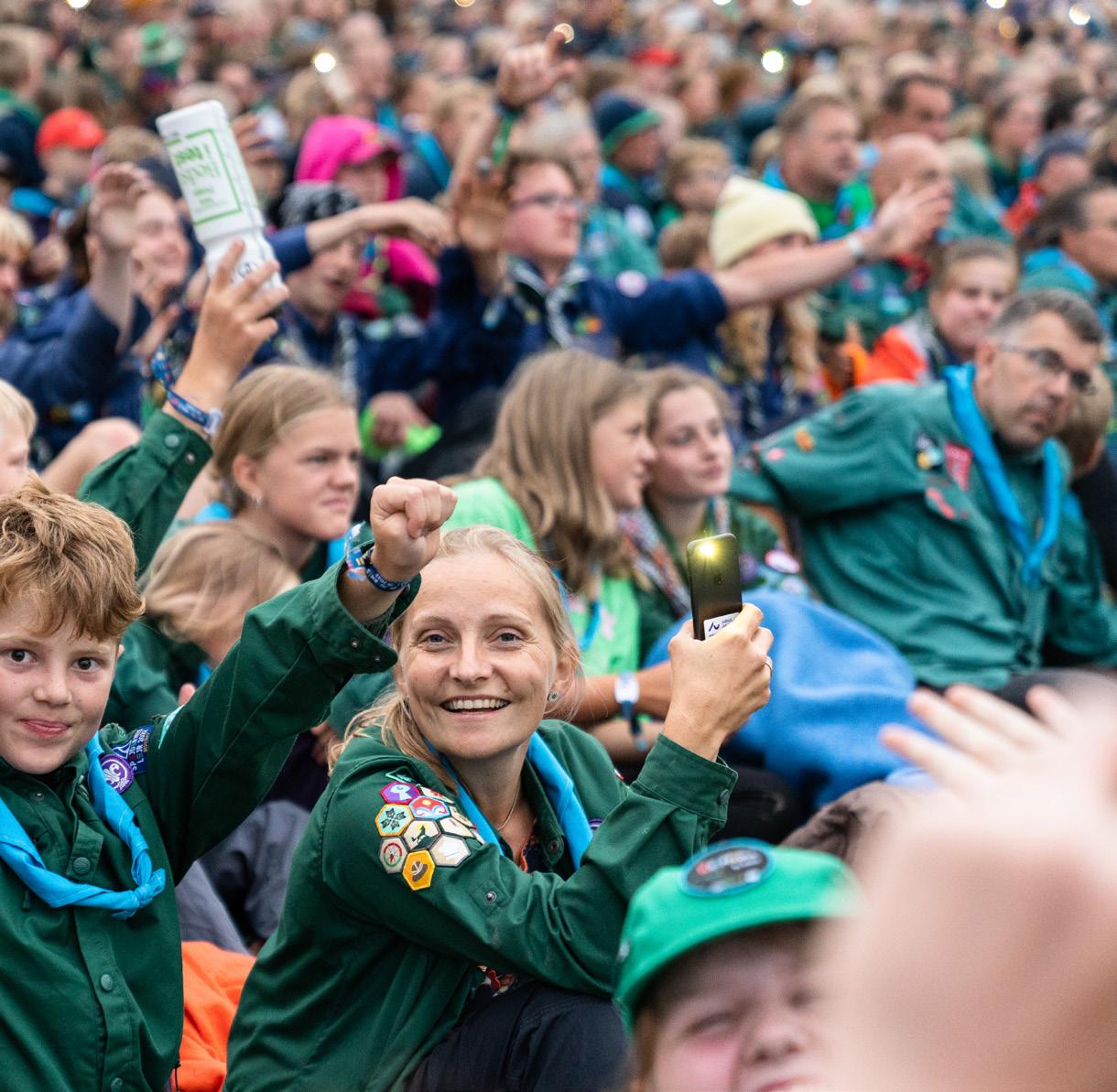
During the triennium, our efforts focused on supporting NSOs to recover from the COVID-19 pandemic and strengthen their financial resilience. We developed resources and trained consultants in Good Governance, and offered capacity-strengthening opportunities to improve the financial management and resilience of Member Organizations. In the area of Educational Methods, we worked to support NSOs to modernise their Youth Programmes and implement World Scouting’s educational initiatives under the banner of Scouts for SDGs as a way for Member Organizations to expand their educational offering to young people.
By the end of the triennium, we saw a full membership recovery from the impacts of the COVID-19 pandemic across all Regions. We also welcomed four new Member Organizations to the Scout Movement, including the Antigua and Barbuda Scout Association (173rd member), Scoutisme Congolaise (174th member), Association des Scouts et Guides du Mali (175th member), and got ready to welcome Scouts of Albania as the 176th member.
Child and youth safeguarding remained a top priority for us and we accelerated this area of work to provide a safe and inclusive environment for everyone involved in Scouting. We developed new assessment tools and annual reporting mechanisms to ensure that every NSO is able to meet the new Safe from Harm requirements for WOSM membership. The triennium concluded with the development of an annex to the World Safe from Harm Policy, ratified by the World Scout Committee which aims to connect the policy with the newly established mechanisms for Safe from Harm compliance.
Another major priority has been to support NSOs to implement Safe from Harm policies, programmes and good practices. We developed a Self-Assessment Tool and framework to support NSOs to implement the World Safe from Harm Policy, and meet the Safe from Harm requirements for membership outlined in the WOSM Constitution. We also developed a mechanism to monitor the World Safe from Harm Policy’s implementation among NSOs, building on the success and structure of GSAT and now integrated into the annual reporting process.
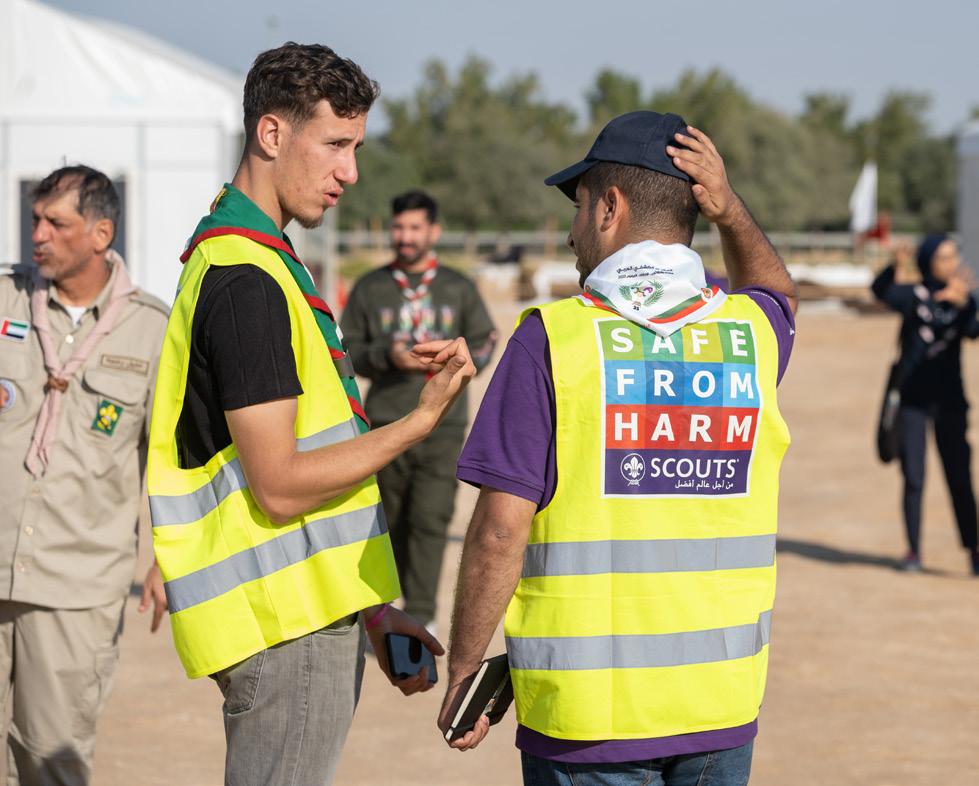
Significant efforts have been made to enhance youth engagement in decision-making at all levels of Scouting. The Task Force on Youth Engagement focused on identifying institutional, structural, and cultural barriers to meaningful youth participation, as well as exploring opportunities to overcome these barriers following the updated Youth Engagement Strategy objectives approved by the 2021 World Scout Conference.
The Task Force also proposed measures to further strengthen the representation and participation of young people in the World Scout Committee for the upcoming triennium, while developing alternative measures to enhance youth engagement in decisionmaking following the discontinuation of the World Youth Advisor System as of the 2024-2027 triennium.
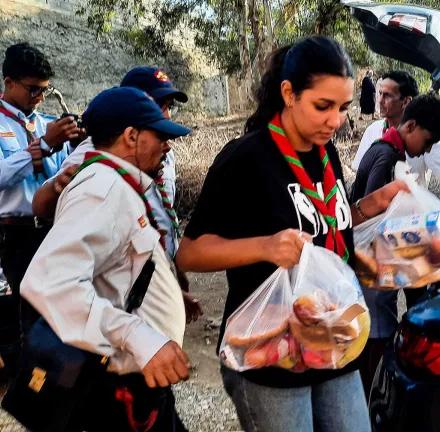
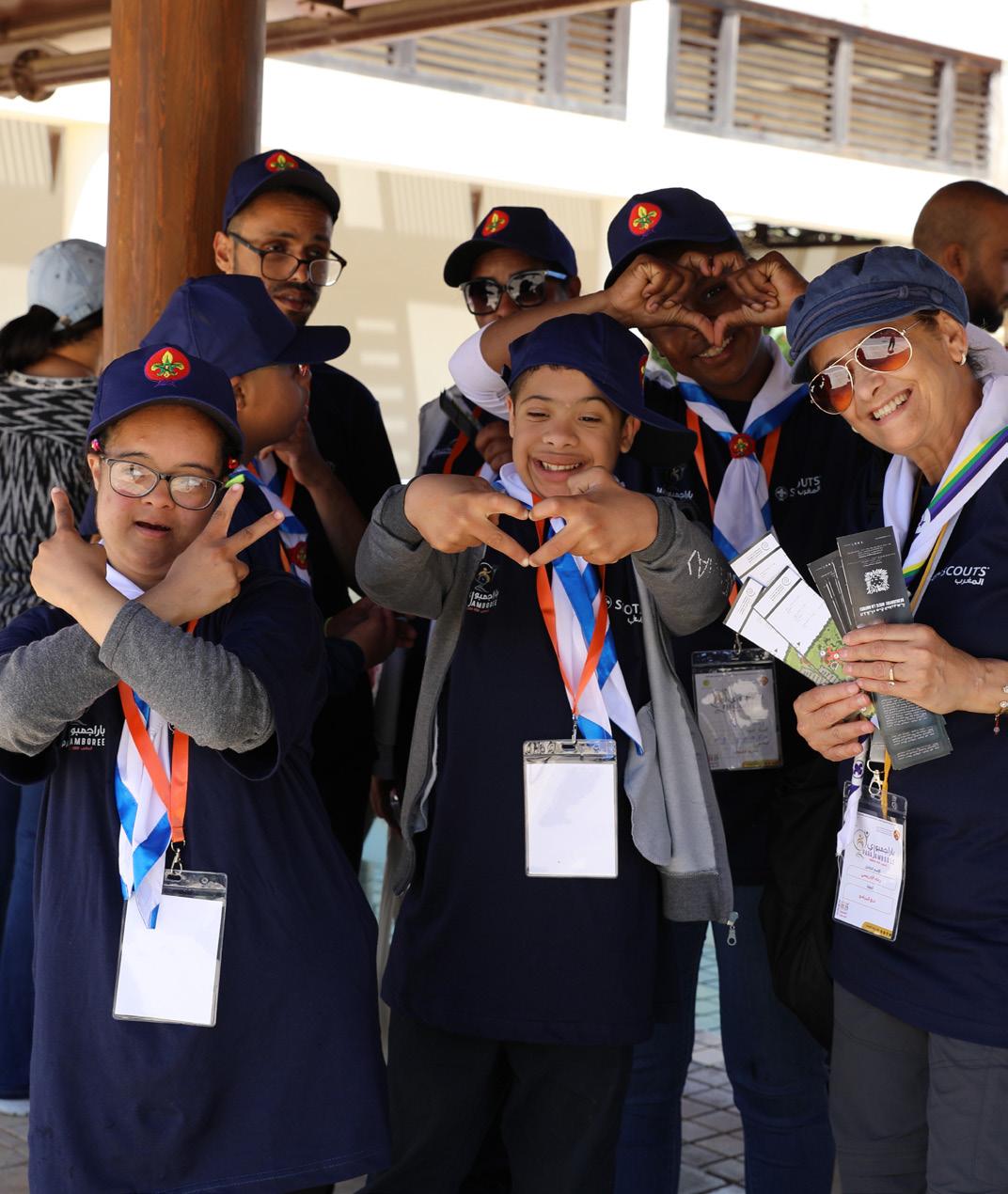
World Scouting has also been actively working to promote diversity, inclusion, and gender equality across the Scout Movement. One of the key outcomes of this process is the development of the diversity and inclusion data report to provide a platform for Member Organizations to contribute to our collective understanding of our Movement’s demographics and levels of diversity and inclusion.
Various initiatives have been implemented to streamline diversity and inclusion into our work, including global campaigns during international days of action, and incorporating these topics into sessions during World and Regional Scout events including the World Scout Education Congress where participants from NSOs and partners took part in the discussion and shared good practices for actively reaching out to and including communities that are underrepresented in Scouting.
We strengthened connections with partners with the Big Six Youth Organizations, Alwaleed Philanthropies, FAO, KAICIID, UNICEF, UN Environment, World Health Organization and WWF. We also established new relationships and built our partner network over the past three years with the European Commission, Ethereum Foundation, Foundation for Environmental Education, and the Learning Economy Foundation to increase the visibility of Scouting and unlock new funding opportunities for the Movement.
Since the beginning of the triennium, Scouts have been actively engaged in advocating for important causes, and establishing new partnerships to support the implementation of the World Triennial Plan. Our network of Youth Representatives continued to lead our advocacy efforts and initiatives, including participation in three UN Climate Change Conferences (COP)
Another key focus for us this triennium was to empower young people and volunteers to be environmental leaders in the fight against climate change. During this triennium, we made significant progress to deliver on the 2021 World Scout Conference Resolution on environmental sustainability. In response to the resolution, the World Scout Committee focused on the development of a climate impact strategy to significantly strengthen environmental sustainability practices towards achieving climate neutrality of World Scouting’s operations by the 46th World Scout Conference in 2033.
in Glasgow, Sharm-el-Sheikh, and Dubai as well as ensuring strong representation at the UN General Assembly each year. This work is actively contributing towards shaping the outcomes of the Transforming Education and SDG Summits. We also advanced an agenda for health advocacy with Scouts elected to the World Health Organization Youth Council and Civil Society Commission.
World Scouting also provided funding through the World Scout Foundation and other funding streams including Messengers of Peace, Scouts for SDGs, Ticket to Life, Global Youth Mobilization, and UN Environment, offering financial support to NSOs to strengthen their capacity, enhance programme implementation, and amplify the impact of Scouting worldwide. A total of USD 5.4 million was granted to 90 NSOs throughout the triennium.
We also continued to advance our environmental work by further implementing the Earth Tribe initiative among NSOs, engaging young people in the Earth Hour campaign together with WWF, and supporting Scout Centres of Excellence for Nature, Environment and Sustainability (SCENES) to strengthen environment education at the national level. We also worked on enhancing the sustainability of World Scout events by developing guidelines on sustainability, and strengthening this criteria in the updated version of GSAT by introducing two new measurements on sustainability.
WOSM Services has continued to transform the way we operate as a global Movement by providing innovative capacity strengthening services and support to our membership of 175 NSOs across 13 service areas. In total, we have delivered 456 services since the start of the triennium reaching nearly 86% of NSOs.
A new Social Impact service was also launched with an aim to provide NSOs with the tools and resources to measure the impact of Scouting on the personal development of young people. These resources include a toolkit for measuring social impact, an e-learning module, good practices, and a global pool of trained volunteer consultants supporting NSOs on impact measurement.
We also launched “Treehouse” as our online members community, bringing together internal news, circulars and key events all together into one digital platform for NSO leadership to easily access membership information.
During this triennium, we made significant efforts to provide support to NSOs in the area of Good Governance and improve decisionmaking processes within World Scouting. A new Learning Zone library and system to gather data about the use and quality of Scouting resources has enabled a data-driven approach to developing more impactful support to NSOs. Finally, we supported decision-making in World Scouting by conducting induction sessions with members of the World and Regional Scout Committees to support their governance, enhance working methods, and align on strategic priorities.
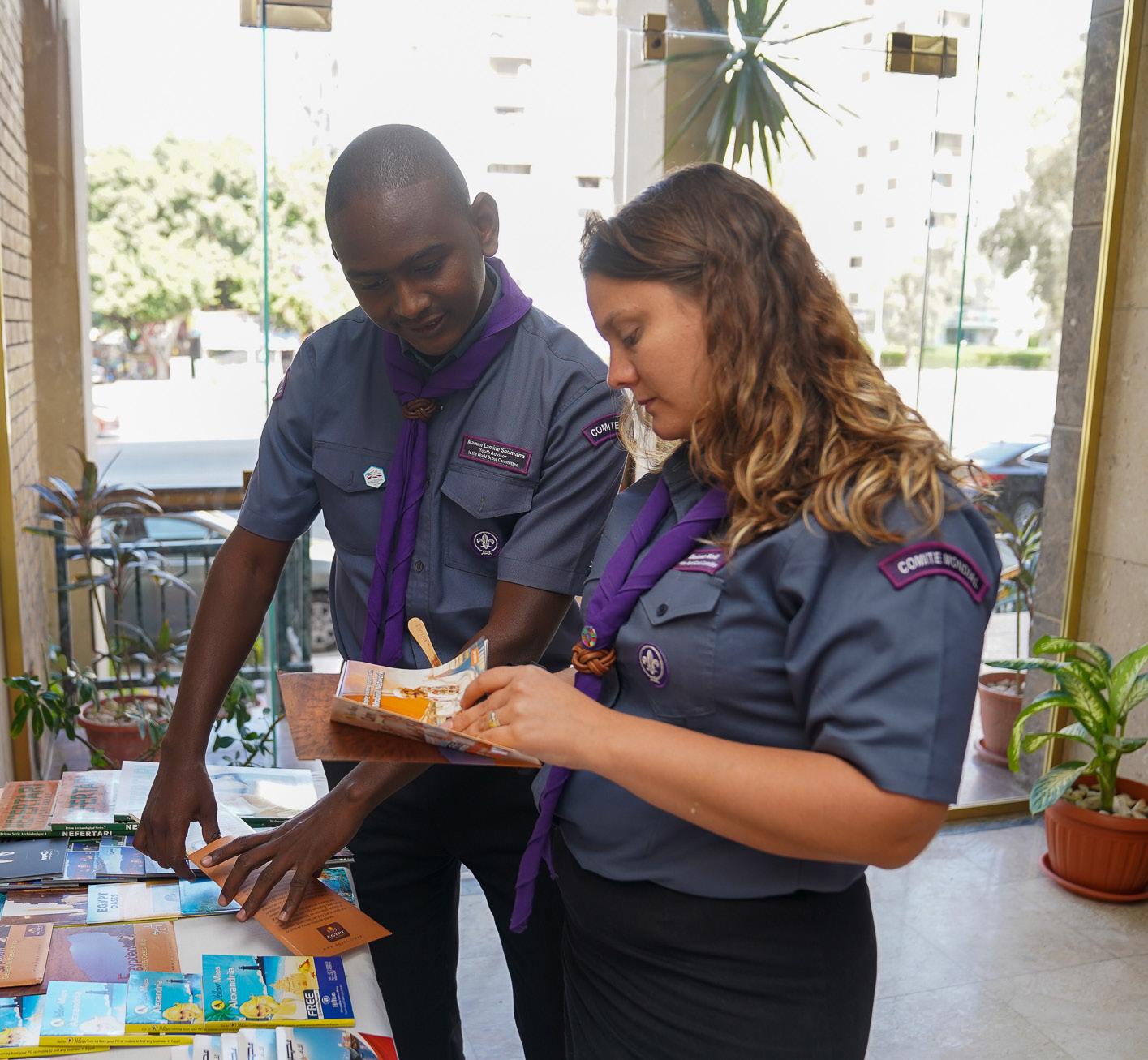
To adhere to international best practices in Good Governance, World Scouting became a member of Accountably Now, which involves undertaking external reviews to assess transparency, accountability, and governance practices. We focused our efforts on strengthening the capacity of NSO by reviewing and upgrading our tools for GSAT and Safe from Harm with improved criteria to meet the standards for quality Scouting. We also developed tools to support membership growth and management, trained additional WOSM Consultants and Assessors to offer more targeted support to Member Organizations, and improved access to WOSM Services with a new dedicated area on Treehouse.
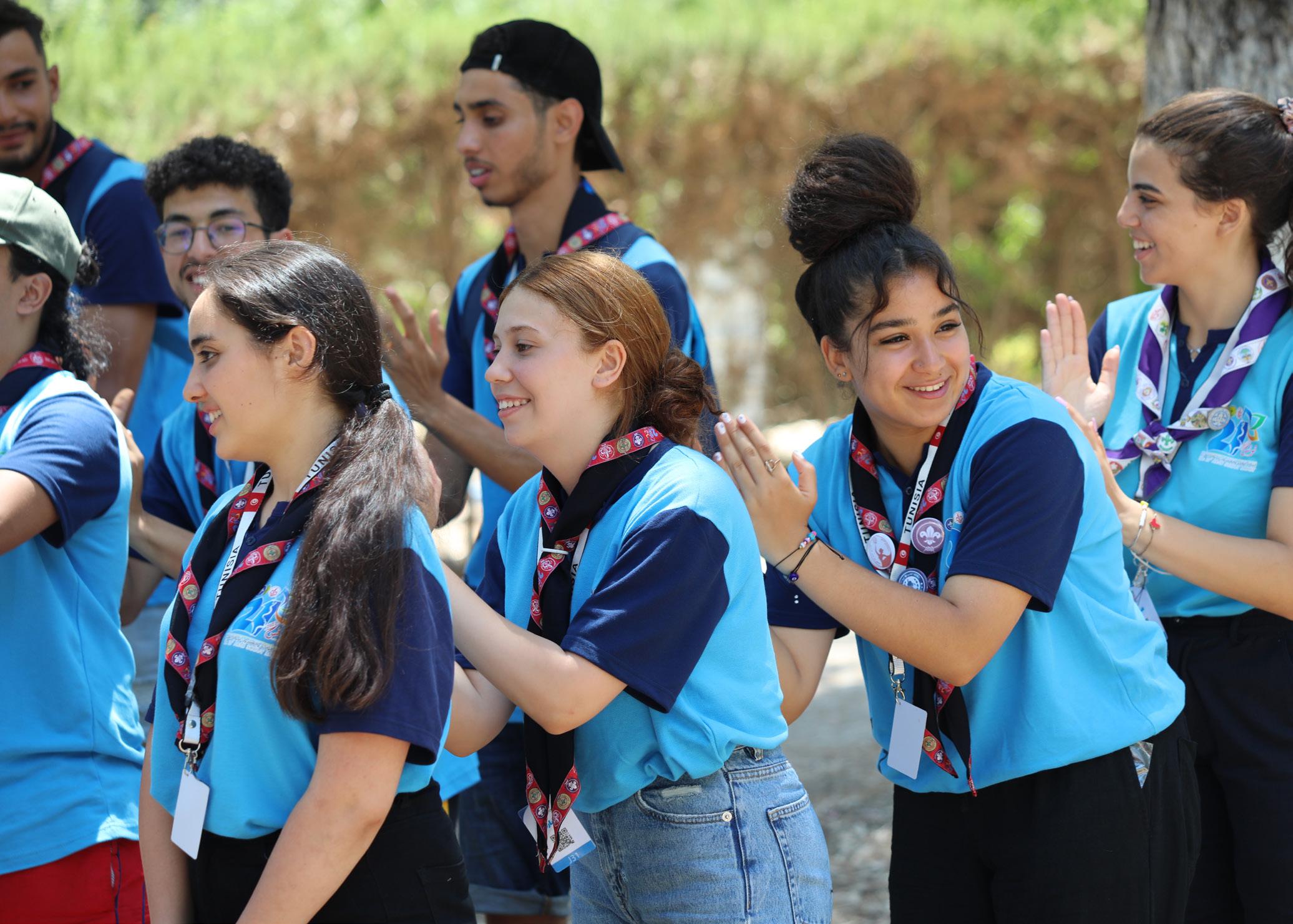
In 2014, we developed a set of 16 meta indicators in four groups (influence, growth, impact, and unity) to track the progress towards achieving the Strategy for Scouting, also known as Vision 2023. The latest assessment of the Vision 2023 meta indicators suggests we have made good progress having achieved 12 of the indicators.
With the current Strategy for Scouting coming to an end at the 43rd World Scout Conference, the World Scout Committee tasked a Strategy Group to facilitate a participatory process involving NSOs, young people and other key stakeholders to develop a new Strategy for Scouting. We conducted extensive research
on youth and societal trends for the future, and analysed the current state of the Scout Movement, as well as the impact of Vision 2023. These wide-ranging consultations through inperson events and online engagements enabled the development of a new Strategy for Scouting proposal to be adopted at the 43rd World Scout Conference.
Overall, this report highlights that we achieved a majority of the objectives set out in the World Triennial Plan, and provided strong services and support to Member Organizations around the world, while advancing the priorities and realising the ambitions of the current Strategy for Scouting.
The World Scout Committee tracked the progress towards achieving the Strategy for Scouting - Vision 2023 by monitoring a set of 16 meta indicators that provided an overarching, impact-oriented perspective on the implementation of the Strategy for Scouting - Vision 2023. The meta-indicators were developed from the four themes of the Vision statement: influence, growth, impact, and unity - and are measured twice in each triennium.
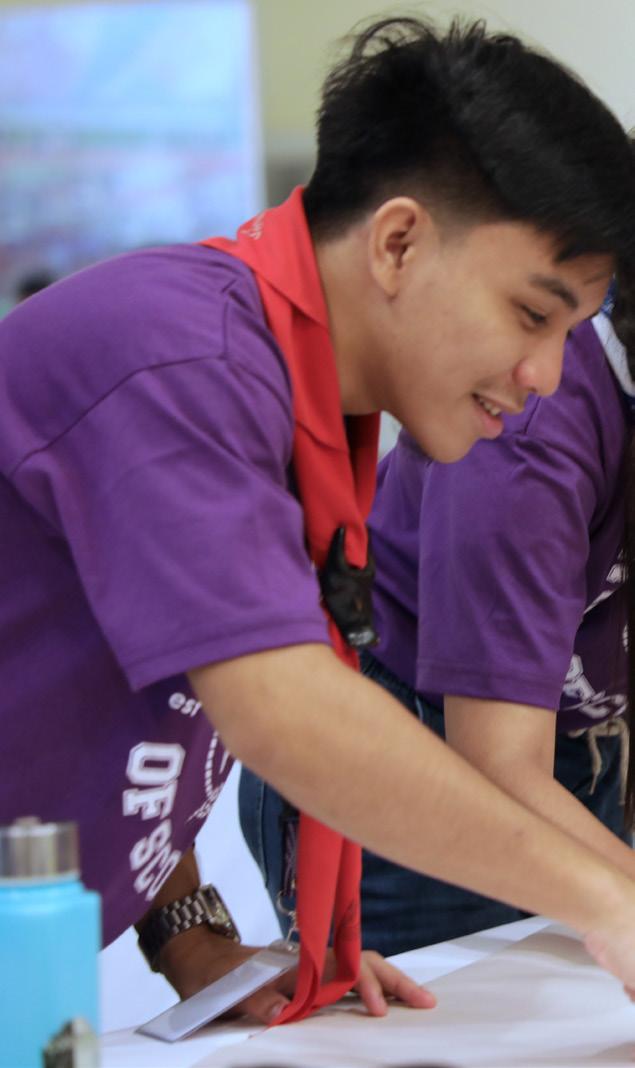
Achieved (100%)
Almost achieved (Over 70%)
Partially achieved (30- 70%)
Not achieved (less than 30%)
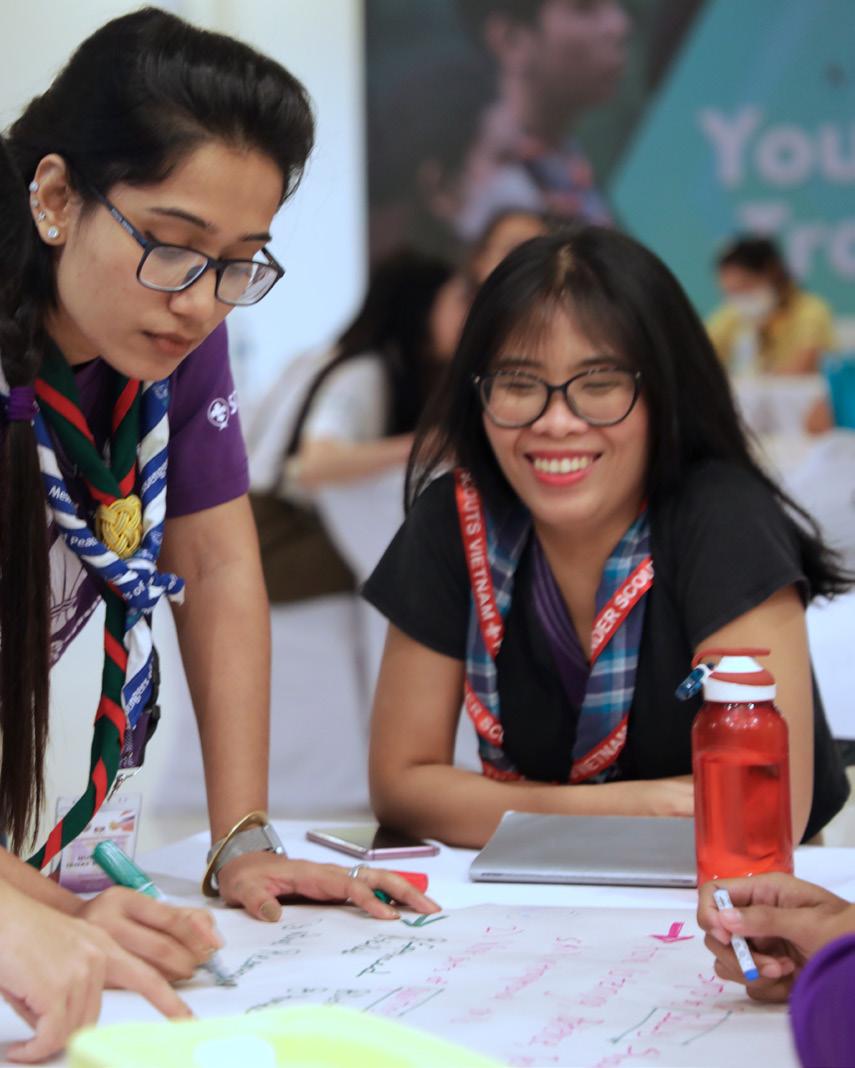
META INDICATOR
Delivered 50 World and Regional educational events that inspire NSOs to improve the quality and educational impact of their Youth Programmes.
META INDICATOR
Built on 15 global partnerships that advance WOSM’s mission.
META INDICATOR
Been considered by decision makers as a key contributor in the development and implementation of education and youth policy in 20% of NSOs.
META INDICATOR
Trained and supported 15 young representatives every triennium to take action and help promote WOSM to key stakeholders on a global level.

META INDICATOR
Increased global market share by 2%
META INDICATOR
Supported 30% of all NSOs, following GSAT, in developing and implementing sustainable development plans.
META INDICATOR
Supported 20% NSOs in diversifying their membership by reaching out and engaging with communities where Scouting has not existed before.
Welcomed 15 new Member Organizations.
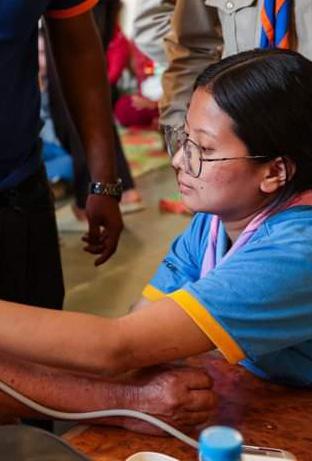
META INDICATOR
Measured the social impact in 50 NSOs, either independently or with WOSM’s direct support.
META INDICATOR
Revived community service in 20% of NSOs where it was previously not a priority.
META INDICATOR
Measured globally the difference of personal development (skills, knowledge, attitudes, behaviours and values) between Scouts and non-Scouts.
INDICATOR
Raised USD 1 million from new funding sources to support community development projects.
META INDICATOR
Confirmed that 100% of NSOs consider WOSM as a united Movement based on shared values.
META INDICATOR
Ensured 30% of NSOs add elements of peace education and intercultural understanding in their Youth Programmes (where previously non-existing).
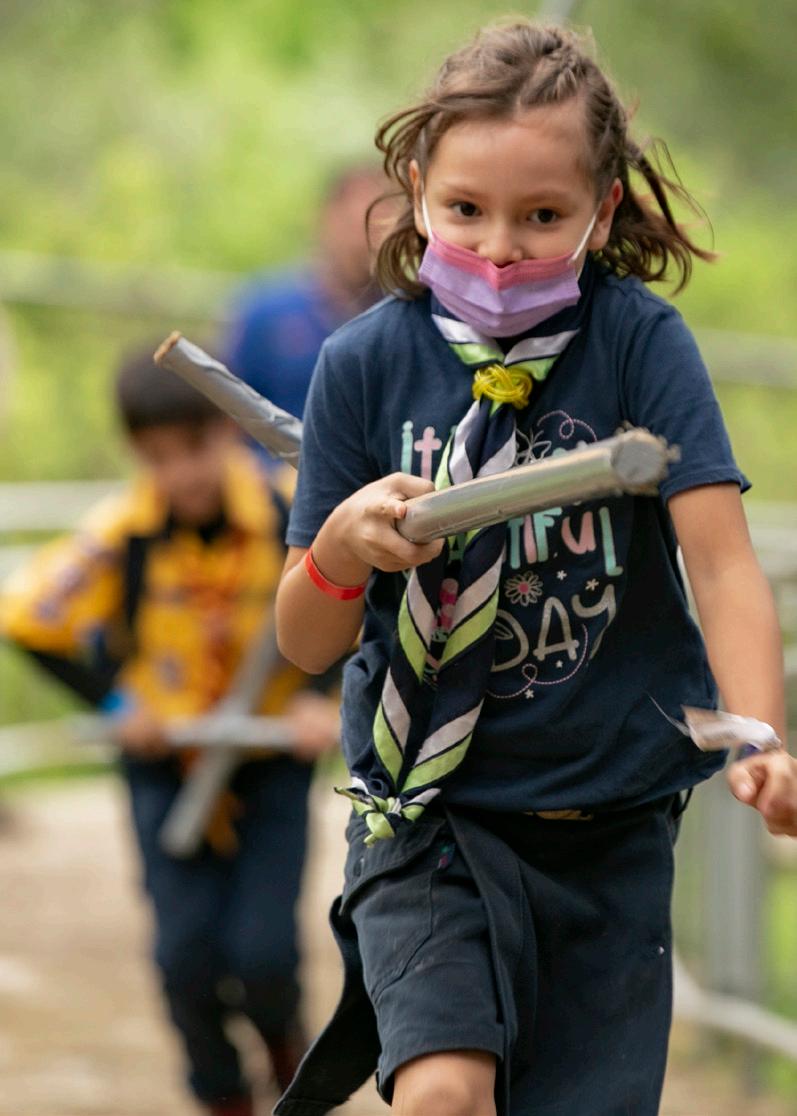
172 NSOs
152 NSOs (88%) ALMOST ACHIEVED
52 NSOs
NSOs ACHIEVED
META INDICATOR
Engaged individuals from at least five regions, ensured increased gender balance, and counted at least 40% young people below the age of 30 in all global working groups.
Index score more than 76.3%*
Index score: 74% ALMOST ACHIEVED
* Index score calculated against 3 variables (regional representation, gender balance, young people below 30) addressed in this meta indicator.

META INDICATOR
50% of NSOs involved in inter-regional initiatives.
META INDICATOR
86 NSOs
80 NSOs ALMOST ACHIEVED
STATUS
135 NSOs ACHIEVED Inspired 70% of NSOs to reference Vision 2023 when developing national strategies.
121 NSOs

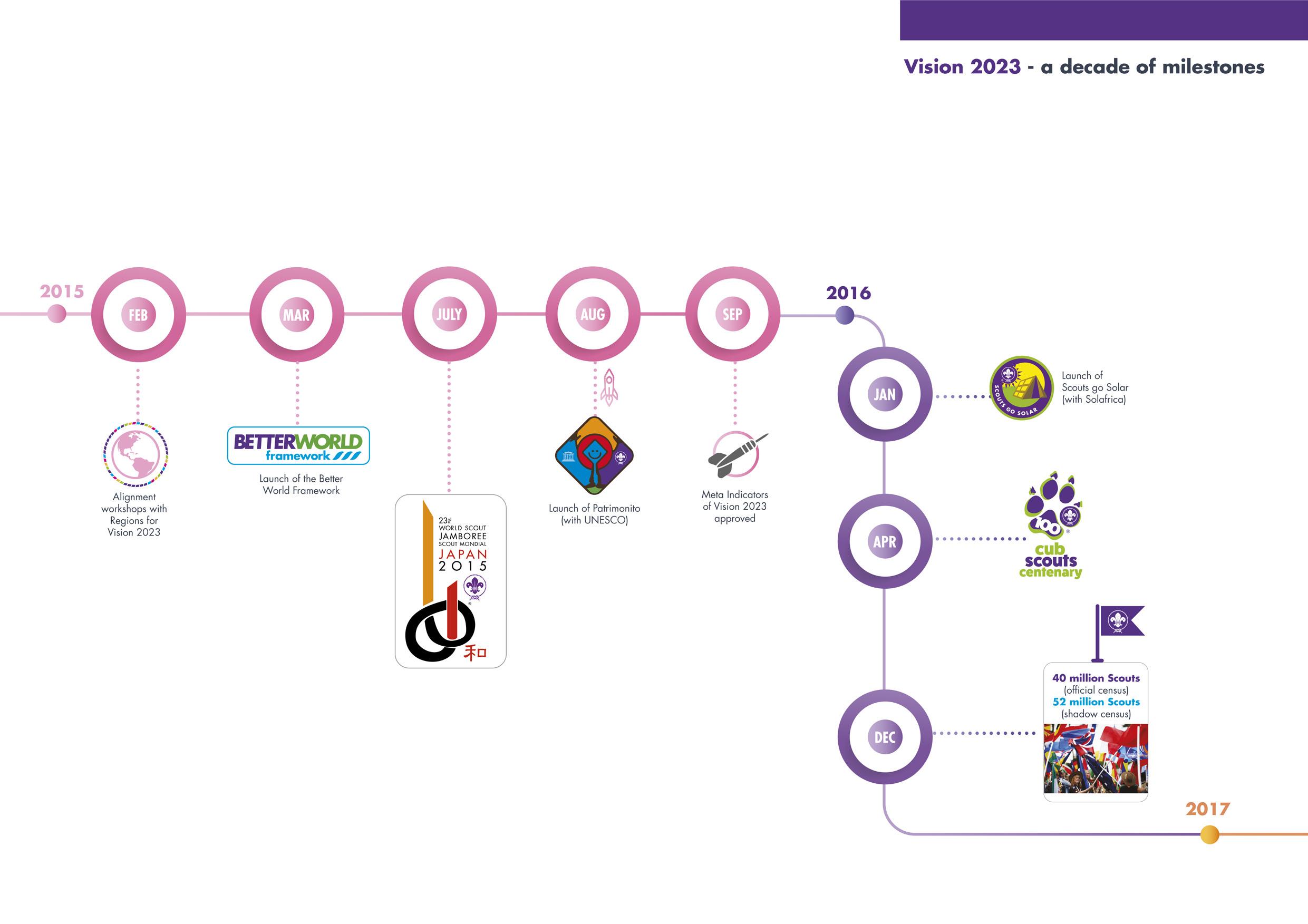
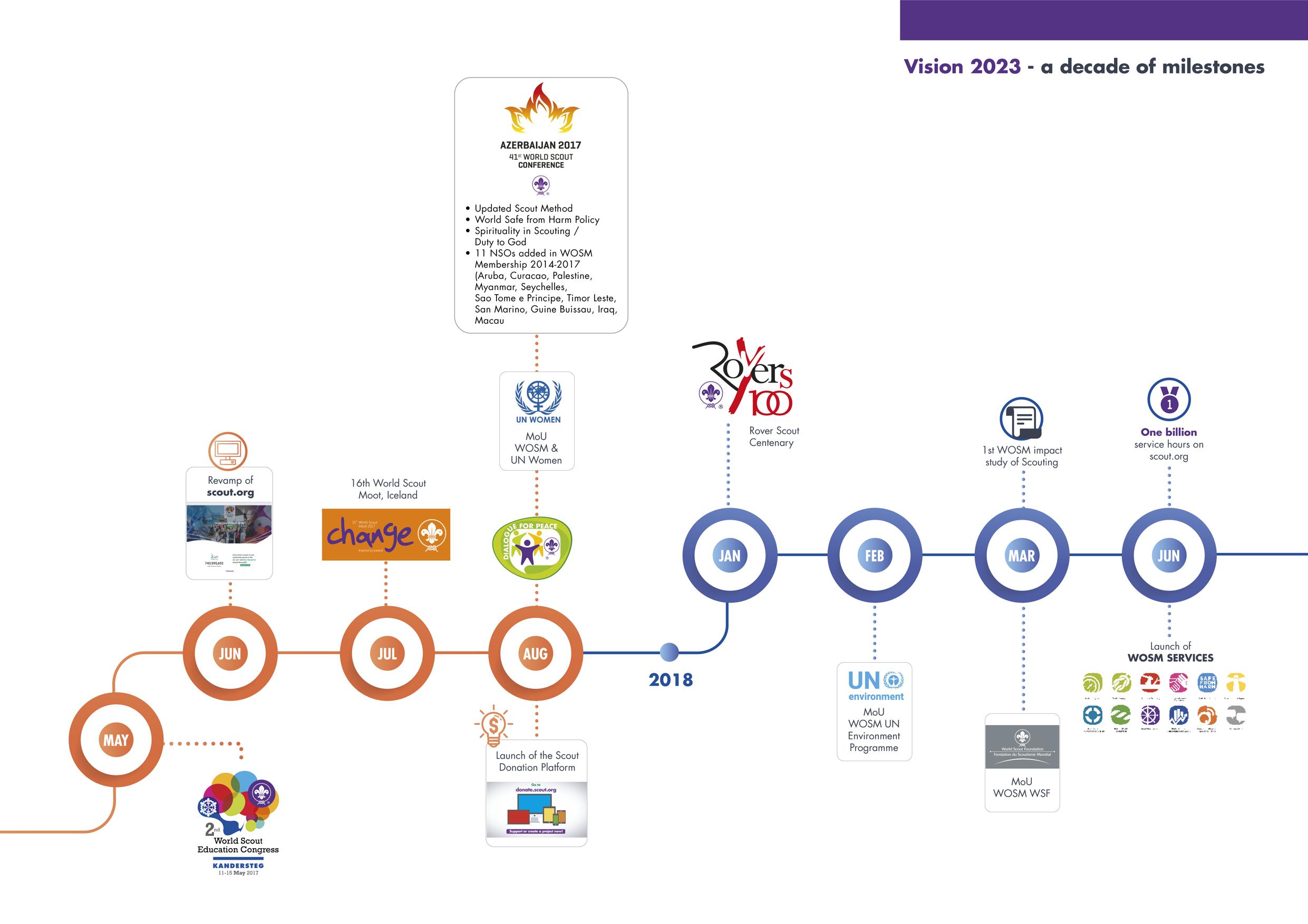
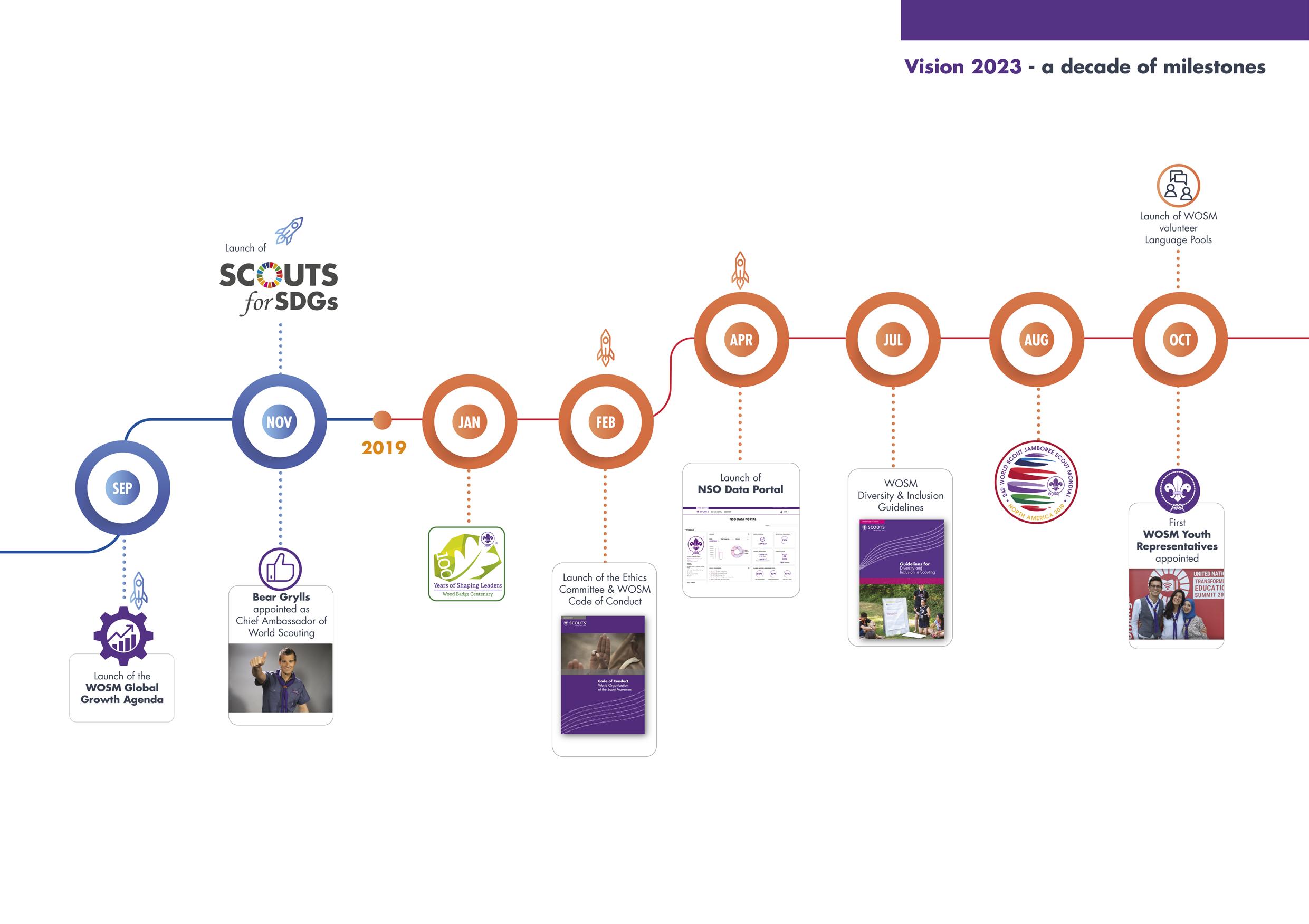

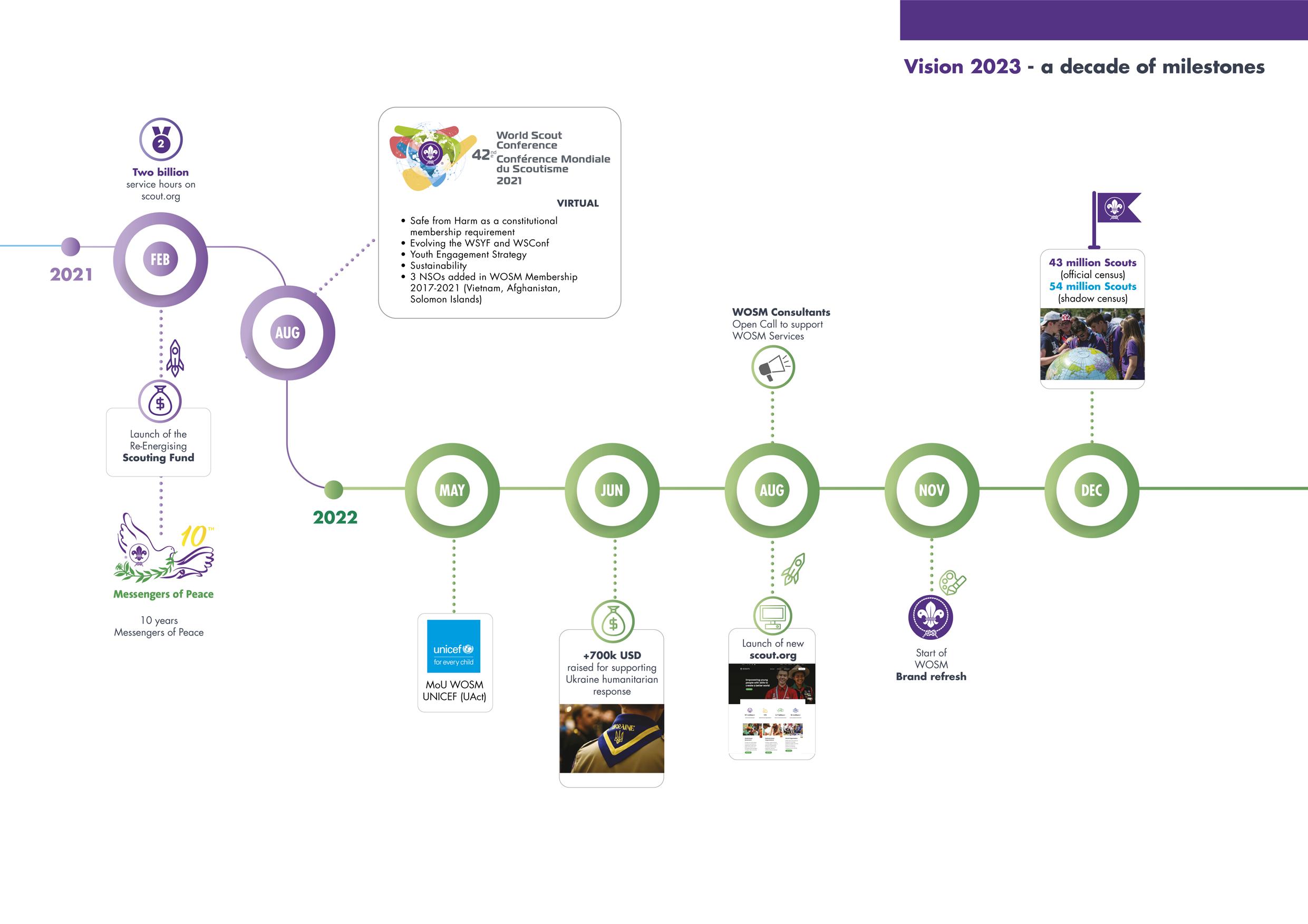
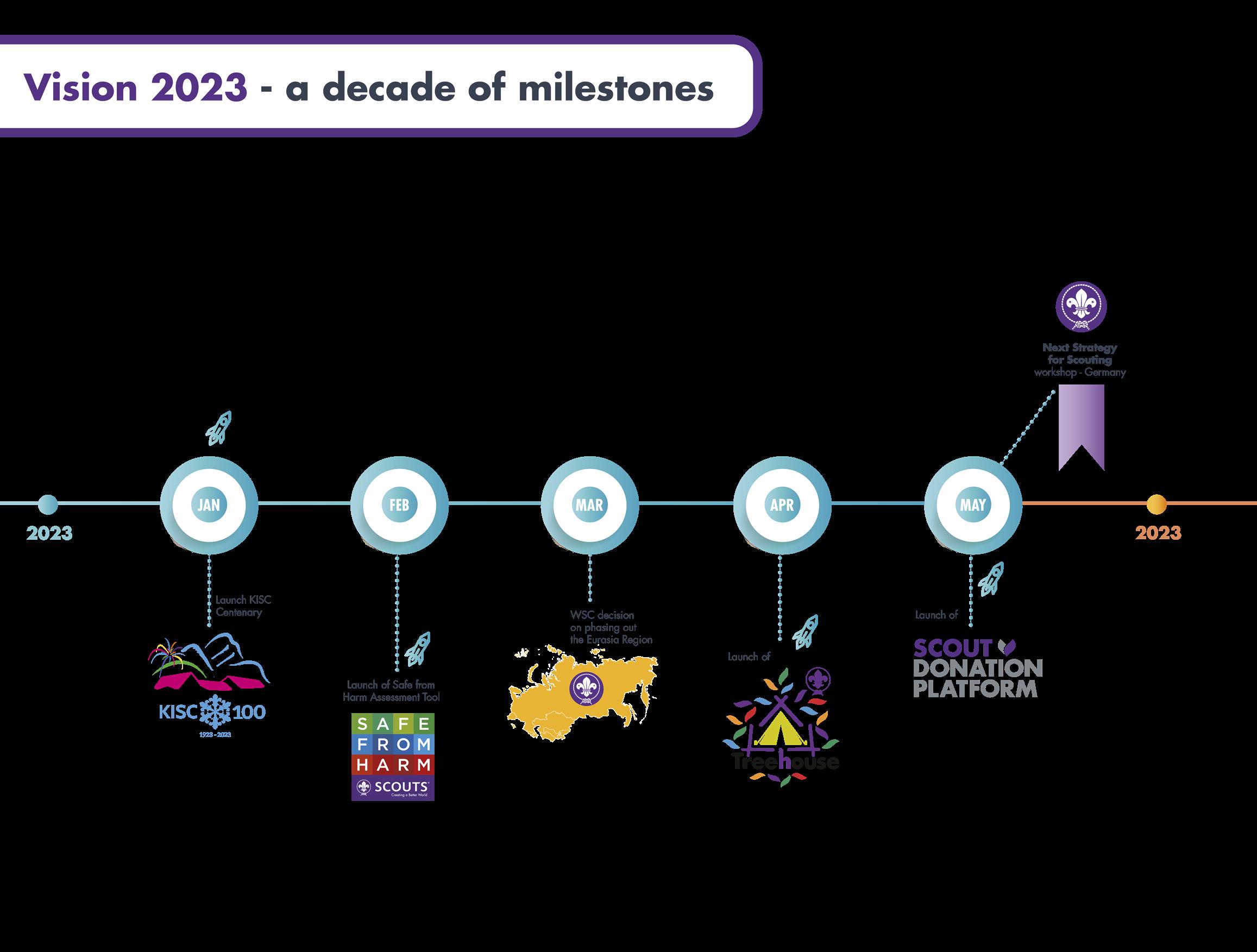

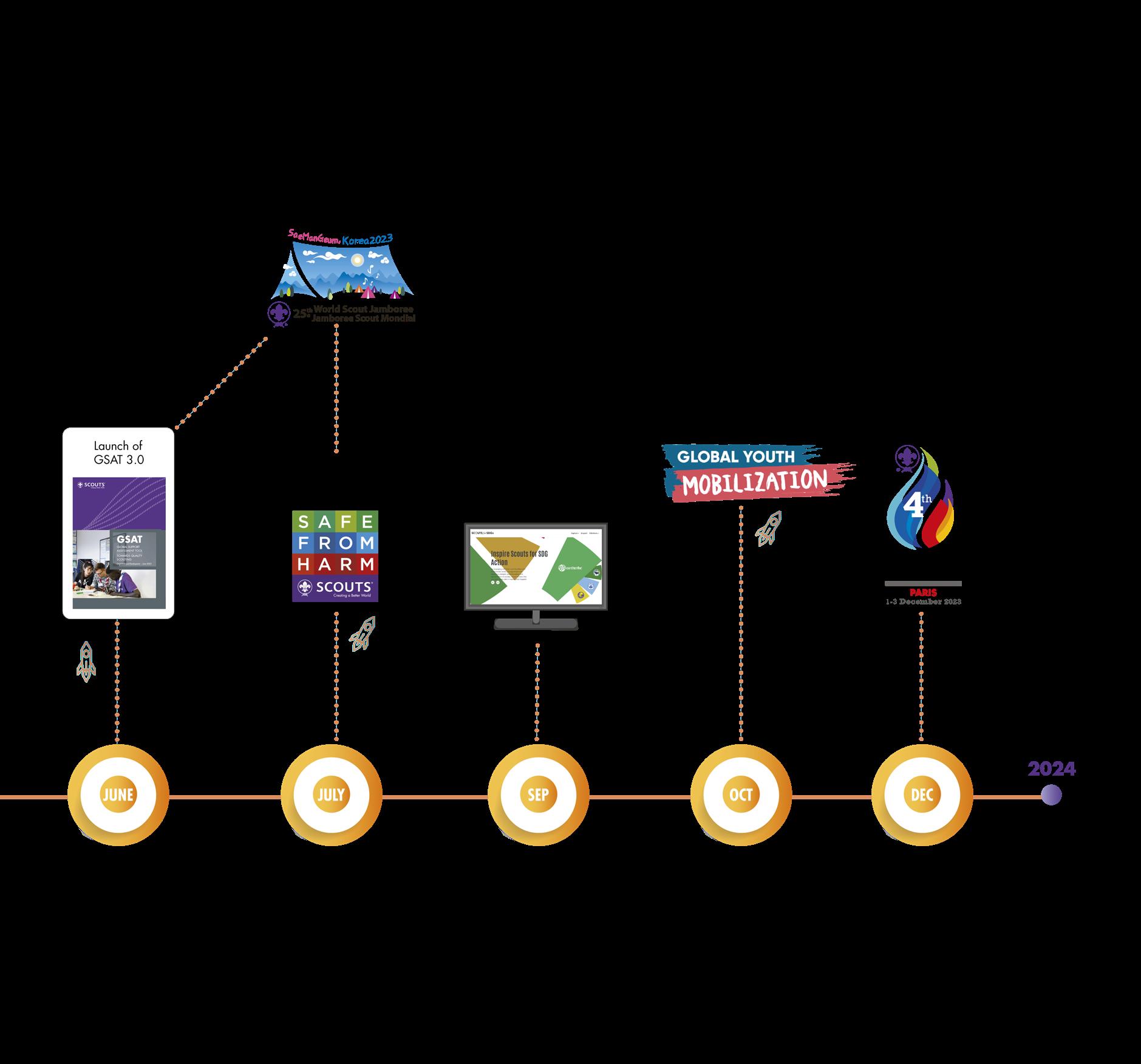
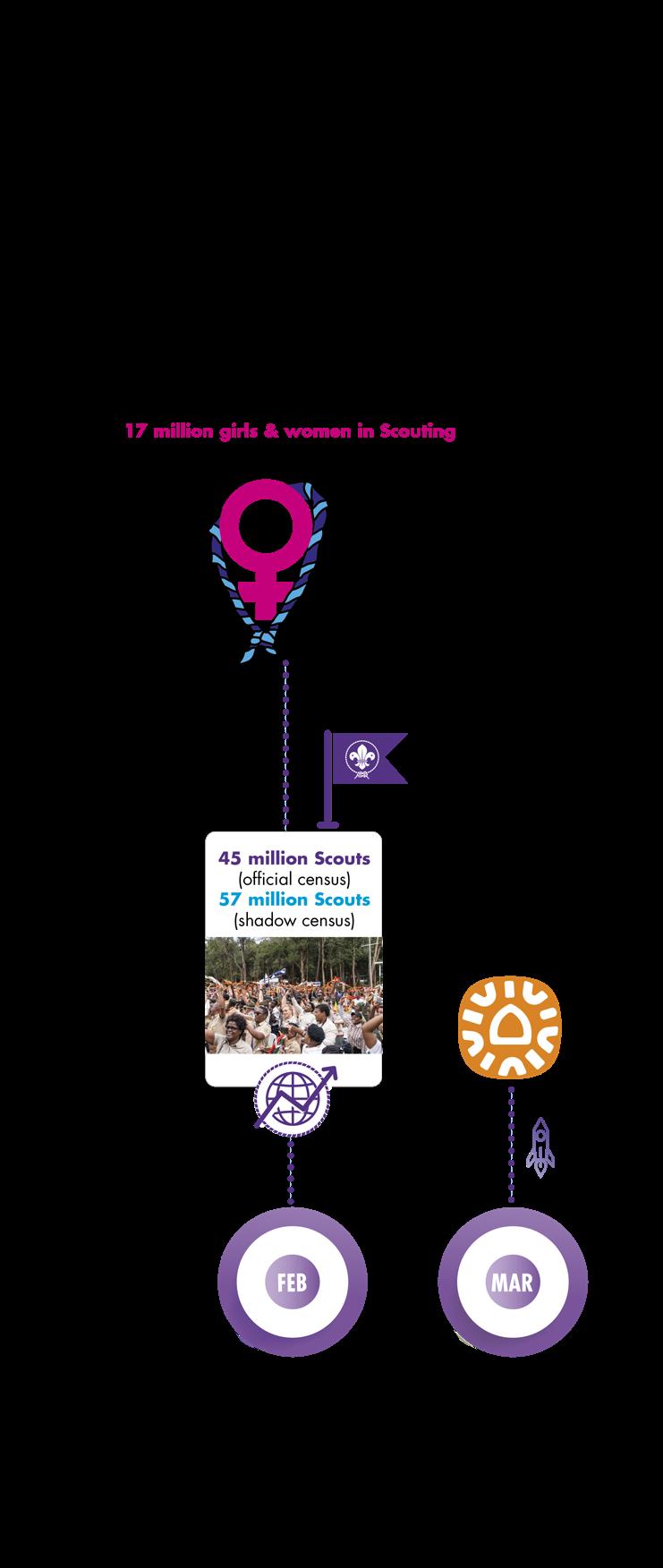
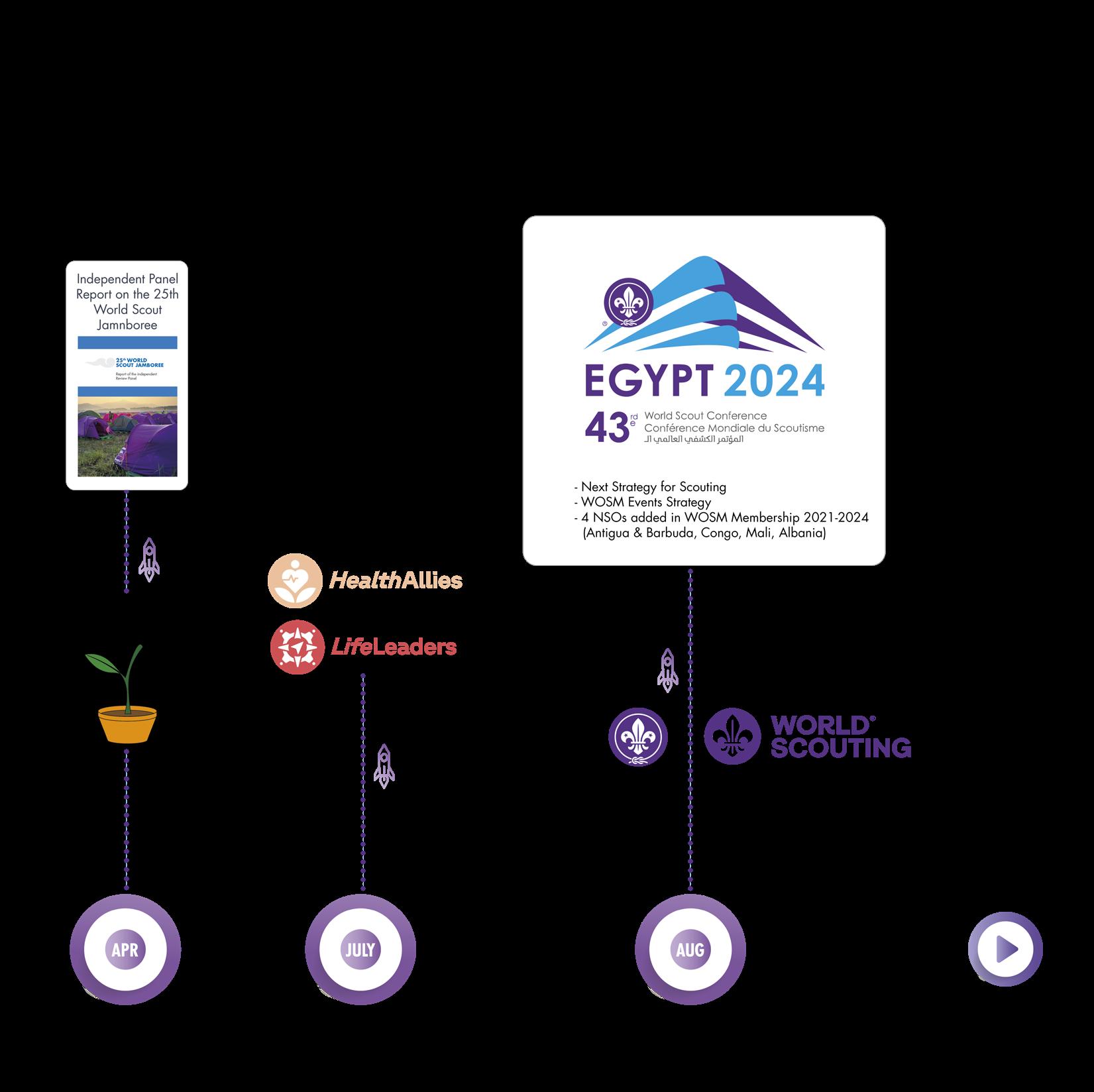
World Scouting develops a new strategy roughly every nine years, to reflect new trends and respond to new opportunities and challenges for the Scout Movement. The current strategy, known as “Vision 2023”, concludes at the upcoming World Scout Conference. Work began in mid-2022 on developing the next Strategy for Scouting.
This forward-looking roadmap will enable us to bring Scouting to more young people and reach more communities by building on past successes and setting bold new goals that will drive Scouting forward for the next decade, clearly positioning it in the world, ensuring its continued relevance and impact for millions of young people worldwide.
The strategy will define the long-term ambitions and direction for the Scout Movement, outlining
key focus areas for Scouting to remain relevant, enhance impact, and foster growth. Adopting a collaborative approach to developing the strategy has helped ensure its relevance to the Scout Movement and a collective commitment to implementing it successfully. This collaborative process involved Member Organizations at all levels from young Scouts to leadership, WOSM volunteers, community members, and partners.
September to December 2022
Data gathered from focus groups and academic papers on new trends, needs, and challenges facing young people and society, laying a solid foundation on which to build the next vision and Strategy for Scouting.
January to June 2023
A first draft of the strategy was developed following further discussion and a priontisation workshop with stakeholder groups, including representatives from Member Organizations.
July to December 2023
Stakeholders were given the opportunity to provide feedback on the draft strategy and resource assessments were conduced on the feasibility of implementation.
January to August 2024 APPROVAL
The draft strategy was fine tuned and will be presented for approval at the World Scout Conference in August 2024.
September 2024 onwards IMPLEMENTATION
World and Regional structures will work with and support Member Organizations to implement the strategy successfully across the Scout Movement.
The Strategy for Scouting is inspired by the mission statement of the World Organization of the Scout Movement. The mission statement remains unchanged.
Scouting’s mission is to contribute to the education of young people through a value system based on the Scout Promise and Law. Through Scouting, we are building a better world where people are self-fulfilled as individuals and play a constructive role in society.
Considering the mission of Scouting and following the development phases mentioned for designing the new Strategy for Scouting, a proposed strategic framework was created. This framework comprises the following elements, explanation and intended audience.
ELEMENTS
VISION STATEMENT
HOW DOES IT WORK?
Expresses the future we want to see.
THREE IMPACT STATEMENTS ELEMENTS
HOW DOES IT WORK?
Responds to the mega-trends and highlights the impact we want to create in the world.
WHO IS THE AUDIENCE?
Leadership of Member Organizations, Regional and World level volunteers, partners
WHO IS THE AUDIENCE?
Leadership of Member Organizations, Regional and World level volunteers, World Scout Bureau, partners
FOUR STRATEGIC PRIORITIES FOR THE SCOUT MOVEMENT ELEMENTS
THREE STRATEGIC PRIORITIES FOR SCOUT ORGANIZATIONS ELEMENTS
HOW DOES IT WORK?
Focuses on strengthening the delivery of our educational programmes.
HOW DOES IT WORK?
Focuses on strengthening our Member Organizations, regional and world structures.
WHO IS THE AUDIENCE?
Leadership of Member Organizations, Regional and World level volunteers, World Scout Bureau
WHO IS THE AUDIENCE?
Leadership of Member Organizations, Regional and World level volunteers, World Scout Bureau
Each of these elements of the Strategy for Scouting comprises a core statement outlining the key ideas and change we want to achieve over the next nine years.

To deliver on the ambitious objectives set out in the Triennial Plan, the World Scout Committee established an operational framework comprised of different working groups containing of World Scout Committee members, volunteers and World Scout Bureau (WSB) staff. The Triennial Plan was divided into four workstreams and two areas of work to be conducted by task forces, and a working group developing the next Strategy for Scouting. Each workstream implemented a number of projects to support the delivery of the Triennial Plan’s objectives.
Four workstreams (Educational Methods, World Events, Communication and Partnerships, and Good Governance) worked on projects to operationalise and deliver on the objectives of the Triennial Plan.
One workstream coordination group was tasked with coordinating and monitoring progress towards Vision 2023 and the objectives of the Triennial Plan.
Three units were established to support the workstreams in project management support, volunteer management support, and monitoring and evaluation.
Two task forces focused on youth engagement in decision-making and sustainability to deliver on specific strategic objectives.
A Strategy Group was tasked to coordinate the process to develop a new Strategy for Scouting to succeed “Vision 2023”
World Scout Committee working groups were formed on Eurasia and registration fees.
Six standing committees supported the governance responsibilities of the World Scout Committee: Steering Committee, Finance Committee, Audit Committee, Constitutions Committee, Ethics Committee, Honours and Awards Committee.
STANDING COMMITTEES
Steering Committee
Finance Committee
Audit Committee
Constitutions Committee
Ethics Committee
Honours & Awards Committee
Engagement Next Strategy for Scouting Sustainability
In addition to the operational framework structure, WOSM Services continued to provide tailored support to National Scout Organizations (NSOs) on request. The objectives of the Triennial Plan focused on providing support and strengthening the capacity of NSOs that are mainly delivered through WOSM Services. This created the flexibility and agility to support NSOs based on their reality and specific needs, leveraging the full capacity of the organisation through the World and Regional levels.
4
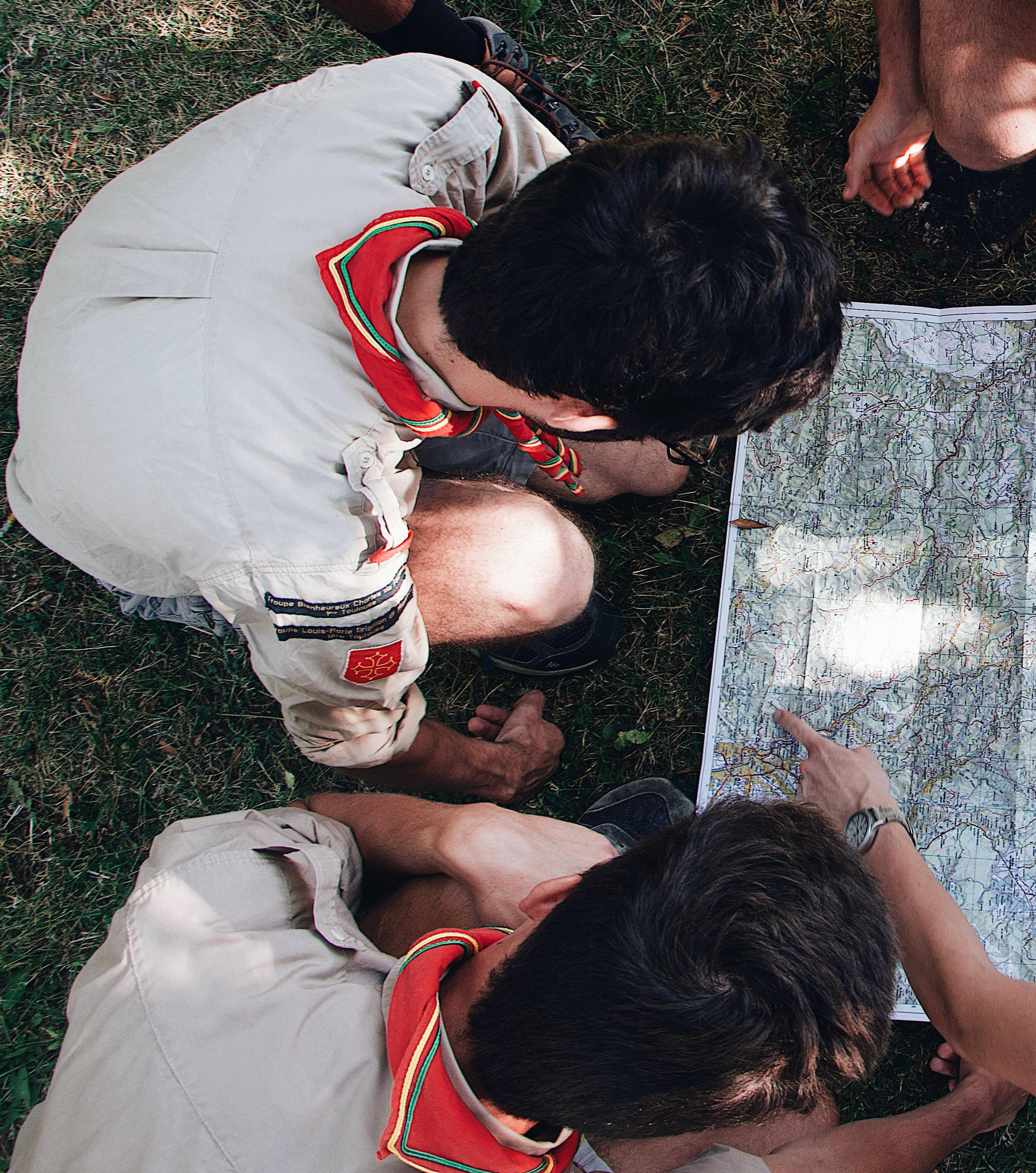
2 ,150,037
NEW MEMBER ORGANIZATIONS (ANTIGUA AND BARBUDA, CONGO, MALI) JOINED THE MOVEMENT THIS TRIENNIUM
NEW SCOUTS JOINED THE MOVEMENT THIS TRIENNIUM.
NEW SCOUTS JOINED THE MOVEMENT EVERY MINUTE 1.4
17 MILLION
WOMEN AND GIRLS IN THE MOVEMENT. THE HIGHEST IN HISTORY
REPRESENTS SCOUTING’S GLOBAL MARKET SHARE 3.29%
1.6 MILLION
FOLLOWERS ACROSS WORLD AND REGIONAL SOCIAL MEDIA CHANNELS
421
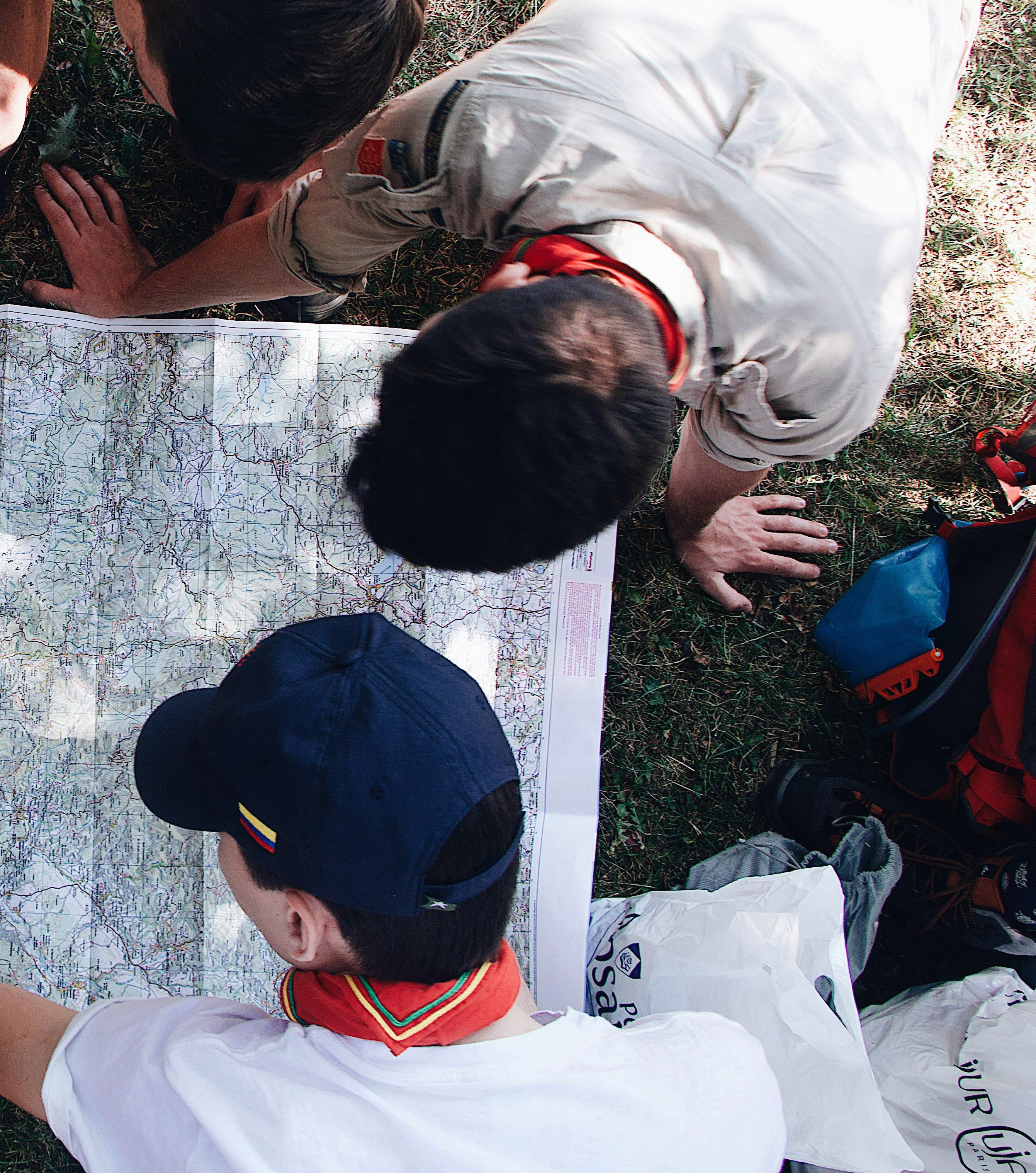
120
188
SPEAKING ENGAGEMENT AT GLOBAL EXTERNAL EVENTS
SERVICES WERE DELIVERED ACROSS 13 SUPPORT AREAS TO MORE THAN 125 NSOS.
NEW WOSM CONSULTANTS WERE TRAINED ACROSS ALL REGIONS TO SUPPORT NSOS.
OF WOSM’S MEMBERSHIP HAVE REQUESTED AND RECEIVED SERVICES 86%
233
13 MILLION
USD UNLOCKED IN ADDITIONAL FUNDING TO SUPPORT NSOS, IN COLLABORATION WITH THE WORLD SCOUT FOUNDATION
FUNDED PROJECTS DIRECTLY CONTRIBUTING TO THE FINANCIAL SUSTAINABILITY, GROWTH OF NSOS, AND SCOUTING INITIATIVES AT THE GRASSROOTS LEVELS
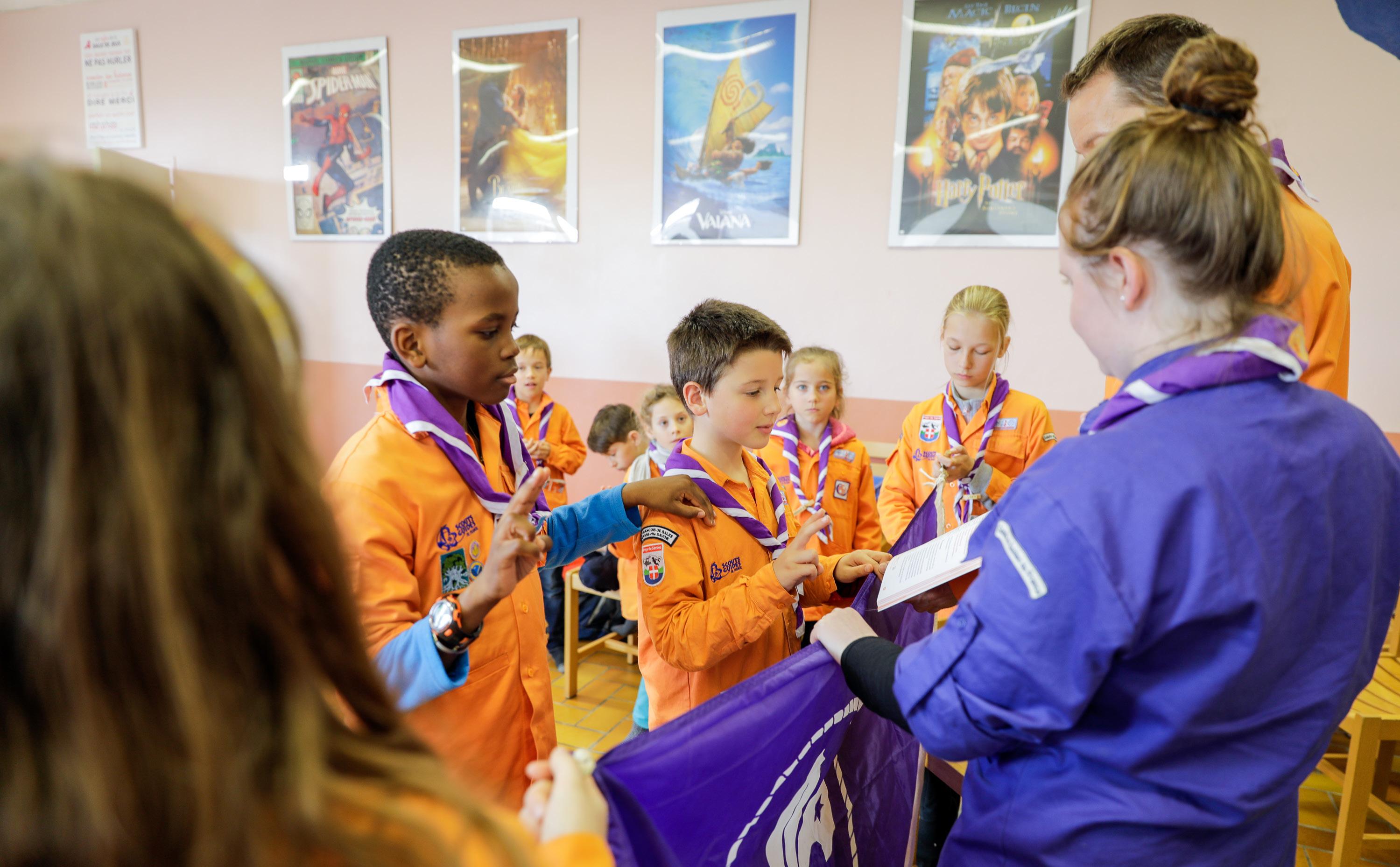
“Scouting is a movement for young people, supported by adults, not one managed by adults only.
In the Youth Leadership Project, we capitalise on young people’s agency in co-leading this Movement, not simply as beneficiaries of the educational programmes.
This project proposes strategies to develop Youth Leadership in Decision-Making through best practices and a training toolkit for Member Organizations.
By reviewing and strengthening our commitment to Youth Leadership, Scouting will continue to be the leading movement in building the capacity of young people in the Next Strategy for Scouting.”
David Yen-Cheng Lai Youth Leadership in Decision Making Project
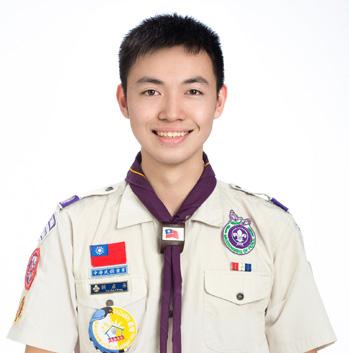
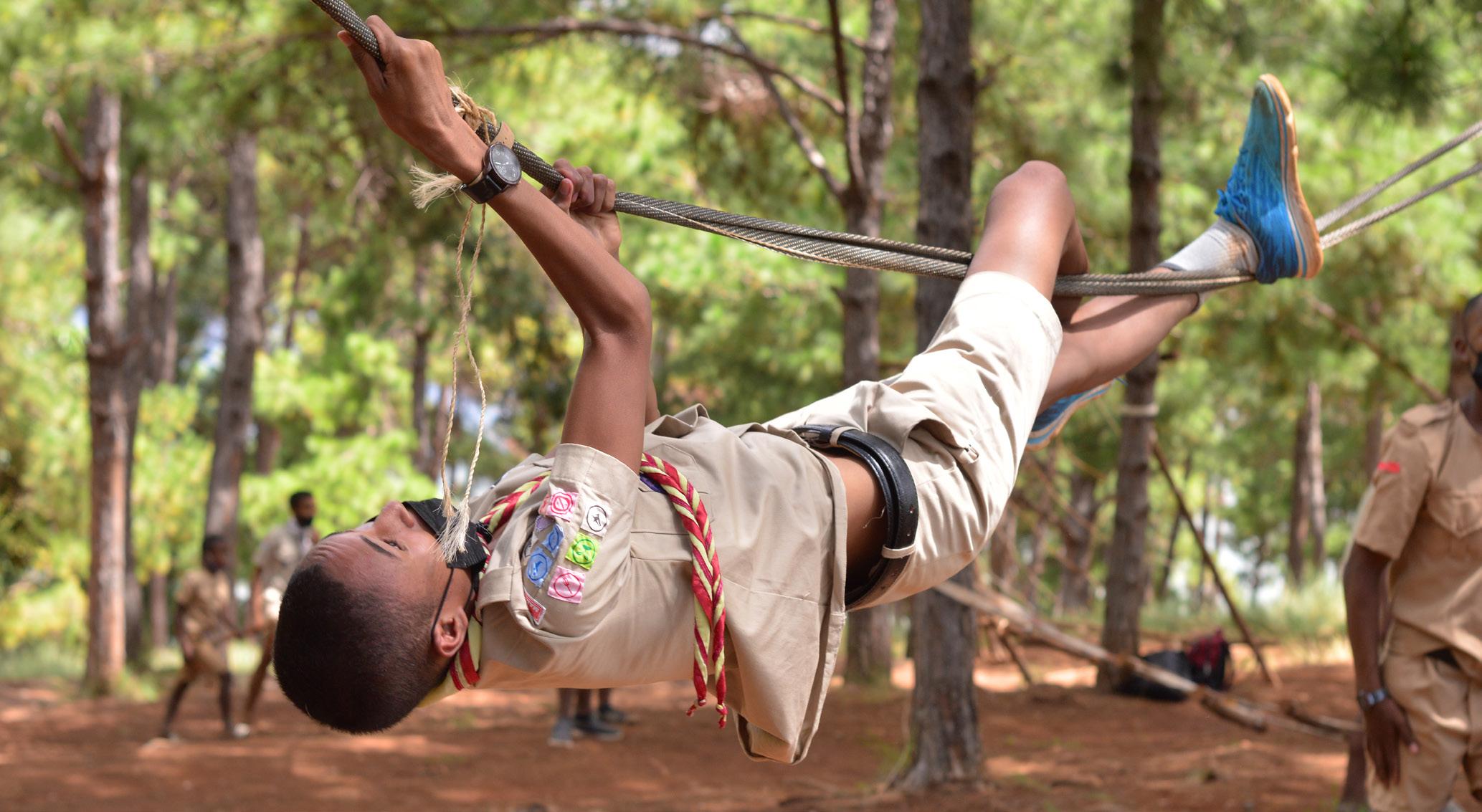
Throughout the triennium, the Educational Methods Workstream spearheaded a total of 11 projects aligned with the Triennial Plan’s strategic priorities: Youth Engagement, Educational Methods, Diversity and Inclusion, and Social Impact.
As a result of the involvement and commitment of volunteers and staff members throughout the triennium, a wealth of resources have been produced and/or translated, including frameworks, guidelines, training guides, checklists, surveys, and reports to support NSOs across the four areas.
Several projects also supported NSOs by holding in-person and online seminars and promoting the exchange of knowledge and resources within specific communities of practice.
Lastly, certain projects have progressed to the point of piloting within NSOs, thereby evolving intonew resources for WOSM Services.
In light of the next Strategy for Scouting, the Educational Methods Workstream opted to defer the review of the World Scout Youth Involvement Policy to the next triennium. This decision allows for a comprehensive review of this policy alongside the Youth Programme (YP), Adults in Scouting (AiS), and Safe from Harm (SfH) policies.
Building on the work and outcomes of the Youth Engagement in Decision-Making Task Force, a transversal action plan was developed and disseminated on a dedicated Treehouse page. This plan is designed to operationalise the recommendations and additional measures approved by the World Scout Committee, aligning with the main goals and key objectives outlined in the 2021 Conference Document 10.
Initiatives conducted to foster a mindset shift across the Movement included:
• Launching a social media campaign to celebrate recent achievements and share best practices in youth leadership.
• Developing a new concept and action plan as part of the Youth Engagement Consultants training held in May and June 2023.
• Disseminating the new Youth Leadership concept with the WOSM brand review and the Strategy Group teams to establish alignment.
• Establishing clear guidelines for Conference documents and procedures to be more youth-friendly, including the Guidelines for Conference Resolutions and guidelines for workshop facilitators.
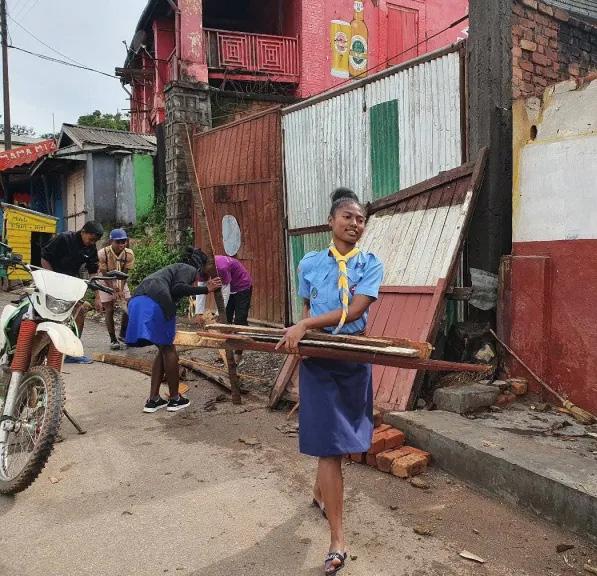
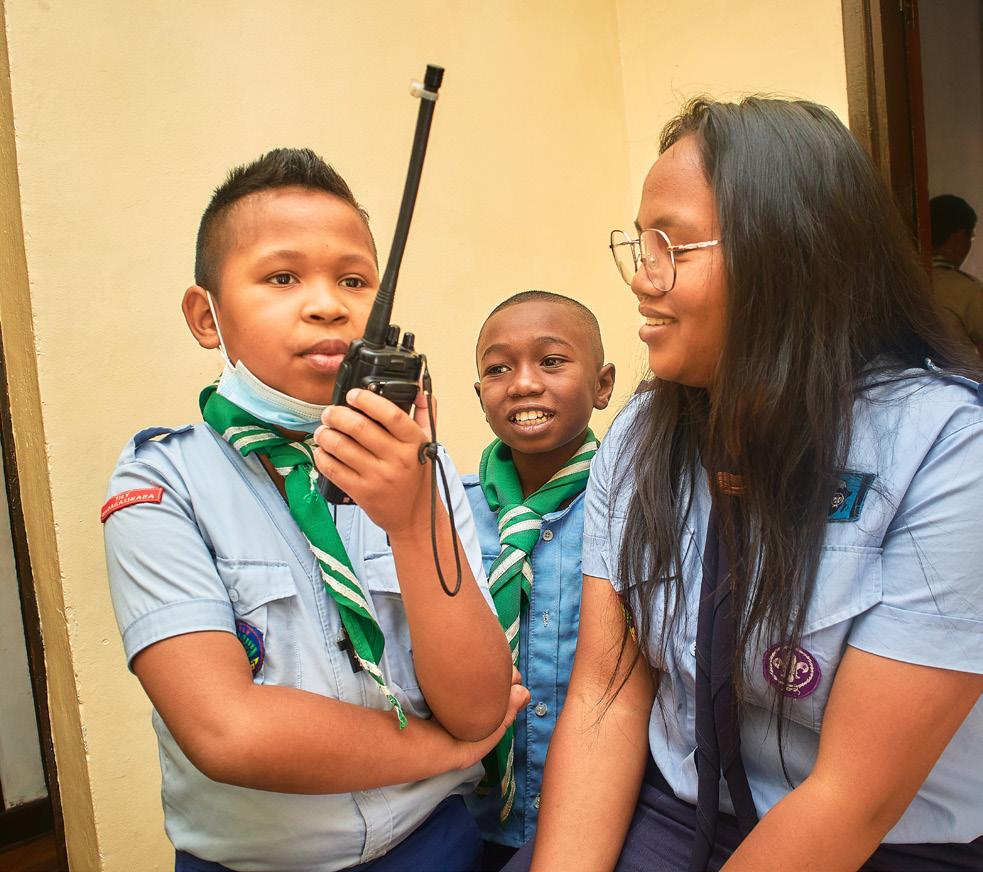
To qualitatively measure our level of intergenerational leadership, a “Speech Observatory” was implemented for the first time at a World Event, during the World Scout Education Congress in 2023. The Speech Observatory comprised of volunteers aiming to collect data such as the age, Scout region, and gender of those who ask to speak during plenary sessions, in addition to measuring the duration of their input. Collecting this data offered insight into which demographics should be encouraged and given more opportunities to speak, to ensure equal representation and diverse in inputs across our global events.
Efforts to integrate a youth leadership focus within operational structures include:
• Hosting an Intergenerational Dialogue webinar during the pre-engagement phase of the Conference for all participants
• Providing training for Conference workshop facilitators during the pre-engagement phase of the Conference
To increase awareness about opportunities for youth engagement in decision-making, video testimonies were captured of elected World Scout Committee members under the age of 30, sharing their motivation and journeys from national to world level.
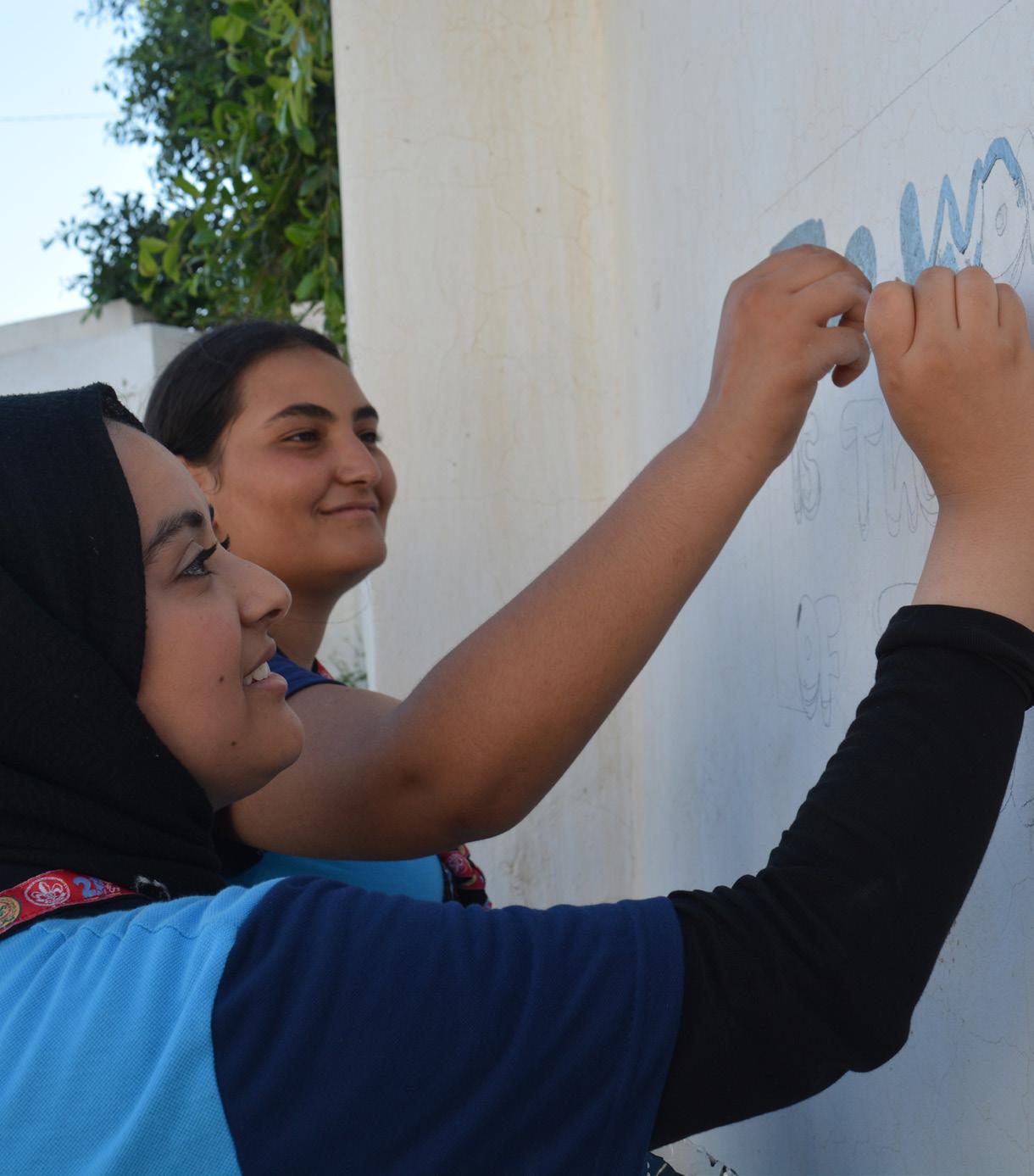
To establish a capacity-building framework for Youth Leadership in Decision-Making, a series of helpful documents were developed:
• Youth Leadership in Decision-Making Framework, for NSO governing bodies
• Guidelines for Implementation of Youth Leadership in Decision-Making, for national teams
• Youth Leadership Training Guide, based on leadership training resources led by regions.
To encourage NSOs to nominate candidates below the age of 30, and to empower those who are interested in running as a candidate to the World Scout Committee, a training programme was developed, consisting of nine courses on the World Scouting’s Learning Management Platform (LMS) platform.
Furthermore, to promote the diversity of candidates, a second deadline for nominations to the World Scout Committee has been approved in the Conference Rules of Procedure Also, for the first time, the Conference will recognise some NSOs with the Intergenerational Leadership Award.
The Educational Methods Workstream has had the unique opportunity this triennium to contribute to the 4th edition of the World Scout Education Congress, with the mission of shaping the future of education in Scouting, by convening leading educators from NSOs and partner organisations to address the pressing challenges facing young people and NSOs in order to propel non-formal education forward.
As one of the most significant educational events for Scouting leadership, the Congress offered a learning space for Scouts, educators, experts in non-formal education, and partners to exchange their research, findings, and best practices and learn about new theories and trends in the field of education and youth development.
Through a variety of methods such as inspirational keynote speakers, insightful panel discussions, breakout sessions, and dynamic exhibitions, participants were challenged to engage in innovative ideas across crucial topics including youth leadership, digitalization, volunteer management, global citizenship, advocacy, intergenerational dialogue, and education for sustainable development.
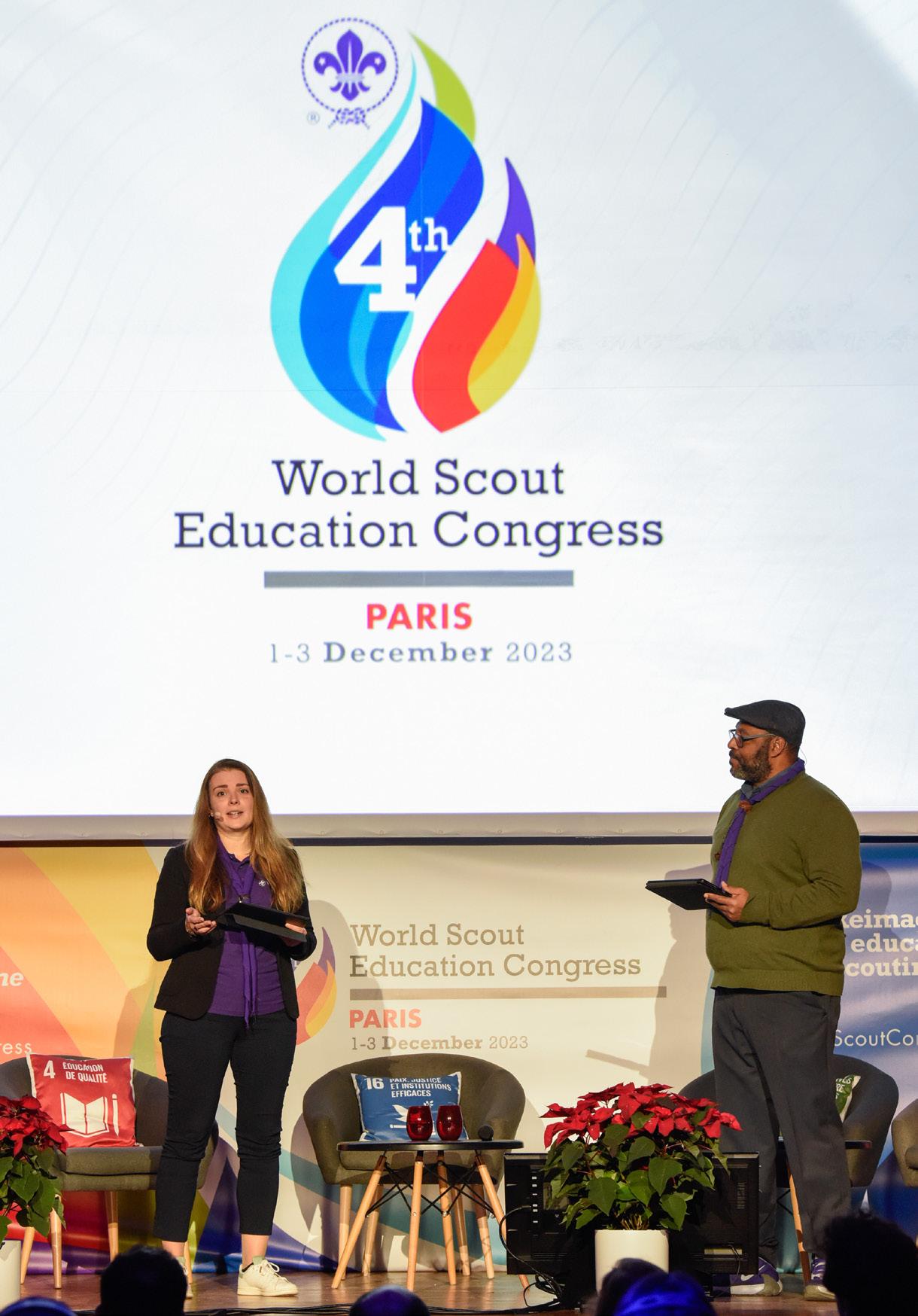
Participants at the Congress experienced the event in three stages:
1. Trends: where participants analysed current scenarios and explored the challenges of non-formal education
2. Approaches: where the adaptability and strengths of Scouting were assessed
3. Roadmap for the Future: where a clear plan was designed to maintain the relevance and effectiveness of Scouting.
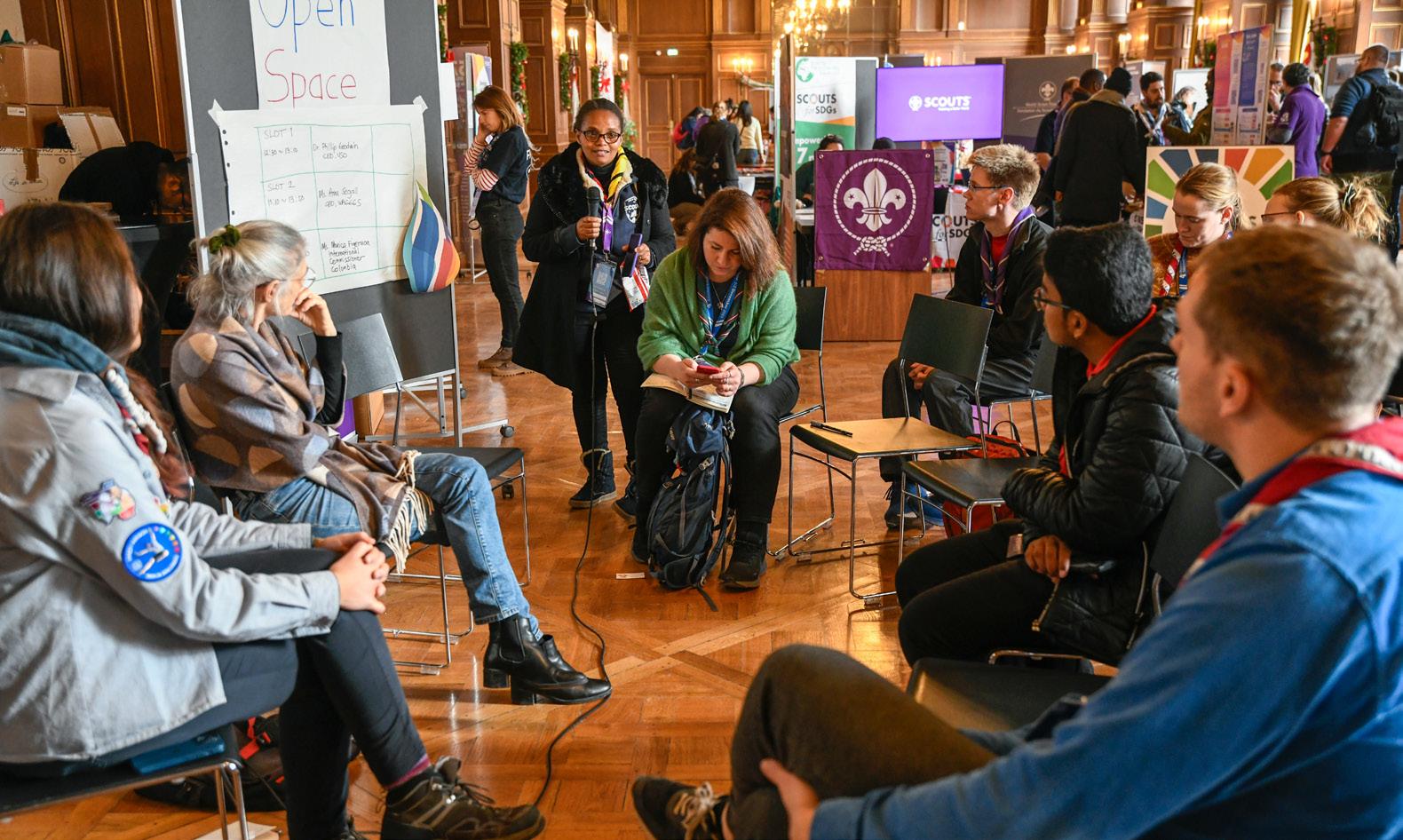
The Congress encompassed five overarching themes, that allow NSOs to adopt innovative approaches to respond to the needs of young people today, while building competencies for the future.
These five themes are:
• Efforts to empower future generations by equipping them with the necessary skills for employment, entrepreneurship, and civic engagement, while also seeking to reduce social inequalities and promote peacebuilding initiatives.
• Promotion of youth leadership through the cultivation of intergenerational partnerships, enabling young people to take on leadership roles and affect positive change in their communities.
• Exploring strategies for navigating the complexities of a digital age, harnessing technology as a tool for learning, communication and innovation, while prioritising digital literacy, critical thinking and mental wellbeing.
• Stressing the importance of inclusion and engagement, promoting intercultural understanding, cooperation and knowledge sharing to foster global citizenship and resilience among young people.
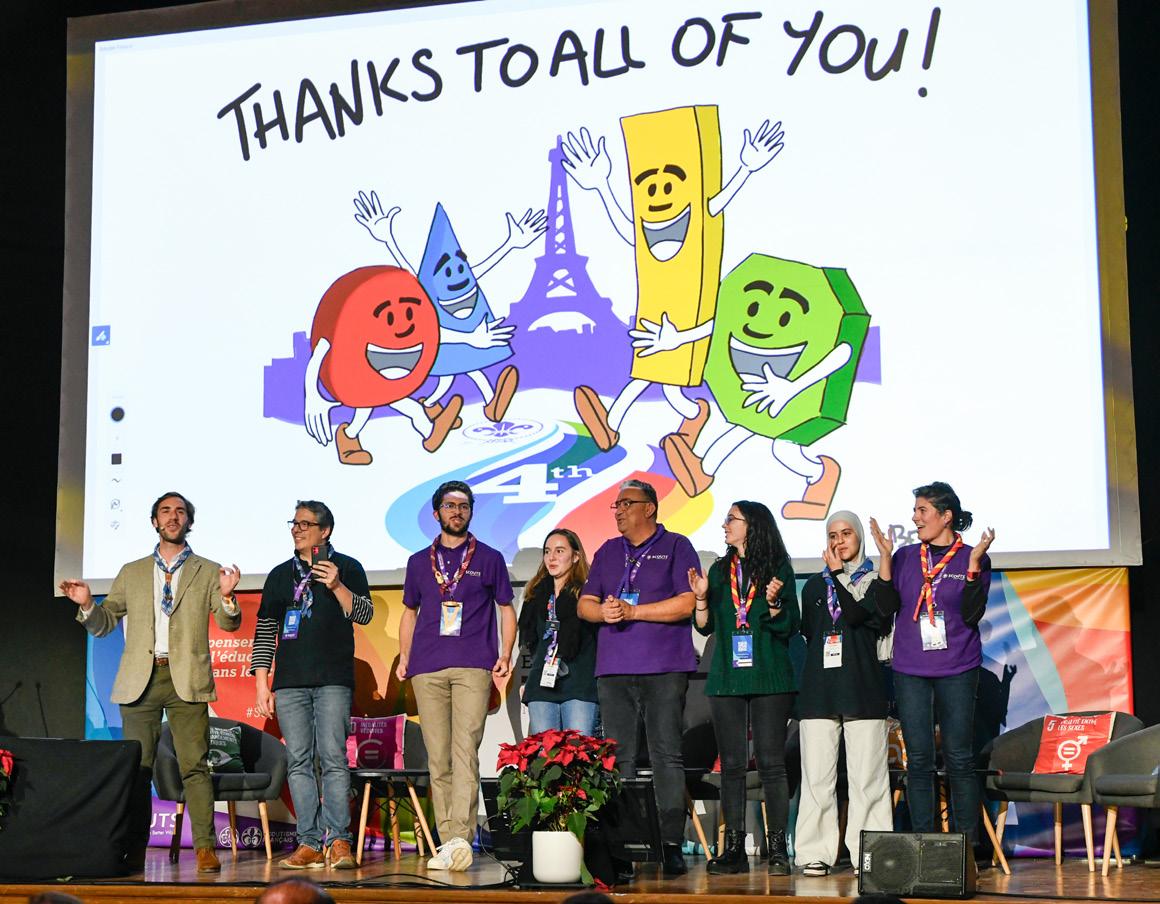
• Underline the need for education for sustainable development, recognising its key role in empowering young people to tackle pressing global challenges and safeguard the wellbeing and prosperity of current and future generations.
The Congress discussions paved the way to develop the “Roadmap for Education in Scouting”, which was presented during the event’s final plenary session, highlighting 10 transformative directions to shape the future landscape of education in Scouting. The link to the document can be found here
Scouts for SDGs Hub brings educational initiatives together in one place
The redesigned Scouts for SDGs hub is now acting as the go-to place for National Scout Organizations to learn about our educational initiatives and access hundreds of online activities for adult Leaders and young people connected to the SDGs. The updated platform will better enable Scouts to learn about sustainable development, and take action for the SDGs by completing online activities and community projects connected to Scouting’s educational initiatives, and earning digital badges as rewards for their projects.
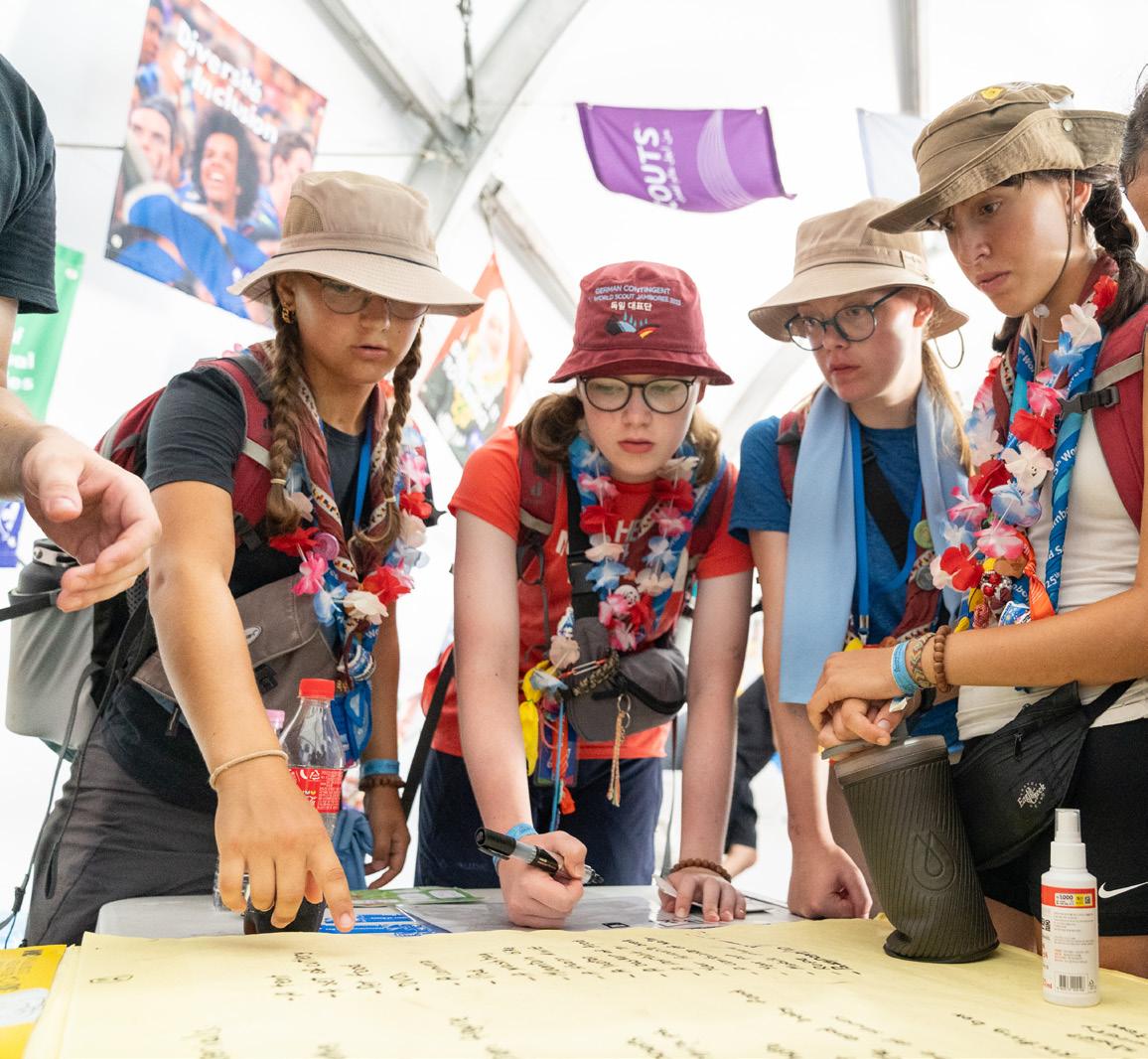
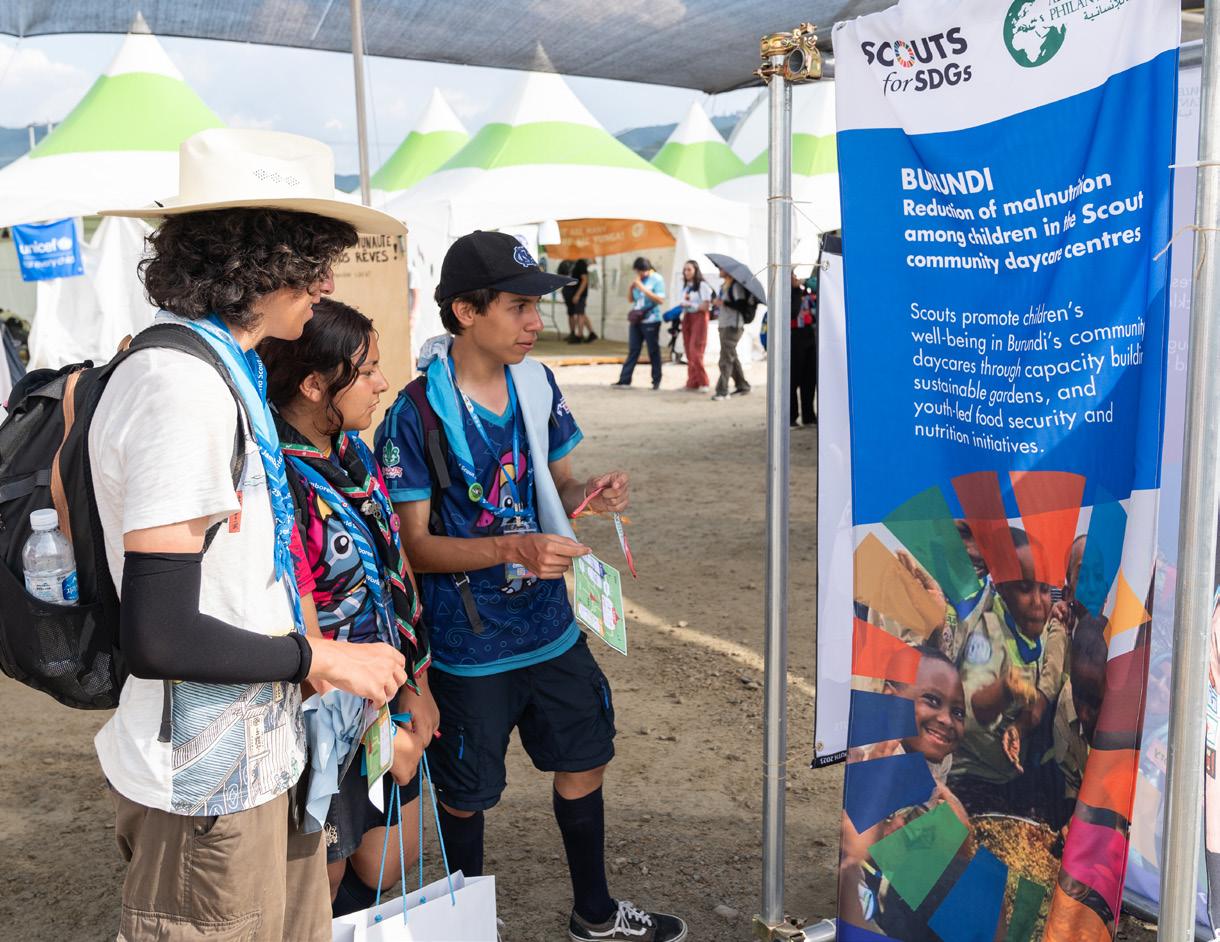
Scouting’s contribution to the SDGs highlighted at 25th World Scout Jamboree
At the centre of the 25th World Scout Jamboree in Korea, the Ban Ki-moon SDGs Ma-eul offered a vibrant space for young people to learn about global issues and get inspired to take action in their communities. Comprising three large tents and an interactive outdoor exhibition, the SDG village attracted an average of 1,000 Scouts every day who engaged in educational activities and campfire talks in an atmosphere of unity.
A number of key partners including Alwaleed Philanthropies, KAICIID, Islamic Relief, IFRC, WWF, FAO, UNHCR, UN Women, UNICEF, World Health Organization, the World’s Largest Lesson, and the World Scout Foundation, helped bring the SDG experience to life by delivering insightful educational activities, workshops, and talks. All of this culminated in a memorable campfire dialogue with Mr. Ban Ki-moon, former UN Secretary-General.
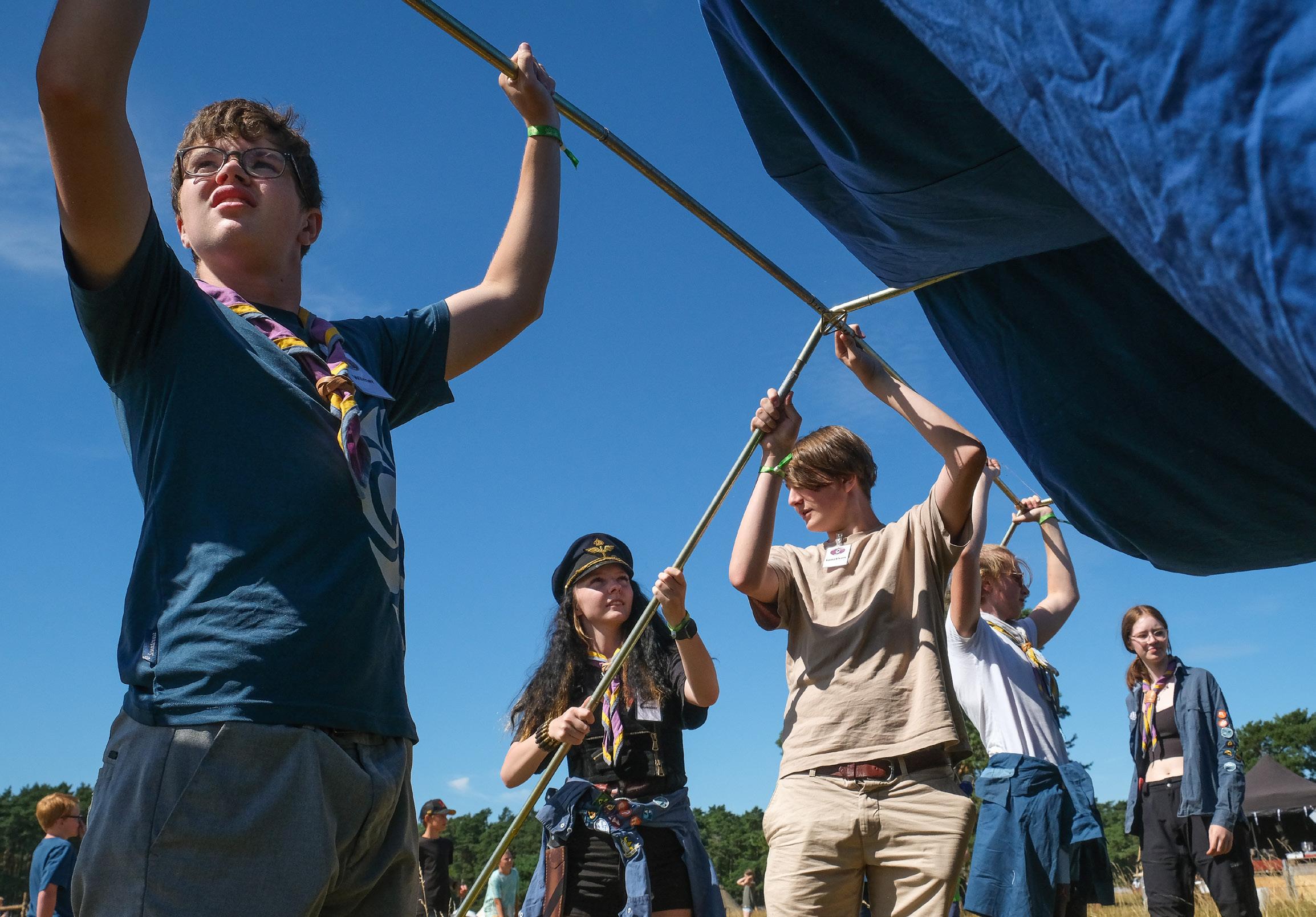
During the triennium, World Scouting developed two new educational initiatives. Focusing on Life Skills and Health and Well-being, these two initiatives will be essential to complete Scouting’s offering under the four thematic areas of the Scouts for SDGs initiative and continue its impactful contribution towards the 2030 agenda.
Setting its focus on strengthening leadership, the Life Skills initiative aims to empower young people to develop valuable skills for their personal and professional lives while enabling them to put leadership into practice to achieve sustainable solutions with a focus on developing interpersonal skills, entrepreneurship, literacy and STEAM (Sciences, Technology, Engineering, Arts and Mathematics).
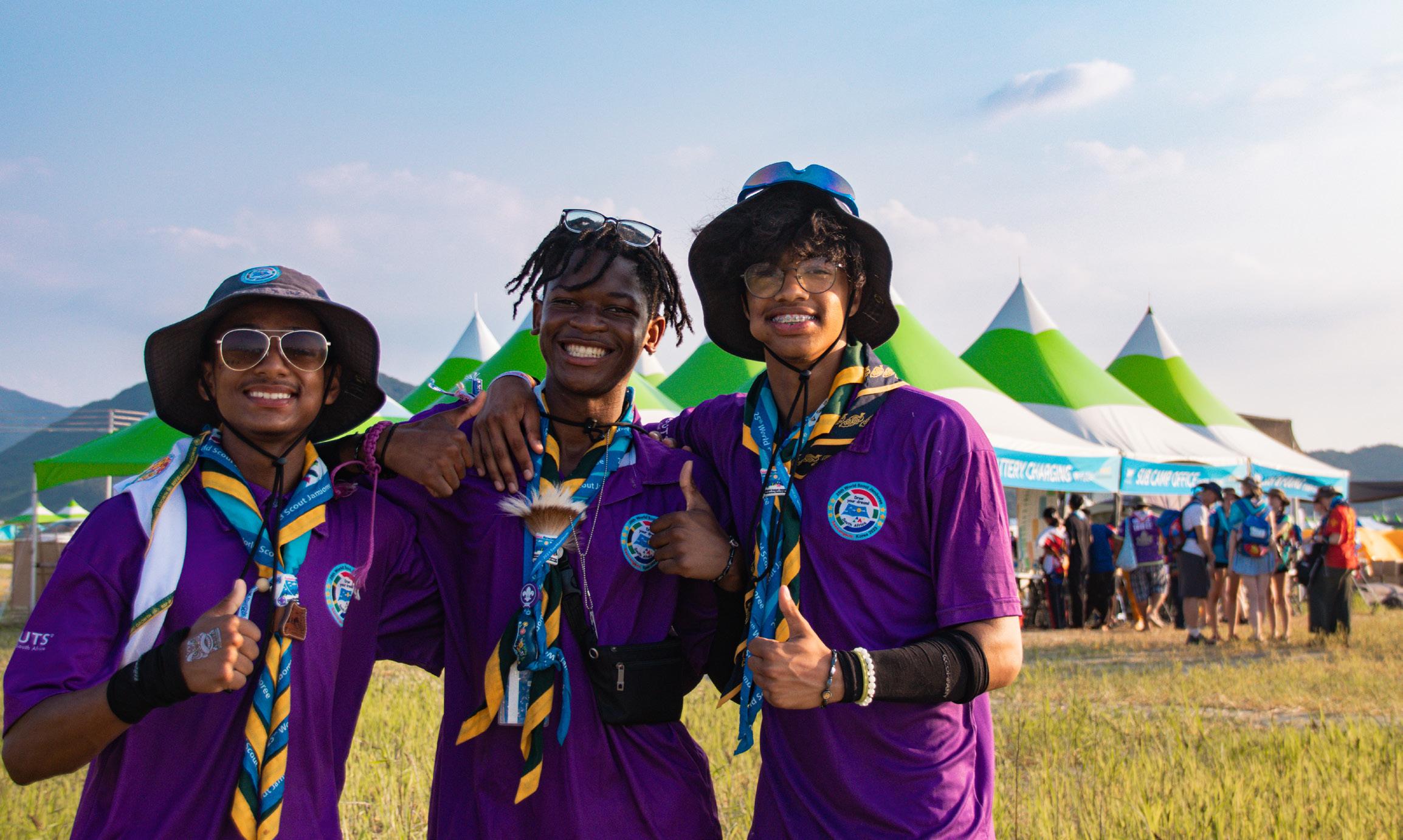
The Health and Wellbeing initiative emphasizes community-centred projects tailored to local needs, guiding youth towards informed decision-making and active participation in community wellbeing. The initiative offers four distinct learning paths: Healthy Lifestyles, Mental Health, Sexual and Reproductive Health, and Personal Safety and Safeguarding. This allows young people to explore and engage based on their interests and needs, ultimately contributing to a healthier and more resilient society. Supported by volunteer consultants and partners like Alwaleed Philanthropies, this initiative is poised to make a significant difference in the lives of young people worldwide.
With the support of globally recognized partners such as UNEP, UNFPA, and FAO, young people pursuing the new challenge badges will not only gain empowerment with
new knowledge about their bodies and wellness, they will also contribute to enabling young people to overcome the barriers of stigma, misinformation, and lack of knowledge around self-care and make responsible decisions about their bodies. Early adopters among NSOs began implementing educational challenges addressing mental health and healthy lifestyles. These initiatives have brought new activities to the forefront, piloting the resources with young people, adults, and NSO teams, as seen in the recent experiences conducted in India and other countries. Developed in collaboration with the Bharat Scouts and Guides and schools, these activities have introduced engaging modules covering topics such as mindfulness, emotional expression, gratitude, and physical movement.
The Earth Tribe coordination team prioritized four key milestones to advance this initiative, promote environmental education, and enhance NSO collaboration. This includes continued promotion and presence of Earth Tribe at world and regional events, notably at the Regional Arab Jamboree, Bharat Scouts and Guides National Jamboree, Scout Centres and SCENES Network in Europe 2023, Thailand National Jamboree 2024. The Earth Tribe leveraged JOTA-JOTI 2023 to introduce Scouts for SDGs Hub opportunities and the digital resources to be used.
Additionally, the ongoing promotion and engagement of the Earth Tribe Community of Practice on Treehouse has witnessed a growing membership and exchange among NSOs, which now has 63 members, including Scouts for SDGs consultants, Youth Representatives, and National team members. Treehouse has become an instrumental platform for disseminating resources and helpful material to NSOs. Through quarterly meetings, capacity building sessions were conducted while also gathering feedback from NSOs to be integrated into the Earth Tribe plan for 2024. Lastly, the Earth Tribe online seminar, coordinated with the SCENES team offering an interactive platform for learning and collaboration with 107 participants in 33 countries.
Preparing for a new decade, the Messengers of Peace Initiative embarked on a review and update of its educational content and guidelines resources. Drawing upon the 10-year-long experience with Messengers of Peace Coordinators, MoP Heroes, and NSO practitioners, a renewed learning experience was crafted by inviting young people to engage. This new Messengers of Peace journey introduces fresh alignment and focus on five specific paths of exploration aimed at fostering harmonious communities through peacebuilding, culture and heritage, diversity and inclusion, humanitarian action, and civic
engagement. Each path presents learning objectives intricately linked with the 17 SDGs and critical competencies. Digitalised resources are readily available through the Scouts for SDGs Hub, offering the initial two digital challenges on Dialogue for Peace and Interreligious Dialogue, supported by KAICIID. Additionally, the Hub introduces over 28 new activities for exploration.
The revitalised initiative is actively exploring the development of new challenges in other areas, incorporating best practices from NSOs with the goal of integrating Humanitarian Action into the Youth Programme.
In alignment with the 2021-2024 Triennial Plan, a dynamic Operational Framework team, comprising data analysts and diversity experts, was established in November 2022. Strengthening its commitment to diversity and inclusion, the team reached out to all NSOs for a series of engaging two-hour virtual conversations that were held from August 2023 to January 2024. This collaborative effort aimed at understanding the diversity within NSOs, pinpoint existing barriers, and set the stage for a more inclusive Scout Movement. A report is available with key calls of action for the NSOs and the Movement.
The World Scout Education Congress, was an excellent opportunity to bring up topics related to diversity and inclusion, by exploring one of the main themes: “towards an inclusive and engaged world”. Throughout the event, participants from NSOs and partners took part in the discussion and shared best practices for actively reaching out and including communities that are under-represented in Scouting.

88 NSOs with a representative regional widespread participated in the D&I guided conversations to assess WOSM’s membership in terms of diversity and inclusion, which enabled the identification of trends and building on recommendations for NSOs, the Scout Movement, and for WOSM.
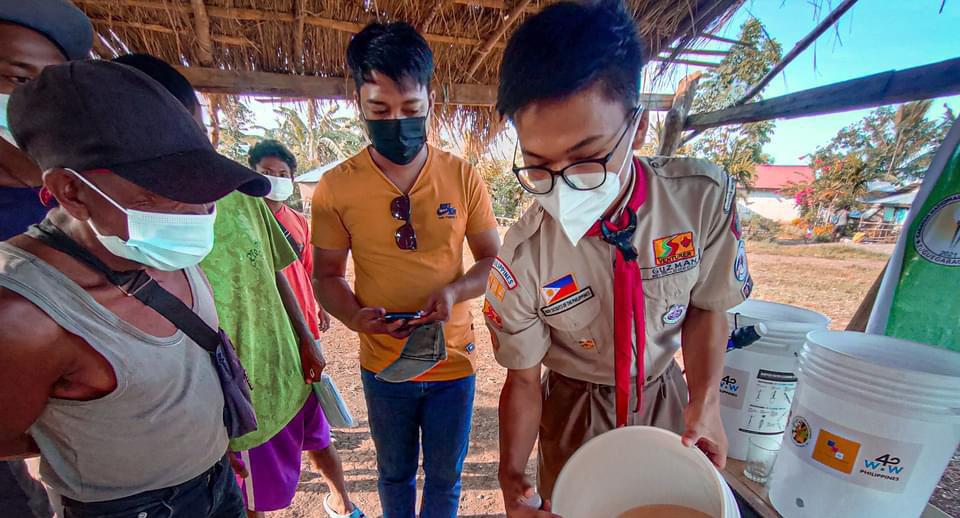
As a flagship project of the Scout Movement, Ticket to Life has had a tremendously transformative impact on thousands of children and youth living under vulnerable circumstances across countries in the Africa and Asia-Pacific regions.
For over 15 years, Ticket to Life has been instrumental in integrating and offering young people in difficult circumstances a chance at a brighter future. By introducing them to Scouting’s educational programme and its diverse skill-building experiences, Ticket to Life has made a significant impact. These young people, who are often living on the streets, refugees, internally displaced, or affected by conflict or environmental disasters, are welcomed in a community that nurtures resilience, life skills, and self-confidence, all crucial elements for building a better future. To continue strengthening the project’s impact, in the past triennium, the Scout Movement trained
over 50 local Scout Leaders who are involved in Ticket to Life on how to effectively lead and create a constructive environment for the children and youth enrolled in it. New training modules were developed and included in the training focusing on Safe from Harm, emotional support to youth, and resilience.
“Many things changed since I joined Scouting ten years ago. Scouting had a great impact on my life, and mostly it inspired me to dream big,”
said Andrea Laurio who joined Ticket to Life in Manila, Philippines when she was 10-years-old.
The Social Impact Service was launched in February 2024 with an aim to provide NSOs with the tools and resources for measuring the impact of Scouting on the personal development of young people. These resources include a toolkit for measuring social impact, an e-learning module, introductory and good practices documents, and a global pool of trained volunteer consultants supporting NSOs on impact measurement.
Through this service, NSOs can gain crucial insight into the many dimensions of personal growth, helping them identify where Scouting has the most impact and areas that could be further developed. In today’s competitive landscape, marked by heightened pressure to secure funding, partners, and greater
recognition, the ability to demonstrate impact can help NSOs enhance their reputation, develop strategic partnerships, and expand membership.
The toolkit’s development involved NSOs and was piloted by NSOs and YMCA member organisations, with the Maynooth University as the academic partner, to ensuring the integrity and relevance of the research.
NSOs are strongly encouraged to explore the resources and support available, as this marks a significant step towards understanding and enhancing the social impact of Scouting on a global scale. It is anticipated that during the next Triennium the service will expand to include community and institutional level impact measurements.
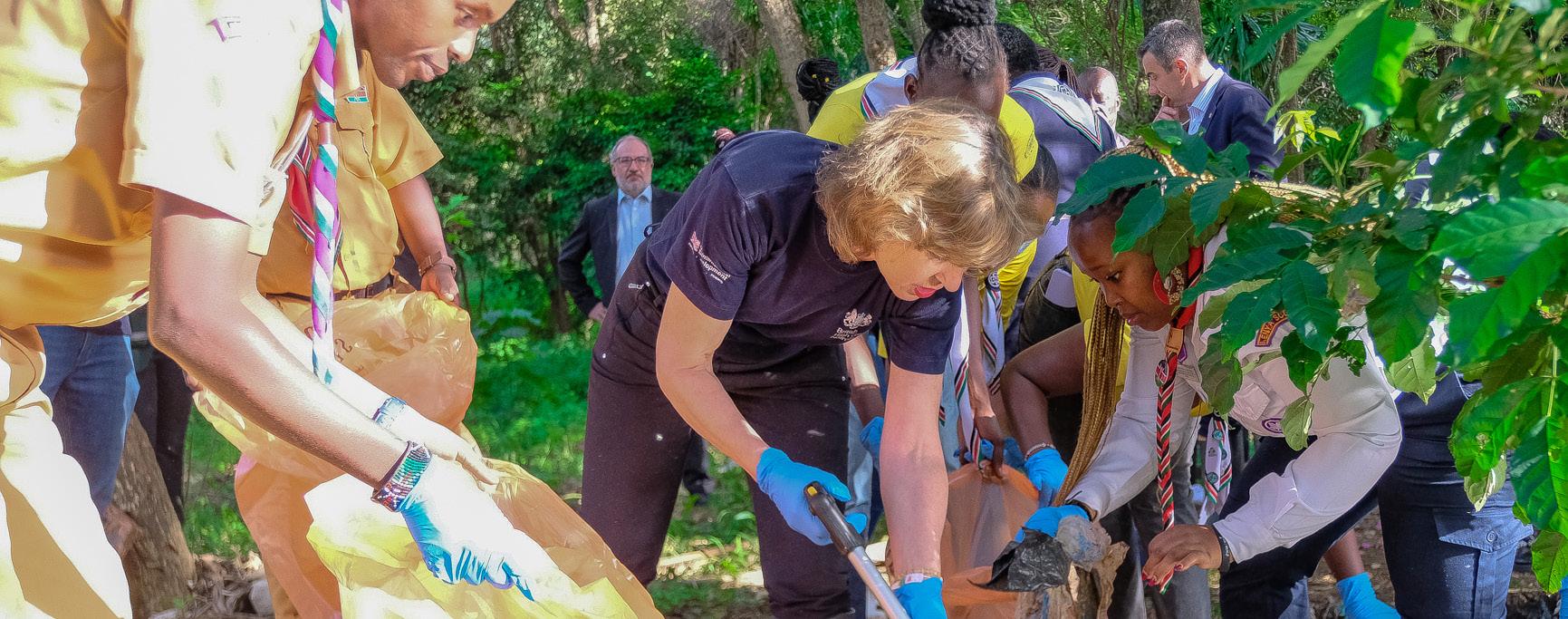
As our organisation endeavours to be relevant to today’s youth, it is imperative to determine areas where value can be created through evidence-based information, and impact measurement can provide a valuable resource for this.
Ben Secretario
Social Impact Service Consultant, Boy Scouts of the Philippines
Throughout the triennium, WOSM has focused on enhancing NSO capacities in Humanitarian Action. Projects and services aimed to bolster guidance and support within youth programmes, equipping NSOs to prepare for and respond to crises effectively. Collaboration with partners strengthened this framework through global networking, content development, and piloting of practices. Efforts also targeted the upscaling of consultants and regional teams to support NSOs during crises. Through evaluations, research, and service delivery, NSOs were empowered to better
plan for and respond to humanitarian crises. Moreover, support for NSOs was increased through the Scouting in Humanitarian Settings approach, facilitating training and capacity building. This addresses the global impact of disasters, aiming to enhance preparedness capabilities in local communities. Scouts worldwide are thus better equipped to respond effectively, contributing to resilient communities and supporting vulnerable populations, reflecting the ethos of global citizenship and humanitarian service.
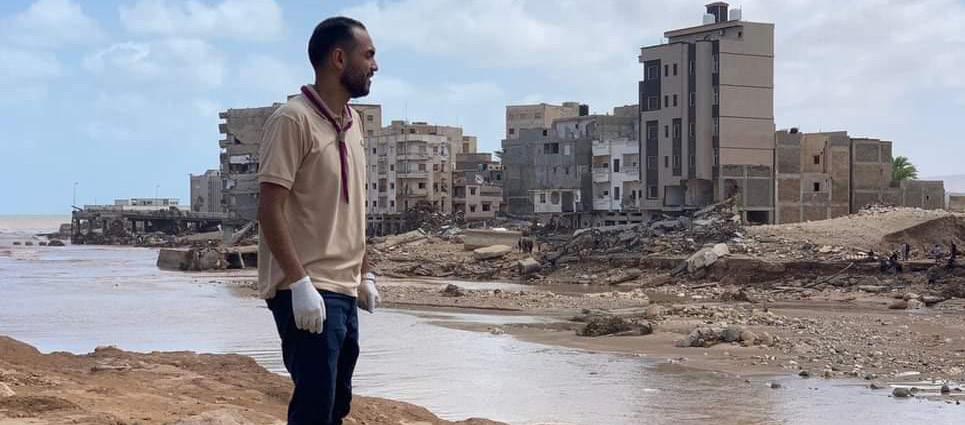
KEY PERFORMANCE INDICATOR
A new framework to ensure inclusive participation of young people in decisionmaking processes is implemented for the World Scout Conference 2024.
KEY PERFORMANCE INDICATOR
Over 70% of NSO national boards include at least 30% young people.
KEY PERFORMANCE INDICATOR
The GSAT score across the Youth Involvement dimension is 10% higher compared to the previous triennium, including the educational elements of Youth Involvement.
KEY PERFORMANCE INDICATOR
70% of young people involved in governance or operational bodies of World Scouting express that inputs of young people were taken into account and contributed to the decision-making process.
SP - 1: Youth Engagement
Established framework
A new framework is developed and implemented for the 2024 World Scout Conference
KEY PERFORMANCE INDICATOR
60% of NSOs who haven’t updated their Youth Programme in the past five years, have reviewed or innovated their educational proposals.
STRATEGIC PRIORITY
SP - 2: Educational Methods
KEY PERFORMANCE INDICATOR
20% more NSOs have adopted new thematic areas of the Better World Framework as complementary offerings to their Youth Programme.
KEY PERFORMANCE INDICATOR
Adult volunteer retention in NSOs has increased globally by 10%.
STRATEGIC PRIORITY
SP - 2: Educational Methods
20 NSOs (60% out of 30 NSOs that haven’t updated their programme in the last five years)
14 NSOs (that updated their programme in the last five years)
35 NSOs (20% of NSOs to integrate new initiatives into their youth programme.)
31 NSOs (18% more NSOs integrated new initiatives into their youth programme.)
ACHIEVED
ACHIEVED
A minimum of 18 NSOs will have implemented a comprehensive methodology to measure their membership diversity and identify potential barriers to inclusion as a basis for establishing a global state of the Movement analysis.
KEY PERFORMANCE INDICATOR
30% of NSOs improved their membership gender balance by 5%.
KEY PERFORMANCE INDICATOR
50% of NSOs scored above 50% in all seven areas identified in World Scouting’s Self-Assessment for Diversity and Inclusion.
KEY PERFORMANCE INDICATOR
40% of NSOs are reaching out to new communities with members not typically served by Scouting.
STRATEGIC
3:
KEY PERFORMANCE INDICATOR SP - 3:
World Scouting’s SelfAssessment for Diversity and Inclusion was replaced with a D&I data report that looks into different and not mutually comparable results. The data report contributed to these KPIs by assessing the diversity of our membership and the inclusion efforts being done by NSOs. SPECIAL CASE
KEY PERFORMANCE INDICATOR
40% of NSOs have measured their Social Impact by 2024.
KEY PERFORMANCE INDICATOR
70% of NSOs have developed a plan to map and actively reach out to and engage their beneficiaries by 2024
KEY PERFORMANCE INDICATOR
40% of NSOs are active or have plans in place to be prepared for and respond to humanitarian disasters.
Achieved (100%)
Almost achieved (Over 70%)
Partially achieved (30- 70%)
Not achieved (less than 30%)
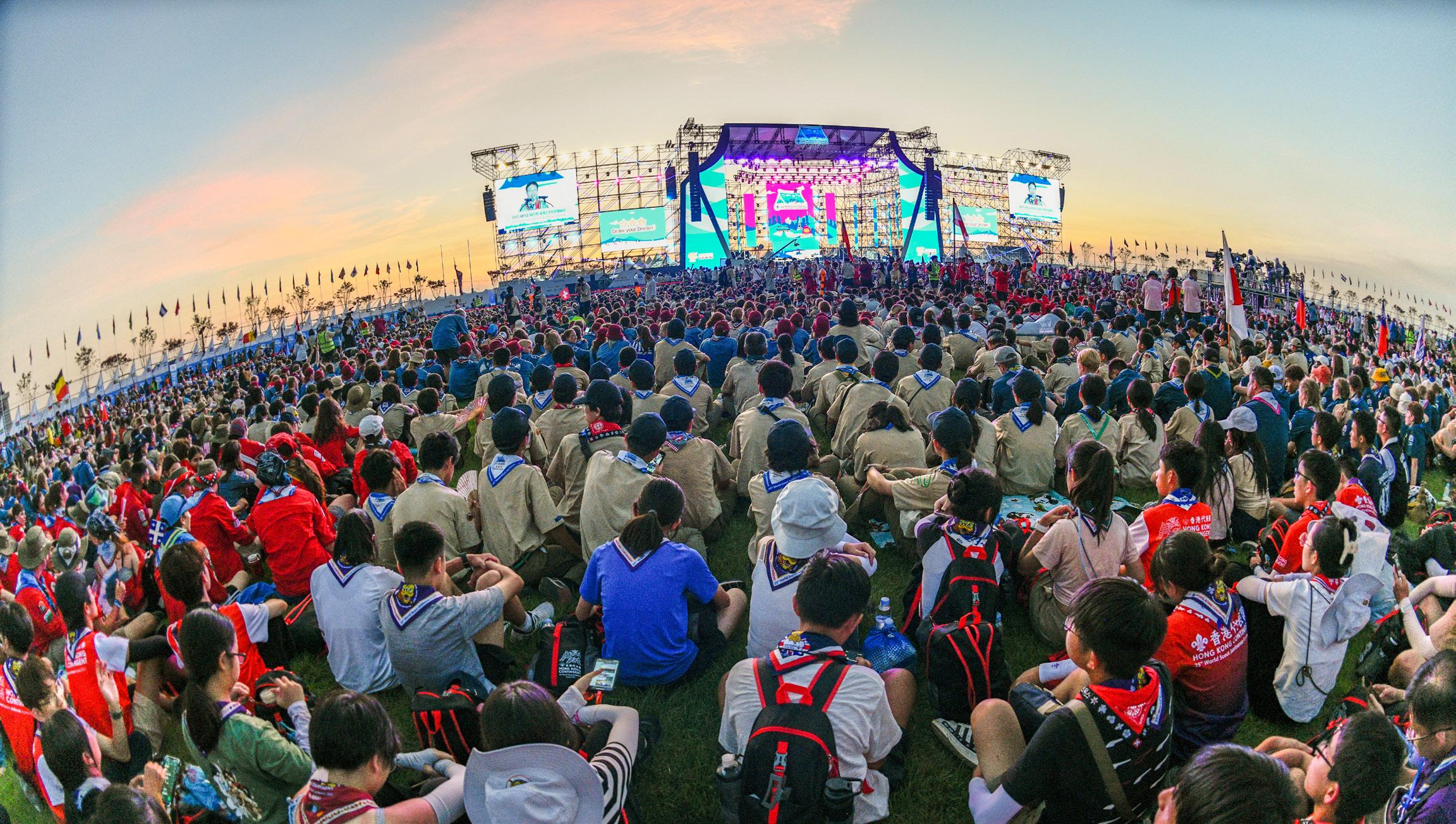
“As a movement, the opportunities for us to connect and create change are ever more important. We need events that speak to who we are as Scouts today, and the world in which we live, work, play, and grow. As we elevate our Movement globally, we need to target relevance, innovation and sustainability in our events and activities, and keep a consistent eye on our evolution.”
Kathleen Godfrey, South Africa, Reviewing and Innovating World Events Project Volunteer
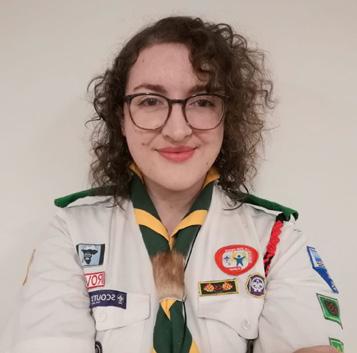
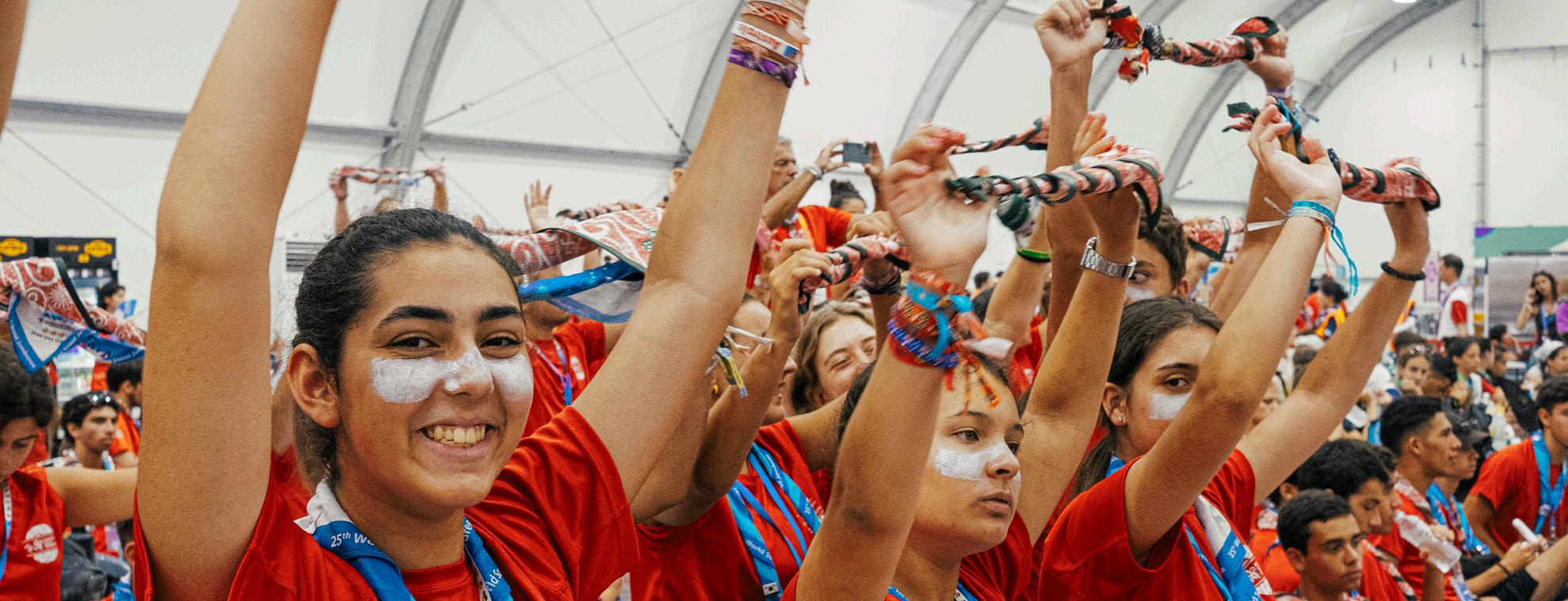
The newly-formed World Events Workstream successfully completed its mandate, prioritising projects outlined in the Triennial Plan. In addition to facilitating the execution of World Events throughout the triennium, the second project, Reviewing and Innovating World Events, has also reached its conclusion.
The recommendations outlined in the final report contributed to the development of the WOSM Events Strategy.
Throughout this period, continuous support has been extended to current World Event hosts, particularly on WOSM support and coordination for the 25th World Scout Jamboee in Korea, upcoming 43rd World Scout Conference in Cairo, Egypt in August 2024, the 16th World Scout Moot in Portugal in August 2025, as well as preparations for 26th World Scout Jamboree in Poland in August 2027.
The second project within the World Events Workstream, Reviewing and Innovating World Events, has successfully concluded its activities. The volunteer team convened multiple times online to assess project deliverables, gather feedback from stakeholders, and convened in person to finalize the project report.
Throughout its duration, the project team diligently worked on addressing the 9 identified outcomes from the Triennial Plan, which include resolutions from previous World Scout Conferences. These areas include Cost Effectiveness and Solidarity, Risk Management, Accessibility and Inclusion, Digital Engagement, Environmental Sustainability, Peace Building, Site Accreditation, and Regional Events.
The team comprehensively reviewed all major World Events, including the World Scout Jamboree (WSJ), World Scout Moot, World Scout Conference, World Scout Education Congress, and JOTA-JOTI. Moving forward, efforts are underway to incorporate the recommendations gathered from these reviews, along with those from the WSJ Review Panel, into a unified set of strategic and operational objectives. This process will shape the WOSM Events Strategy for the upcoming triennium and beyond, ensuring a cohesive approach to event planning and execution.
Additionally, the World Events Workstream developed specific guidelines for alliances of World Event bidders. The guidelines were created through input from experts, were shared with potential bidders, and approved by the World Scout Committee in March 2024. These provisions will complement existing bid assessment mechanisms and will be incorporated into the updated Guidelines for World Events
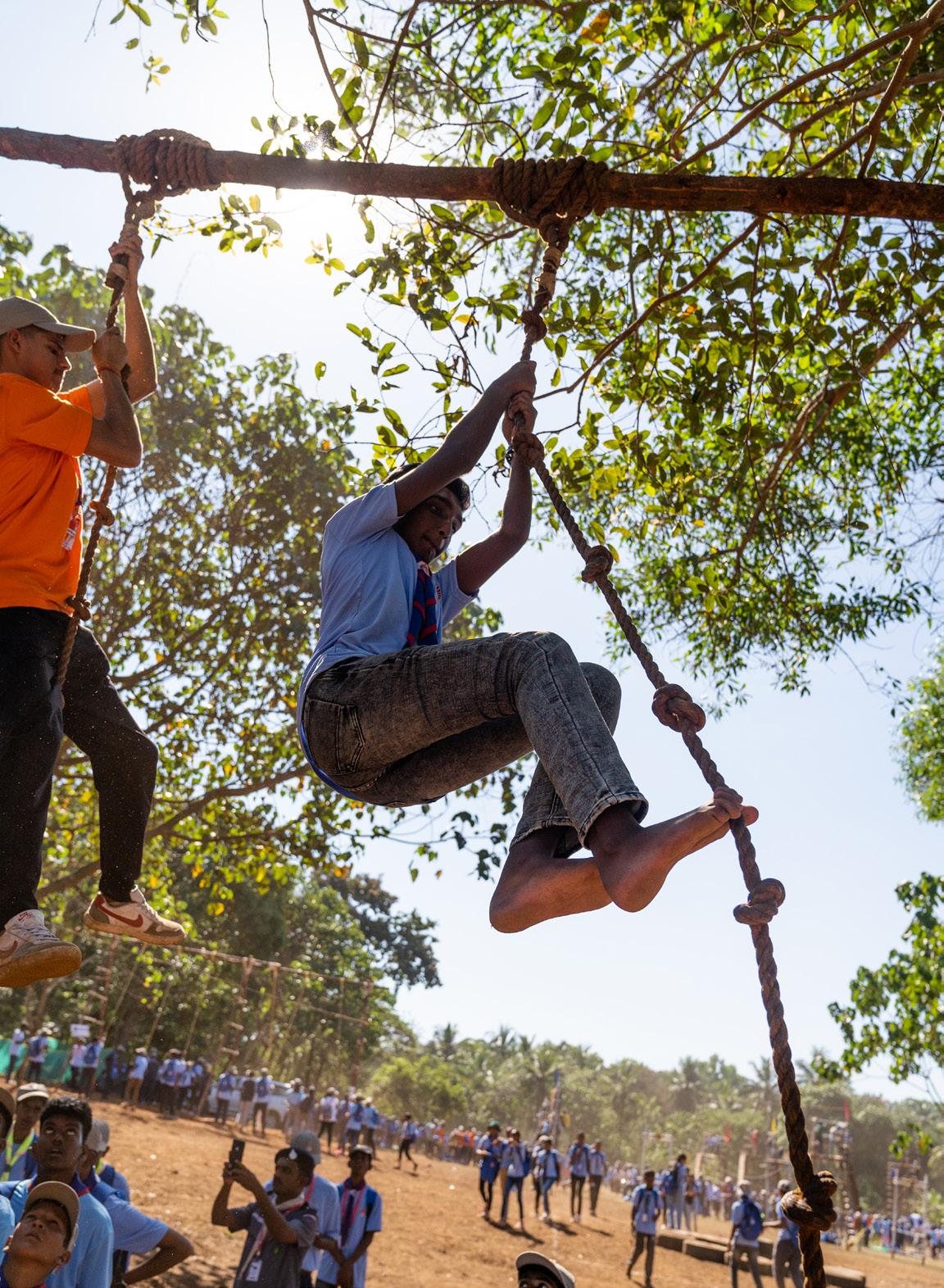
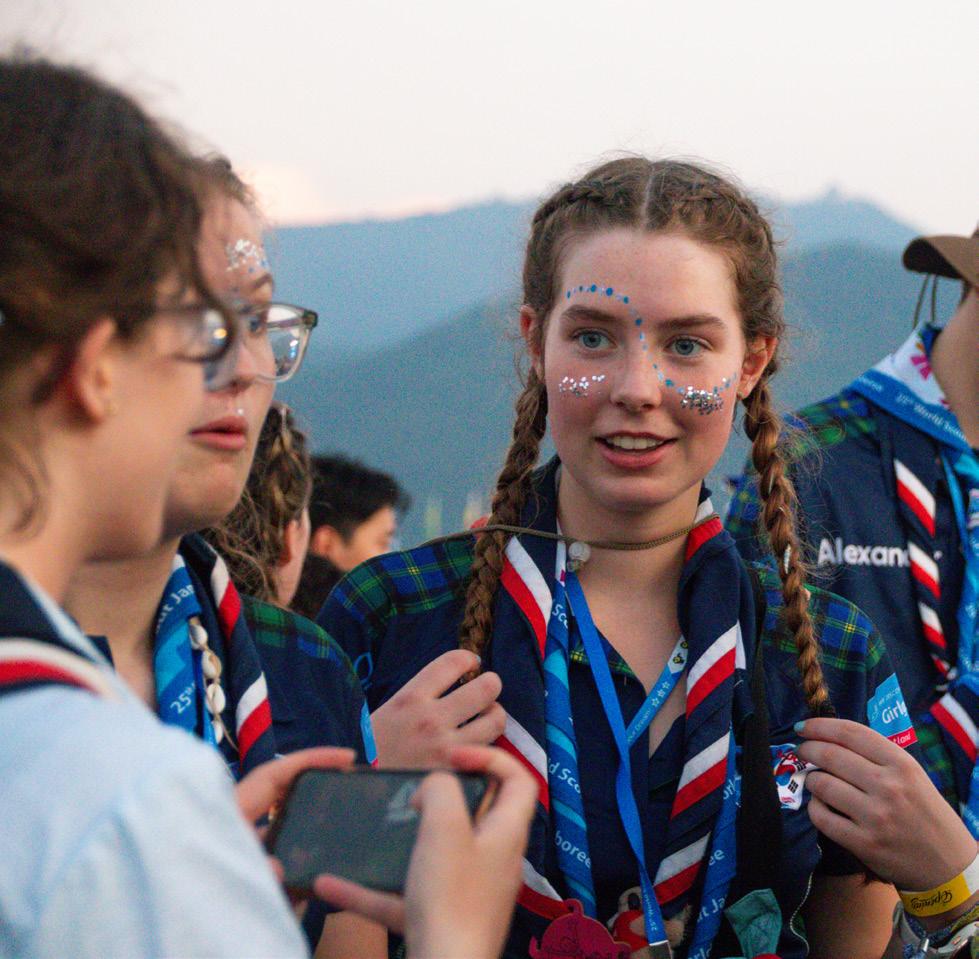
WOSM aims to elevate the quality, safety, and impact of its events through the implementation of a comprehensive strategy. This strategy acknowledges and addresses changing expectations, risk tolerance, and the evolving nature of WOSM’s involvement in global events.
The WOSM Events Strategy outlines steps towards significantly upgrading event operations both as a reaction to recent experiences, but also charting a way into a future where more young people can benefit from life-changing international experiences.
The WOSM Events Strategy aims to deliver impactful, safe, inclusive, accessible and sustainable international experiences for WOSM’s membership. In its first phase of implementation, the WOSM Events Strategy focuses on improving existing in-person events at the World level, and then at the Regional level after consultation with the Regions. Later implementation phases will broaden the scope of the WOSM Events Strategy to include the many ways in which international experiences can be facilitated
World Scout Conference 2024 with 40% of participants below the age of 30.
KEY PERFORMANCE INDICATOR
KEY PERFORMANCE INDICATOR SP - 2: Educational Methods
100% of World Scout Events have an improved and updated event framework to better reflect World Scouting’s considerations on programme, sustainability, risk mitigation, inclusiveness, accessibility, and youth participation.
An updated Framework for World Events is established for 5 World Events
An updated Framework for World Events is established for 5 World Events
Achieved (100%)
Almost achieved (Over 70%)
Partially achieved (30- 70%)
Not achieved (less than 30%)
“This triennium, we have refreshed the World Scout brand with a bold, modern, and digital focus, enhancing our position as the world’s leading educational youth movement. Our updated communication strategies have maximised impact across multiple platforms, including the transformative launch of the ‘Treehouse’ community and the extensive redesign of Scout.org These advancements ensure that National Scout Organizations are equipped and empowered to better serve young people and uphold Scouting’s mission in our rapidly evolving world.”
Kenny Ralph Fernando, Workstream Co-Lead, Communications and Partnerships
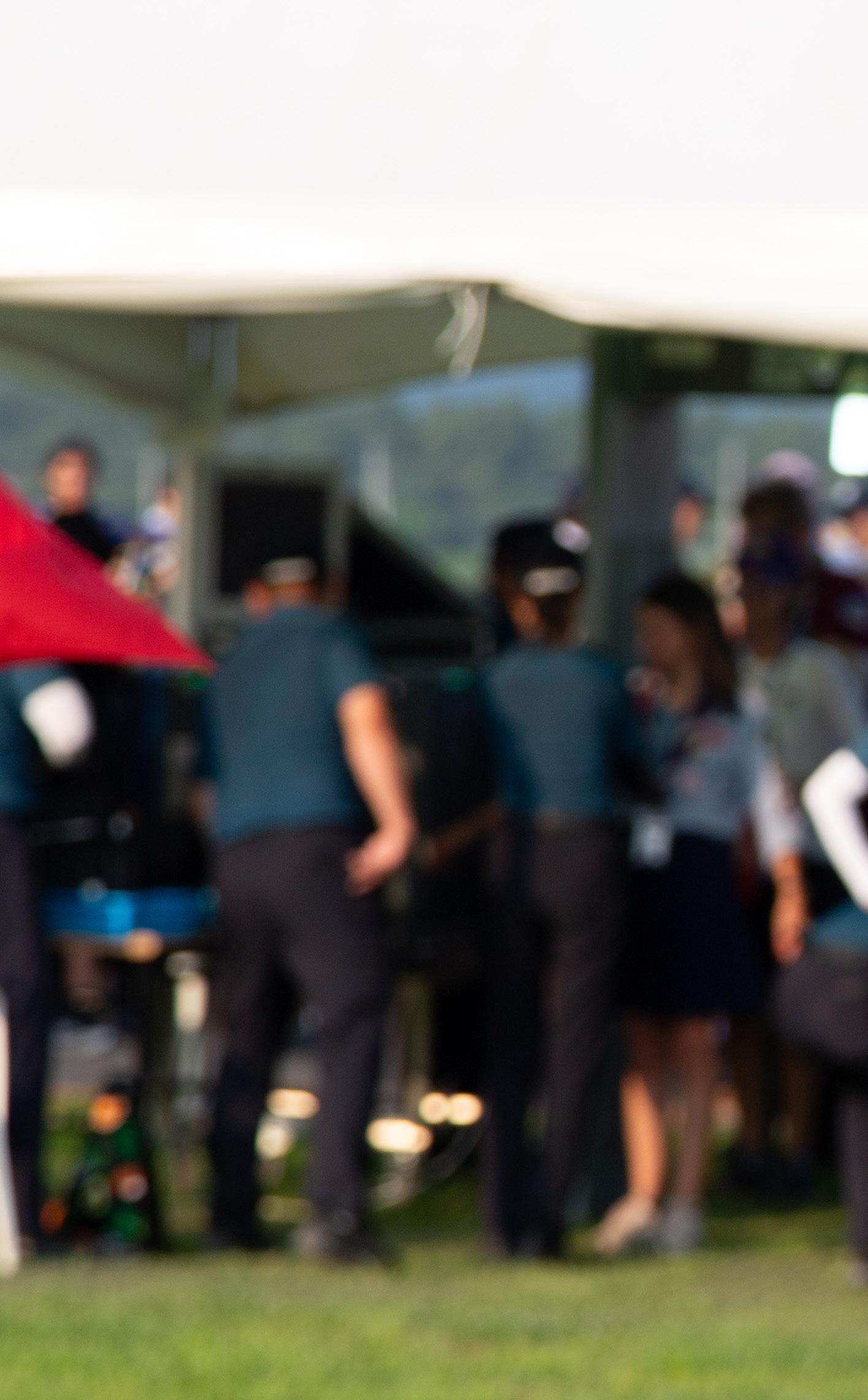
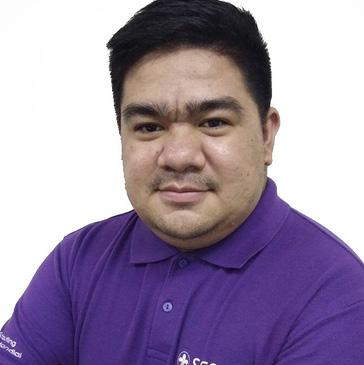
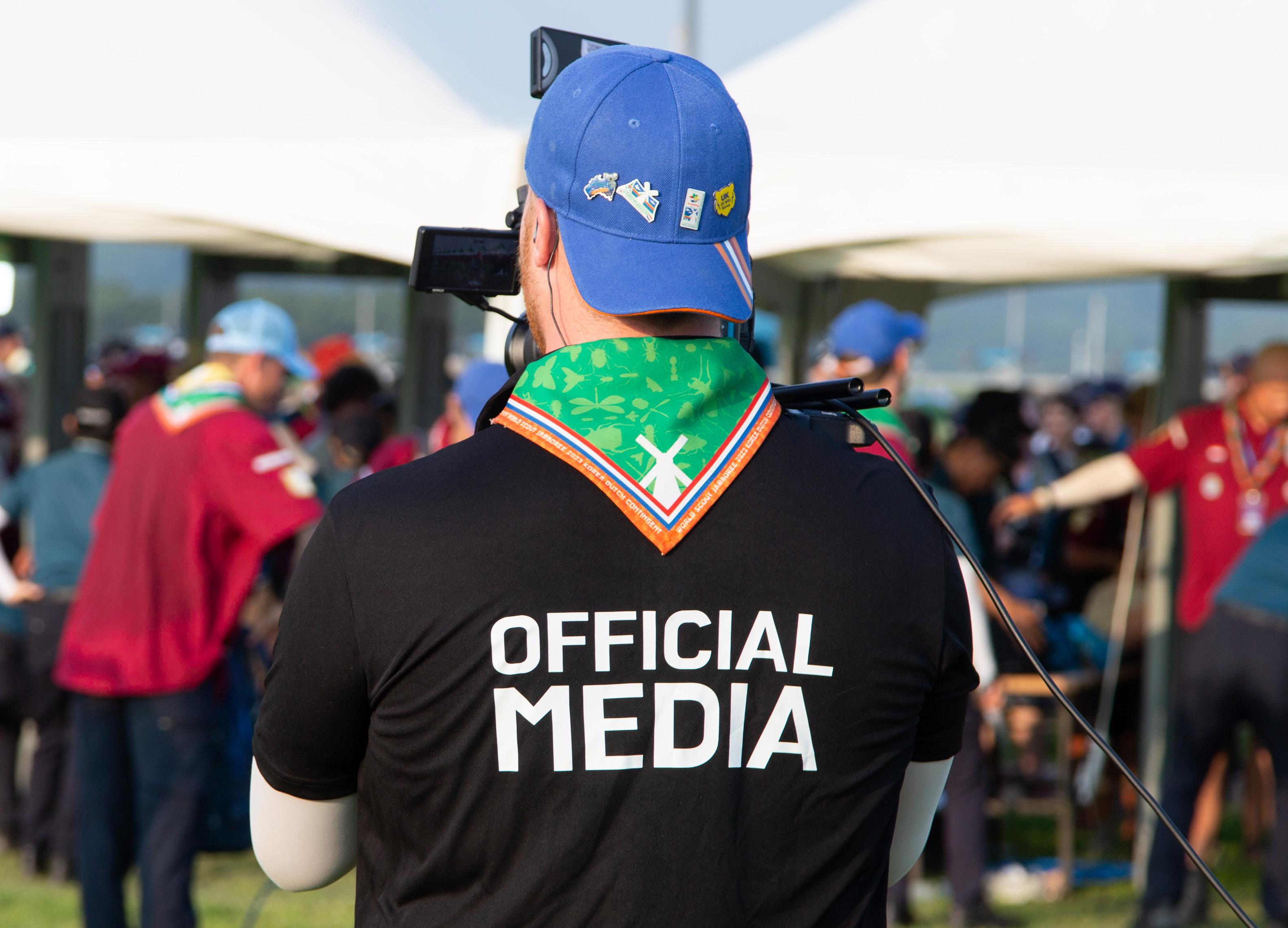
Significant progress was achieved this triennium in the area of communications, in highlighting the impact of Scouting worldwide and strengthening its influence internally and externally.
A full review and audit of the World Scout brand was successfully conducted, including focus groups and consultations with NSO leadership and other key stakeholders. Building on these insights, the team collaborated with a leading design and marketing agency to refresh the World Scout brand strategy, narrative, and visual identity to create a bolder, more modern, youthful, and digital brand that will better position and promote the Scout Movement as the world’s leading educational youth movement in line with the priorities for the next Vision and Strategy for Scouting.
Throughout the triennium, a series of updated communications strategies were developed and implemented that focused on internal communications, external marketing, social media, and digital transformation, centred around using impactful communication methods and technologies to reach our key audiences. Among the major improvements in this area was the redesign of the main website Scout.org and the development and launch of “Treehouse” - an online members community. Treehouse brings together internal news, Circulars, WOSM Services, and capacitystrengthening opportunities into one digital platform for convenience and ease of access for NSO leadership.
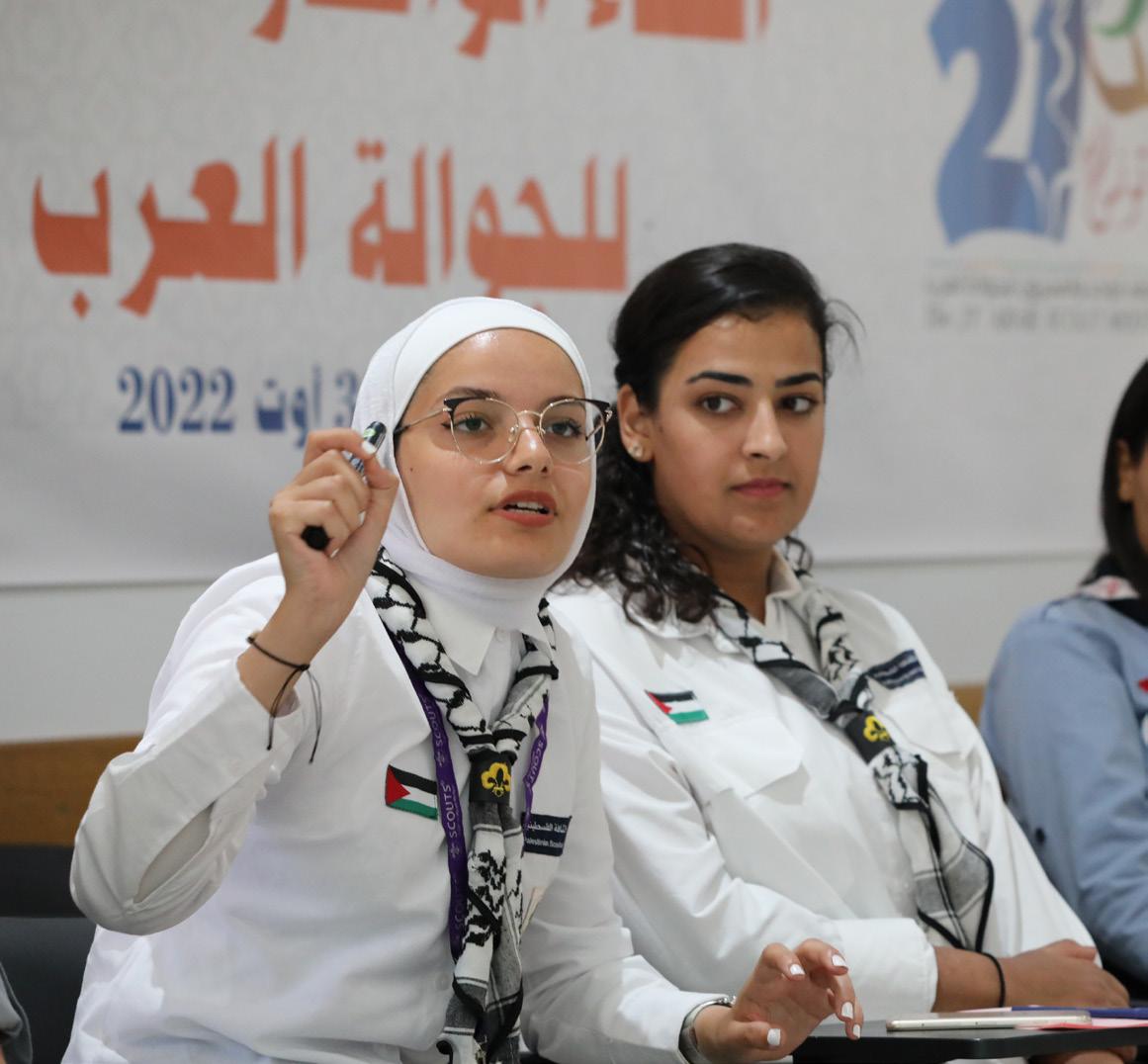
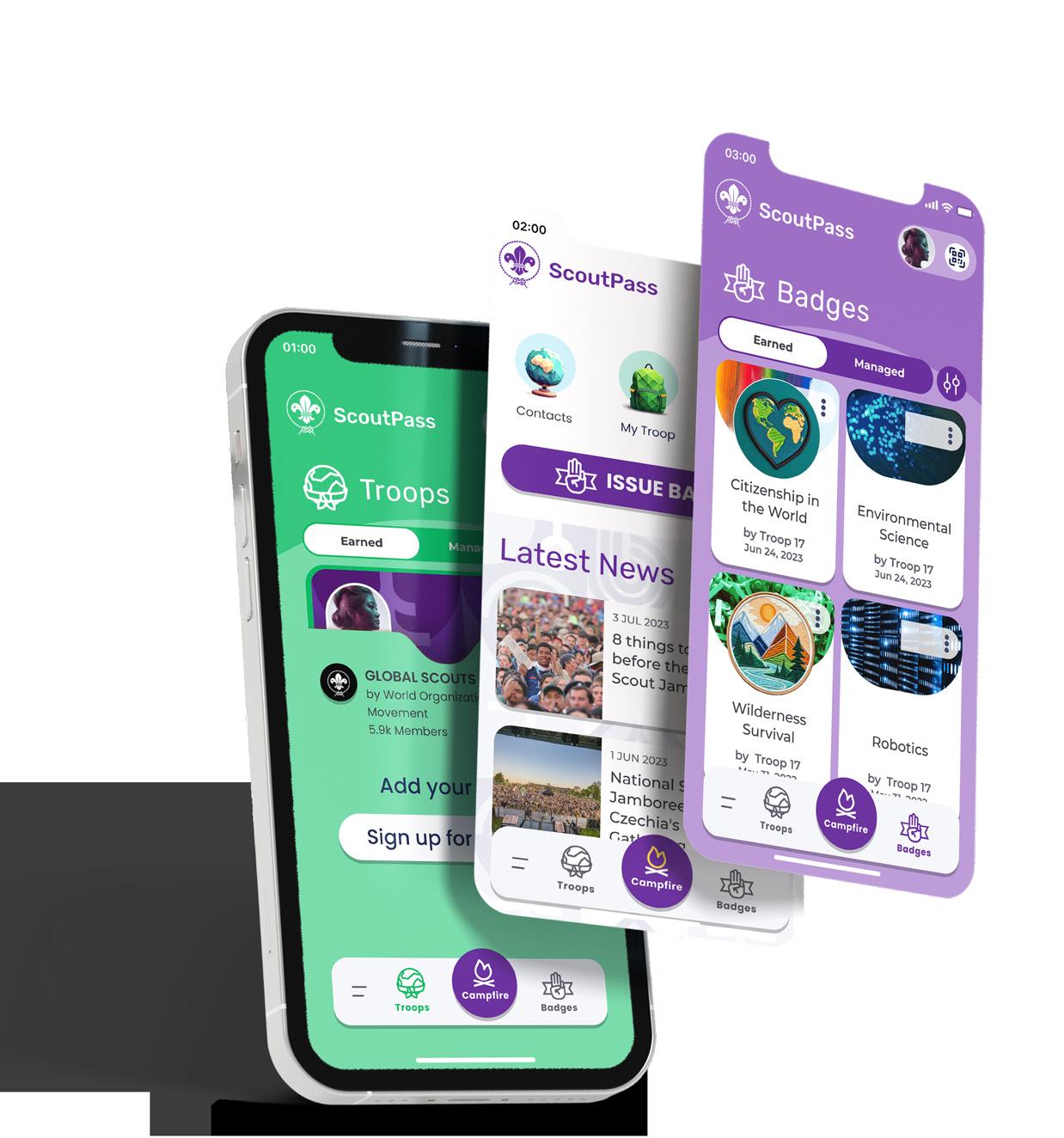
Moreover, substantial upgrades were made to the online platforms for WOSM Services and the Learning Zone library. These enhancements aim to facilitate NSOs in discovering, accessing, and utilizing Scouting resources. Additionally, efforts were made to enhance the relevance of resources, online learning courses, websites, and capacity strengthening workshops. This was achieved through translations, interpretations, and the integration of artificial intelligence tools to offer content in multiple languages.
To continue enhancing the engagement of NSOs and keeping them informed on the latest news and announcements from World Scouting, timely communications were offered in both official WOSM languages through ScoutPak, town halls, e-newsletters, and other communications channels.
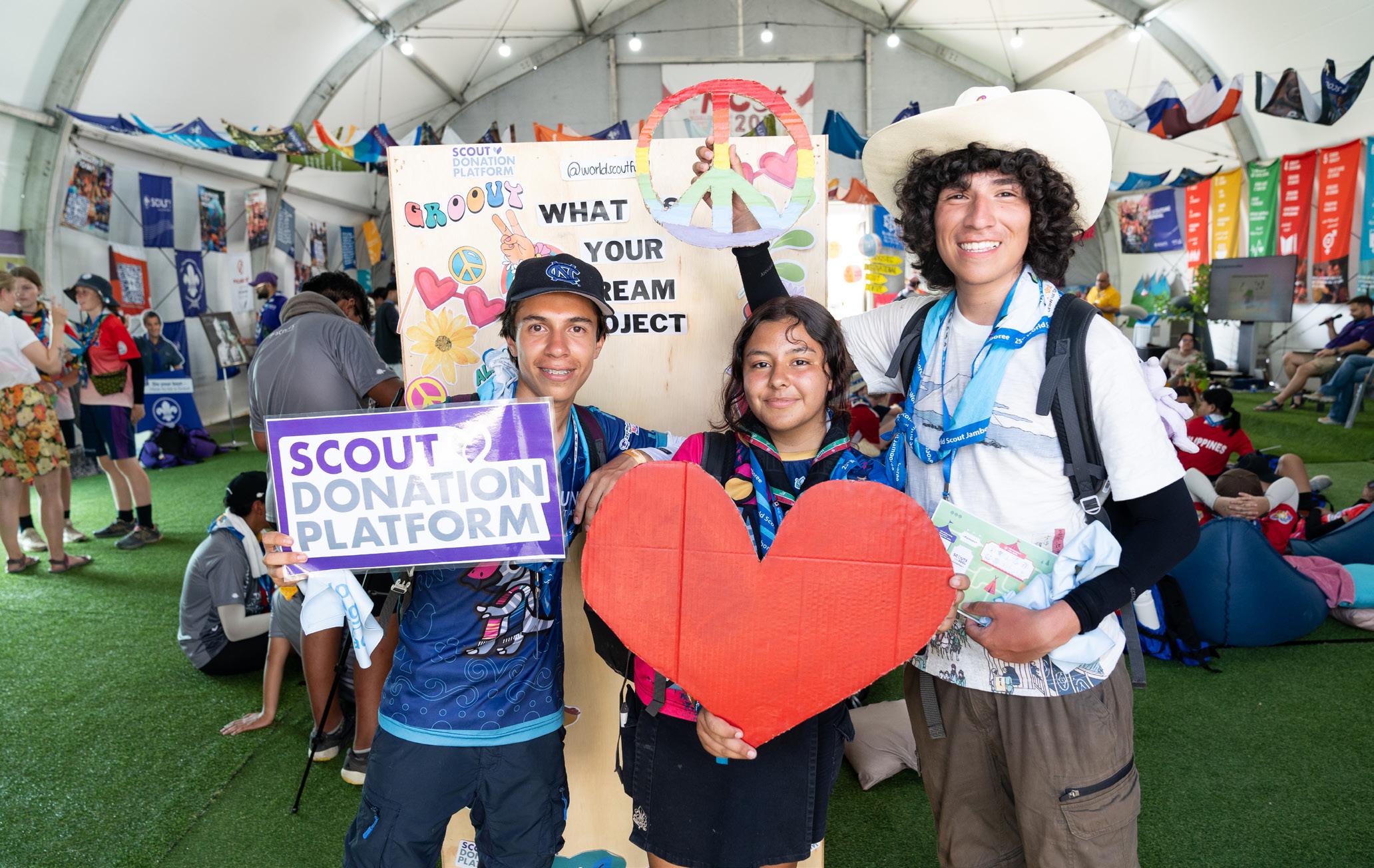
Other communications highlights from this triennium include the redesign of the Scout Donation Platform to support young people and NSOs to crowdfund for youth-led projects and emergency response efforts.
Achievements also include the development of a digital wallet, ScoutPass, that enables Scouts to earn and collect digital badges, and the creation of an influencers’ network to create content for our communications channels. The continued engagement of Bear Grylls as Chief Ambassador of World Scouting has been ongoing at key moments, as well as supporting NSOs in the area of crisis communications, and highlighting the stories and impact of World and Regional Scout events across channels.
• 1.6 million followers across world and regional social media channels
• 32 Scouting influencers engaged through our network to create content for World and Regional communications
• 14 communications services delivered to NSOs
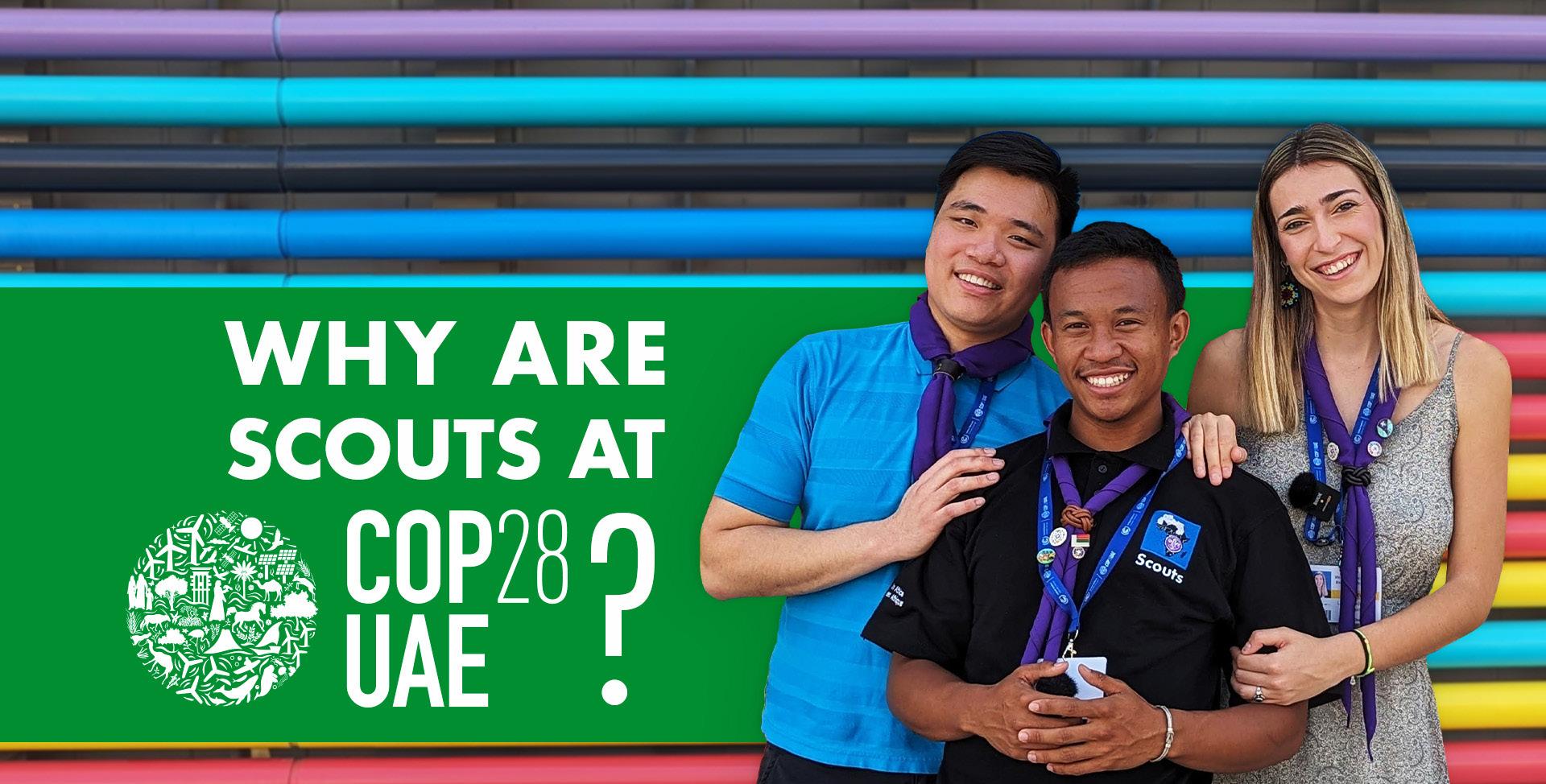
Youth Representation in the Scout Movement has made tremendous strides this triennium. World Scouting’s Youth Representatives continue to be the face of our youth-led advocacy and initiatives across seven key thematic areas: peace and humanitarian action, environment, education, Sustainable Development Goals (SDGs), gender, human rights, and the new advocacy area of health. From being elected to the steering committee of the new WHO Youth Council to building stronger foundations in youth platforms like YOUNGO and UNMGCY, the Youth Representatives are actively contributing to the sustainable development agenda while ensuring that Scouting remains visible and well recognised.
The Youth Representative structure was replicated in the Africa and Interamerica regions, giving more young people the opportunity to make their voices heard, and advocating for issues they deeply care about, while building new partnerships to support the delivery of this Triennial Plan.
During this triennium, two operational framework volunteer teams have been constituted and are dedicated to advancing the objectives of the Triennial Plan: Advocacy on Peace and Advocacy on Sustainability. The teams consist of a mix of staff, young people, and expert volunteers, committed to fulfil their respective mandates. They have been instrumental in delivering new positioning, training, and policy-focused resources for the Movement which could be used as valuable tools and also inspire national-level advocacy.
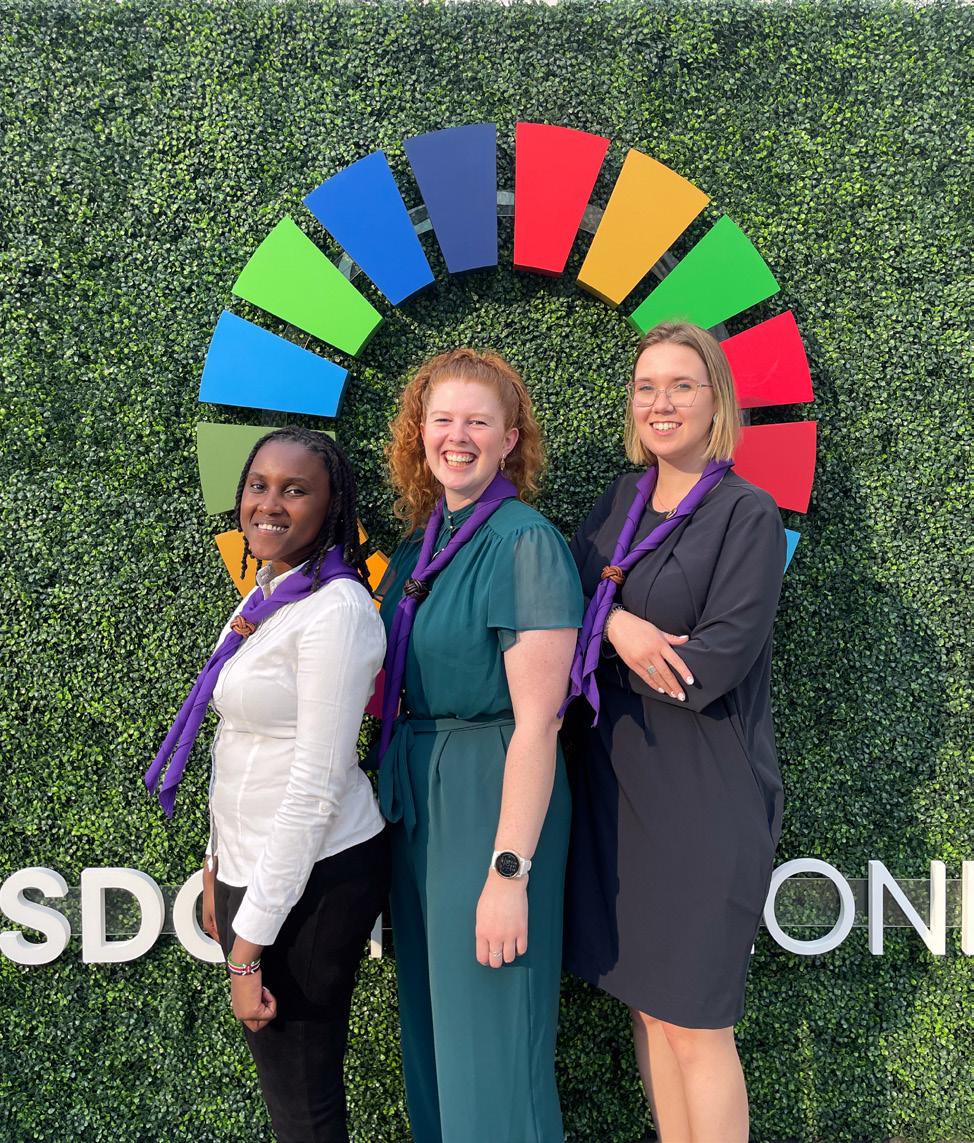
A key advocacy milestone this triennium includes the participation of WOSM delegations and NSO representatives to three UN Climate Conferences (COP) in Glasgow, Sharm-el-Sheikh, and Dubai as well as ensuring strong representation the UN General Assembly each year. This is actively contributing towards shaping the outcomes of the Transforming Education and SDG Summits. Health advocacy continues to develop with Scouts elected to the WHO Youth Council and Civil Society Commission.
To align our partnerships and advocacy initiatives with the wider organisation, a new Business Development and Resource Mobilisation strategy was launched in 2023, improving our internal systems and approaches to business development. The strategy is supported by a clear work plan, concrete yearly objectives and better alignment between global and regional teams covering grant management, monitoring and evaluation, advocacy and partnerships.
The World Scout Jamboree and World Scout Education Congress, saw a large presence from many of World Scouting’s global partners who contributed to the programmes of these two key Scouting events. Many new partnerships in this triennium have stemmed as a result of our diligent advocacy efforts. New partnership agreements have been signed with UNEP, UNFPA, FAO, UNICEF, and WWF. It also comes with great pleasure to be working closely with the European Commission on the delivery of the next phase of the Global Youth Mobilization programme.
• Over 20 institutional partnerships developed, including the signing and development of new strategic agreements
• 21 Global Youth Representatives appointed
• 155 appearances at global events
• 188 speaking engagements at global events
• 102 meetings with decision-makers
• 13 online campaigns delivered
• 12 advocacy toolkits created
• 49 global media stories about Scouting generated through advocacy & partnerships
• 13 partnerships services delivered to NSOs
KEY PERFORMANCE INDICATOR
The GSAT score across the Communication, Advocacy and Public Image dimension increased by 10% compared to the previous triennium.
KEY PERFORMANCE INDICATOR
NSOs report a 10% improvement in the accessibility, relevance, timeliness and clarity of World Scouting’s resources and communications.
KEY PERFORMANCE INDICATOR
20% of NSOs have implemented new or existing Global or Regional partnerships at the national level.
KEY PERFORMANCE INDICATOR
Global and Regional partners and other key stakeholders in the youth development, non-formal education and international development sectors see WOSM as a leading and influential educational youth movement.
KEY PERFORMANCE INDICATOR
WOSM has diversified and increased its number of funding sources by 20% through new institutional, philanthropic and private sector partnerships.
SP - 5: Communications and partnerships
Achieved (100%)
Almost achieved (Over 70%)
Partially achieved (30- 70%)
Not achieved (less than 30%)
All partners that responded agree or somewhat agree
All partners that responded agree or somewhat agree
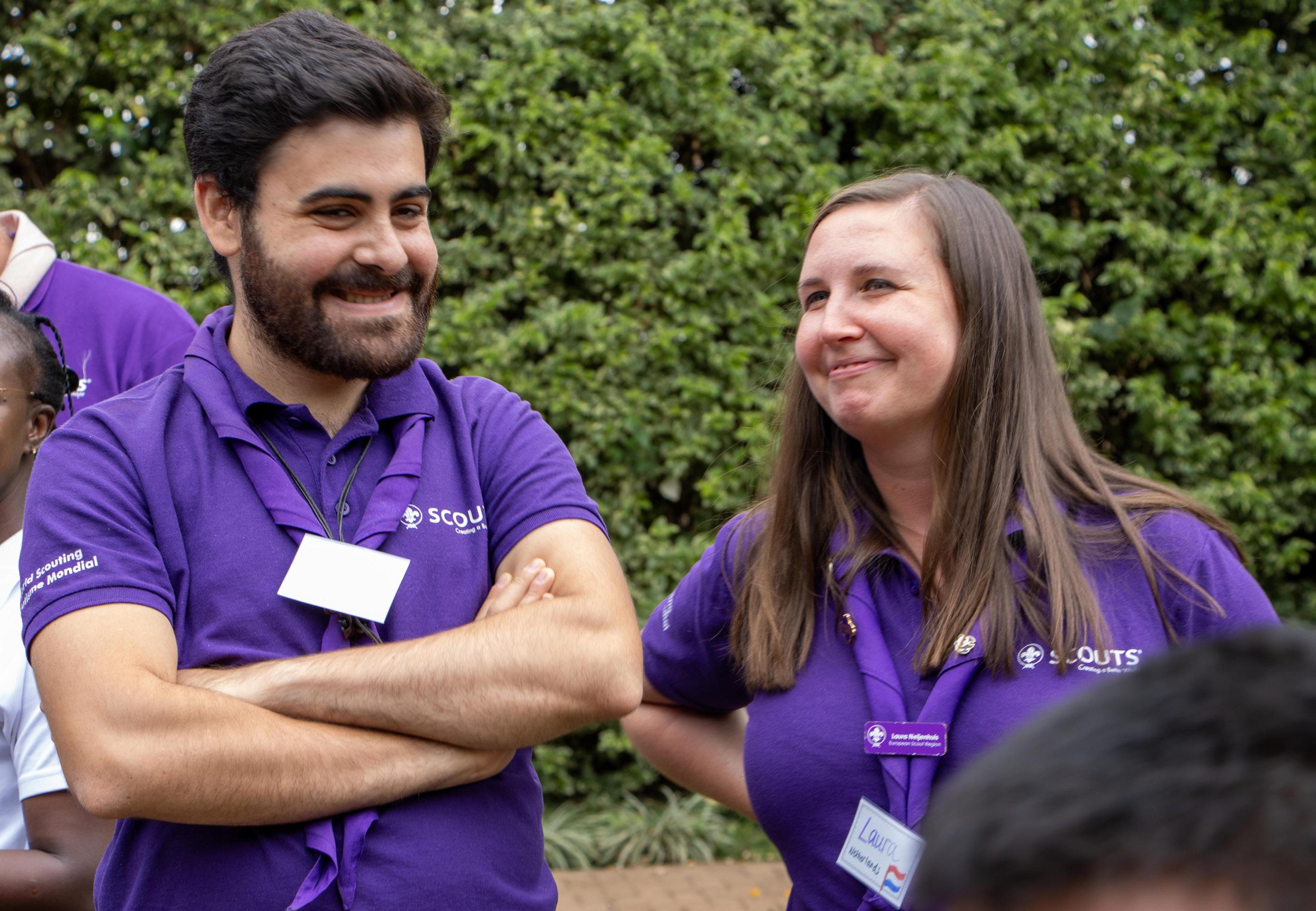
I have thoroughly appreciated the opportunity to co-lead several projects within the Good Governance Workstream this past triennium. Our work on Safe from Harm has seen the development of key safeguarding criteria that all Scouts around the world will ultimately benefit from. I have witnessed the passion volunteers and staff from across the Movement have for delivering safe and inclusive Scouting – and the collective desire to leverage our effort and scale to shape a world where less children and young people experience violence. Safe spaces are foundational to the delivery of our mission, and I am inspired by the efforts being undertaken to support our NSOs in making them a reality for each and every Scout.
Andrew Price - Co-Lead for the Safe from Harm Implementation
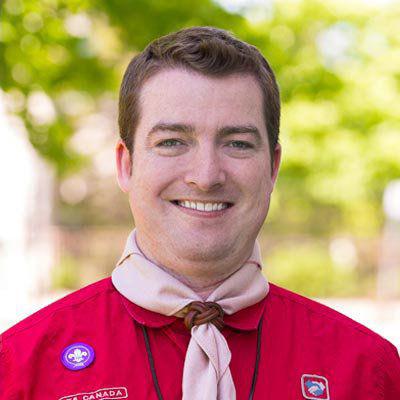
We can all be proud of the progress we have made as a Movemement in the Good Governance Workstream this triennium, especially in the development and launch of the Safe from Harm compliance mechanism and the strength of our pandemic membership recovery and subsequent growth.
We focused our efforts on better supporting NSO capability development through reviewing and enhancing our frameworks for GSAT and Safe from Harm, enhancing our growth support tools, training of WOSM assessors and consultants to enhance our ability to offer targeted support to members, and improving access to support by launching the WOSM Services platform on Treehouse.
Thank you to all the dedicated staff and volunteers in the Workstream.

The Good Governance Workstream has made significant strides across governance, Safe from Harm, GSAT, and growth initiatives. The team’s achievements include the implementation of GSAT 3.0 and a new assessment platform, along with the external training of WOSM Assessors to deliver quality Safe from Harm and GSAT assessments efficiently and with integrity. Implementation of the Safe from Harm compliance mechanism, including the launch of global and regional panels to support the review of assessments, has further strengthened the approach to keeping the Movement safe. The delivery of growth campfires with NSOs spurred
pandemic membership recovery and expansion efforts, where the Movement welcomed Antigua and Barbuda, Congo and Mali as new members and got ready to welcome Scouts of Albania as the 176th member Furthermore, support for new member applications has continued to ensure a healthy growth outlook in the coming years. The completion of WOSM consultants’ onboarding and training was finalized alongside the launch of the WOSM Services platform on Treehouse, enhancing service delivery across GSAT, Safe from Harm, Good Governance, and Growth Services.
Significant progress has been observed within WOSM concerning the expansion and improvement of its volunteer consultants’ pool, along with the introduction of innovative services aimed at fostering impactful change across all regions. In 2023, the organization conducted five rounds of training, resulting in the training of 120 new consultants and expanding the global pool to 285 volunteers. This strategic move has enabled WOSM to offer more tailored support to NSOs, facilitating meaningful change in various communities. An important milestone in 2024 was the introduction of the Social Impact service in February. This initiative is designed to equip NSOs with essential resources and consultant support, enabling them to both measure and amplify the impact they have within their communities. This service underscores WOSM’s commitment to creating a positive social influence through Scouting activities worldwide.
In this triennium:
• A total of 421 services were delivered to 86% of Member Organizations (which amounts to 196 NSOs).
• 120 new consultants were trained to provide more quality support through service delivery, bringing the total number of volunteer consultants to 270.
• A new service for Social Impact has been created to support Member Organizations to measure the impact they are creating in their communities.
• The net promoter score for the years 2021-2024 is 9.4 on average.
The Good Governance service, essential to strengthening an NSO, received 88 service requests during the triennium, largely pertaining to board member inductions, showcasing the service’s relevance and demand. Furthermore, the area has been enriched with new resources in financial and risk management, leading to the establishment of a new service area within Good Governance. This expansion plays a crucial role in the mission to enhance organizational effectiveness and resilience among NSOs. Additionally, the GSAT Service received 44 requests for assessments and self-assessments, reflecting the continuous need for organisational improvement and accountability. The addition of 22 new Good Governance consultants and eight GSAT consultants has substantially strengthened WOSM’s capacity to address these demands.
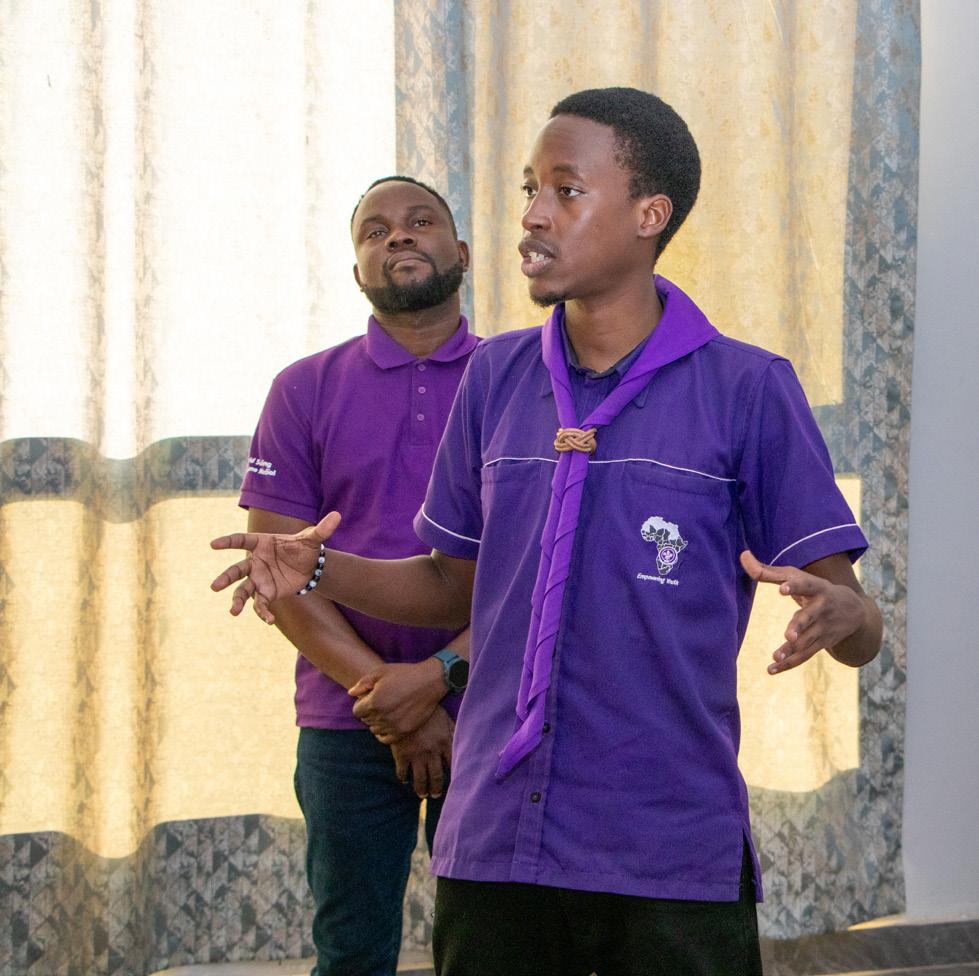
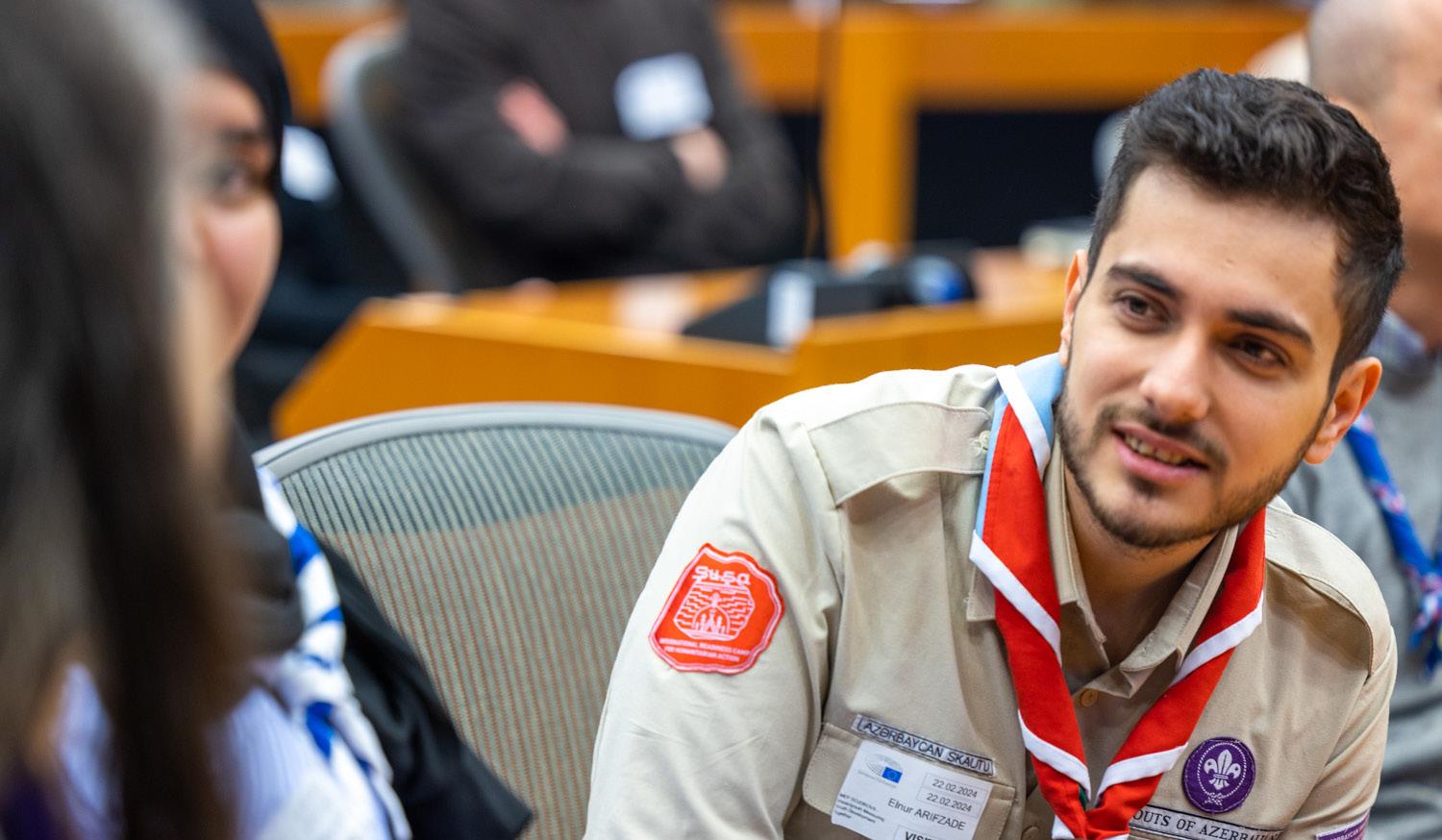
GSAT strengthens strategies and better planning in Cabo Verde
This triennium was also marked by the launch of GSAT 3.0 that features updated assessment guidelines and a digital assessment platform. This upgrade makes the assessment process much more accessible to NSOs, allowing for efficient data management and preparation. GSAT 3.0 focuses on safety, youth involvement in decision-making, and environmental sustainability, aligning with the evolving needs of the Scout Movement and its stakeholders. To uphold the highest integrity levels in assessments, WOSM Assessors were formally trained on internal audit practices by HQAI, an independent auditor for the humanitarian and development sector. The self-assessment tool is accessible to all NSOs and NSAs through Treehouse.
In the ever-evolving landscape of organisational growth and development, the decision by the Comissioner of Associação dos Escuteiros de Cabo Verde to embrace change and seek improvement stands as a testament to the organisation’s commitment to progress and the importance of WOSM Services. After conducting a GSAT SelfAssessment in July 2019, the NSO instigated a series of measures to strengthen areas highlighted for improvement, starting with a board induction for the newly elected National Board, and a review of the NSO’s strategic plan, both executed with the support of WOSM Consultants.
During the triennium, the World Scout Conference emphasised the fundamental right of every child, young person, and adult to experience safety within Scouting. Building on this directive, a robust Safe from Harm assessment mechanism was developed, enabling NSOs to evaluate their practices against 23 safeguarding criteria derived from international standards. This mechanism is facilitated by a digital tool, integrated into WOSM’s annual reporting process.
To ensure a thorough assessment of NSO submissions, regional and global panels were established. These panels, composed of trained reviewers, analysing the self-assessment submissions, providing constructive feedback and recommendations to assist NSOs in advancing their safeguarding measures.
Recognising the need for NSOs to meet these crucial standards, a comprehensive training curriculum was introduced for both new and existing WOSM Safe from Harm consultants. This initiative was supplemented by the creation of additional resources, including modules addressing the major nonconformity requirements of the assessment. These resources are designed to enhance NSO capacities in various dimensions of the assessment tool. Furthermore, a new framework was devised to guide new members in integrating Safe from Harm initiatives as part of their membership application process.
WOSM also ensured the implementation of Safe from Harm structures at all World and Regional Scout Events, including the World Scout Education Congress, JOTA-JOTI, and jamborees, thereby guaranteeing a secure environment
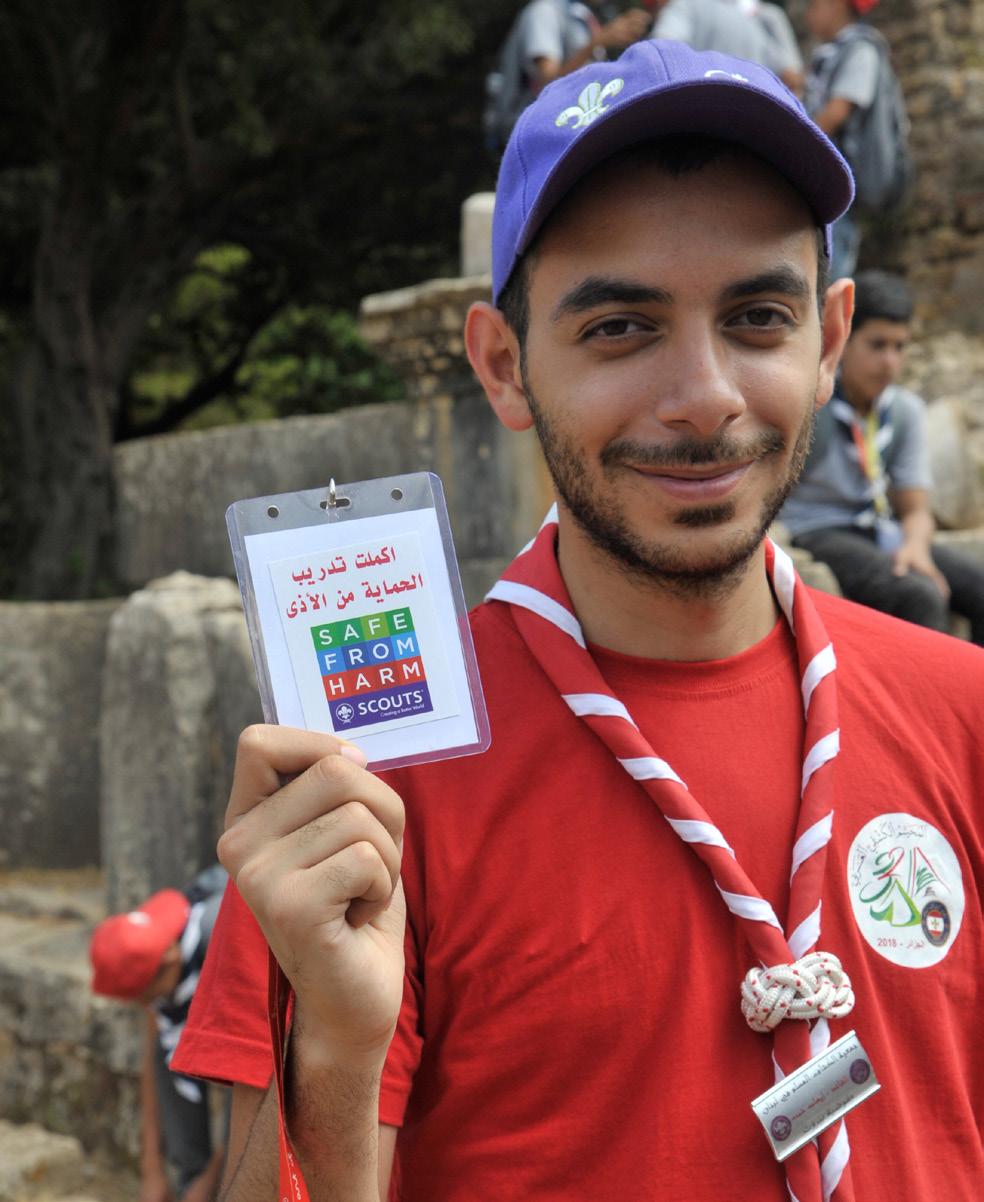
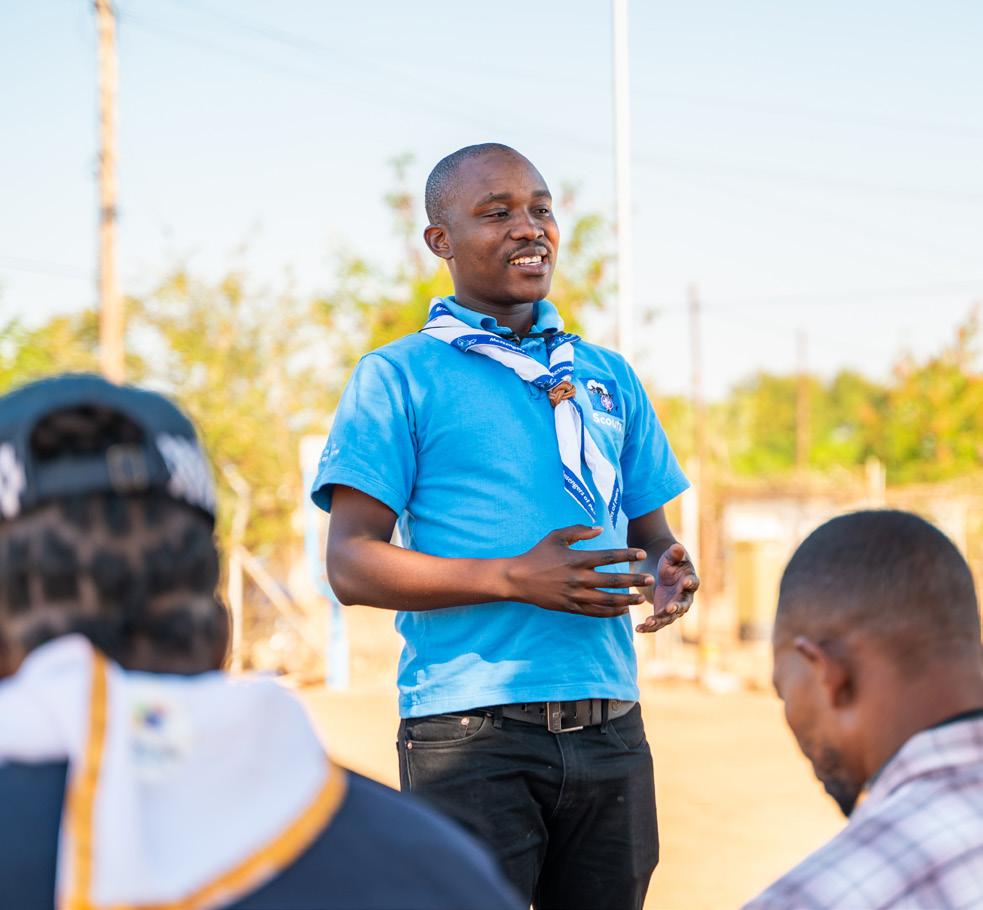
for participants and organisers. Additionally, updated Safe from Harm guidelines were released to aid event host teams in establishing robust safeguarding structures, tailored to the specific needs of their events. The Safe from Harm e-learning platform was thoroughly revised at the onset of the triennium, mandating that all WOSM volunteers and staff comply with the safeguarding requirements.
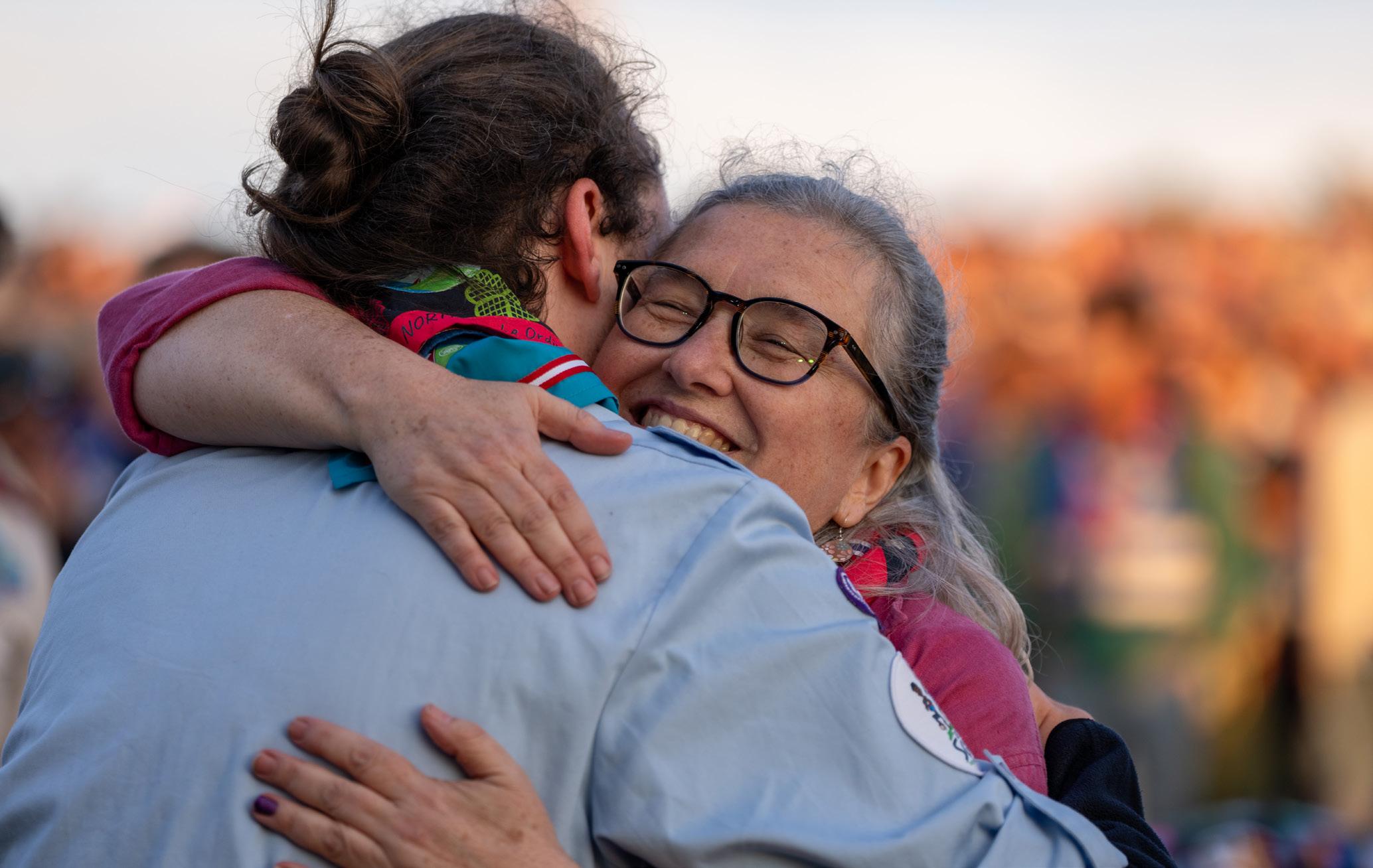
Uganda delivers first virtual Jamboree with communications support
The Uganda Scouts Association received support through WOSM Services to develop the communication plan, branding, and digital marketing for Africa’s first virtual Jamboree. The one-of-a-kind event for the Region engaged more than 2,200 participants from 91 countries around the world over six days and brought together young people to develop 21st century skills and reflect on their contributions towards building stronger communities.
The triennium witnessed an intensified effort by WOSM to communicate the critical importance of the Safe from Harm policy. This was achieved through various channels, including Regional Scout Conferences, NSO town halls, Safe from Harm week, and other interactive platforms, ensuring widespread outreach to the majority of NSOs. A strategic partnership with Keeping Children Safe was initiated, aiming to augment WOSM’s safeguarding capabilities by leveraging insights from organisations specialising in child protection. Collaborative engagements with the International Society for the Prevention of Child Abuse and Neglect and the Child Safety and Protection Network further reinforced WOSM’s capacity in the Safe from Harm domain.
The triennium concluded with the development of an annex to the World Safe from Harm Policy, ratified by the World Scout Committee. This addition seeks to harmonise the policy with the newly established assessment mechanism. Looking forward, the next triennium is set to commence a comprehensive review of the World Safe from Harm policy, reinforcing WOSM’s commitment to ensuring a safe and protective environment for all participants in Scouting activities.
Throughout the triennium, WOSM has remained dedicated to supporting NSOs in overcoming the challenges brought about by the pandemic. After three years of concerted efforts, the official census data is encouraging as it indicates a full recovery in membership numbers. In 2022, there was a notable 5% increase in membership, marking a significant rebound from the 0.3% growth observed in 2021. This positive trend also represents a reversal from the 6.5% decrease recorded between 2019 and 2020.
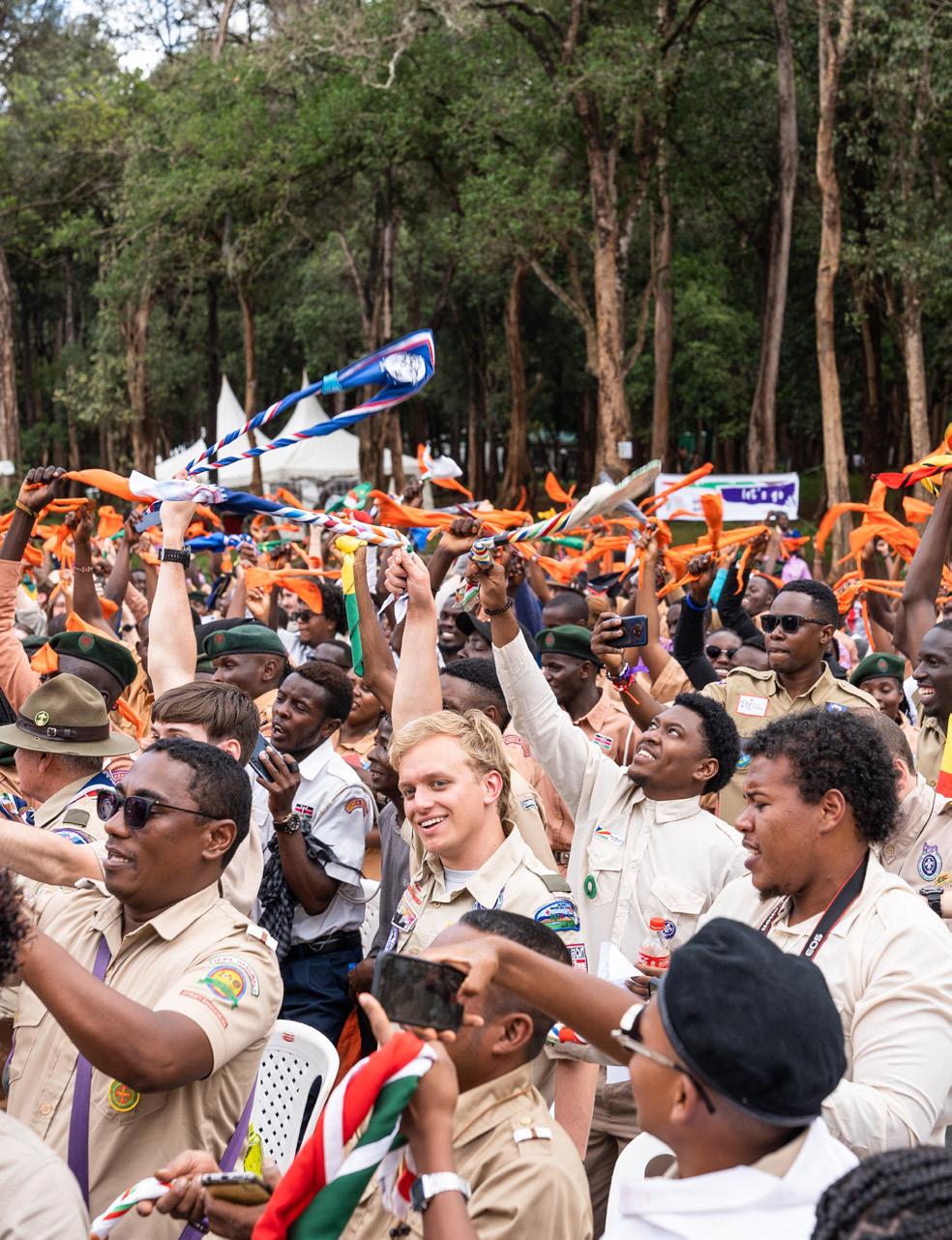
A crucial component of our strategy to support NSOs in achieving sustainable growth has been the WOSM Growth service. Over the 2021-2024 period, WOSM has successfully delivered and is currently in the process of delivering a total of 45 services. These initiatives encompassed the development and implementation of growth and retention strategies, the design of recruitment campaigns, and improvements to membership management systems. These efforts were bolstered by the Re-energising Scouting Fund, which provided vital financial resources to NSOs. Additionally, the operational framework project “Growth, Recovery, and Resilience - Enabling Capacities for Growth” was instrumental in developing new resources and making existing resources more accessible through translation into additional languages. This project also facilitated a valuable exchange platform for NSOs to share experiences, challenges, and innovative growth ideas. Significant emphasis was placed on increasing NSO awareness and capacities for developing and implementing Growth action plans and running effective membership management systems. Support mechanisms included webinars, capacity building for NSO growth focal points across various regions, and the development of new resources. A noteworthy achievement in bolstering our support capabilities was the addition of 17 new consultants to the Growth service. This milestone significantly enhances the range and quality of services we can offer, underpinning our commitment to fostering sustainable growth and resilience among NSOs worldwide.
WOSM’s expansion efforts have continued, with the inclusion of new countries and territories, thereby extending our educational offerings to more young people. During this period, the Movement welcomed three new members to WOSM: the NSO of Antigua and Barbuda in November 2022 as the 173rd member, the NSO of Congo in August 2023 as the 174th member, and the NSO of Mali in June 2024 as the 175th member and we are expecting Albania to join as 176th member right before the 43rd World Scout Conference. Our Global and Regional Support Centres are continuing the development efforts to support Scouting in potential members such as the Central African Republic, Kyrgyzstan, and Uzbekistan.
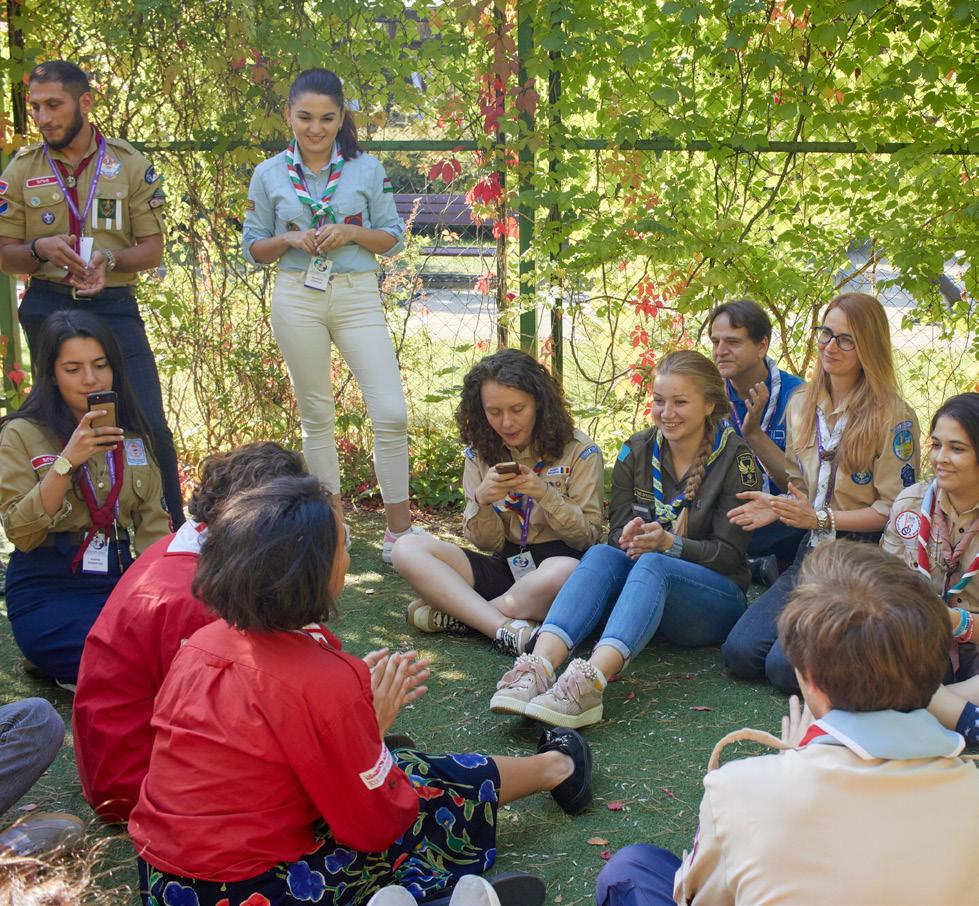
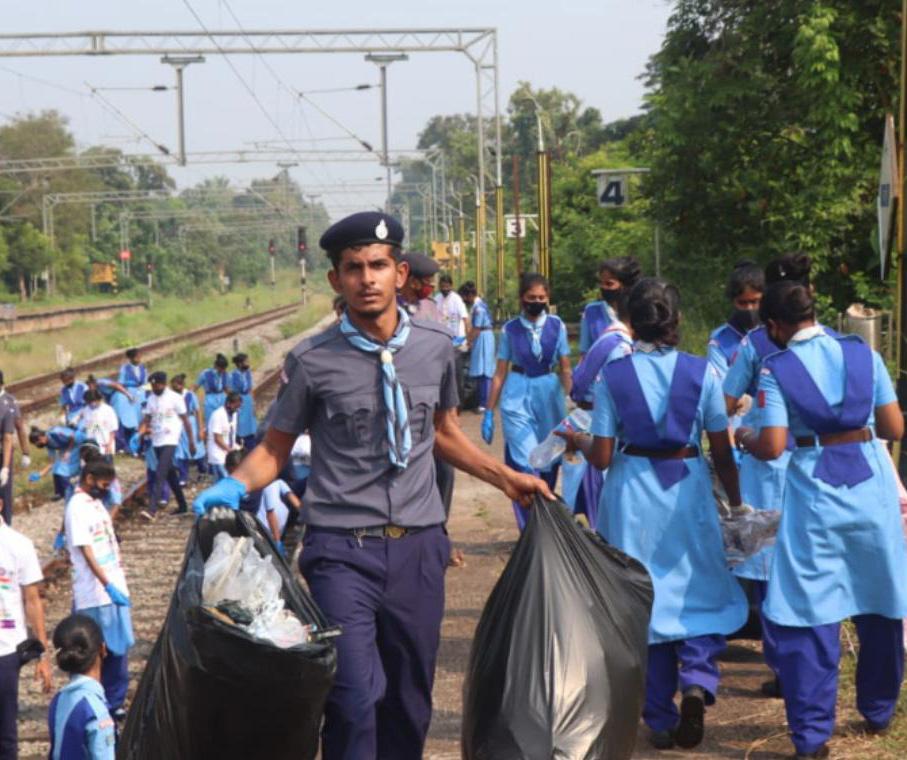
A strong commitment to leverage technology and innovation in education, led the Bharat Scouts and Guides to kick-start the process of renewing their Youth Programme for all Scouting age sections, using the Guide to Youth Programme (GPS) as their main reference tool, with support from WOSM Services. This initiative allowed the NSO to ensure they remain relevant, attractive, and responsive to young people’s needs.
The resources offered to NSOs through the Learning Zone and Treehouse (WOSM Services area) now offer WOSM valuable insights into usage and user satisfaction, thanks to a new feature enabling rating and commenting. This allows WOSM to pinpoint essential information for increasing translated versions of resources and guidance, as well as identifying areas where resources may require updating and development. Continual enhancements to membership platforms such as the WOSM Services, Treehouse, Directory, Data Portal, and Learning Zone have enabled WOSM to adapt its support approach to NSOs based on their specific needs.
The partnership between WOSM and Accountable Now, a global organisation aiding civil society organisations in dynamic accountability, aligns with their best practice framework that offers valuable external insights for organisational improvement. This collaboration enabled WOSM to enhance training and capacity building for its teams. WOSM encourages all NSOs to adopt good governance and accountability principles, starting with preparing for and taking a GSAT to ensure a solid foundation for navigating changing organisational contexts.
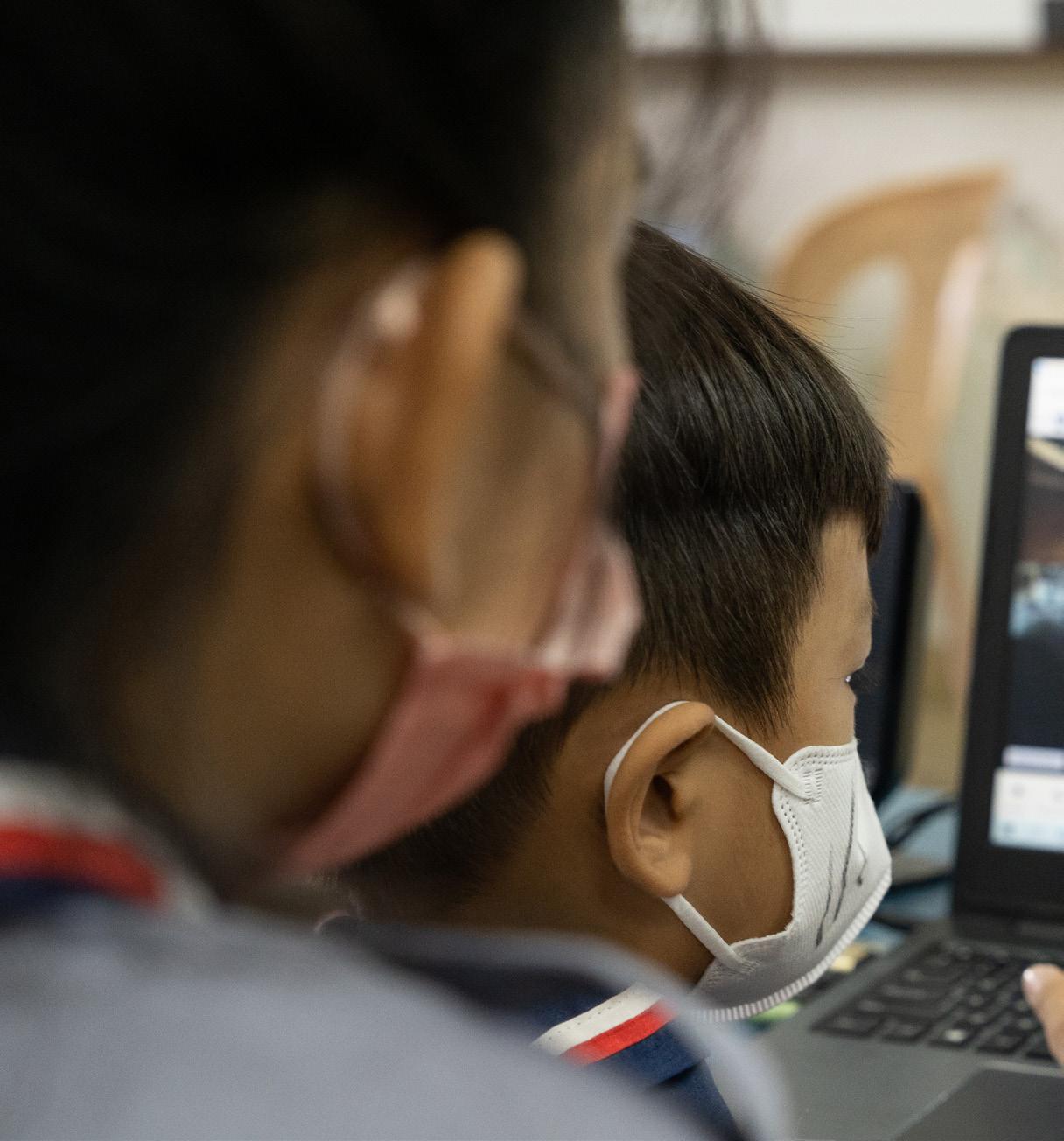
The Safe from Harm case management team continued the work around ongoing improvements of the WOSM Safe from Harm Procedures to ensure global safeguarding standards are met. The WOSM Ethics Committee and the Safe from Harm case management team convene annually for further review.
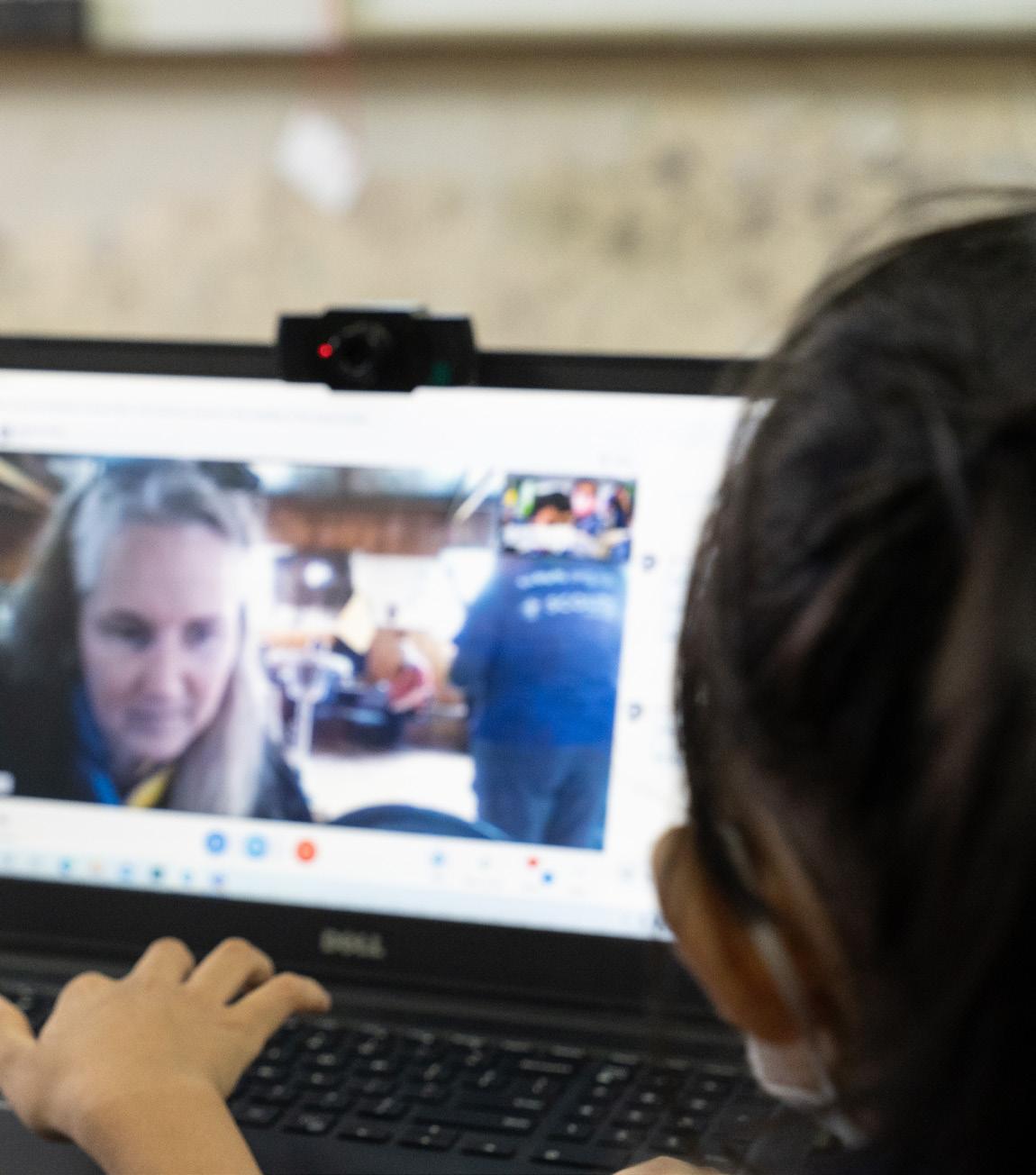
With the revamp of the NSO Members Portal and the launch of Treehouse, NSOs now have a virtual campfire-like space that provides several interactive, knowledge sharing opportunities. Through these platforms, NSOs have access to global, regional or local events, shared resources, can post and comment on news, join topic-based groups, and more. For the 4th World Scout Education Congress, a Treehouse group served as a virtual gathering for participants, allowing them to interact before and during the event, share posts and photos, answer polls, etc. The group brought together 128 participants, and was moderated entirely by volunteers.
The Asociación Nacional de Scouts de Panamá conducted a GSAT assessment in September 2021 and identified several areas for improvement in their operations. Thanks to support from WOSM Services, the NSO is now focused on executing a growth plan, enhancing Good Governance, improving financial management, revising their constitution, implementing a long-term strategic plan, and putting in place stronger Safe from Harm measures to ensure the safety and wellbeing of all their members.
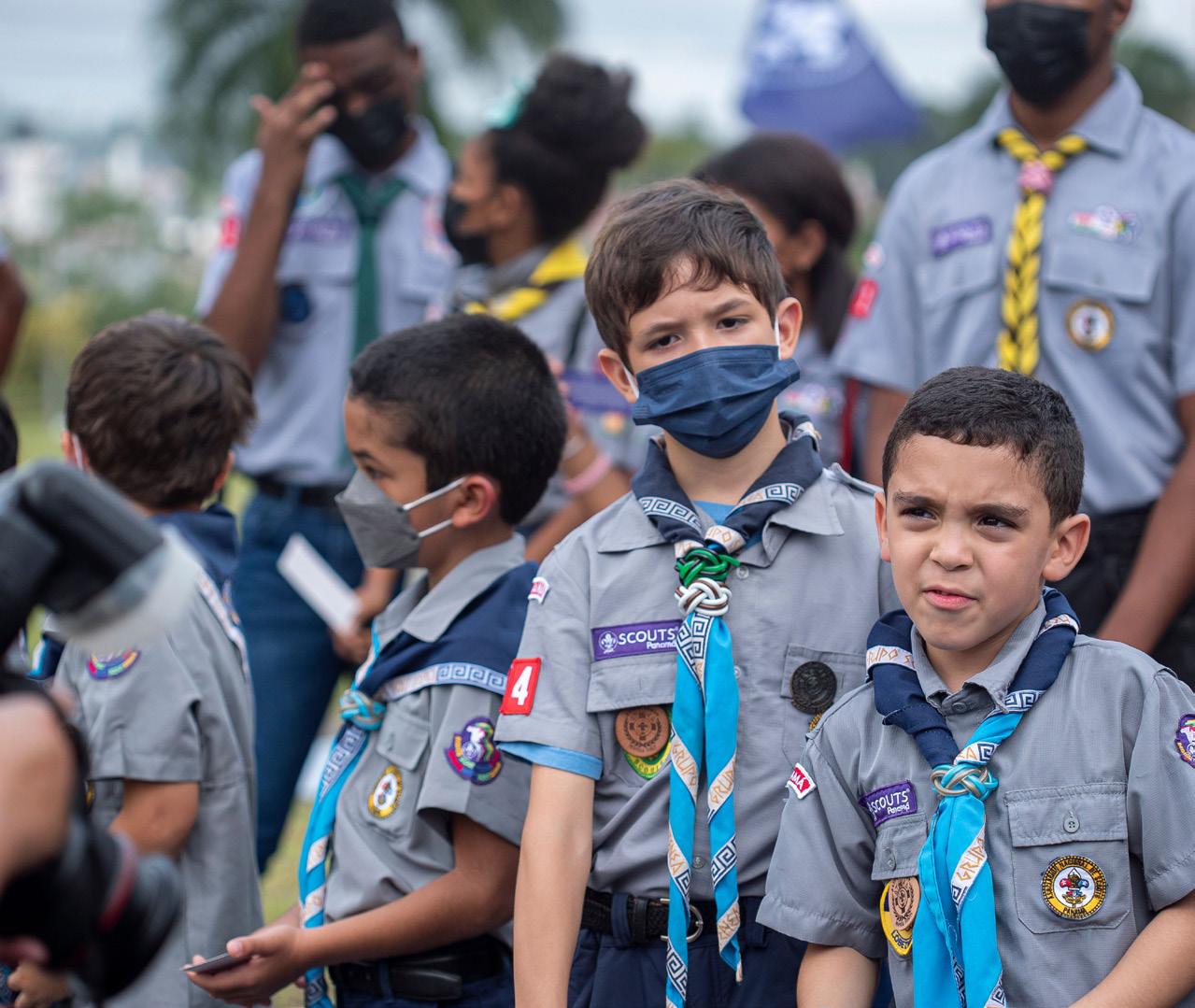
KEY PERFORMANCE INDICATOR
50% of NSOs increased their membership between 2021 and 2024.
KEY PERFORMANCE INDICATOR
WOSM membership growth by 10% between 2021 and 2024.
KEY PERFORMANCE INDICATOR
80% of the NSOs that lost membership as a result of the COVID-19 pandemic have fully recovered their membership numbers
KEY PERFORMANCE INDICATOR
100% of NSOs have achieved compliance in Safe from Harm.
SPECIAL CASE
During the Triennium a new robust Safe from Harm assessment mechanism was developed to enable NSOs to evaluate their practices against new safeguarding criteria derived from international standards. The full implementation of this Standard will be measured in the next Strategy for Scouting.
KEY PERFORMANCE INDICATOR
The average GSAT score across the dimensions of governance* is 10% higher than in the previous triennium.
KEY PERFORMANCE INDICATOR
90% of NSOs which have received a WOSM Service are satisfied and would recommend the service to others.
SP
Achieved (100%)
Almost achieved (Over 70%)
Partially achieved (30- 70%)
Not achieved (less than 30%)
101 NSOs 92 NSOs
*The score for the GSAT based KPIs is based of Dimension average from the GSAT 2.0 and GSAT 3.0 standards.
JOTA-JOTI
• 15-17 October 2021
• 14-16 October 2022
• 20-22 October 2023
25th World Scout Jamboree, Republic of Korea
• 1-12 August 2023
4th World Scout Education Congress, France
• 1-3 December 2023
43rd World Scout Conference, Egypt
• 17-23 August 2024


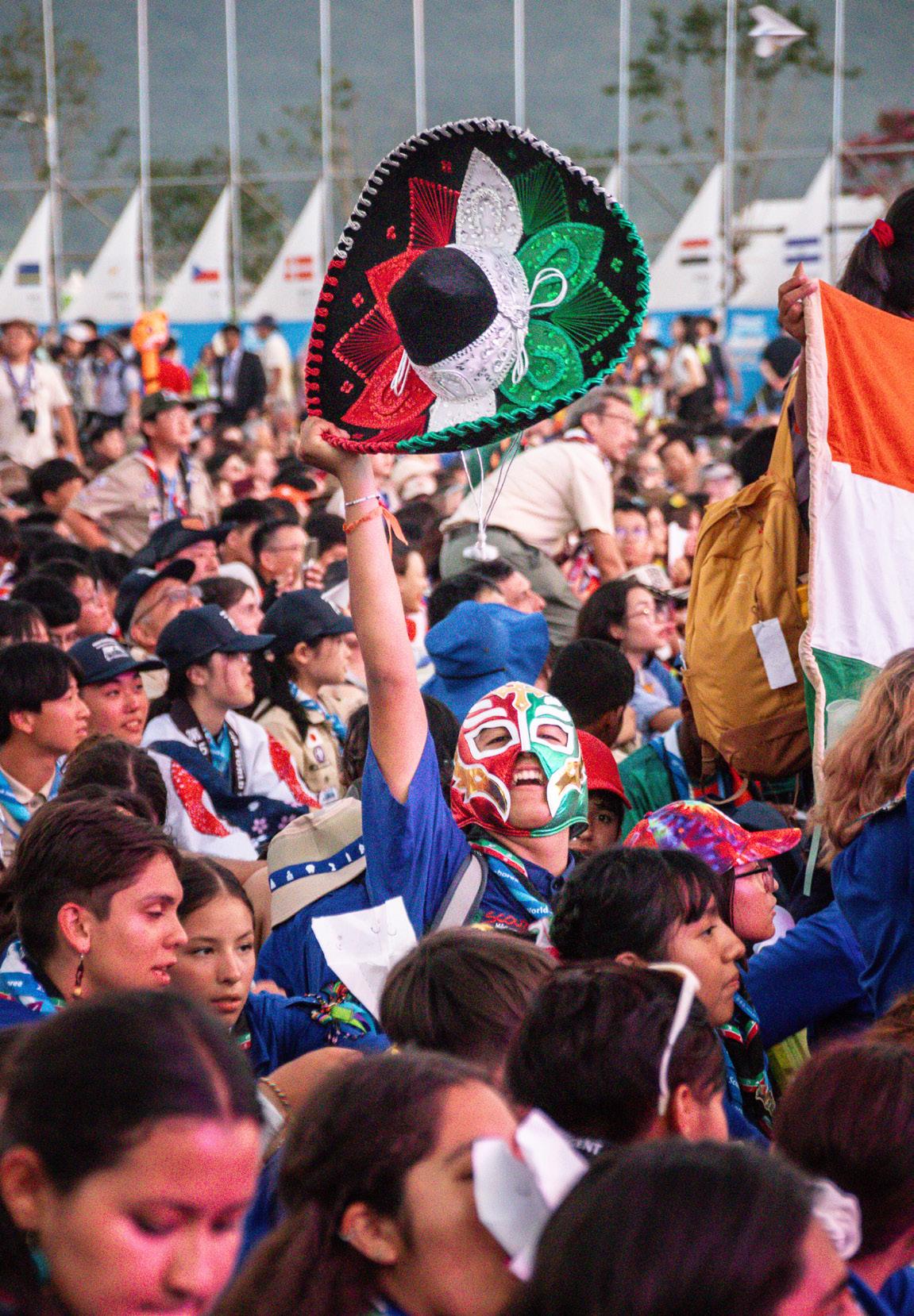
1 - 12 August 2023, Republic of Korea
In August 2023, more than 43,000 young people and volunteers from 158 countries gathered in SaeManGeum, Republic of Korea, for the first global Scouting event in-person since the COVID-19 pandemic. Hosted by the Korea Scout Association and supported by over 8,000 volunteers from across the globe, the 25th World Scout Jamboree aimed to celebrate the strength, unity and diversity of the Scout Movement through a wide range of education and adventure activities.
The event however was not without its challenges. Organisational issues and an extreme heatwave, followed by a typhoon, significantly impacted the delivery of the Jamboree, and the experience of Scouts, volunteers, and National Scout Organization leadership. With support from the Korean Government and hundreds of Scout volunteers on the ground, participants were safely and securely relocated to multiple sites in Seoul and the surrounding areas, demonstrating the remarkable resilience, adaptability and leadership of our Movement.
In September 2023 following the event, the World Scout Committee appointed a Review Panel for the 25th World Scout Jamboree to independently and impartially review the events associated with the 25th World Scout Jamboree. The Panel’s findings, outlined in a report shared with National Scout Organizations in April 2024, highlighted a number of shortcomings and challenges related to the planning and delivery of the 25th World Scout Jamboree. The report also offered recommendations and actionable steps that World Scouting and future Hosts can take to enhance and improve the standards of safety and quality across WOSM Events.
Looking ahead, World Scouting is committed to implementing a series of comprehensive measures to substantially strengthen the governance, supervision, and management of our World Scout events to make them even safer and more transformative experiences for young people and volunteers. These measures include improvements to host organisation agreements and a proposed amendment to the WOSM Constitution that will empower the World Scout Committee and World Scout Bureau with stronger mandates to fulfil their oversight and support role in the organisation of WOSM events.
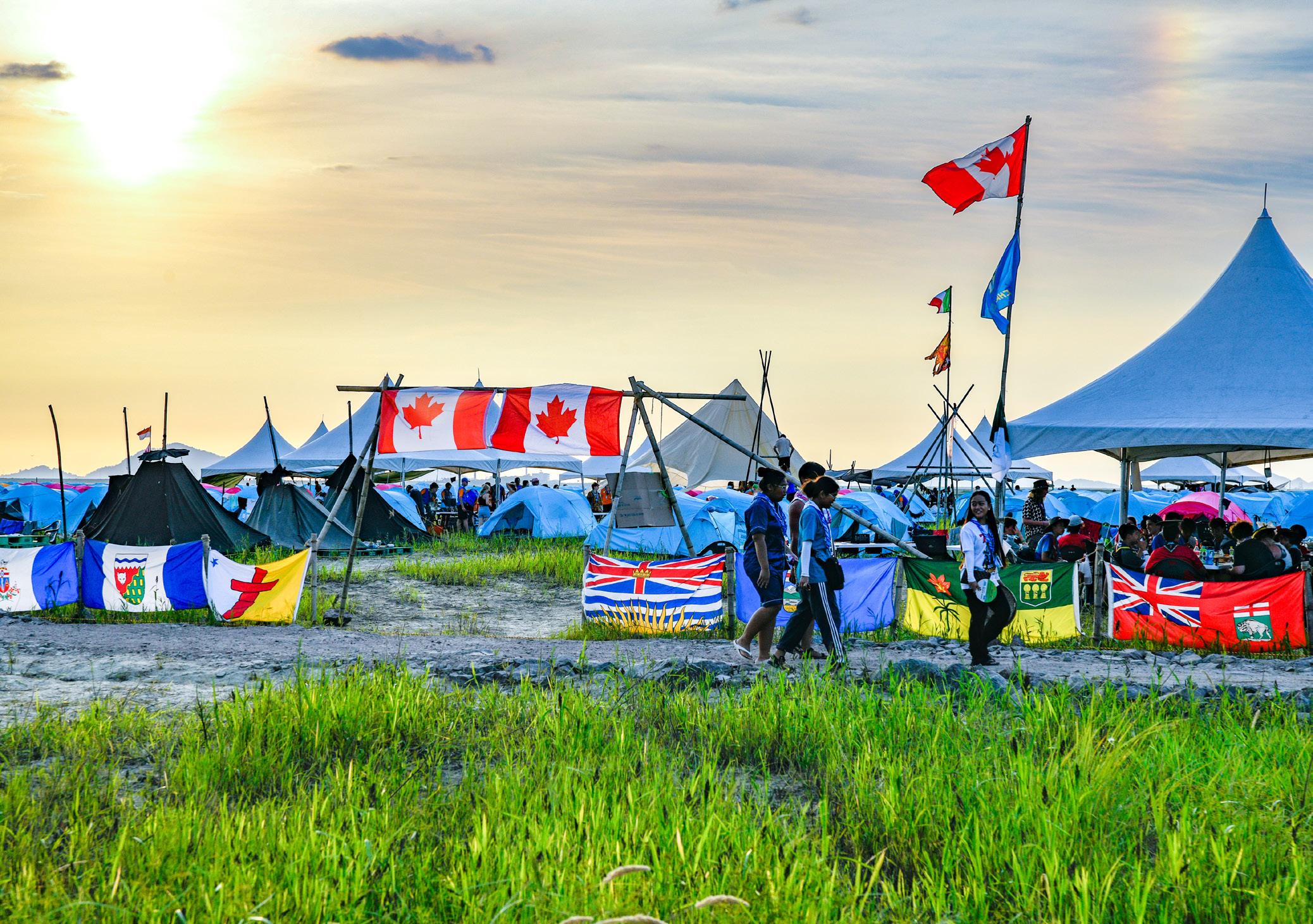
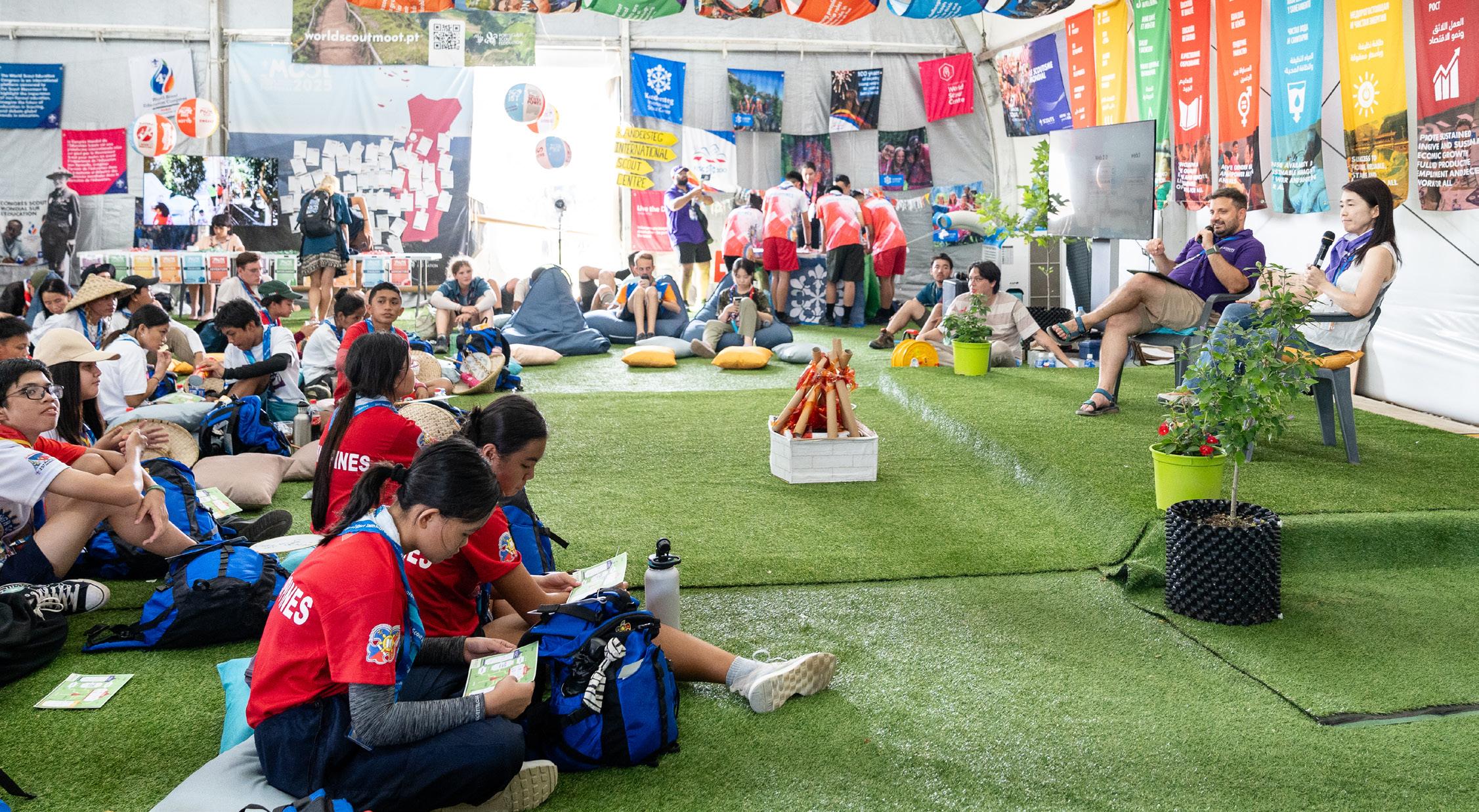
We also developed and published a WOSM Events Strategy, providing a clear proposed vision and roadmap for the development of future WOSM Events. The strategy aims to ensure we offer safe, sustainable, and impactful events, while fostering trust among Member Organizations and Hosts, and enhancing planning and delivery expertise.
These actions are being put in place as a result of the findings and recommendations highlighted by the independent panel and WOSM’s internal work following a thorough review of the events associated with the Jamboree. We are committed to learn from the experience of the 25th World Scout Jamboree and take forward the Panel’s recommendations to significantly upgrade the governance, supervision, and management of future World Scout events that will meet the expectations of our membership.
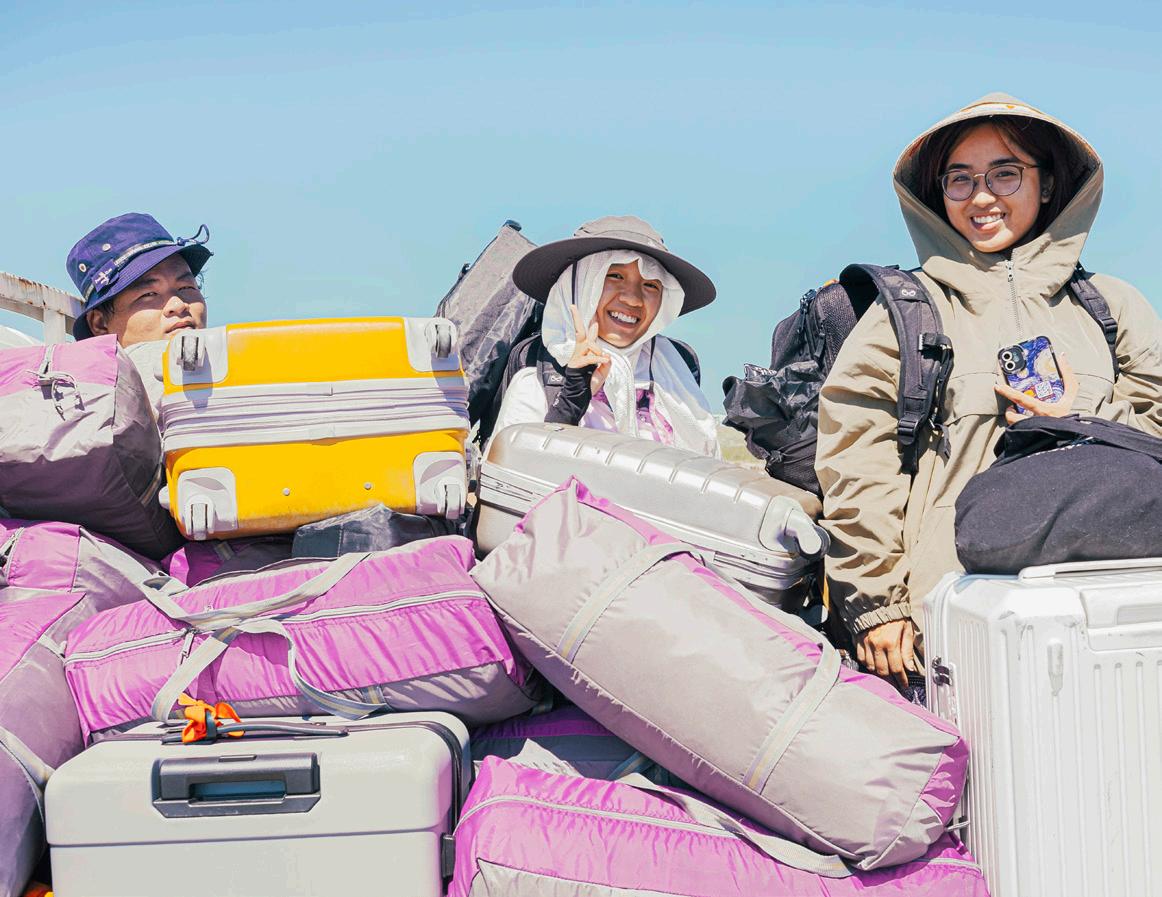
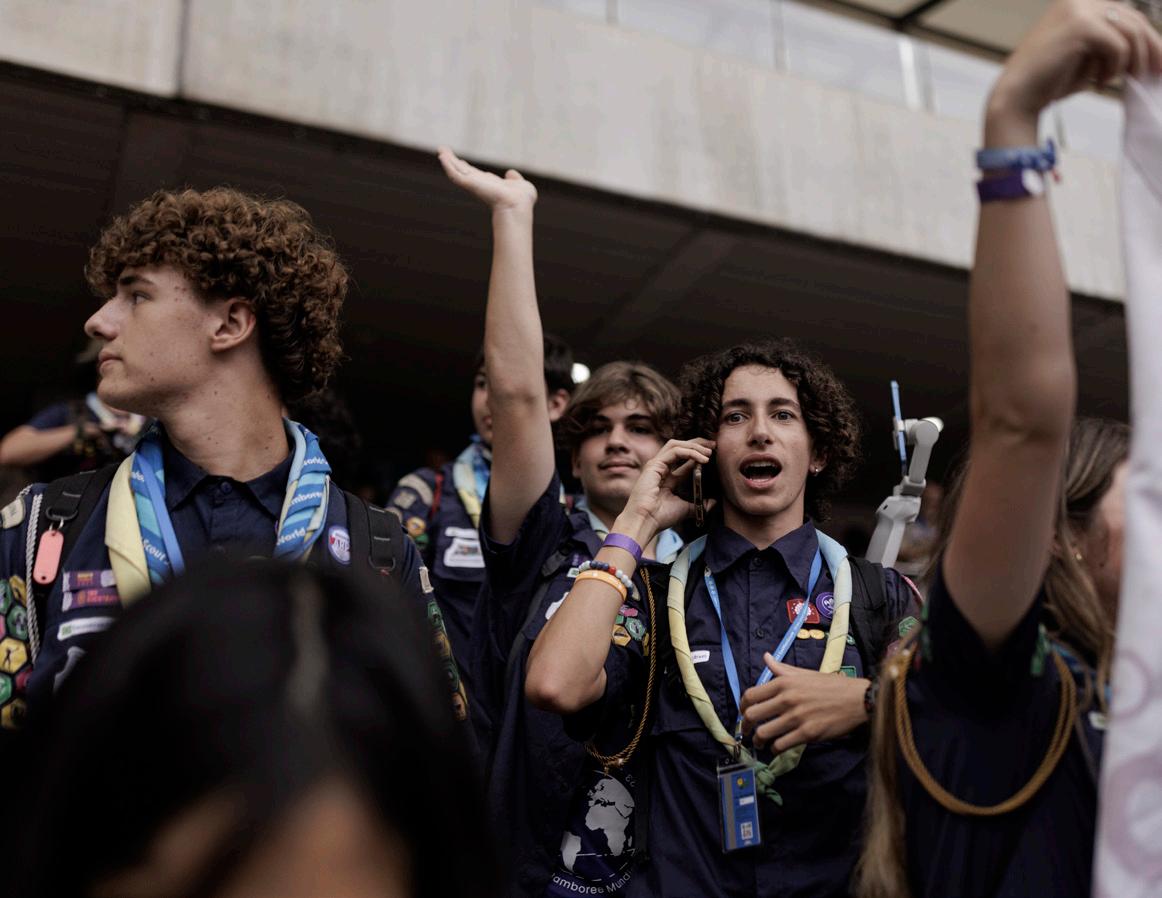
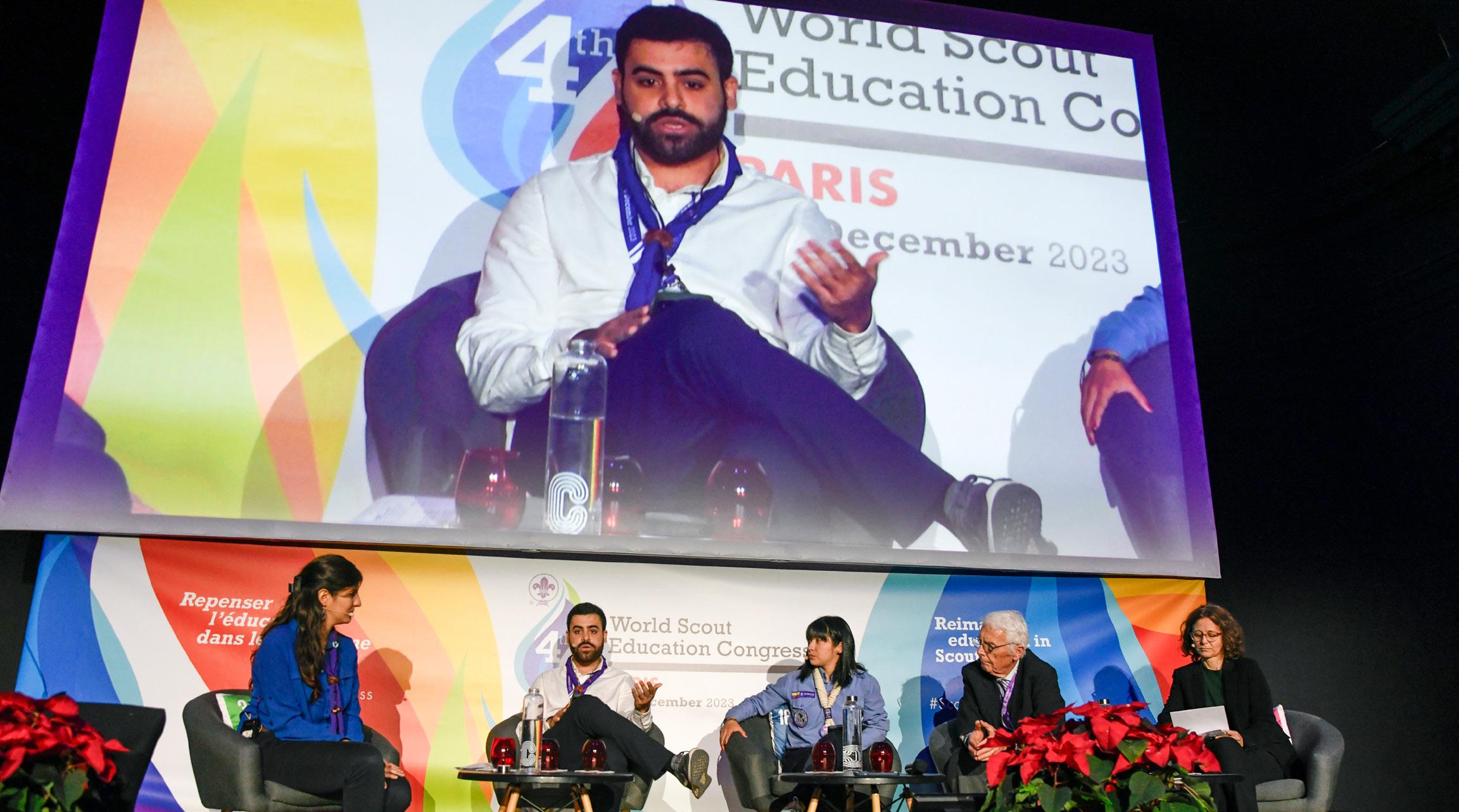
The 4th World Scout Education Congress was held in Paris from 1-3 December 2023. The event gathered over 500 Scout Leaders, partner organisations, and educators from over 75 countries. The participants of the conference ranged from NSO leaders and government ministers, to esteemed partners who engaged in insightful conversations that will future-proof the educational journey for the young people of our Movement. This included discussions on modernising Scouting Youth Programmes, enhancing membership and volunteer management systems, advocating for non-formal education, and, showcasing our commitment to Scouts for SDGs. The event has provided an opportunity for all participants to contribute to shaping the Roadmap for Education in Scouting in the next strategy. The roadmap aims to provide ideas and direction for NSOs to enhance their educational offering to more relevant, inclusive and engaging learning experiences for their members.
We are grateful to Scoutisme Français for their exceptional efforts in hosting the 4th World Scout Education Congress. The event was brought to life by a dedicated team of volunteers and staff who ensured its success. Their commitment to participant well-being, safety and seamless logistics was evident throughout the Congress.
The diverse educational and cultural activities allowed participants to experience the vibrant culture and warm hospitality of Paris, creating lasting memories. The collaboration with WOSM in venue preparation, production, and programming, along with regular meetings, ensured the smooth delivery of the event.
The 2021-2024 Triennium has witnessed three incredible JOTA-JOTI events that were innovative, inspiring, and empowering for young people around the world. From focusing on Scouts for SDGs and the unity for a better world, to empowering youth leadership in peace, JOTA-JOTI in the past three years has been a platform for bringing people together online and on air, equipping them with insights, skills and knowledge they need to positively shape their local communities. The event has witnessed a steady increase in registrations each year, reaching a record-high number in 2023 with a 45% surge compared to the previous year. Throughout the triennium, the event offered over 380 activities tailored for noth young people and adult leaders. Among these activities, over 120 were conducted via
Zoom workshops, facilitated by WOSM’s global network of volunteers, staff, and partners. Some notable enhancements were introduced to the event, including the continuation of JOTA-JOTI Live Shows, with over 10 engaging productions. In 2023, volunteer-moderated video calls were introduced, enabling over 60 Scout Groups and 300 participants to connect and discuss various Scouting topics. Additionally, a dedicated Minecraft server was launched by the Global JOTA-JOTI team, featuring exciting virtual challenges.
A first-ever tree planting adventure in the Metaverse was initiated, where Scouts planted over 550 trees, and more! JOTA-JOTI aims to continue being up to date with the world’s technological trends and push the boundaries of innovation for young people.
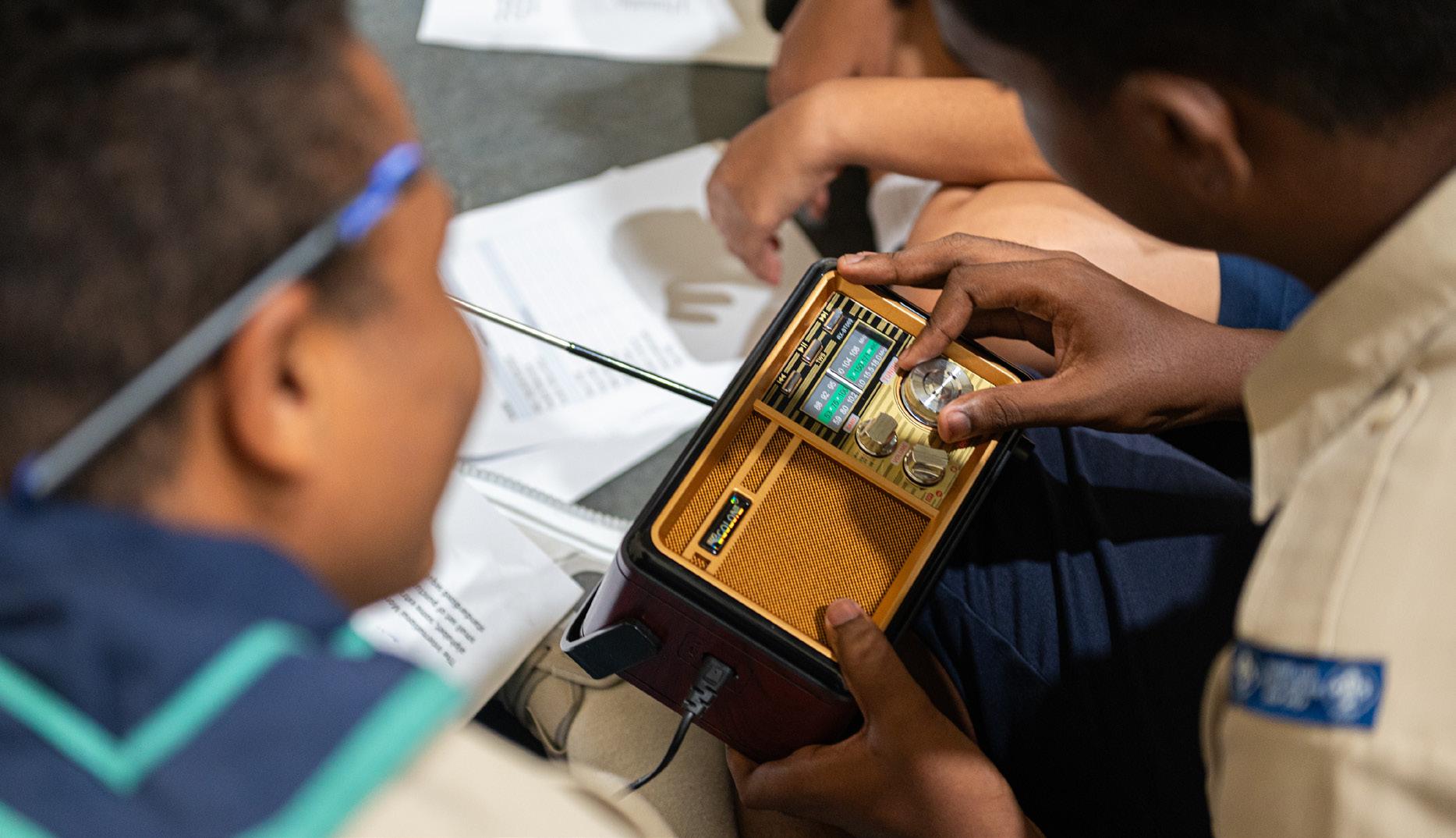
The year 2023 has been an especially extraordinary year for Kandersteg International Scout Centre (KISC),marking its 100-year journey as the permanent mini-jamboree in the heart of the Swiss Alps. The centenary milestone was not only momentous for KISC but also for World Scouting as a whole. It hosted its first KISC JOTI (Jamboree-on-the-Internet), welcomed the World Scout Committee for its meeting in
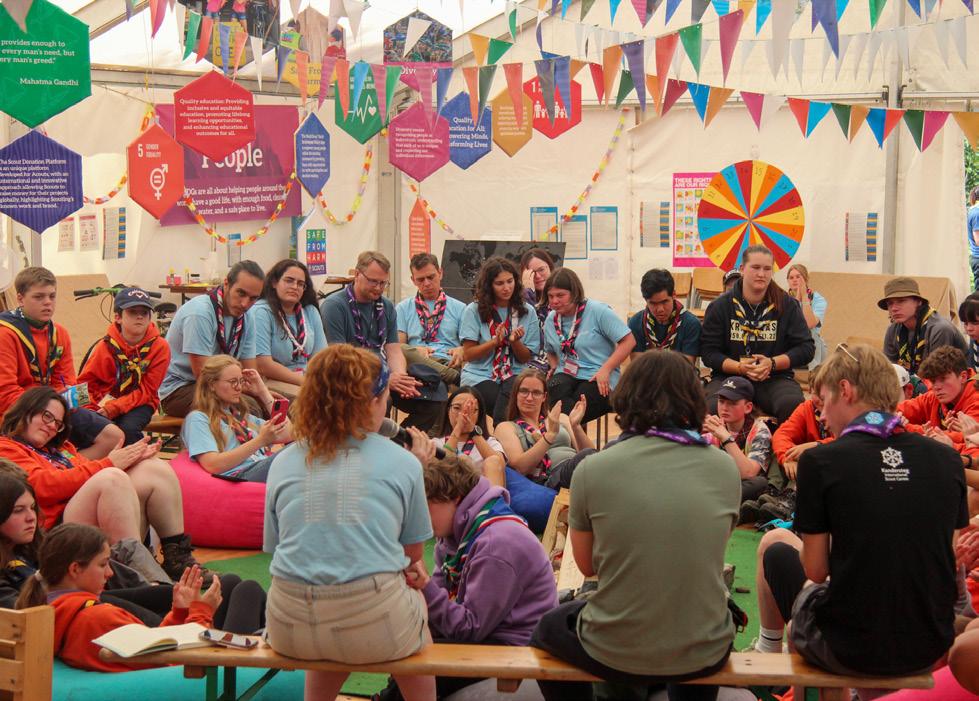
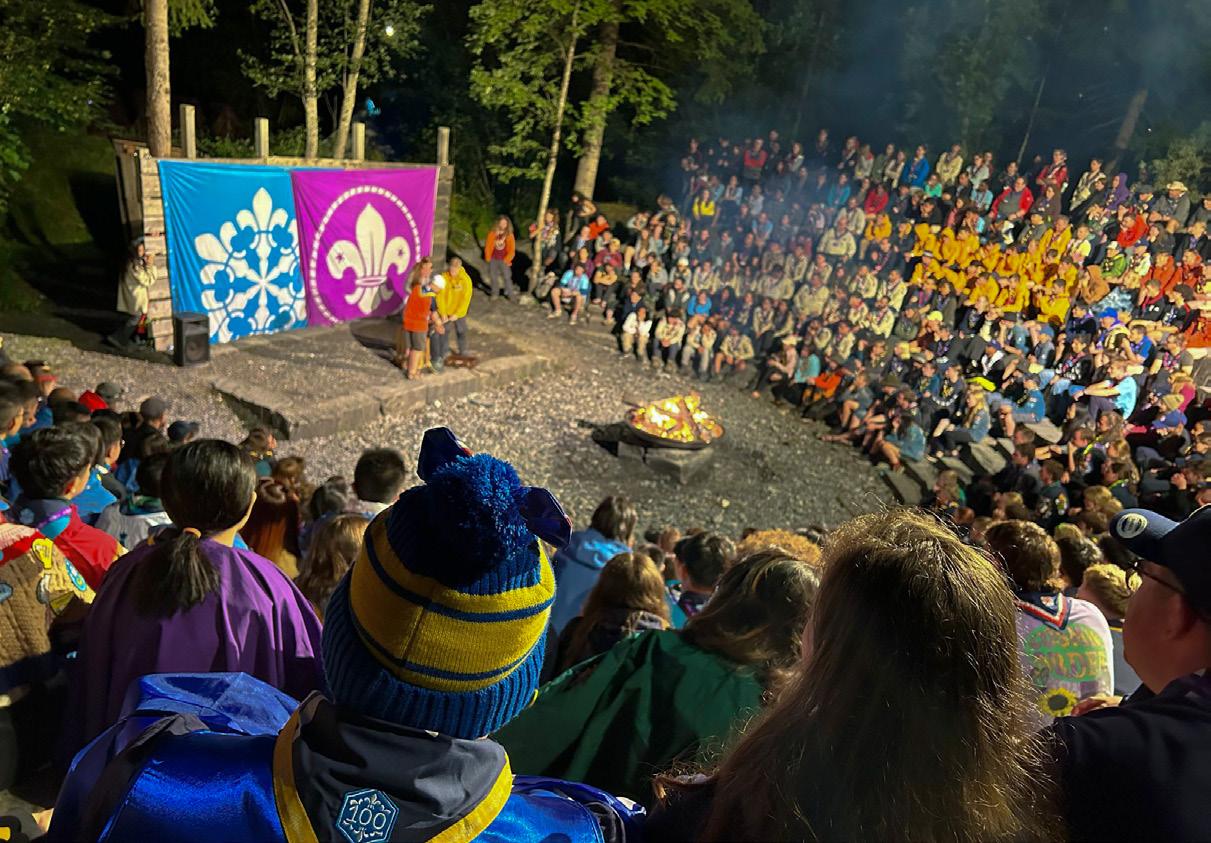
March 2023, and hosted over 1,600 Scouts for the centenary camp, Kander 100. Throughout the past three years, KISC has played host to other events, fostering a spirit of camaraderie and adventure among volunteers and Scouts alike. Looking ahead, we continue to further enrich our collaboration with KISC, as it continues to serve as a cherished home for Scouts and volunteers from diverse corners of the world.
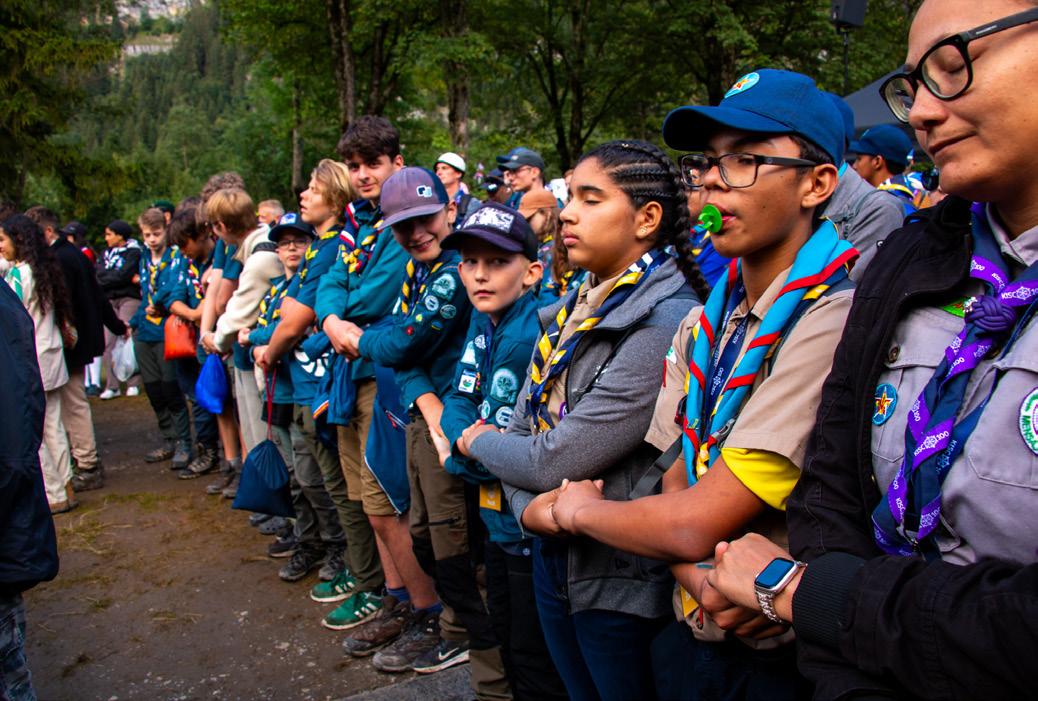
The WAGGGS WOSM Consultative Committee worked to continue strengthening communications between the two organisations through open dialogue and visioning work to identify connections and opportunities for joint collaboration. Over the course of the triennium, the WAGGGS WOSM Consultative Committee met three times and shared the following:
• Created a MoU to work together to reserve PAXTU in Kenya
• WAGGGS membership was invited to join the 25th World Scout Jamboree
• Work that has been done by both organisations on membership fees
• Work on Diversity & Inclusion by both organisations
During the 2021-2024 triennium, the following organisations were granted consultative status with the World Scout Committee:
• CPGS – Council of Protestants in Guiding and Scouting
• DESMOS – International Link of Orthodox Christian Scouts
• ICCS – International Catholic Conference of Scouting
• IFJS – International Forum of Jewish Scouts
• ISGF – International Scout and Guide Fellowship
• IUMS – International Union of Muslim Scouts
• WBSC – World Buddhist Scout Brotherhood
• WSPU – World Scout Parliamentary Union
During the Triennium, the Interreligious Forum, composed of the Organisations with Consultative Status with the World Scout Committee (CPGS, ICCS, IFJS, DESMOS, IUMS, and WBSC) as well as the Vanguard International Scout Association (LDS), Sikh Scout Fellowship, and Won Buddhist, demonstrated valuable collaboration and dedication. The commitment to strengthening the spiritual development of young people, fostering inter-religious dialogue, and promoting peace education has been fundamental to the fulfilment of Scouting’s mission.
This dedication was evident in the educational offerings during the various editions of Jota/ Joti and the successful organisation of the Faith and Beliefs Zone during the 25th World Scout Jamboree. These initiatives have significantly contributed to promoting spiritual growth, understanding, and peace among young scouts, reflecting the core values and mission of Scouting.
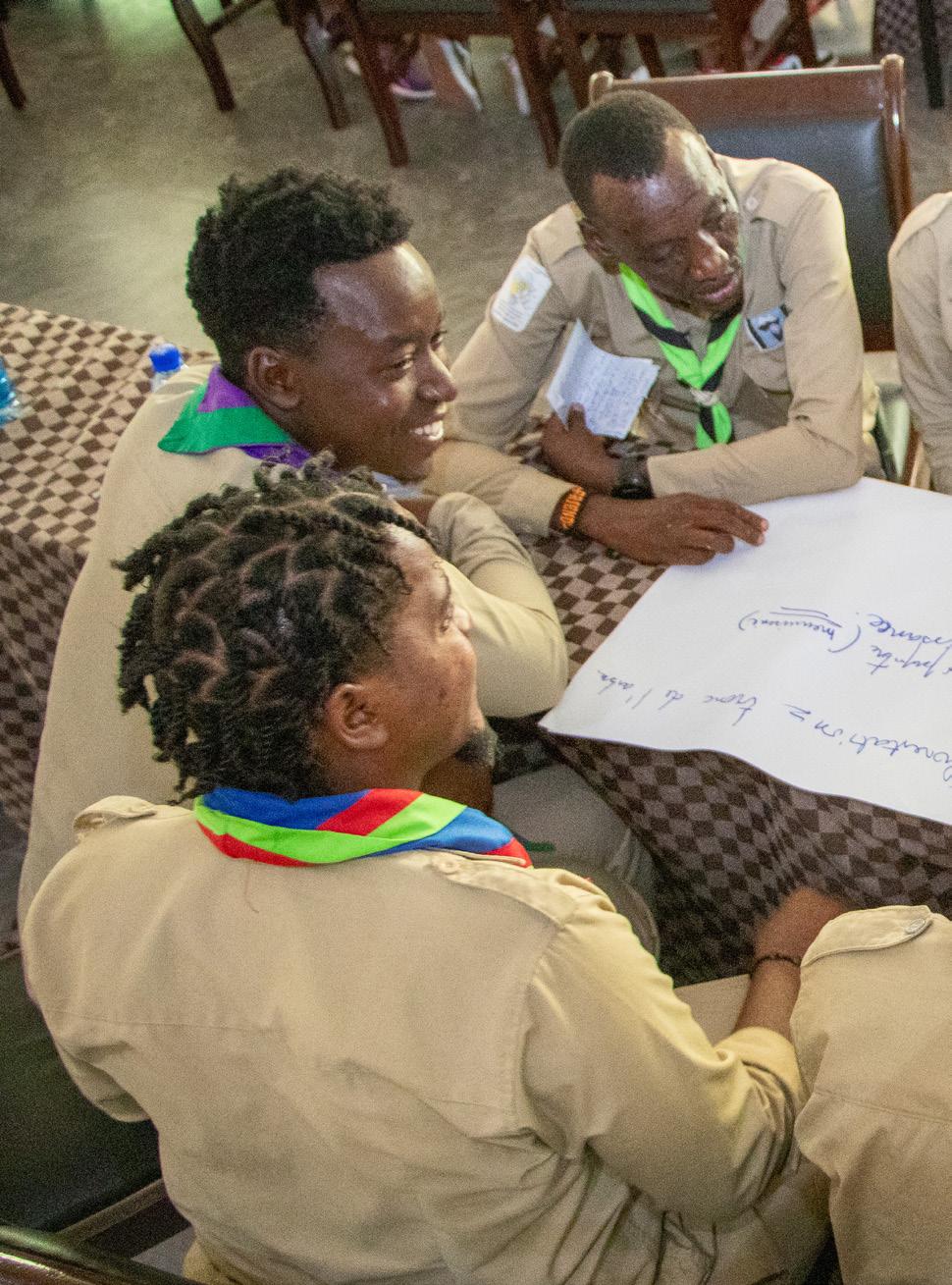
“The Youth Engagement in Decision-Making Task Force was an opportunity for the Movement to uncover structural barriers that have created obstacles to the meaningful participation of young people in decisionmaking bodies across the Movement, and also to map out measures to overcome them. Furthermore, the diverse team of the Task Force also deep-dived into the topic of Youth Leadership within the World Scout Committee, identifying potential measures to replace the Youth Advisor system. All the work included rounds of consultations, research, surveys, in order to guarantee the best measures to bridge gaps and embrace Youth Leadership in all the regions and realities of our Movement.”
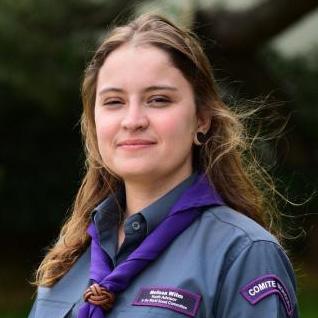
Melissa Wilm, Task Force Co-lead (World Scout Committee)
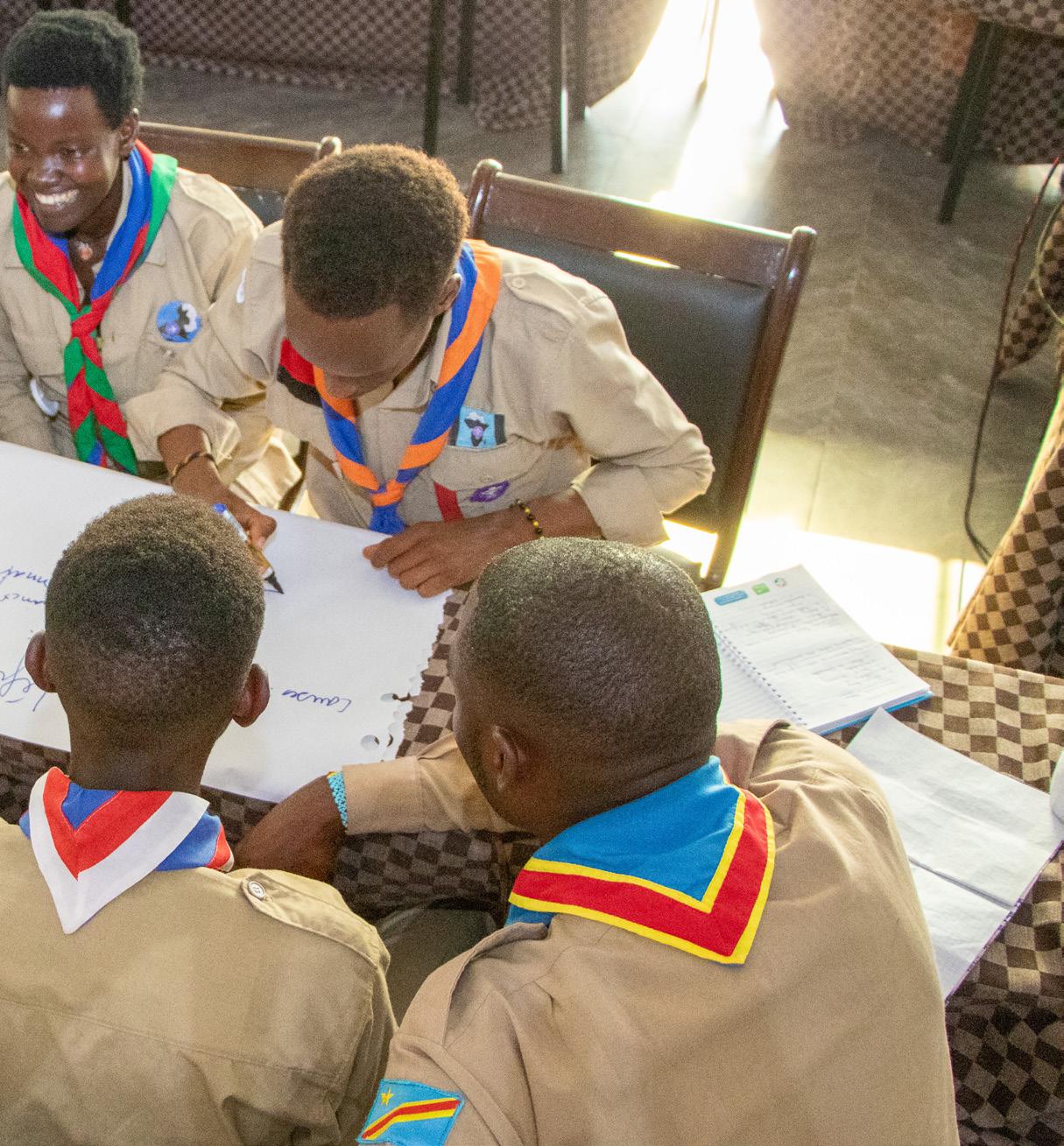
In the last years, considerable progress has been made in engaging young people at national, regional, and world levels, a commitment that was reaffirmed at the last World Scout Conference in 2021.
In line with Conference Resolution 2021-07, a Youth Engagement in Decision-Making Task Force, composed of three members of the World Scout Committee, two Youth Advisors, and seven volunteers from five regions, worked between March 2022 and February 2023 to address two important objectives:
• Identify institutional, structural, and cultural barriers to meaningful youth participation in WOSM’s decision-making processes, as well as opportunities and recommendations to overcome these barriers.
• Propose potential alternative measures to replace the current Youth Advisor system and to ensure the representation, as well as effective and meaningful participation of young people in the World Scout Committee.
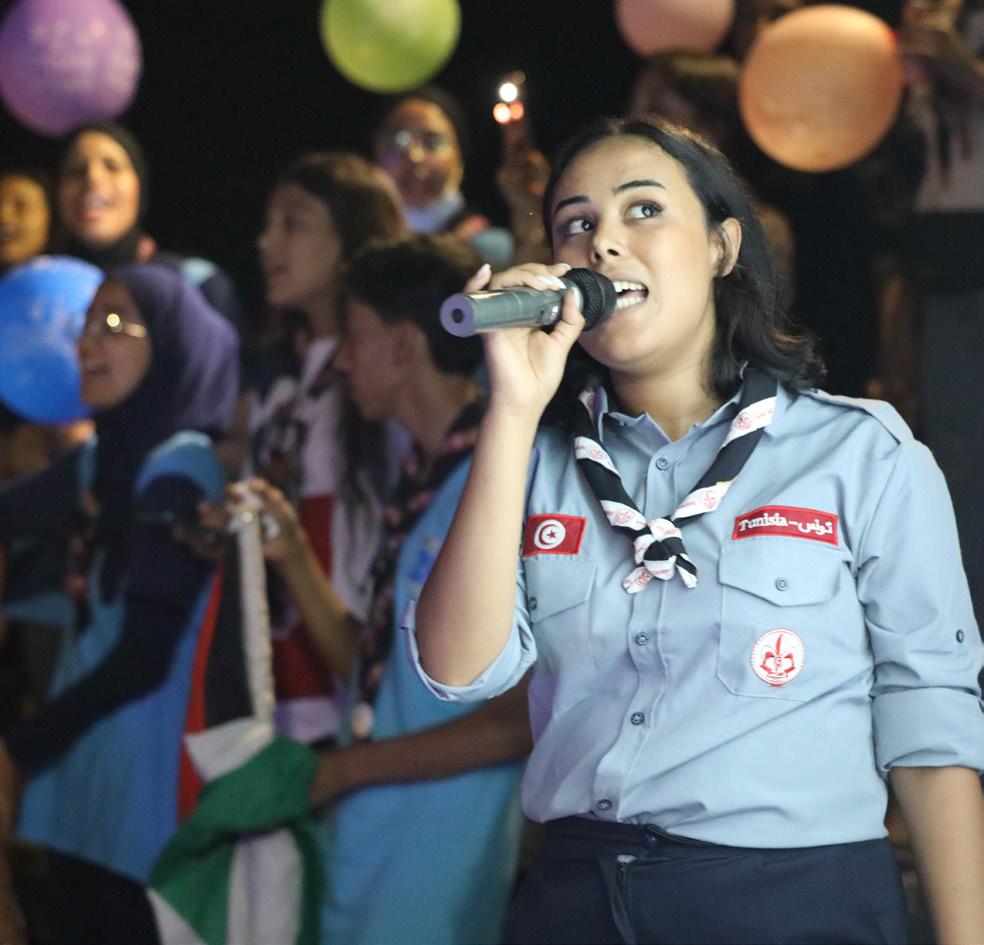
A wide range of stakeholders were engaged to gather inputs and insights on how to address the challenges facing youth engagement in WOSM’s decision-making processes. These stakeholders included NSOs, former delegates of the World Scout Youth Forums and World Scout Conferences, former and current Youth Advisors to the World Scout Committee, former and current members of the World Scout Committee, and the Educational Methods team of the World Scout Bureau.
The inputs and insights were gathered through a combination of the Youth Engagement Survey, that reached 46% of NSOs, and 18 focus groups to ensure a mix of quantitative and qualitative inputs.
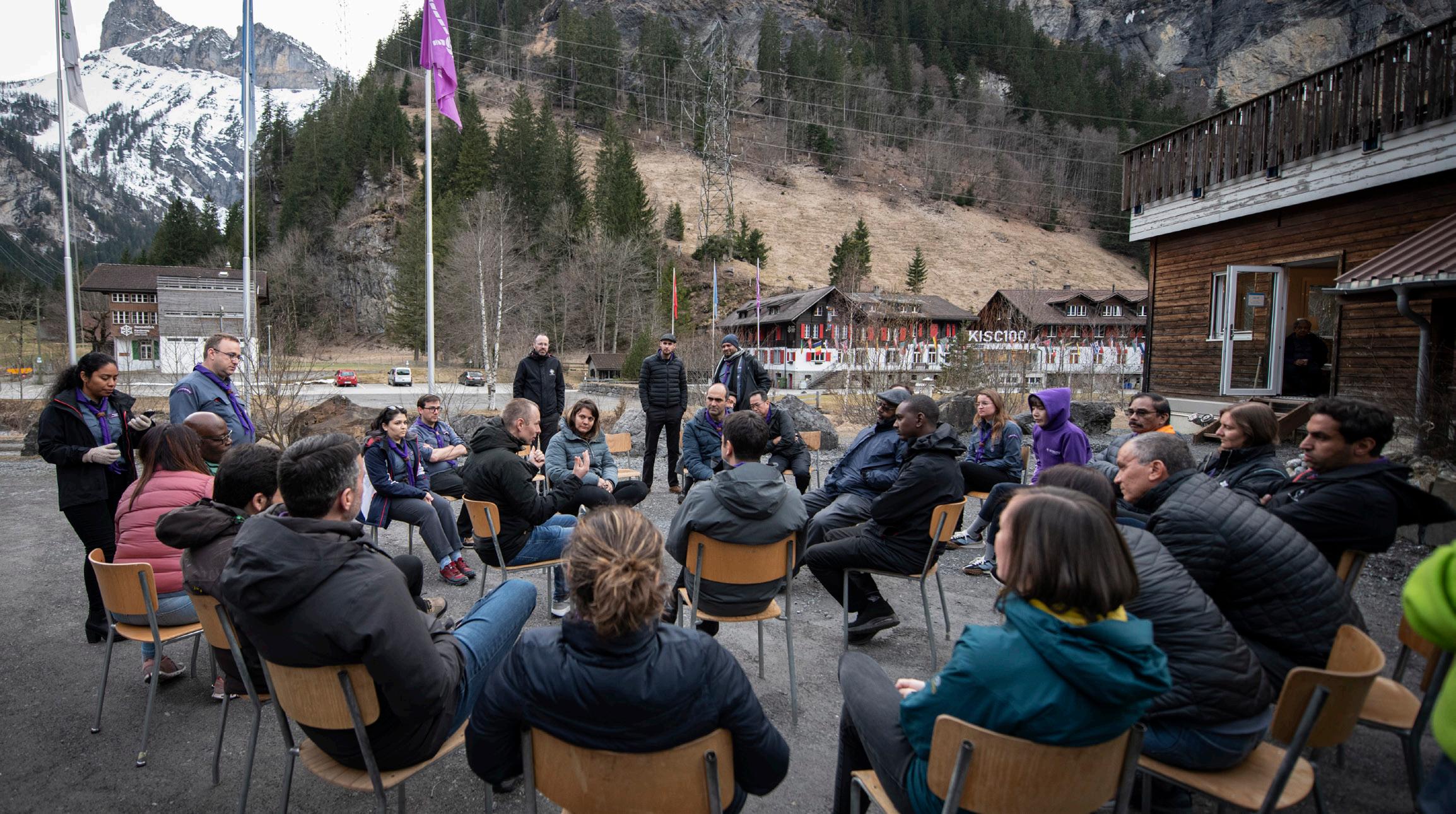
At the World Scout Committee (WSC) Meeting in March 2023, the recommendations to overcome barriers to youth engagement in decision-making proposed by the Task Force were approved, and the WSC requested the World Scout Bureau (WSB) to integrate them in the work of relevant operational bodies.
The approved recommendations are:
• To change the narrative to support a mindset shift across the Movement
• To assess the satisfaction of intergenerational leadership on a qualitative level
• To integrate a youth leadership focus within its operational structures
• To increase the visibility of opportunities for youth engagement in decision-making through powerful communications
• To develop a capacity-building framework for youth in leadership
• To prioritise youth leadership in decisionmaking in existing funding portfolios
Furthermore, as a result of a multi-stakeholder consultation process and further discussions based on the Task Force recommendations, the WSC approved five alternative measures to replace the current Youth Advisor system at the world level, as presented below:
• To create a training programme for potential World Scout Committee candidates
• To encourage NSOs to nominate candidates below the age of 30 to the World Scout Committee
• To implement a second deadline to promote diverse nominations of candidates to the World Scout Committee
• To create a mentorship programme between World Scout Committee members
• To implement a continuous monitoring process with NSOs to ensure the representation of young people on the World Scout Committee
Considering that the Youth Advisor system was initially implemented as a transitional measure for youth engagement in decision-making and was not deemed ideal for comprehensive and sustainable youth involvement in the WSC, and in line with the intention expressed through Conference Resolution 2021-07 for its discontinuation, as well as the implementation of new alternative measures, the WSC has decided to discontinue the World Youth Advisor System effective from the 2024-2027 Triennium.
The conclusions and recommendations of the Task Force have guided the discussions within the World Scout Committee and have served as the foundation for decisions aimed at enhancing the meaningful involvement of young people in decision-making processes and strengthening a movement-wide mindset of youth leadership.
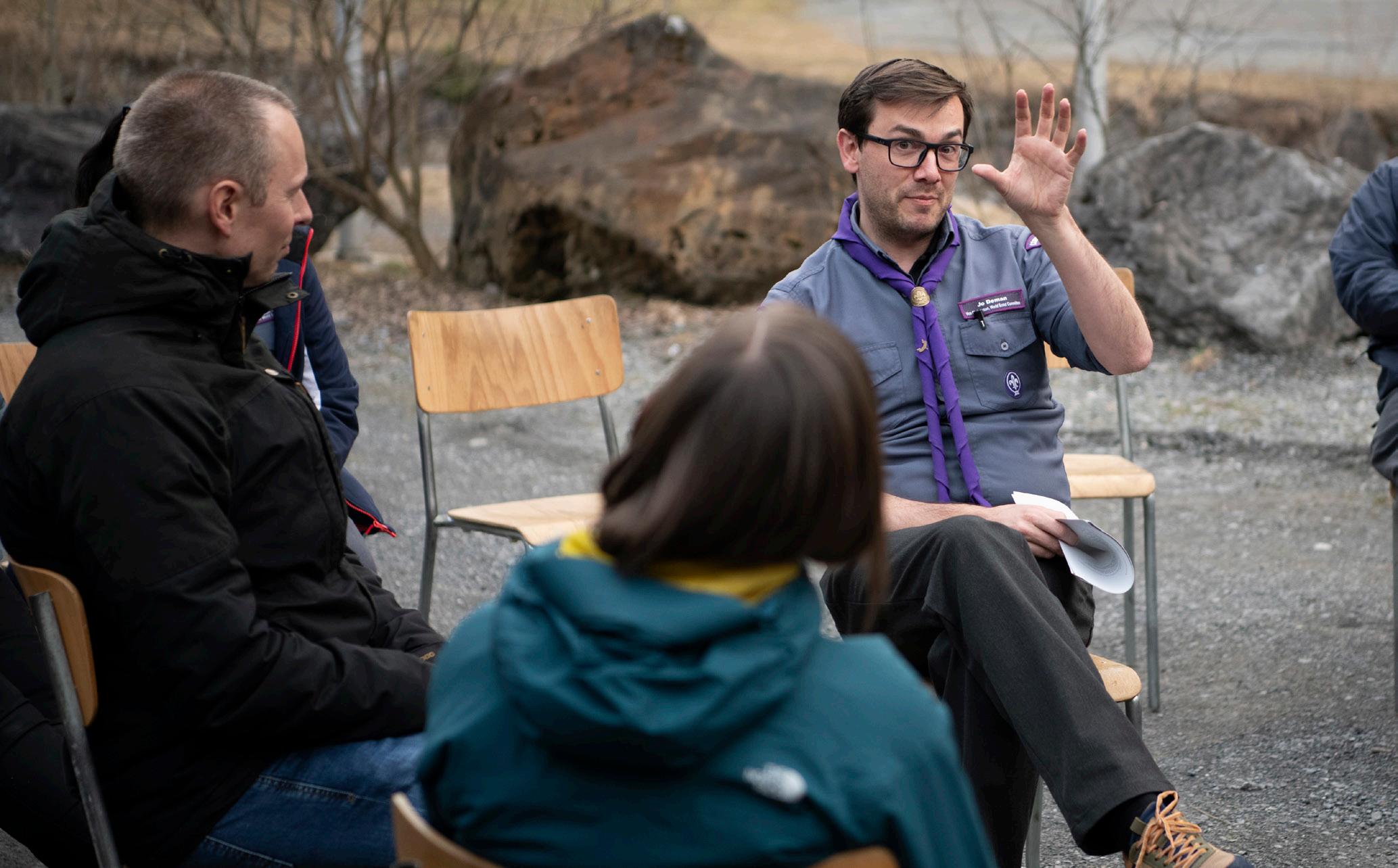
With the Climate Impact Strategy in place, WOSM has taken a major step towards realizing the goal of being of becoming climate-neutral in our operations by 2033. The strategy outlines how to monitor and report our environmental impact, but also the work to be done in the coming three triennia.
A huge part of the work done is the assessment of our current situation and baseline, so we know on which ground we stand when heading towards reducing the climate impact of our operations. Now I look forward to continue the work on sharing the experiences across the Movement and ensuring further support and capacity building to NSOs in the area of Sustainability.
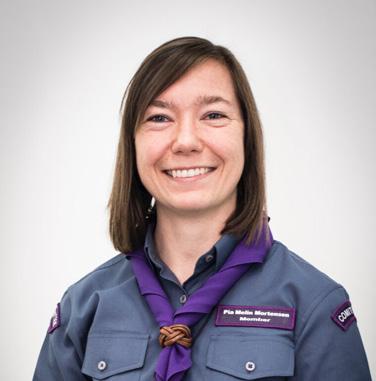
Pia Melin Graasbøll, Task Force Co-lead (World Scout Committee)
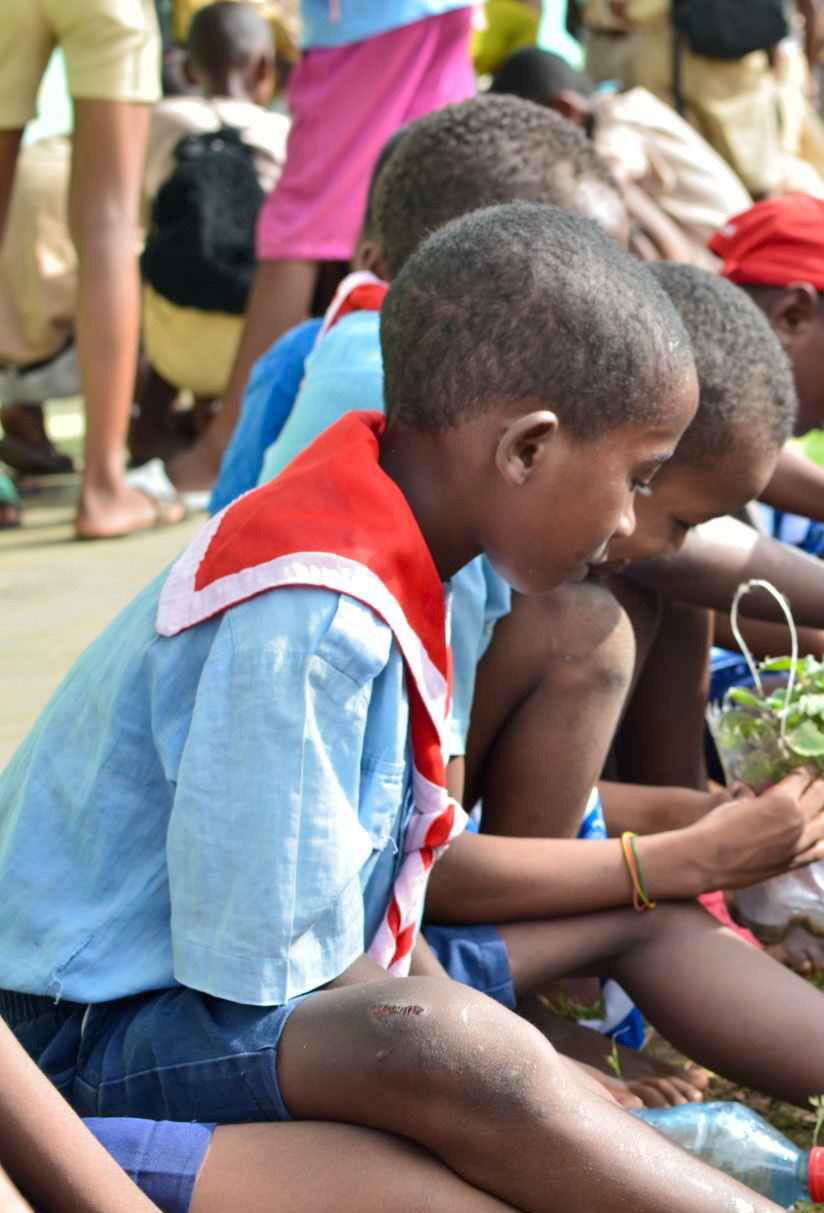
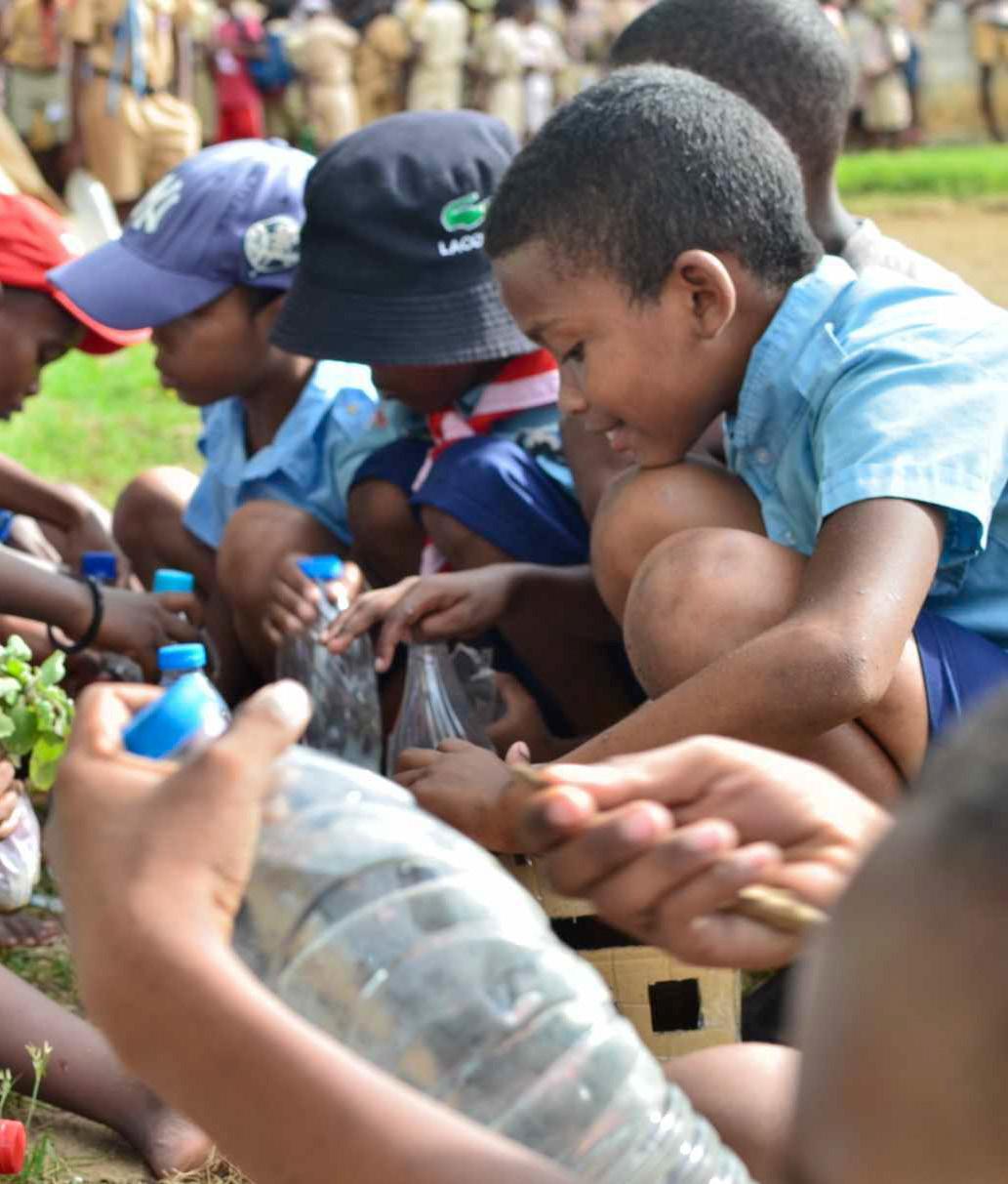
Over the last three years, significant progress has been achieved in delivering on the 2021 World Scout Conference Resolution on Environmental Sustainability.
In response to the resolution, the World Scout Committee established a taskforce focused on the development of a Climate Impact Strategy. The main goal of the taskforce was to further strengthen the efforts made on sustainability and develop clear and measurable goals that aim to significantly strengthen environmental sustainability practices towards achieving climate neutrality of WOSM’s operations by the 46th World Scout Conference in 2033. Included in this goal is the ability to monitor the climate impact of World Scouting’s operations and the need to develop an effective reporting mechanism.
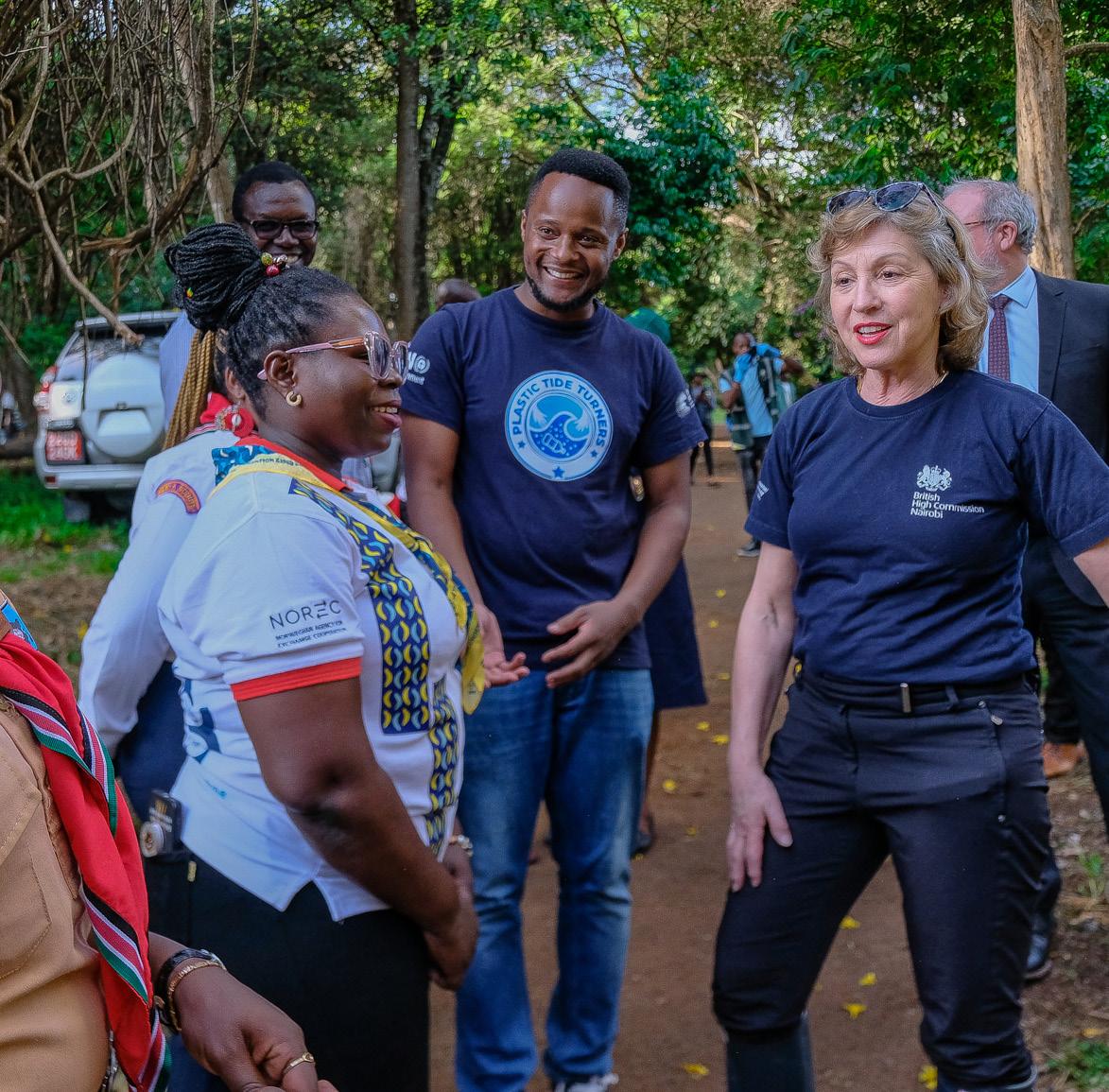
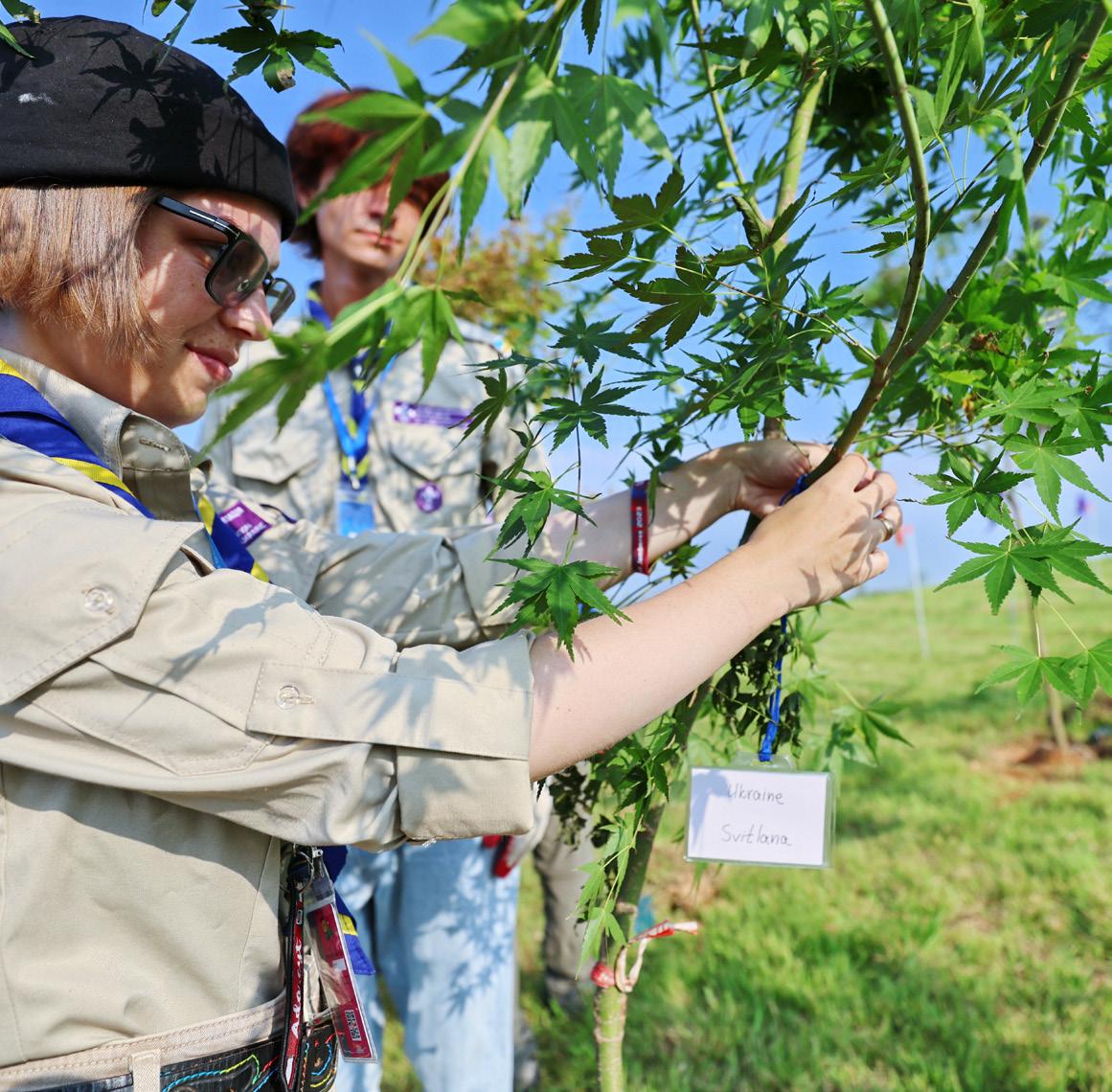
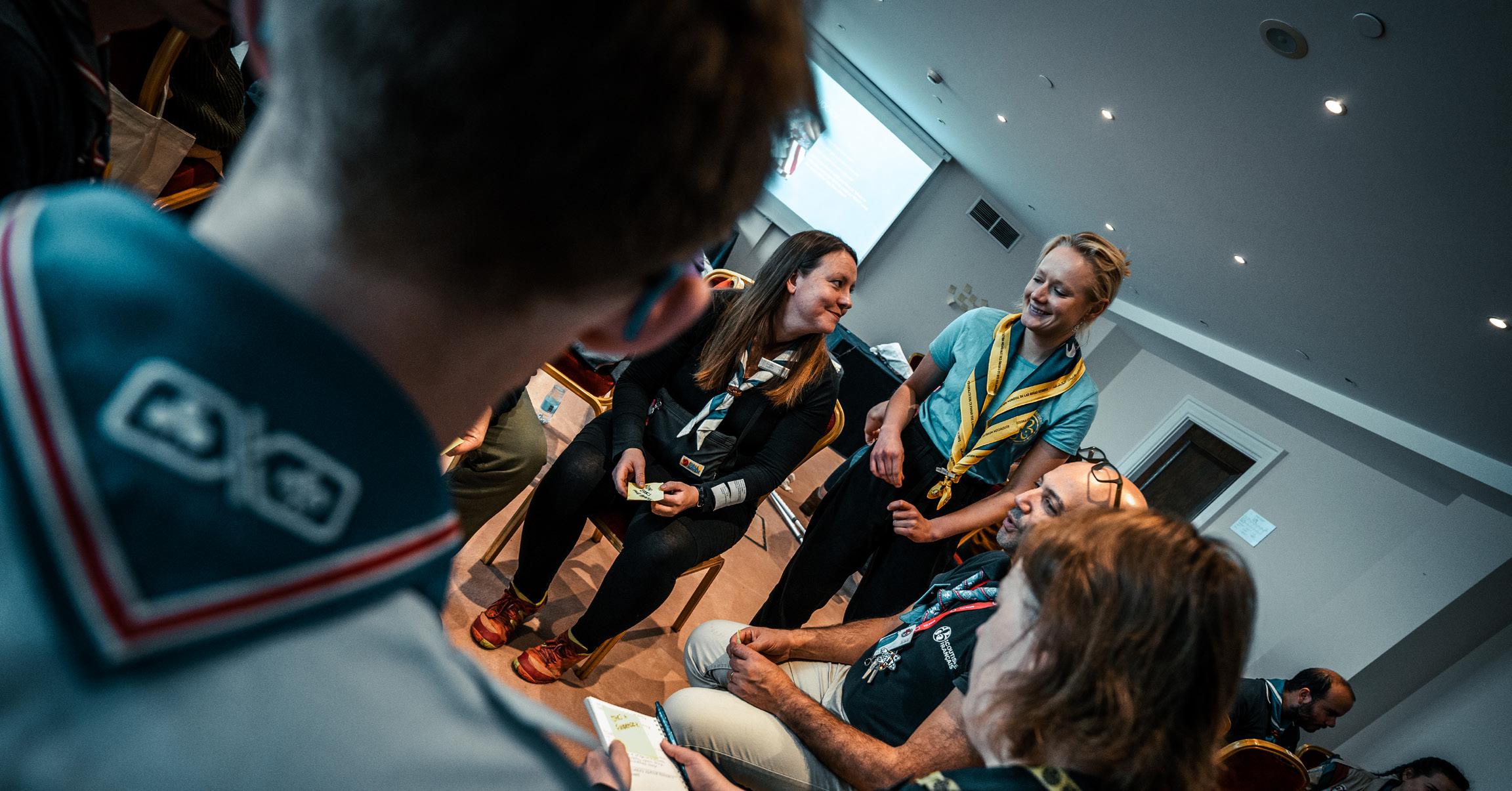
Scope and implications of the strategy
The Climate Impact Strategy applies to WOSM operations at a global and regional level, implicating only the World Scout Bureau (WSB) Support Centres’ budget and operations, including related staff and volunteers. The strategy does not directly apply to the operations of NSOs nor to World or Regional Events.
The strategy was developed through a comprehensive consultation process involving NSO stakeholders and exerts, the World Scout Finance Committee, WSB Senior Management Team and external experts and partners in the field of environmental sustainability. As part of the development process and to understand the WSB’s current climate impact, the taskforce worked with staff to conduct a baseline study into the Bureau’s environmental impact.
The strategy spans three triennia, each with its own implications and actions as a result of the expansion and sequencing of strategy outcomes. The full strategy can be found here.
Implementing the strategy –WSB actions
Following the WSC’s approval of the strategy, the WSB has continued to implement and operationalise the strategy, with a focus on developing an effective data collection and reporting mechanism to assess the WSB’s carbon emissions.
Specific actions have been taken to support this, that include:
• The appointment of a dedicated member of staff to assess the carbon footprint of the WSB.
• The identification of a digital tool to automate the data collection of emissions information, ranging from flights to electricity and car bills.
• Identifying ownership and accountability for the strategy at a Senior Management Team level to drive forward and realise the ambitions of the strategy.
In line with best practices and the needs of WOSM, the taskforce proposed integrating climate action into WOSM’s tools and services, rather than treating it as a separate service area or initiative. Climate action already intersects with various aspects of WOSM’s operational framework, including programming, advocacy, and governance. We believe that by adopting a mainstream approach, we can achieve broader and more effective impact, rather than attempting to address it solely through a standalone strategy.
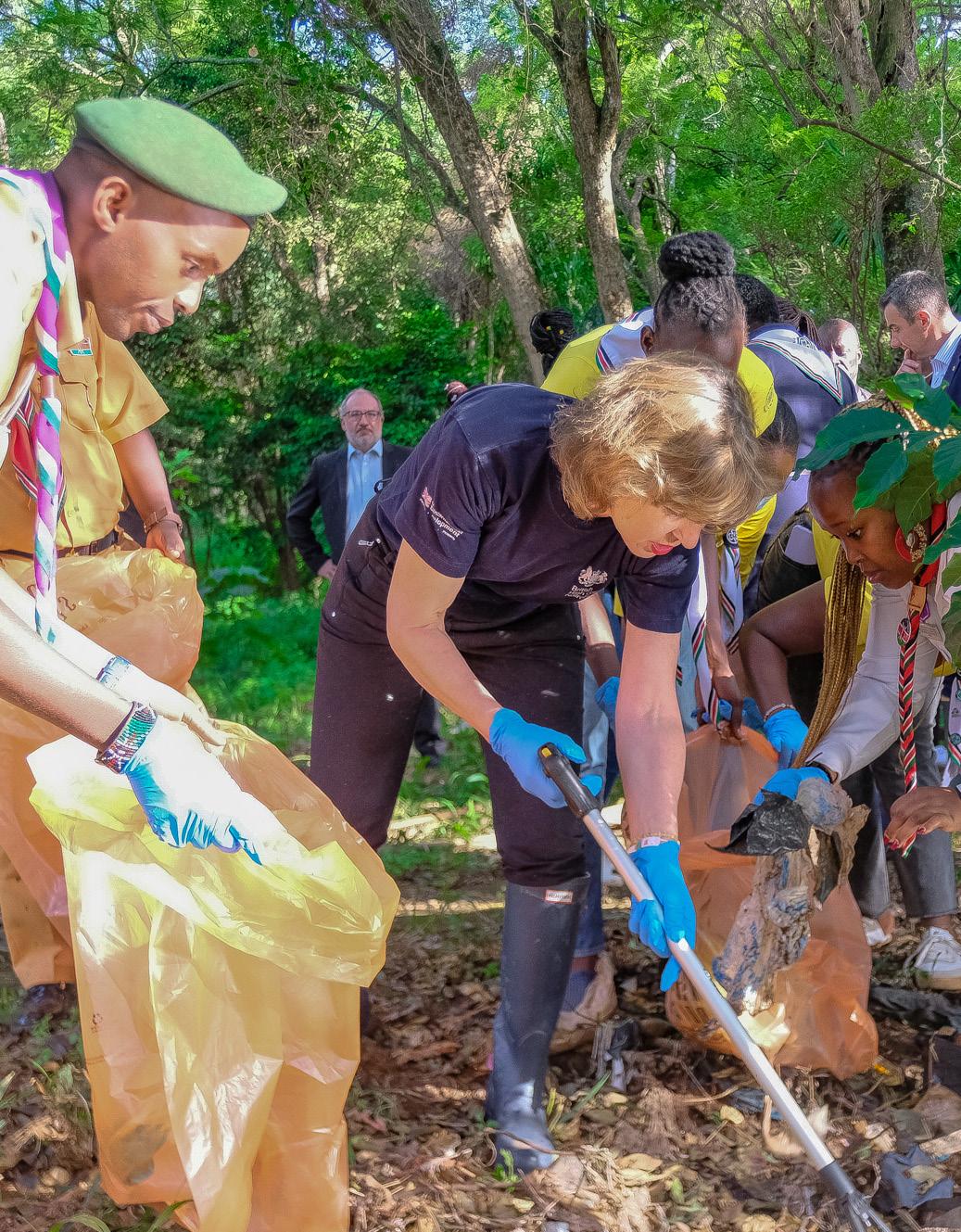
During the triennium, the taskforce contributed to other projects that include:
• GSAT 3.0 review and development to ensure specific targets on sustainability
• Reviewing the guidelines for World Events and support on future requirements to event bidders and hosts in the area of sustainability
• Advocacy and partnerships activity, including a Position Statement on Sustainability to ensure alignment on our external messaging and policies.
• The focus on environmental sustainability in the next Strategy for Scouting.
A dedicated Treehouse page has been created to consolidate WOSM’s environmental sustainability initiatives. This page serves a hub for tracking our progress in sustainability and environmental awareness, highlighting our achievements, and emphasising the significance of collective action. It also offers access to resources, guidance, and best practices to inform NSO actions and policies in this domain.
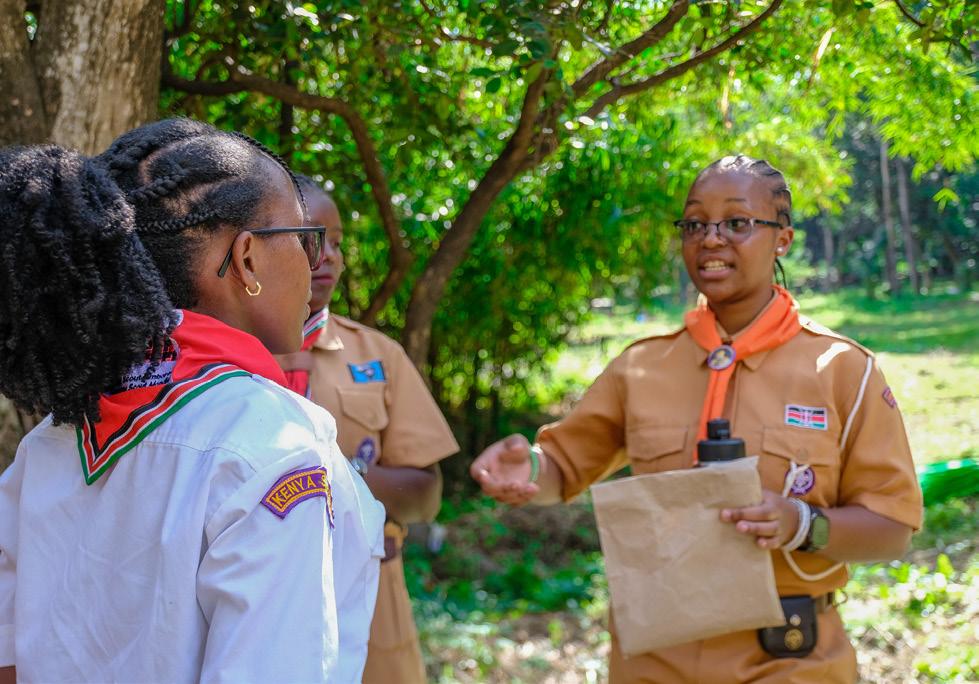
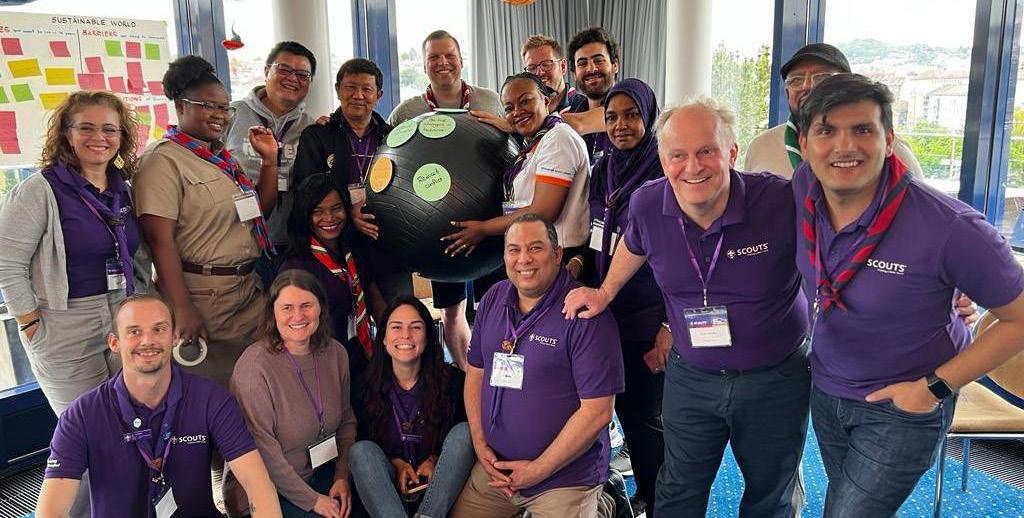
To date, three Support Units (the project management unit, the volunteer support team, and the monitoring and evaluation unit) have successfully provided support to all the projects within the 2021-2024 Operational Framework. All three units have a focus on bringing more knowledge and expertise to strengthen WOSM’s project and people management across the delivery of the Triennial Plan.
The Project Management Unit recruited and trained a team of 11 experts who then developed and delivered training sessions on project management and who support individual projects using agile methods. An increased and ongoing focus on stakeholder engagement helped projects deliver the most valuable outcomes to their beneficiaries. Alongside support to projects, the digital project management system has increased visibility and transparency, leading to increased collaboration and scrutiny between projects.
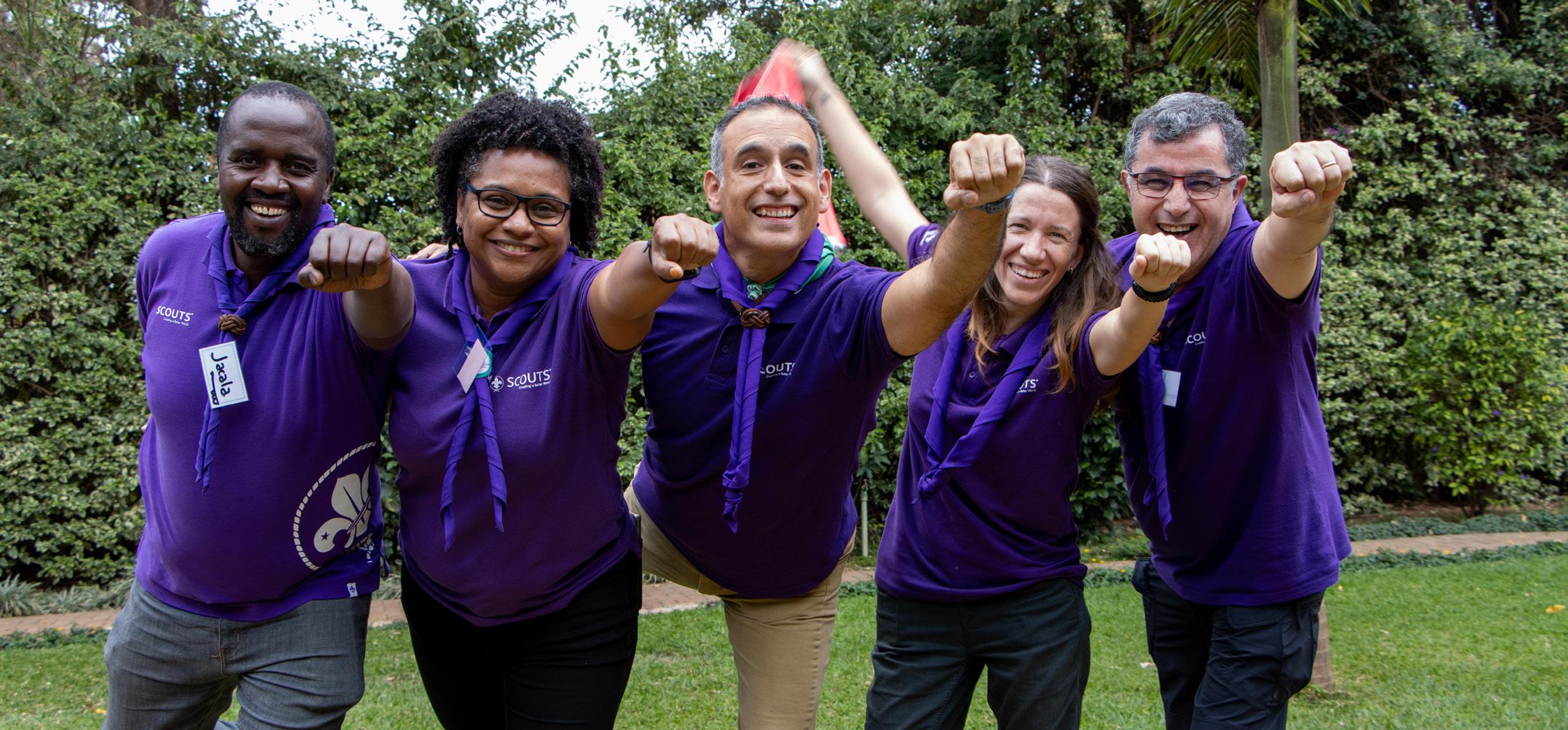
During the triennium, the Volunteer Support Team (VST) has seen its role evolve significantly. Initially, VST Mentors were crucial in the Open Call process, reviewing candidate profiles and ensuring smooth integration into the WOSM Volunteer Pool. They also assisted in selecting volunteers for projects and overseeing induction processes such as Safe from Harm, mutual agreements, and online courses. Their expertise facilitated team bonding and enhanced the initial gatherings. The VST conducted various ‘Purple Team Celebrations’ throughout the triennium to foster connections between World Scout Committee members and project volunteers. However, as projects progressed, the focus shifted
towards task-specific objectives, with reduced emphasis on VST Mentor activities. This also led to fewer meetings due to increased inperson engagement within their NSOs. Despite these changes, the mentors continued refining key processes like volunteer assignments, onboarding, and offboarding. This period of reflection provides valuable insights for the next open call and overall volunteer management at WOSM. These insights, derived from practical experience and direct project support, will be crucial for the next team managing volunteer operations, ensuring principles of coordination and well-being continue to enhance the volunteer experience within the WOSM.

The Monitoring and Evaluation Support Unit consists of four volunteers, a staff member, and a volunteer co-lead. The Unit used effective knowledge management approaches to incorporate learnings and monitor KPIs for the 2021-2024 Triennium and Vision 2023. The Unit designed, implemented, and analysed the NSO baseline survey in 2022 and the Final Review NSO survey in 2024 as a key data collection method for measuring the KPIs and as a way to contribute to evidence-based decision-making
of the World Scout Bureau and the World Scout Committee. During the triennium, the Unit used the results of the NSO surveys, WOSM Services, GSAT, census data, and other sources across WOSM to provide a detailed status update of the KPIs for the midterm and the final review of the Triennial Plan. The M&E support Unit supported the evaluation process of the operational framework to capture the lessons for the next triennium.
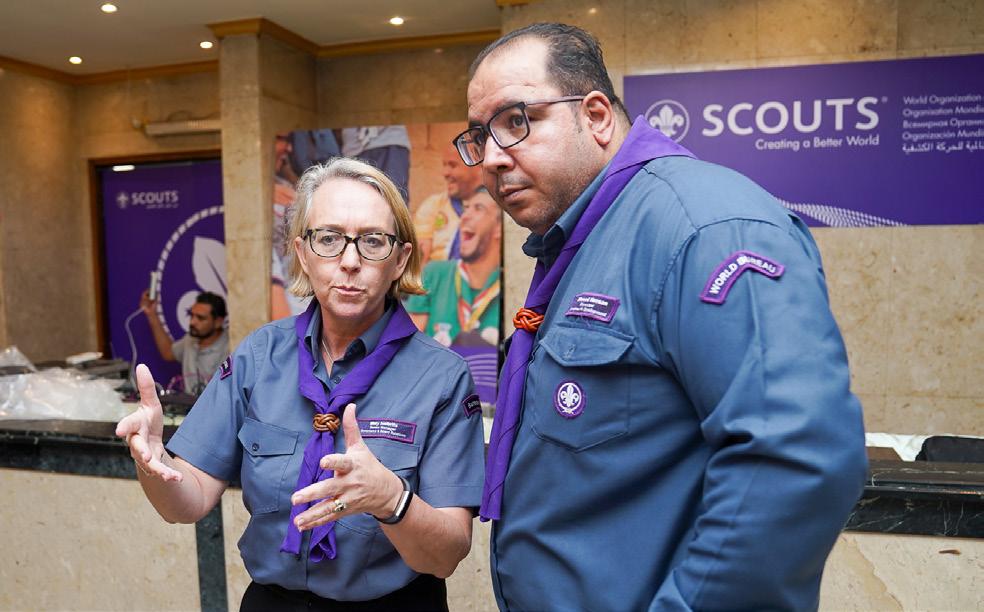
To ensure the delivery of the World Triennial Plan 2021-2024, 227 volunteers were appointed in the 2021 -2024 Operational framework based on interest, diversity, and expertise to support Workstream projects, the World Scout Committee’s standing committees, two WOSM task forces, and The Support Units of the workstream coordination group for project management, volunteer support, and monitoring and evaluation.
WOSM’s Purple Team would not be complete without mentioning the more than 267 WOSM Consultants who are providing support to NSOs through WOSM Services, 22 Youth Representatives who are engaged to represent the voice of Scouting externally and advocate on specific themes that impact young people, and our growing Languages Team who support translation and interpretation into the five WOSM languages.
The World Scout Committee aims to strengthen gender balance in its appointments across the operational framework. At the end of the Triennium, 42% of the female volunteer appointees are female.
In line with conference resolutions on youth engagement and the World Youth Involvement Policy, 34% of all volunteer appointments are below the age of 30.
In terms of regional distribution, there has been noted progress in achieving greater regional balance, specifically with consistent growth in appointments from the Arab Region.
More than 30 years old Less than 30 years old
Regional Diversity of Appointed Volunteers (2017-2020 and 2021 - 2024)
WOSM developed its first Business Development and Resource Mobilization Strategy this triennium, while successfully securing new resources and strengthening the collaboration with the World Scout Foundation (WSF). During the triennium over USD 13 million in additional funding for our membership was secured.
The strategy aims to fulfill the objectives outlined in World Scouting’s next Strategy for Scouting 2024 – 2033. It prioritises the development of a more sustainable, diverse and reliable income model for World Scouting that is supported by effective systems and processes for implementing, monitoring, evaluating and reporting on our impact.
It is designed to be implemented in partnership with the WSF and to deliver on the WSF’s Strategic Plan 2022 – 2030 and World Scouting’s shared vision: to have raised an additional USD 100 million to contribute to the education and development of over 100 million young, active citizens who will drive positive change in their communities worldwide.
It outlines a practical plan to streamline business development and fundraising across the World Scout Bureau. The strategy aims to:
• Enable World Scouting to support more young people to take part in Scouting around the world and deliver on the priorities of the next Strategy for Scouting.
• Improve and update WOSM’s operating model to enhance its business development and resource mobilisation processes and systems to maximise Scouting’s reach and impact.
• Equip NSOs, the ultimate beneficiaries of this strategy, with the necessary resources and support to increase their impact, quality and ultimately grow their membership.
The strategy outlines priorities, actions and enablers that are designed for all Global and Regional Support Centres as one entity and is intended to strengthen working practices between support centres, create collaborative business development activity, and optimise resource utilisation.
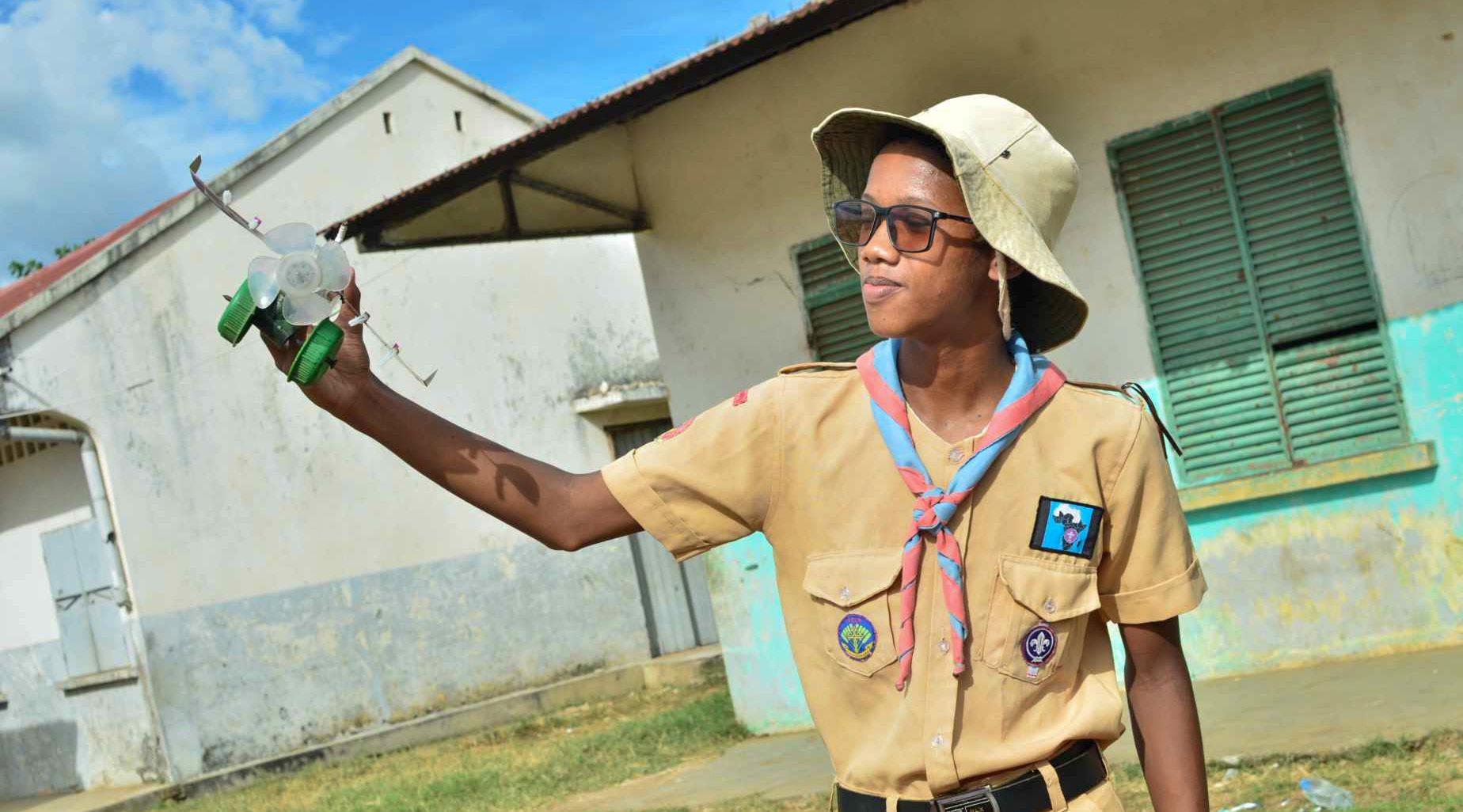
Over the past decade, WOSM and the WSF have continued to provide financial support to NSOs through the Messengers of Peace Support Fund.
As funding sources diversified over the triennium and management and reporting requirements grew more complex, our approach to grants has had to evolve and adjust accordingly.
In early 2023, the World Scouting Grants was launched, encompassing various programmes and funding streams including Messengers of Peace, Scouts for SDGs, Ticket to Life, Global Youth Mobilisation, and UN Environment. Each programme within this framework entails individual, clearly delineated requirements to ensure recognition and compliance with each respective donor and partner.
With these developments, upgrades have been made to reporting mechanisms concerning restricted funding, catering to both internal and external stakeholders. This development aims to optimise the data being collected and, ultimately, communicate the impact of the funded activities.
A standardized platform, Fluxx,has been adopted by WOSM and WSF as grant management system, to streamline all programmes. This entails consistent processes, forms, and reporting requirements while also offering flexibility to accommodate the needs of new donors.
This new approach has significantly increased the grant management support offered by WOSM and WSF to NSOs, consequently enhancing their operational capacity.
World Scouting is focused on providing robust support to NSOs through three main areas: capacity strengthening, youth programmes and community actions, and emergency responses.
To address the diverse needs of NSOs, World Scouting collaborates with a variety of partners and donors to define overarching programmes covering a range of topics. Key programmes implemented and supported throughout the triennium include:
Since 2018, Scouts for SDGs has mobilised millions of Scouts from around the world to take direct action to tackle the most pressing challenges facing our planet and young people today. The initiative has also equipped NSOs and young people with the skills, competencies, resources, and tools to lead change in their communities and beyond.
The Scouts for SDGs initiative was built on a longstanding partnership between Alwaleed Philanthropies, the World Scout Foundation, and WOSM with a focus on promoting youthled sustainable development, increasing volunteerism, and raising awareness about the most important global issues of our time.
During this triennium over $2.6 million has been invested in supporting over 85 national and WSB projects.
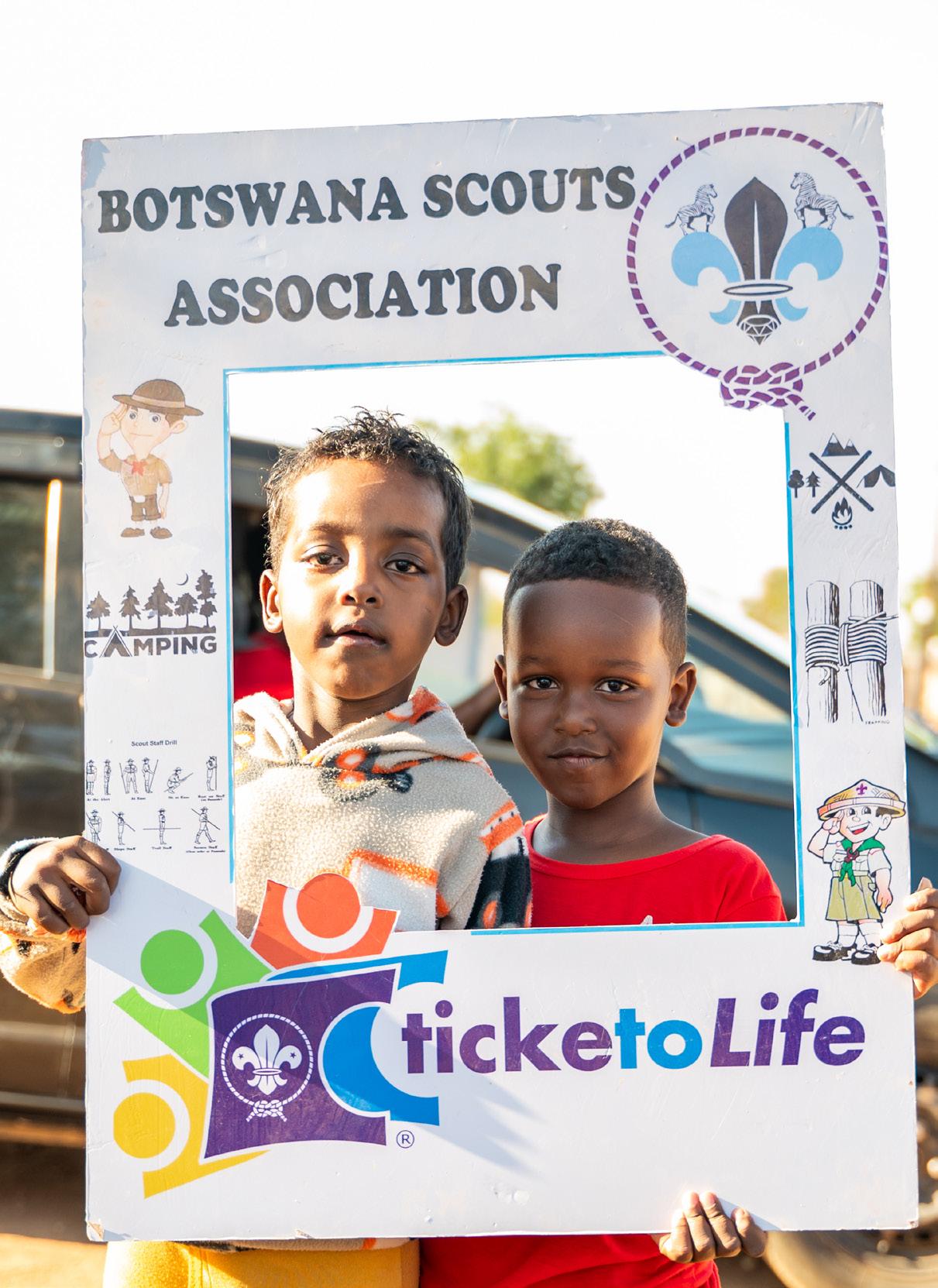
Ticket to Life focuses on supporting vulnerable children and youth facing challenges like poverty, homelessness, conflict, and/ or displacement. It integrates them into Scouting, providing life skills, education, and a supportive community. Scouts offer mentorship, education, and resources to build resilience and confidence, through activities like outdoor adventures, leadership training, and community service.
In the last three years, 21 NSOs received financial support to implement Ticket to Life projects, benefiting 9,394 young people from diverse, vulnerable communities and 692 adult volunteers who took part in the training. The programme is set to expand to Interamerica and Europe over the next triennium.
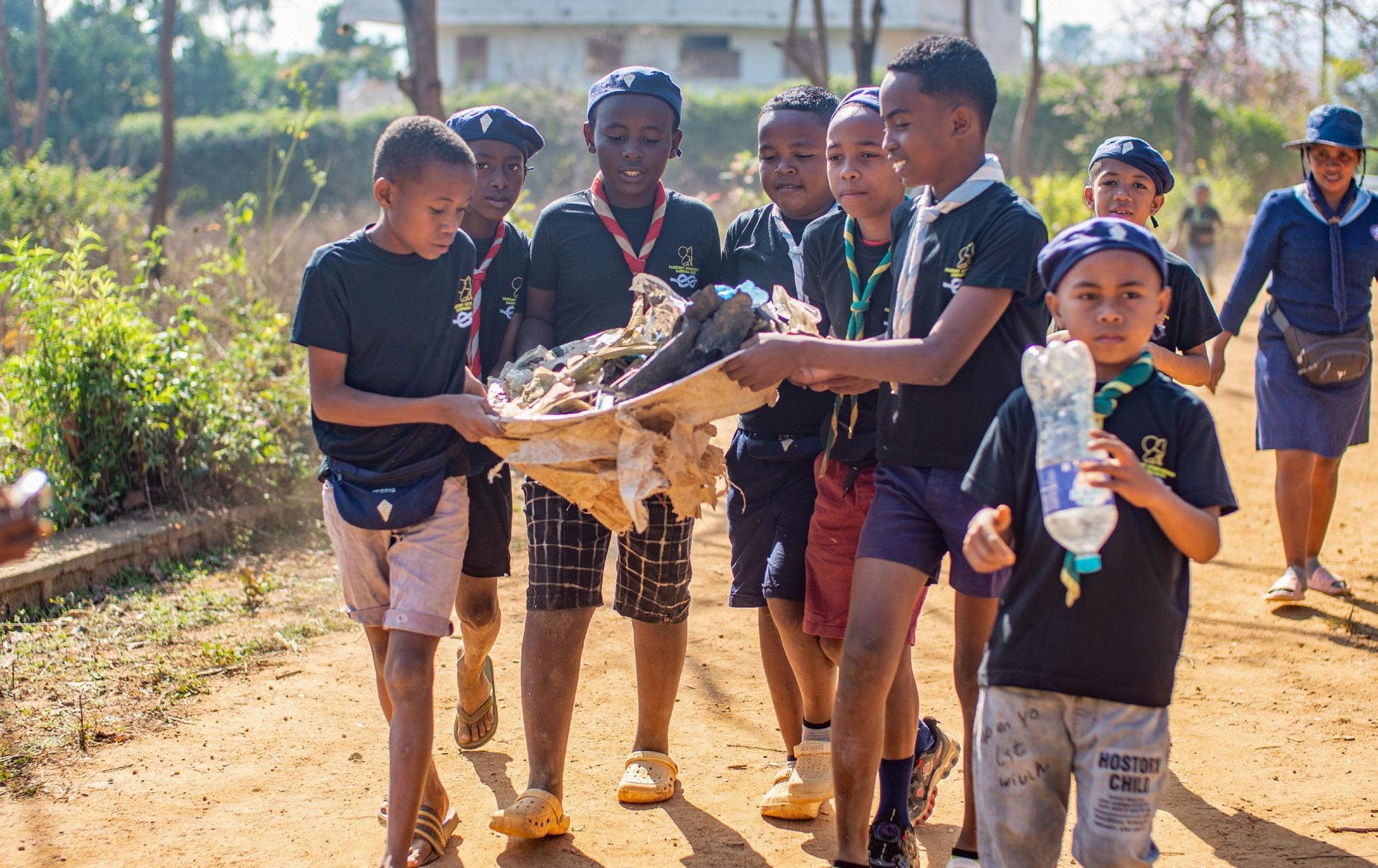
Under the flagship of Messengers of Peace, the World Scout Foundation and WOSM engage numerous individual and institutional donors committed to supporting Scouting across various areas, including Humanitarian Action, Governance, Growth, Safe from Harm, and Emergency Response.
During this triennium, within the framework of Messengers of Peace, over $2 million were invested in 85 national and WSB projects.
In 2021, the special edition of the MoP Heroes recognised the remarkable efforts of young people across the globe who dedicated themselves to supporting their communities during the challenging times of the pandemic. It was a testament to the resilience and compassion of the youth worldwide. Transitioning into 2022, the spotlight continued to shine brightly on youth leadership, this time highlighting initiatives focused on peace, humanitarian action, and sustainability. Among the MoP Heroes of 2022 were shining examples of ingenuity, dedication, and passion.
From youth-led environmental efforts like mobilising students against single-use plastics in Indonesia to Scouts providing clean water and empowering indigenous groups in the Philippines, Scouts excelled in being messengers of peace. In Europe, Scouts were some of the first responders and supporters of people affected by conflict, like Mykyta Rohutskyi of Ukraine, who supported children impacted by war, while in Romania, Paul Alexandru Pop aided refugees. Together, they inspire a brighter, sustainable future.
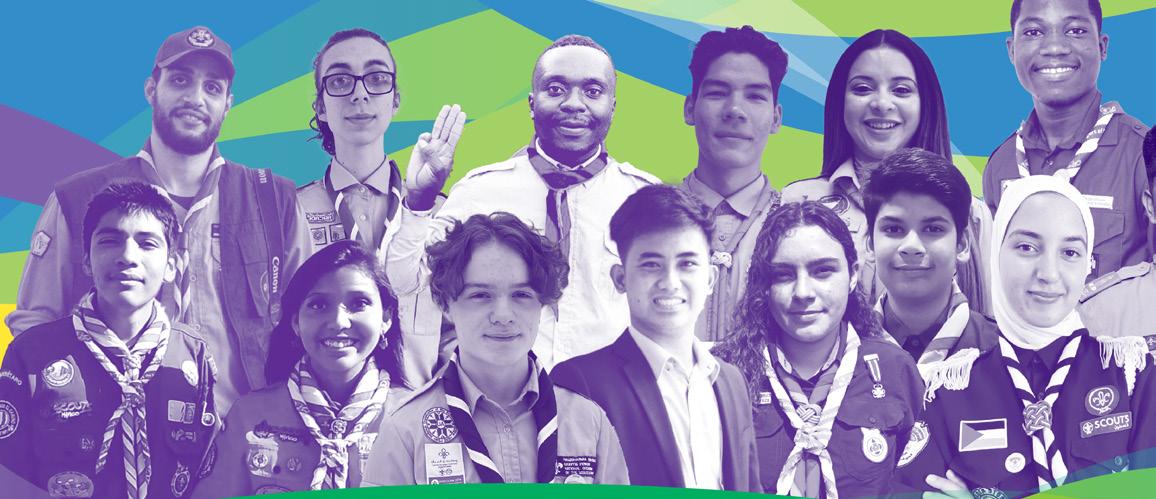
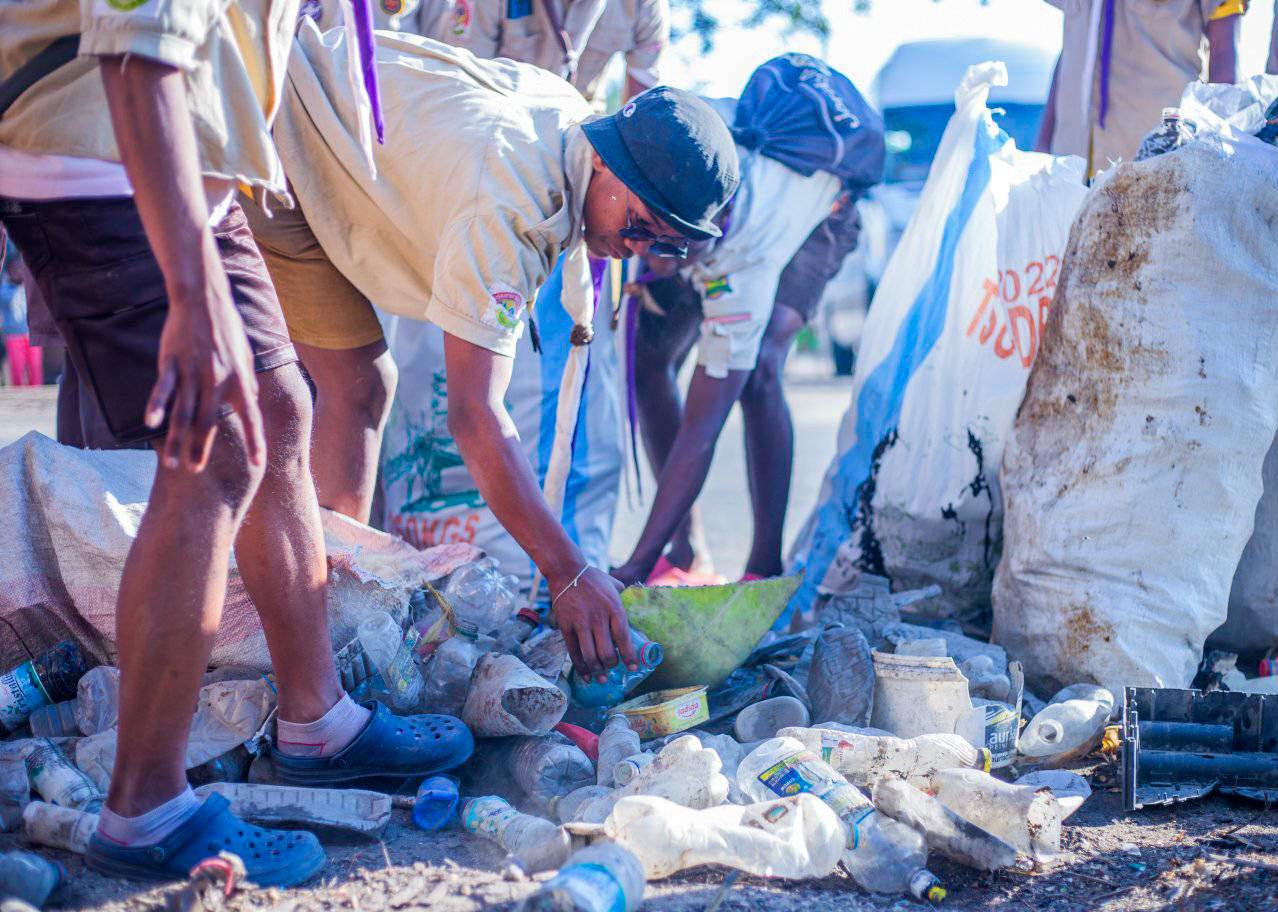
In collaboration with UN Environment (UNEP), WOSM has provided financial support to NSOs in Africa and the Asia Pacific regions to implement the Tide Turners Plastic Challenge and learn about the impacts of plastic and how to help turn the tide on this issue in their community and beyond.
The Litter Less Campaign is an environmental literacy project run in collaboration with the Foundation for Environment Education. Over the past three years, WOSM supported six NSOs to implement the campaign under the WOSM Earth Tribe Initiative to raise awareness about different types of litter and waste and encourage Scouts to adopt a hands-on strategy to reducing and preventing litter and waste in their school and local community.
Through the Re-energising Scouting Fund, young people and NSOs were engaged in COVID-19 recovery and response efforts. WOSM allocated $1.2 million in funding to support NSOs with the recovery of membership loss as a result of the pandemic, and to generate post-pandemic opportunities for Scouting to attract new members and provide community service.
The Re-energising Scouting Fund was made possible thanks to a significant contribution by the World Scout Foundation and funding secured through a partnership with the World Health Organization and United Nations Foundation to implement the Global Youth Mobilization initiative together with the Big 6 Youth Organizations.
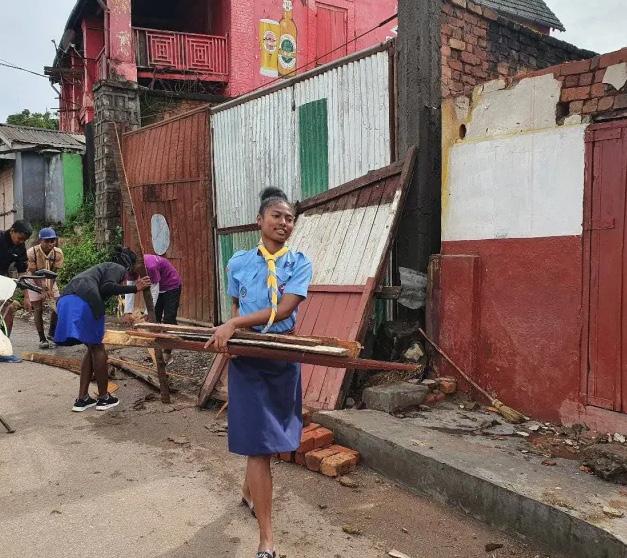
• Unlocked more than USD 13 million in additional funding to support the membership, in collaboration with the World Scout Foundation.
• Over USD 5,400,000 in grants distributed to 83 NSOs and Support Centres.
• A total of 233 funded projects directly contributing to the financial sustainability, growth of NSOs, and Scouting initiatives at the grassroots levels.
In May 2023, together with the World Scout Foundation, WOSM relaunched the Scout Donation Platform to enable Scouts to crowdfund for community service projects, and to support NSOs in raising funds for emergency response and relief efforts in the aftermath of environmental disasters and humanitarian crises. The upgraded functionality and design of the Scout Donation Platform simplifies the process for Scouts to create projects, and for donors worldwide to contribute to fundraising efforts. Through the platform, 100% of the donations raised directly reach the local projects, and include enhanced options for one-time or recurring donations. Since 2017, the Scout Donation Platform has helped Scouts and NSOs raise over USD 1.2 million in funding towards more than 100 community projects, including large-scale humanitarian response and disaster relief efforts in countries including Ukraine, Türkiye, Syria, Madagascar, Morocco, and Libya.
Over the course of 2021-2024, there were 38 projects comprising the intervention from NSO and Global. In this, 23 projects were funded by World Scouting Grants while the remaining 15 were raised from scout donation platfrom. However, it is to be noted that from the 23 WSG grants, three projects were part of the strategy building mechanism in the field of humanitarian action carried out by the global support center. In total, USD 359,411 were funded as part of the humanitarian response project from world scouting grants while USD 1,018,950
were raised as part of the scouting donation platfrom with response to the war in Ukraine fundraising an amount of USD 754,873 through the platform.
5 NSOs from Africa, 2 NSO from Asia-Pacific, 5 from Arab, 4 NSO from Europe and 4 from Inter-America region benefitted from world scouting grants. Similarly, 1 combined project from Africa, 3 NSO from Arab, 3 from Europe, 4 from Inter-america, 4 from Asia-Pacific region were able to raise the fund through the scouting donation platfrom.
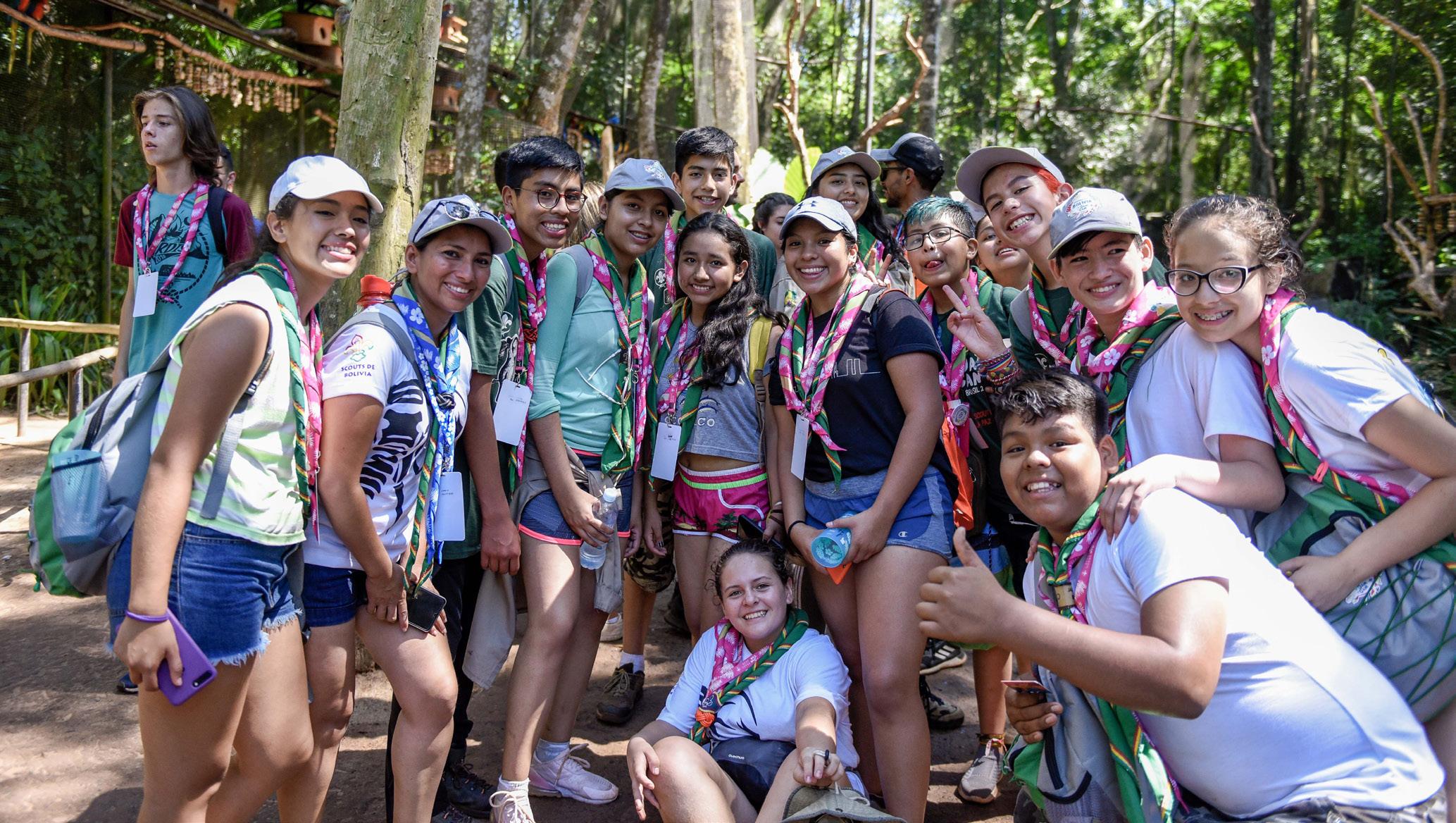
Democratic Republic of The Congo Volcanic Eruption Secours scout aux victimes de l’éruption volcanique de Goma (Scout relief for victims of the Goma volcanic eruption)
Sri Lanka Covid-19 SLSA Supports COVID-19 Response
Greece Wildfire The contributoin of the Greek Scouts to the fires of August
2021
2021
2021 Haiti
Réponse d’urgence post séisme (Post-earthquake emergency response)
Saint Vincent and the Grenadines Volcanic Eruption La Soufriere Emergency Relief
Scouts Croatia helping the people and communities in earthquake struck territories
Support on Disasters Response in Madagascar
2021
2021
2021
2022
2023
2023
2024
2023
2024
2024
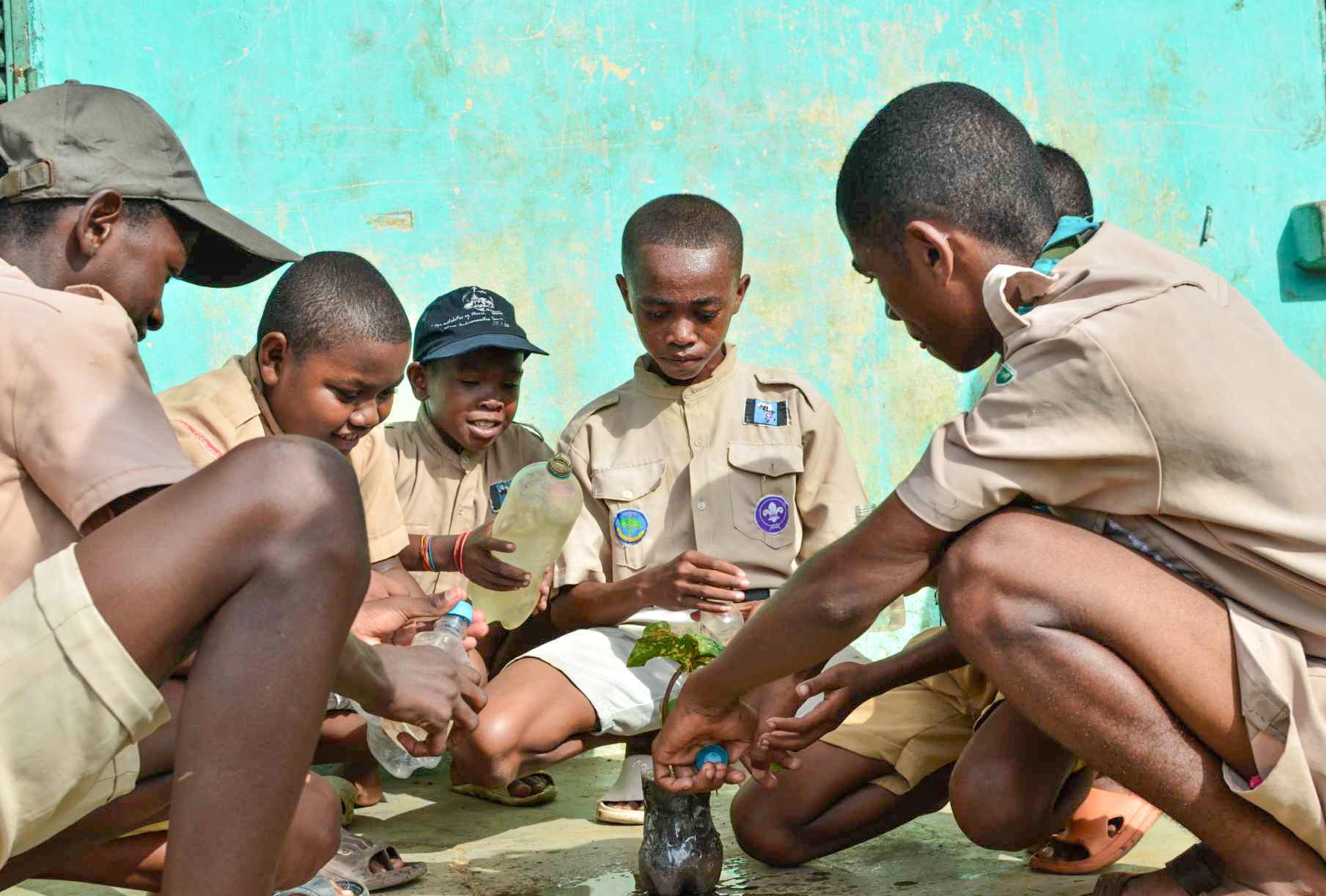
As a Standing Committee of the World Scout Committee (WSC), the Audit Committee was mandated to:
• Assist the WSC in fulfilling its responsibilities by reviewing the financial information provided to stakeholders and the public.
• Review the systems of internal financial controls through the internal control system that the WSC and WSB have established.
• Oversee WOSM’s auditing, accounting and financial reporting processes.
• Review the engagement of WOSM’s external and internal auditors
• Evaluate the effectiveness of WOSM’s risk management, finance and human resource policies.

Key achievements of the Audit Committee during the triennium include:
• Completed the external audits of the WSB’s annual consolidated and statutory financial reports within six months from the financial year-end, for three consecutive years during the triennium. The consolidated audited reports were endorsed by the Committee and subsequently approved by the WSC.
• Strengthened the WSB’s internal control system through the reduction of KPMG audit observations as compared to the beginning of the triennium. Provided direction and guidance towards the closure of KPMG audit observations.
• Reviewed KPMG audit engagement plan and scope before endorsing the appointment of WSB external auditor.
• Successfully negotiated with KPMG in lowering WOSM overall audit fees by 12.5%.
• Provided oversight over the development and endorsement of:
◦ WSB’s related party transactions policy
◦ WSB’s restricted fund control checklist and fund management plan template
◦ WSB investment internal control guidelines
• Despite the travel restrictions due to the Covid-19 pandemic, its internal audit function has managed to complete the internal audit fieldwork and reporting of the below through both an in-person and remote process:
◦ Makati City, Philippines: 29-31 March 2023
◦ Panama City, Panama: 5-8 June 2023
◦ WSB grant management system: May 2021 and followed-up audit in Sept 2022
◦ Cairo, Egypt 13-14 Jan 2020
• Provided oversight on the alienation of the Krasnokamenka Scout Centre and the subsequent decision to freeze the sale.
• Evaluated and endorsed the WSB’s annual risk management, internal control system compliance and global risk registers.
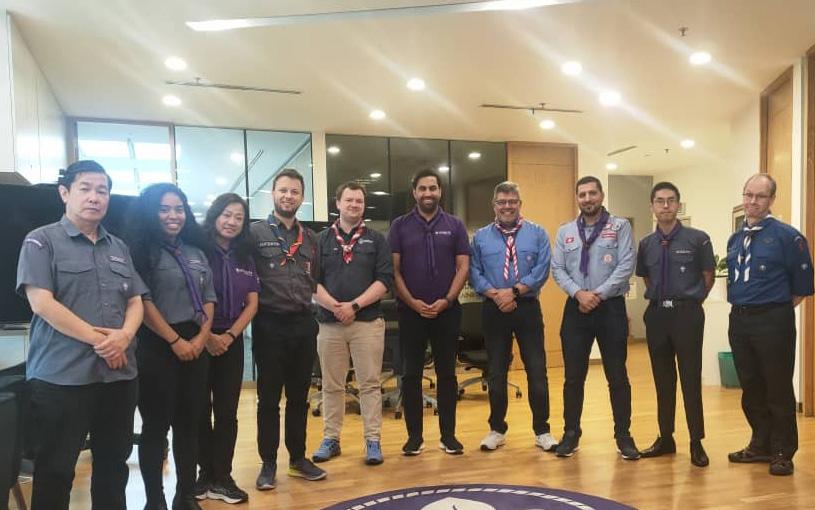
As a Standing Committee of the WSC, the Finance Committee was mandated to:
• Review the annual operating budget developed by the World Scout Bureau and issue recommendations for the approval of the WSC.
• Supervise, verify and advise the WSC on matters relating to policies on procurement, management and use of services necessary to support activities of WOSM.
• Oversee the WOSM registration fee policy and its implementation, notably on fee collection through the World Scout Bureau.
• Evaluate the implementation of financial policies adopted by the World Scout Bureau.
• Implement best practices and policies to promote better governance and transparency, and also enable resources to be utilised effectively in promoting Scouting activities through strengthened planning and execution.
Key achievements of the Finance Committee during the triennium include:
• Provided oversight on the WSB budget planning process. Successfully reviewed, endorsed and recommended its yearly operating budget to the WSC for approval before the start of the new financial year for the past three consecutive years during the triennium.
• Developed and endorsed the WSB’s policies relating to “Swiss accounting for provision”, “Swiss interoffice accounting” and “Related Party Transactions”.
• Maximised WSB’s returns by putting in place the right investment strategies for the placement of excess funds.
• Successfully enhanced the financial transparency and reporting of WSB’s regional structures, and improved the ability of the region to report financial results to key stakeholders on a timely basis.
• Oversaw the phase-out of the Eurasia Region and the freeze in the alienation of the Krasnokamenka Scout Centre.
• Formulated recommendations to WSC with regard to the proposal to bring World Scout Shop’s licensing in-house.
• Strengthened collaboration between Regional and World level treasurers. Engaged regional treasurers to discuss challenges and formulate recommendations for resolution and improvements.
• Evaluated WSB’s strategies for fundraising and resource mobilisation as well as WOSM’s climate impact strategy.
As a Standing Committee to the WSC, the Constitutions Committee (CC) is mandated to:
• Advise the WSC on the interpretation and application of the WOSM Constitution, to consider constitutional amendments and to carry out studies relating to general policy and structure of WOSM.
• Consider proposed amendments to the constitutions governing WOSM Regions.
• Review proposed amendments to constitutions of existing Member Organizations (MOs) and of NSOs applying for membership of WOSM.
• Work in cooperation with other Standing Committees, Work Streams and Task Forces of the WSC.
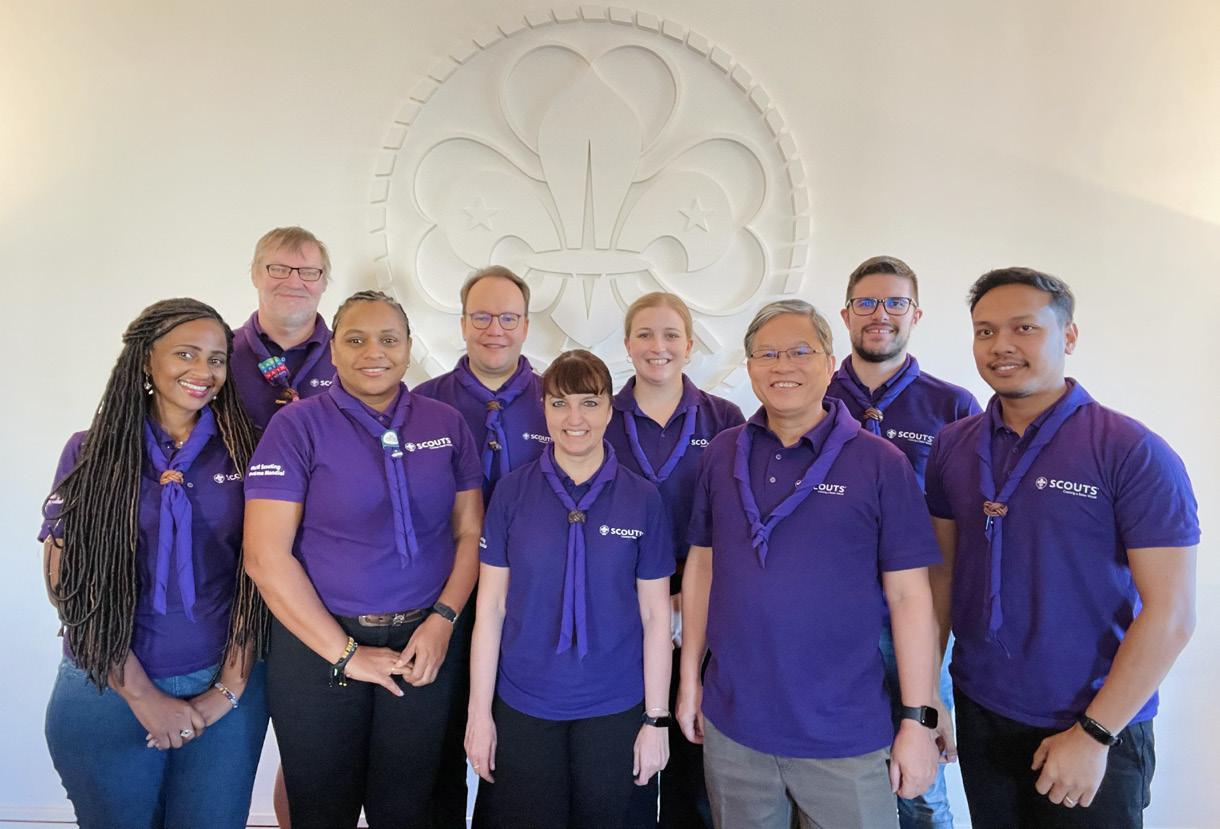
Key achievements of the Constitutions Committee (CC) during the triennium include:
• Advised the WSC on the interpretation and application of the WOSM Constitution, constitutional amendments and World Scout Conference documents.
• Advised and supported WOSM Regions on amendments to their constitutions and produced support materials for Regional Conferences.
• Advised and supported WOSM MOs and NSOs applying for membership in the review of their constitutions, ensuring consistency with the constitutional requirements of WOSM and the WOSM Safe from Harm Policy.
• Advised and produced materials that support MOs and NSOs applying for membership to meet the WOSM constitutional requirements and to incorporate good governance practices as well as language that supports diversity and inclusion in their constitutions.
• Collaborated with the Ethics Committee, the Task Force on Youth Engagement in Decision Making, the WOSM Fees Contact Group, the World Events Workstream as well as teams working on Growth and Safe from Harm to review and make recommendations regarding policies, resolutions and constitutional amendments.
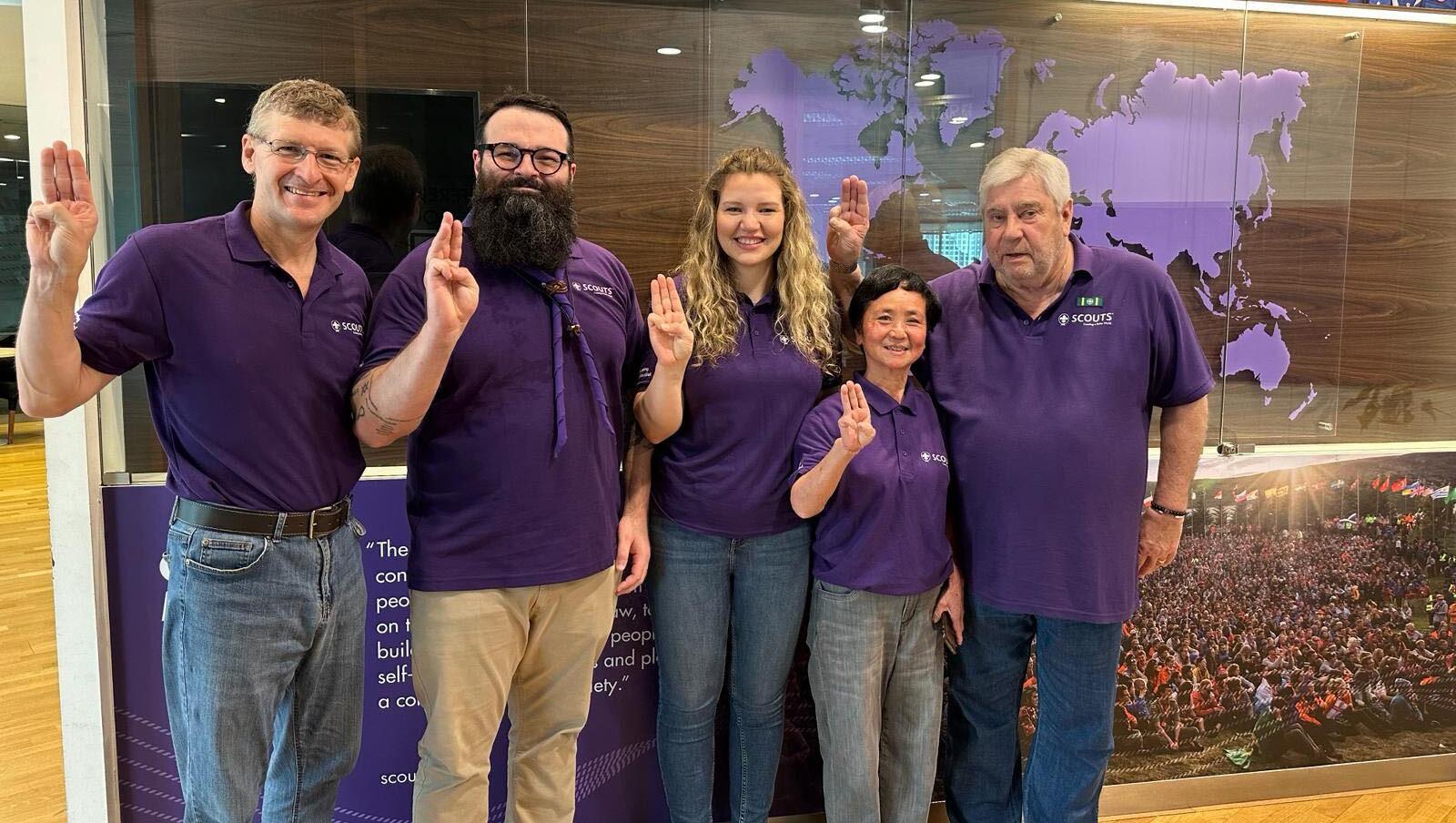
During the Triennium, the Ethics Committee (EC) was entrusted with the responsibility of handling complaints related to the suite of WOSM Code of Conducts and providing recommendations to the World Scout Committee (WSC) on these matters. Additionally, the EC was tasked with providing support to stakeholders and members through training initiatives on ethical issues, as well as offering mediation and consultation services on ethical matters to WOSM committees.
Furthermore, the EC was mandated to oversee the implementation of the Safe from Harm (SfH) policy within WOSM structures and to review and recommend updates to relevant policies for WSC approval.
The EC’s contributions during this period include:
• Processed eight complaints.
• Provided advice to the WSC on various processes and decisions.
• Updating the Code of Conduct for Elections (CoCE) and Complaints Policy.
• Reviewed Event Codes of Conduct and SfH case management for events.
• Developed training materials for CoCE and Social Media Training.
• Collaborated with the Constitutional Committee (CC) to review and make recommendations regarding Constitutional Amendments.
These efforts underscore the EC’s commitment to upholding ethical standards within WOSM and ensuring the effective implementation of governance policies.
The Bronze Wolf is the only award granted by the WSC for outstanding service of an exceptional Scout to the World Scout Movement. The World Honours and Awards Committee has the responsibility to review nominations for the Bronze Wolf and provide recommendations for consideration of the WSC.
Key achievements of the Honours and Awards Committee during the triennium include:
• Met twelve times, virtually.
• Organised two Bronze Wolf Holders gatherings (one virtual in 2022 and one in-person during the 25th World Scout Jamboree in Korea 2023).
• Distributed two Bronze Wolf newsletters updates.
• Developed video to explain the awarding of the Bronze Wolf process.
• Reviewed the guidelines of the Bronze Wolf Award that was approved by the WSC.
• Created a Treehouse community of the Bronze Wolf holders.
• Received nominations and presented awards during ceremonies at World and Regional events.
• 21 Bronze Wolf Awards were granted by the WSC during the triennium.
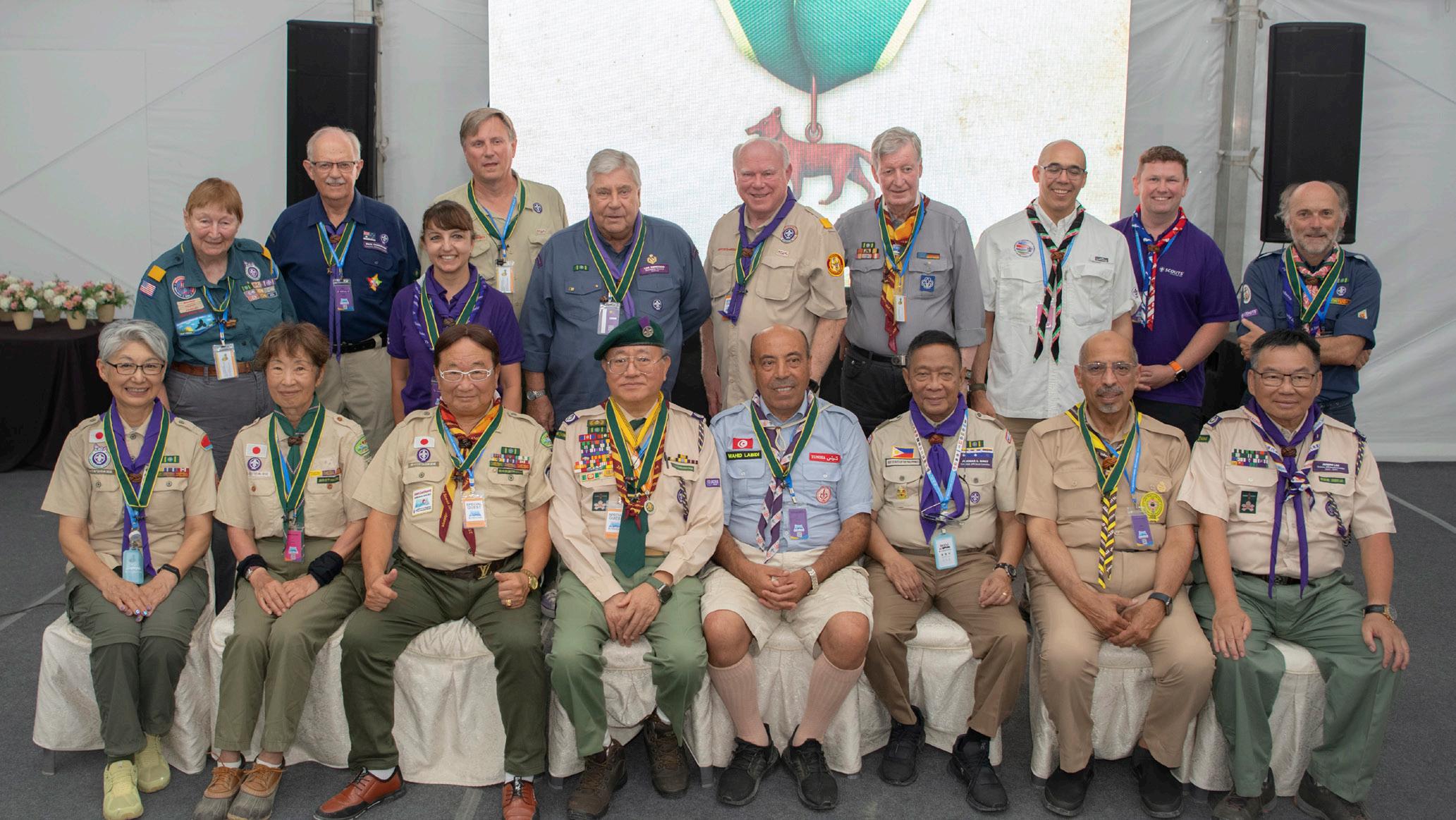
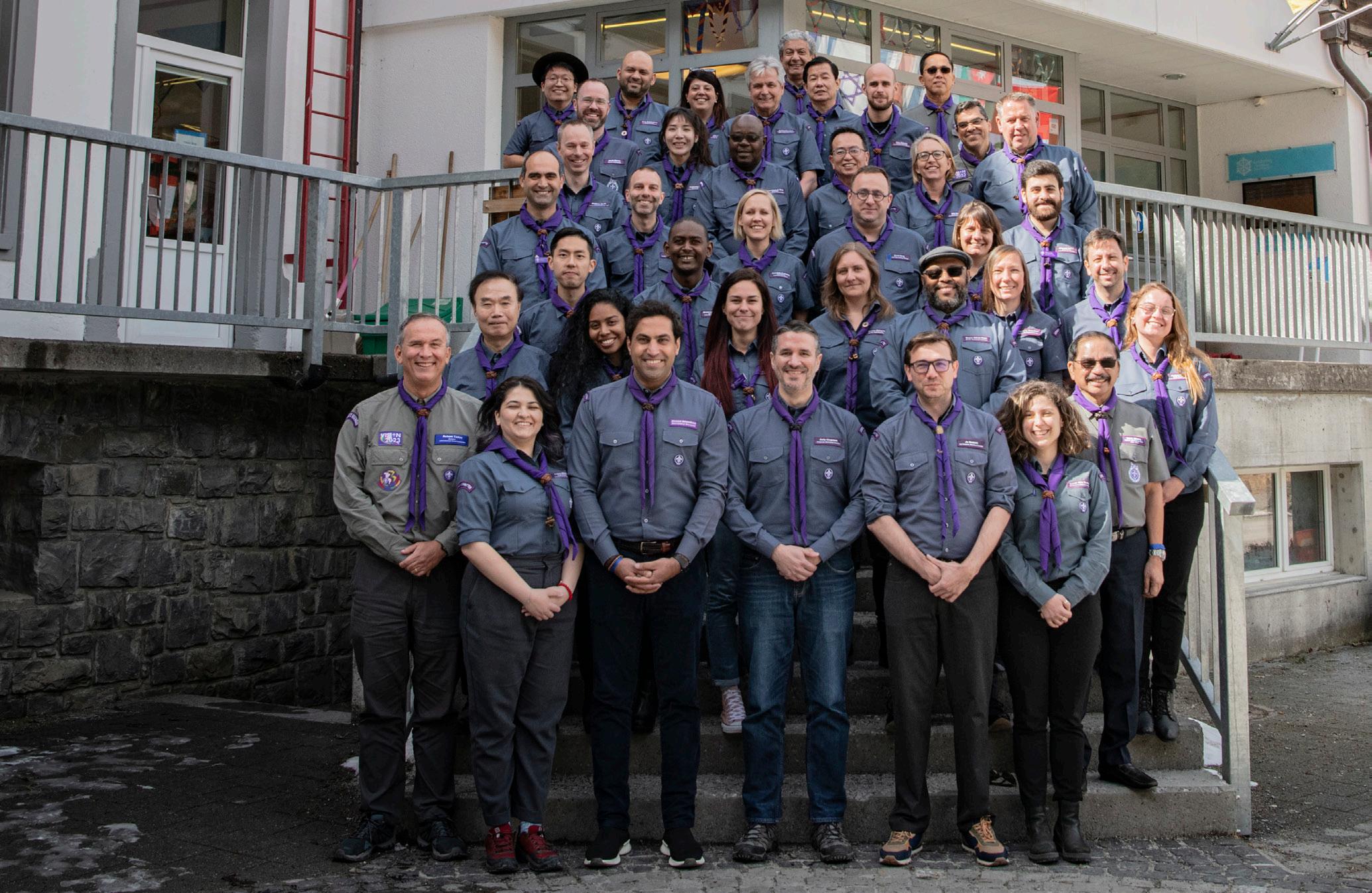
The following World Scout Committee members were elected at the 42nd World Scout Conference in 2021 and their term of office ends at the 43rd World Scout Conference in 2024.
Andy Chapman (Chairperson)
Sarah Rita Kattan (Vice-Chairperson)
Jo Deman (Vice-Chairperson)
Mehdi Ben Khelil
Mori Chi-Kin Cheng
Wayne Adrian Davis
Nika Gorovska
Pia Melin Graasbøll
Eun Gui (Eugene) Kim
Daiana Neil
Chrissy Pollithy
Juan Reig
Ahmad Alhendawi (Secretary General)
Wind Chay (Treasurer 2022-present)
Joseph Lau (Treasurer 2016-2022)
Geoff Morgan (Board Member, World Scout Foundation)
Maina Kiranga, Chairperson, Africa Regional Scout Committee (2022-present)
Victor Atipaga, Chairperson, Africa Regional Scout Committee (2018-2022)
Dr. Abdullah Altraiji (Chairperson, Arab Regional Scout Committee)
Ahmad Rusdi, Chairperson, Asia-Pacific Regional Scout Committee (2018-2022)
Daniel Corsen Jr, Chairperson, Interamerica Regional Scout Committee (2018-2022)
Rubem Tadeu Perlingeiro, Chairperson, Interamerican Regional Scout Committee, (2022-present)
Dale Corvera, Chairperson, Asia-Pacific Regional Scout Committee (2022-present)
Lars Kramm, Chairperson, European Regional Scout Committee (2019-2022)
Matthias Gerth, Chairperson, European Regional Scout Committee (2022-present)
Youth Advisors to the World Scout Committee
Fatima Aliyeva
Yoobinnara Kim
Reese Medina
Alhassan Soltan
Maman Lamine Soumana Ide Issa
Melissa Wilm Senna Pinto
The Continuous Improvement Unit is tasked to assist in improving the working methods of the World Scout Committee (WSC). This is achieved through daily evaluations when the WSC is meeting, an overall evaluation at the end of the meeting, and several discussions with WSC members in between meetings. Recommendations are brought forward to the Steering Committee to implement during the next WSC meeting. During this period a peer review evaluation was conducted. This was confidential between the peers, but assisted each member to identify areas of improvement. A performance review of the Steering Committee was conducted, and will be used to inform best practices for the Steering Committee that will be elected for the next triennium, 2024-2027.
The WOSM Fee contact group mandate was to review the economic situation of NSOs based on WSB data, as well as the registration fee situation from April 2022 onwards. The work of this group was directly linked to Resolution 2021-02.
Cognisant of the financial strains experienced by both Member Organizations and WOSM, extensive discussions were taken during this time to identify a proposal for a one-time adjustment to the WOSM registration fee. This adjustment is intended to address inflationary pressures while acknowledging the ongoing financial difficulties faced by Member Organizations and WOSM itself. The decision to implement this adjustment reflects a careful balance between mitigating immediate financial pressures and ensuring the long-term sustainability of WOSM and its members.
The proposal itself aims to use the same WOSM registration fee calculation methodology as approved by the Conference in 2011, and adding a 5% increase to the fee of each Member Organization. This adjusted fee would be in place until such time that the Conference decides it is beneficial to review the system. This leaves the future of the WOSM registration fee system at the discretion of the World Scout Conference and the next World Scout Committee, enabling them to assess WOSM’s financial needs and Member Organization fee payment capacity.
At the WSC meeting in March 2023, the decision was taken to phase out the Eurasia region by September 2023. The Contact Group (that met every 6 weeks) was tasked to facilitate the transition period of concerned NSOs until the final phase out of the region at the end of September 2023, continuing a collaboration platform between the Europe, Asia-Pacific and Eurasia Regional Scout Committees representatives. The WSC strived to ensure that the Eurasia NSOs are supported, nurtured and guided towards growth building on the foundations laid by the Eurasia Region.
The WSB reorganised the Eurasia Budget and integrated it as part of the three support centers (Europe, Asia-Pacific and Global) which absorbed the work after the phasing out. Voluntary liquidation of assets are completed and the financial statements for the period ending 30 September 2023 has been concluded.
Additionally, as the Krasnokamenka property’s sale has not been accomplished, the Eurasia Scout Foundation cannot be liquidated and as such this Foundation has been transferred to the WSB Global Support Center. The WSC decided, based on the Eurasia Committee’s recommendation, to freeze all work with the alienation for the time being.
The Contact Group concluded their work on 30 September 2023.
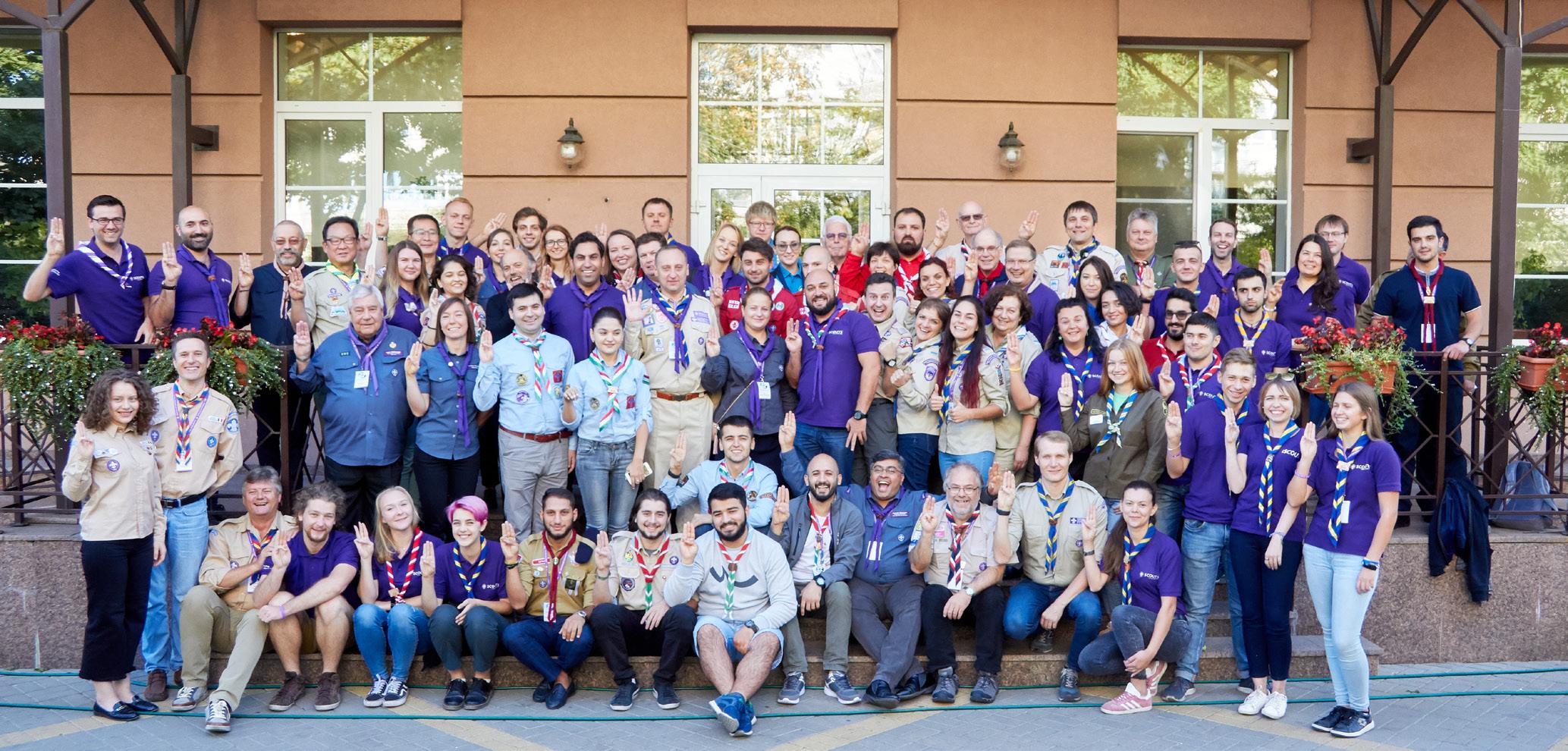
The Bronze Wolf Award is the only award presented by the WSC and is given solely in recognition of outstanding service by an individual to the Scout Movement.
Here are the 21 awardees from the past triennium, in order of date of awarding:
• Malcolm Tan Ban Hoe, Singapore
• Peter John Blatch, Australia
• Roger Mosby, United States of America
• Jemima Nartey, Ghana
• Craig Morrison Turpie, United Kingdom
• Chay Hong Leng, Singapore
• Omar Lugo Aguirre, Mexico
• Cheng Kiong Tan, Singapore
• Máire Fitzgerald, Ireland
• Yee Leung Lau, Hong Kong
• Fredrik Gottlieb, Sweden
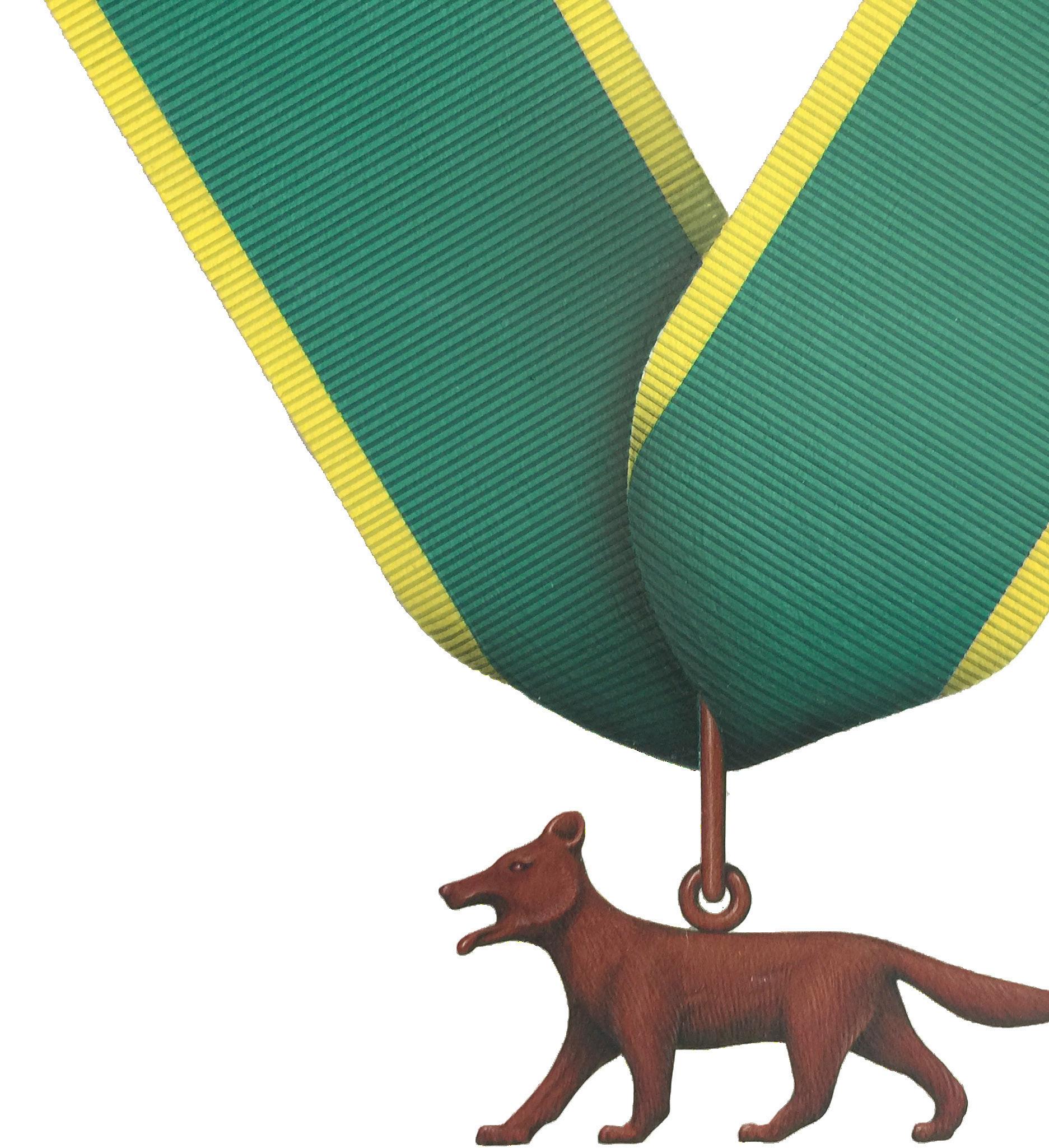
• HRH Prince Guillaume of Luxembourg
• Hector Robledo-Cervantes, Mexico
• Mohammed Ali Khalid, India
• Saâd Zian, France, Morocco
• Armando Aguirre, United States of America
• Yelena Luzyanina, Kazakhstan
• James (Jim) Kastelic, Namibia
• Leonardo Morales, Costa Rica
• Margaret (Maggie) Blick Kigozi, Uganda
• Gillian (Gill) Clay, United Kingdom

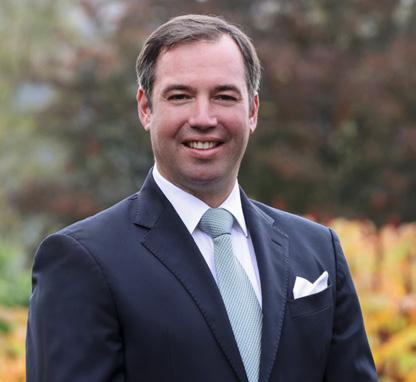
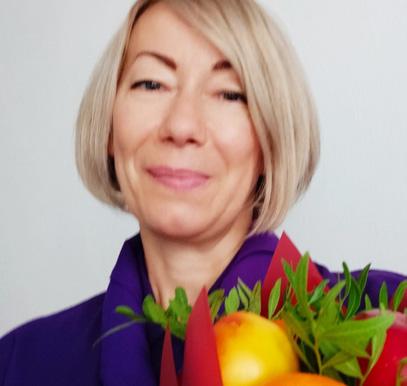
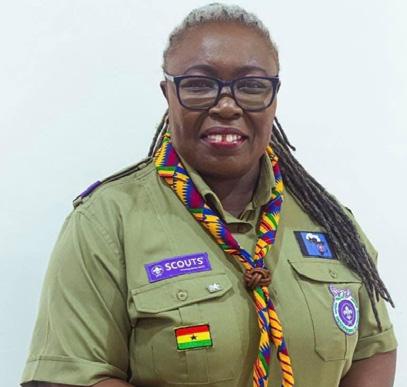
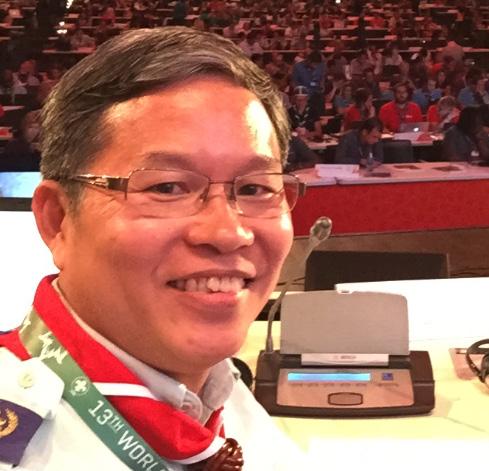
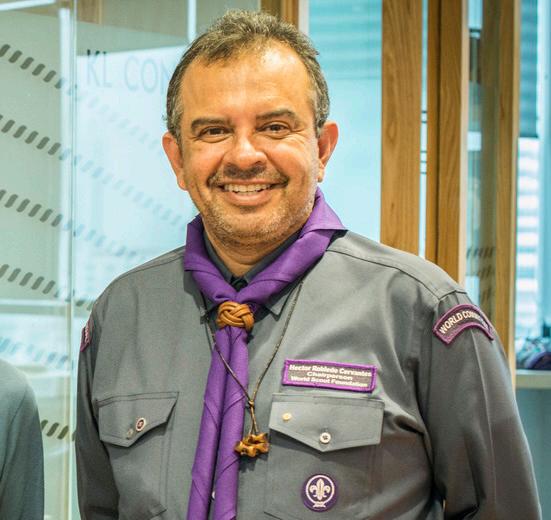
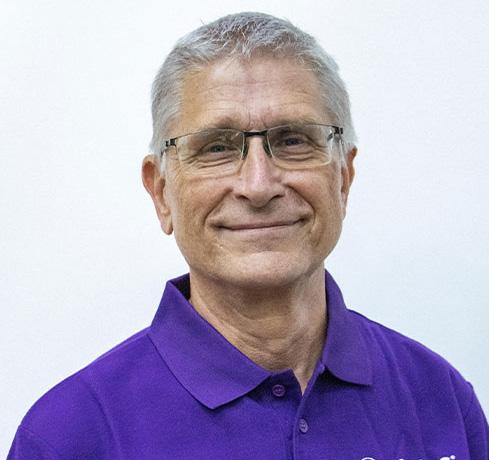
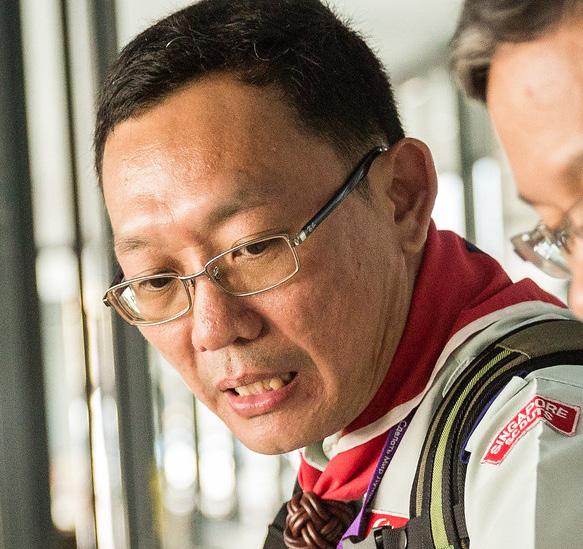
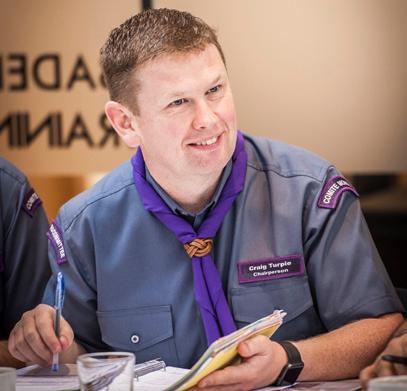

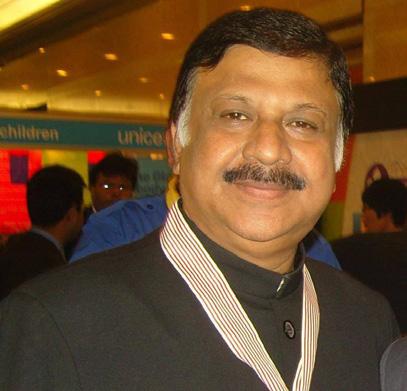

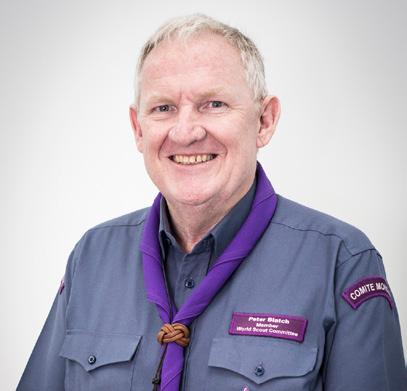
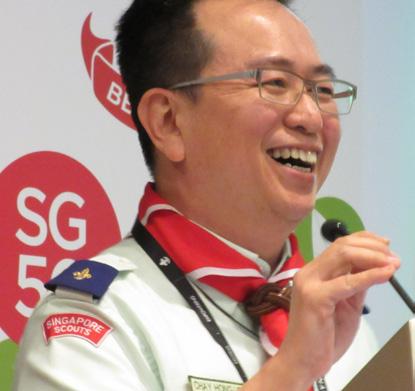
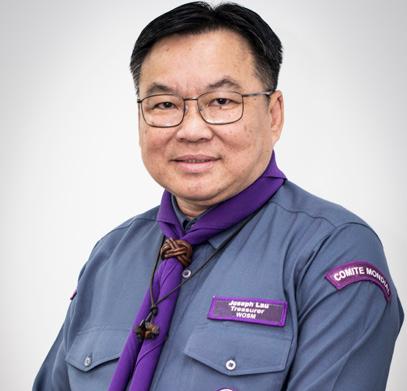
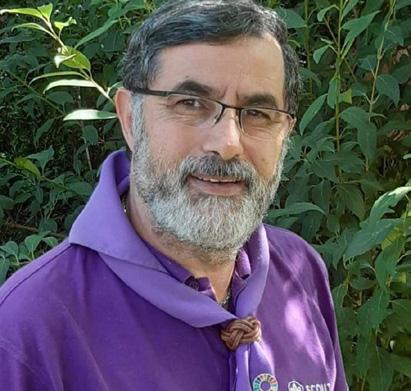
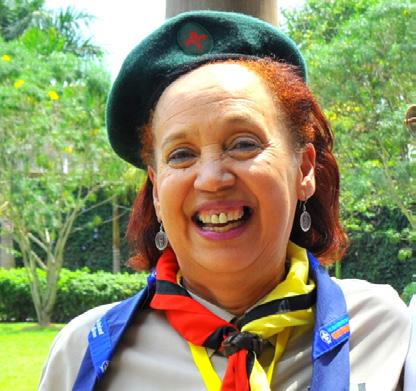

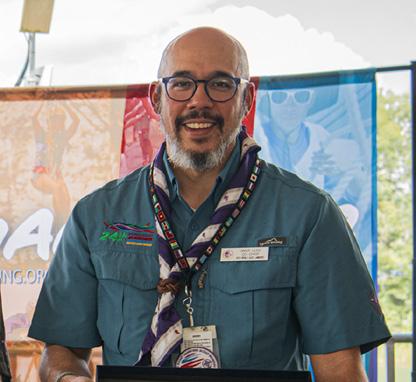
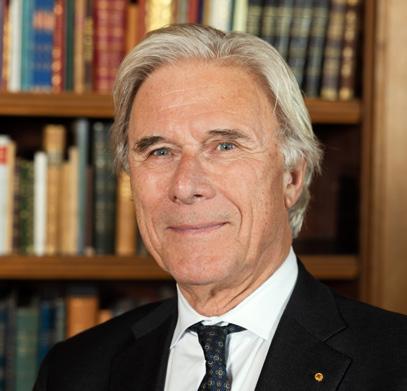
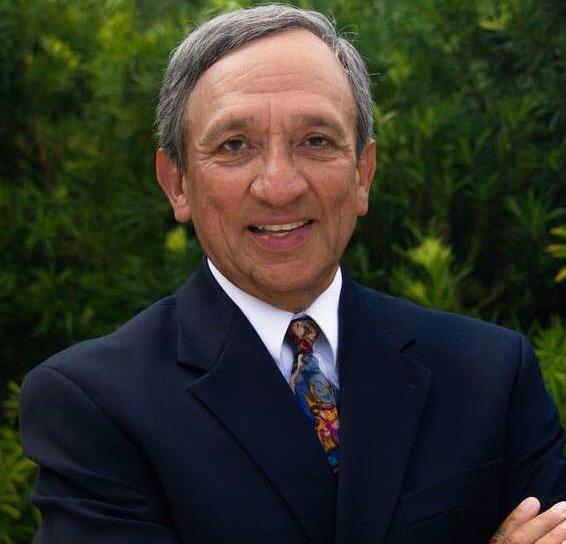
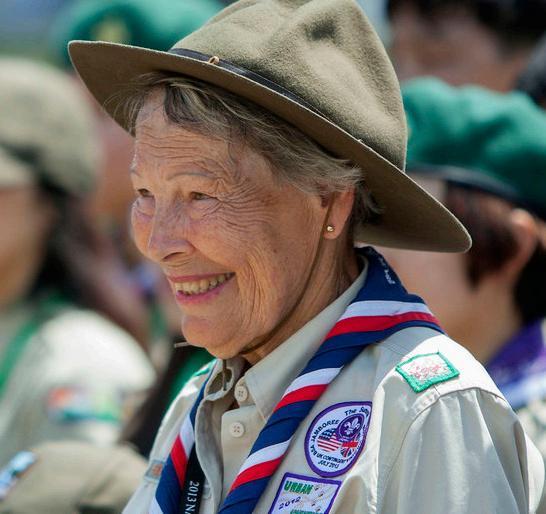
The Scout Movement acknowledges the contributions of the following WSC members, World Scout Bureau staff and Bronze Wolf Awardees who have gone home since the 42nd World Scout Conference.
His Excellency Fidel Valdez Ramos - Philippines
Mr Muhammad Afilal - Morocco
Mr Mohammed Saleh Al Qahtani - Bahrain
Mr Hisham Abdul Salam Badawi - Egypt
Lord Michael Baden-Powell, 4th Baron of Gilwell - Australia
Mr Mantadher Ben Marzouk - Tunisia
Dr Cham-Son Chau - Hong Kong
Mr Mark A Clayton - Switzerland
Mr Juanito “Johny” Genato - Philippines
Mr Gerardo González Erba - Chile
Mr Hussein Hamouda Hababa - Egypt
Mr Stewart John Hawkins - United Kingdom
Mr Abdul Jabbar Jabru - Morocco
Dr Ming-Huey Kao - Scouts of China
Mr Saiful Islam Khan - Bangladesh
Mr Suk-Won Kim - Republic of Korea
Mr Katsura Kuno - Japan
Mr Ian Langford-Brown, AM - Australia
Dr Elias Mendoza Habersperger - Peru
Ms Caroline Njoki Rutere - Kenya
Mr Abdoulaye Sar - Senegal
Mr Shalabi Abdrabu Shalabi - Egypt
Dr Arthur Francis Small, CNZM - New Zealand
Mr Daniel Oscar Tagata Asano - Peru
Dr Fayeq Hamdi Tahboub - State of Palestine
Mr Neil Westaway, AM - Australia
WOSM keeps on growing! While National Scout Organizations (NSOs) and Scout Regions show different national and regional trends, based on the data available it can be concluded that the global WOSM’s membership has increased by 5.1% since the beginning of this Triennium (2021). The current WOSM membership, according to the NSO Census entries available as of July 2024, is 48,228,194 members or a 7% increase compared to the beginning of the Triennium.
This means that over 2 million young people and adults have joined or rediscovered Scouting. According to absolute growth data, WOSM’s membership has almost recovered (compared to the membership data in 2019) and is continuing an overall positive growth trend.
In terms of absolute growth, over 1.8 million youth members joined WOSM since the beginning of this triennium. Another encouraging trend is that the number of girls in WOSM is the highest to date, amounting to almost 17 million according to the most recent official census. In the last triennium, 357,000 adults joined Scouting which is lower than the past two trienniums and, in turn, re-emphasises the need to further offer flexible, new modes of volunteering to accommodate the needs of adults in Scouting.
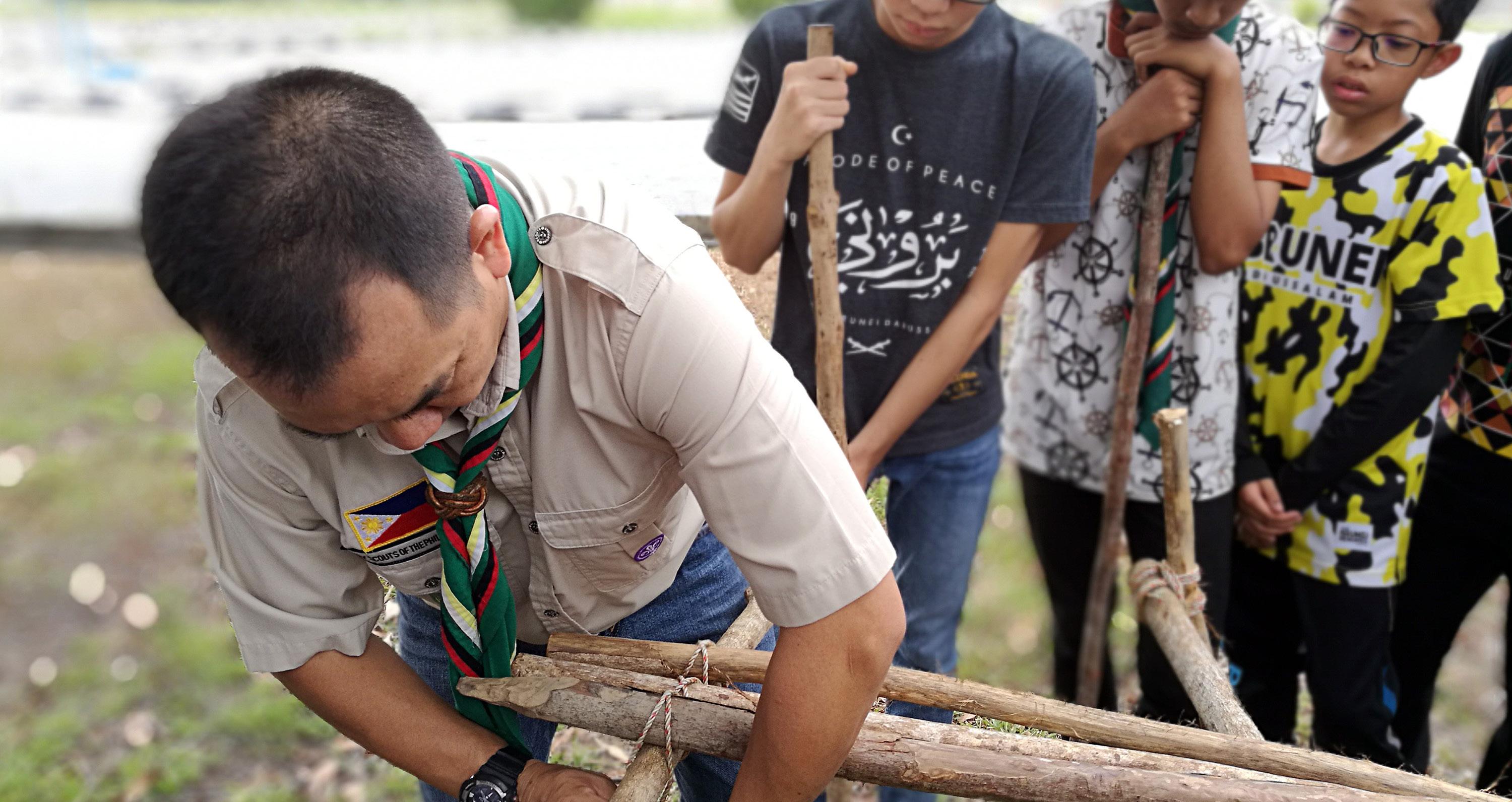
As part of constitutional membership requirements, all NSOs are required to submit an annual report including census numbers to WOSM.
• The below list represents the most recent census data at time of publication, submitted by NSOs in the course of 2023 as declaration of their membership of 31 December 2022.
• NSOs that did not submit census data in 2022 are marked with an * in the table and were included with their most recent census declaration on record.
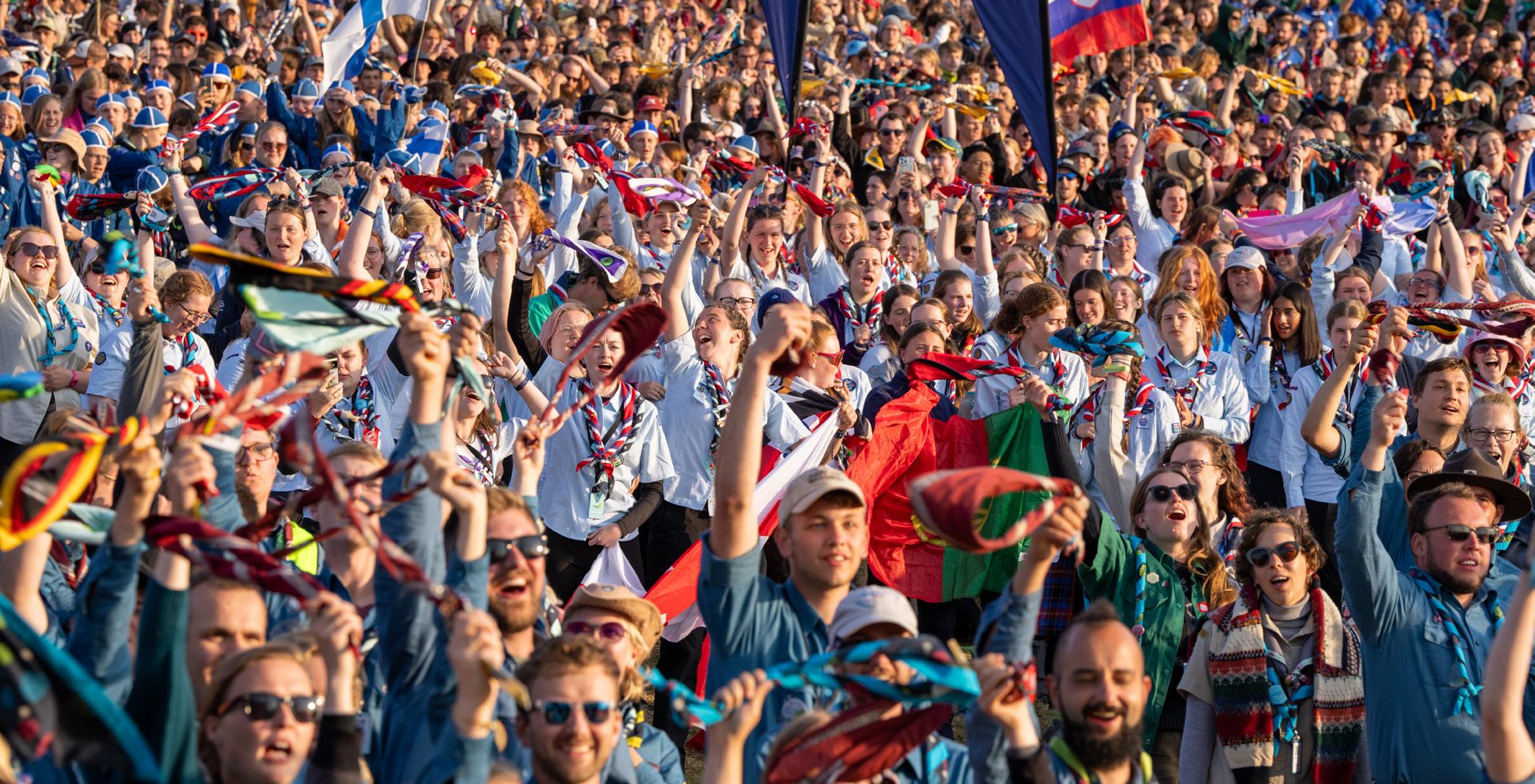
The stack column charts below show the World Scout Bureau (WSB)’s financial operating income and expense over the last three trienniums since the World Scout Conference in Slovenia. It consists of nine audited financial year results and a current year 2022-2023 last estimates. With the postponement of the 42nd World Scout Conference in 2020, an extended one-year plan was developed to bridge the period between the ending of the 2017-2020 Triennial Plan and the start of the 2021-2024 Triennial Plan.
To facilitate comparison, the results of the extended year 2020-2021 are excluded. During the current triennium 2021-2024, the WSB anticipates registering a lower surplus of US$ 148K as compared to the audited surplus of US$ 1,064K in the 2017-2020 triennium and audited surplus of US$ 647K in the 2014-2017 triennium respectively. The lower surplus is largely due to unrealised losses from investment portfolios and foreign currency exchange losses registered in 2021-2022, as a consequence of interest rate hikes by most of the world’s central banks to curb inflation.
The WSB is expected to record a slightly 3% (~US$ 0.6 M) higher total operating income in this triennium as compared to the last triennium. The increase is mainly attributed to a 4% higher annual fee collection from Member Organizations that are gradually recovering from the post-pandemic and additionally, grants received from the World Health Organization to support the engagement of young people to alleviate the impact of COVID-19 through the “Global Youth Mobilization for Generation Disrupted” programme.
However, WOSM fees and WSF grants continue to remain as the two main income pillars of the WSB over the last three trienniums. In the triennium 2021-2024, both WOSM fees and WSF grants contributed 60% and 38% respectively, towards the Bureau’s total operating income. Kindly refer to Chart 1.
The 3% increase in the WSB’s total operating income in this triennium has evidently increased the allocations to Regional and Global Support Centres to a proportion of 38% and 62% respectively. Kindly refer to Chart 2.
Chart 1: Operating Income Trend Chart 2: Operating Expense (Allocation) Trend
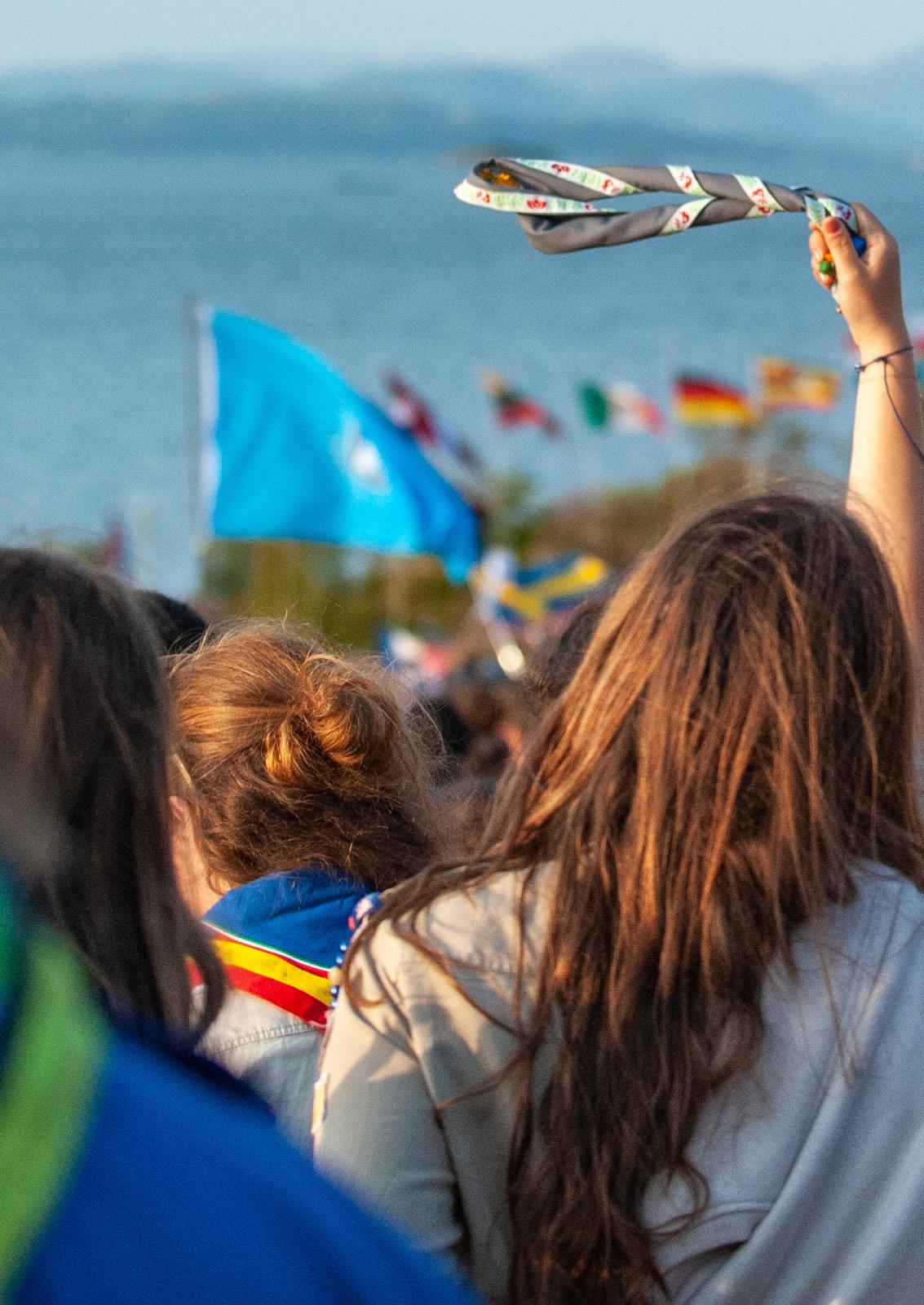
The writing of this report is the result of the collective effort of the teams of the World Scout Bureau and the World Scout Committee.
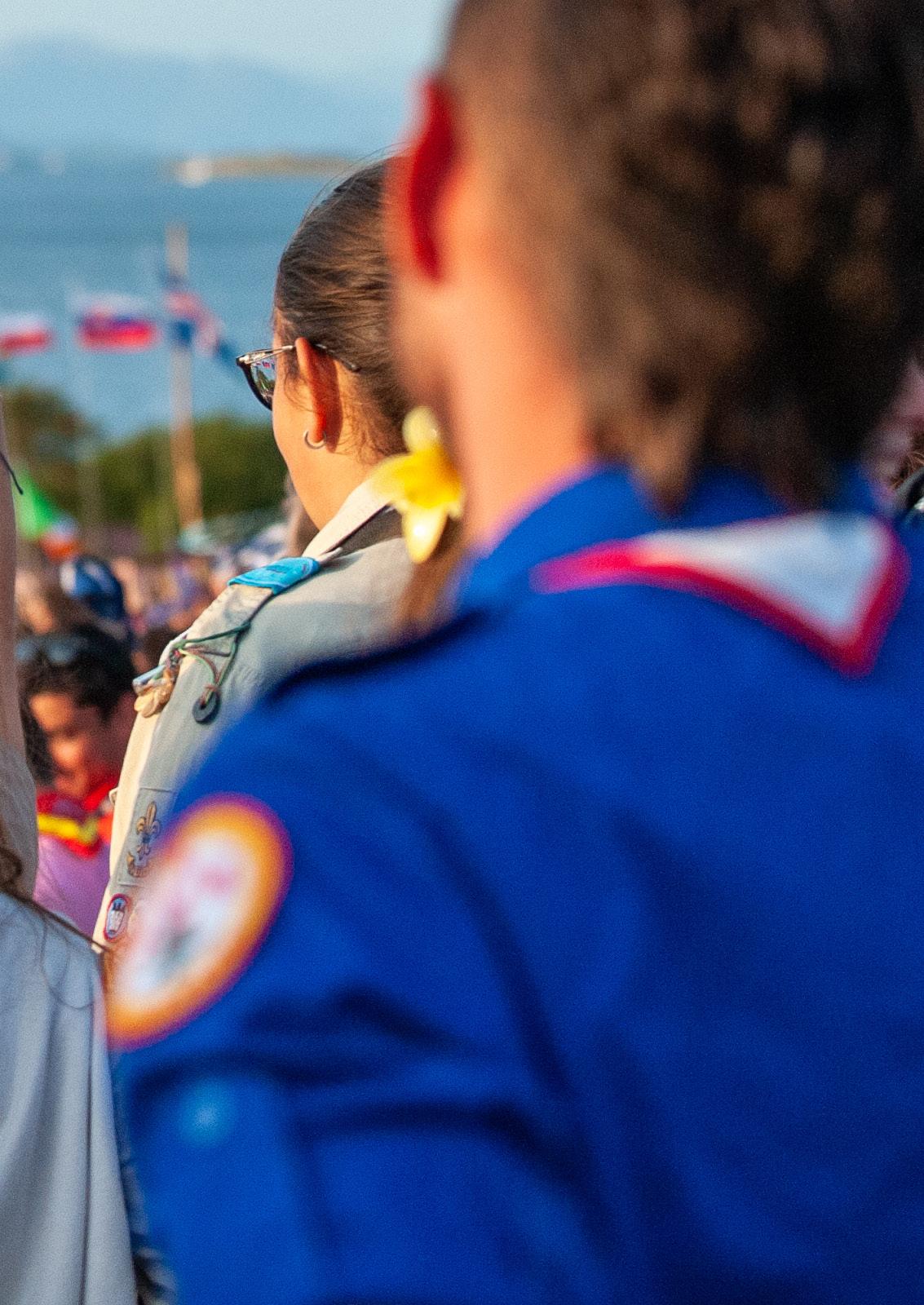
Photography:
Jeroen Appel
Hamdanajib Domeng
Francky Dovan
Steph Fawdry
Carlos Hernandez
KISC
Huyung Kyu Jang
Kamil Jasinski
Jonathan Law Yan Lun
Bjôrn Larsson
Enrique Leon Ahmed Mohamed Hassan
Nelson Opani
Victor Ortega
Nuno Perestrelo
Jean-Pierre Pouteau
Andrea Sanchez
Kristian Strom
Hiang-Boon Thian
Victor Waita
Edward Zaikin
Art Direction & Design:
Victor Ortega
Layout: Band Ripe
We would like to thank the many National Scout Organizations and photographers that have contributed images from around the world during the past triennium.